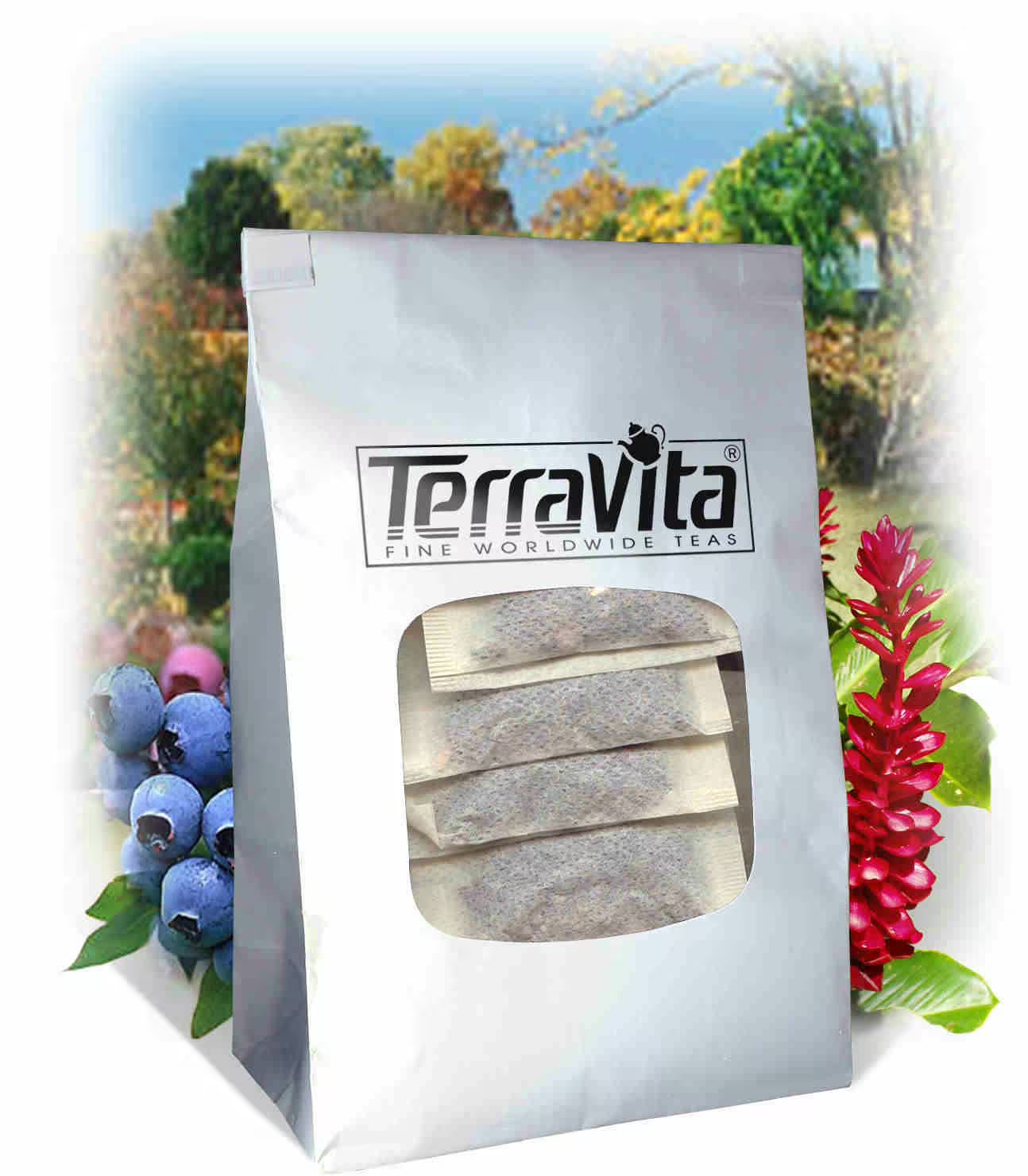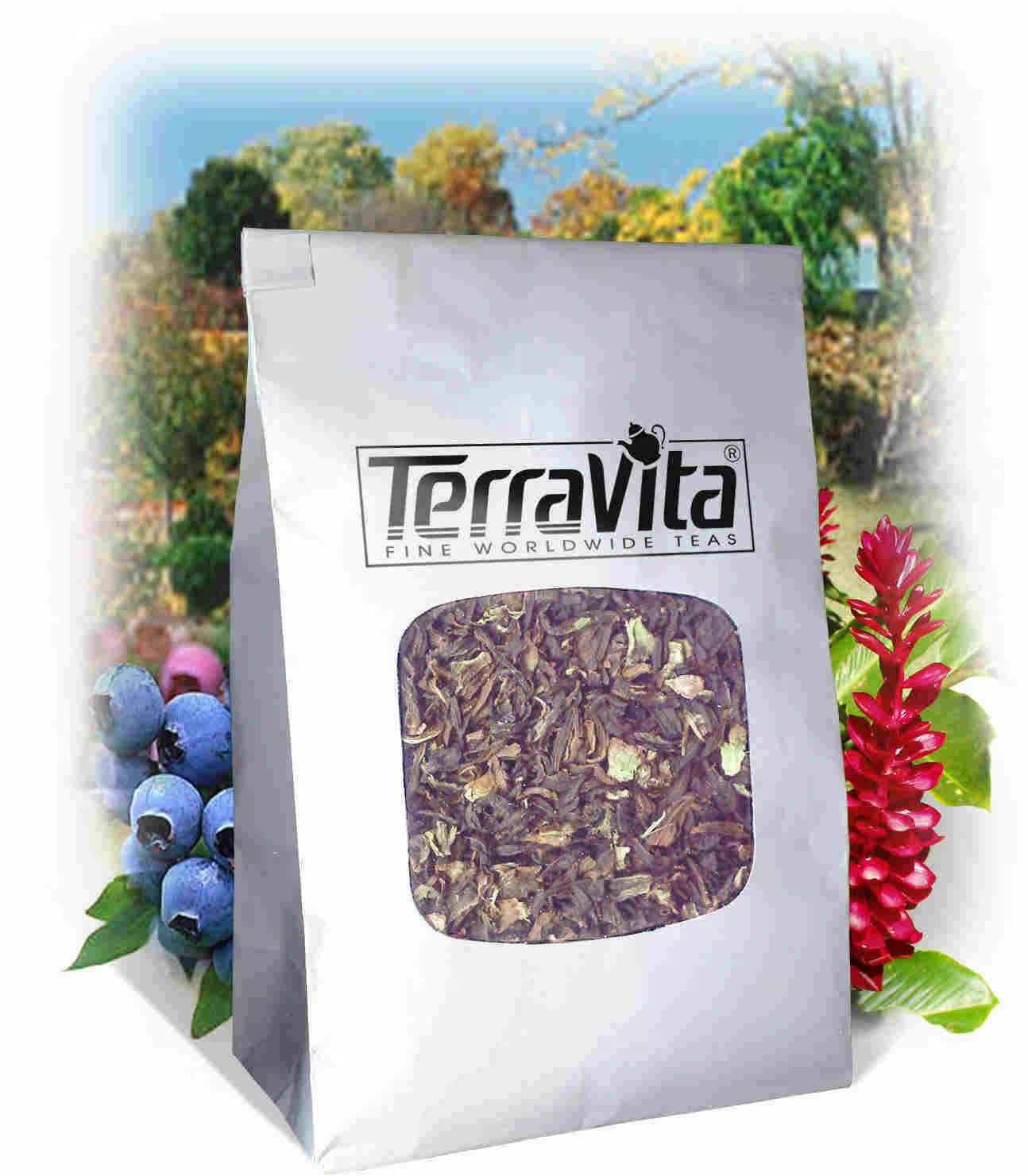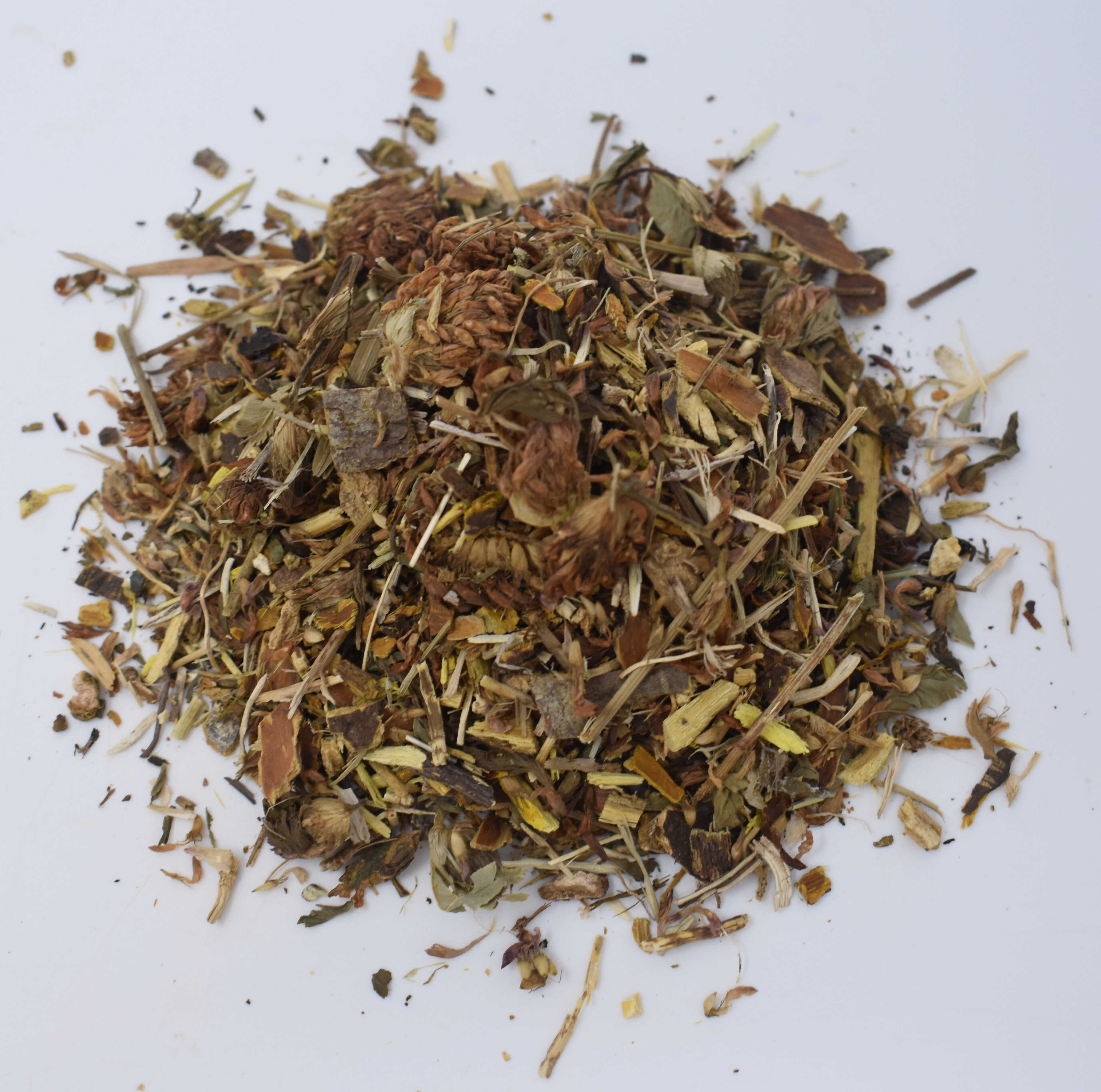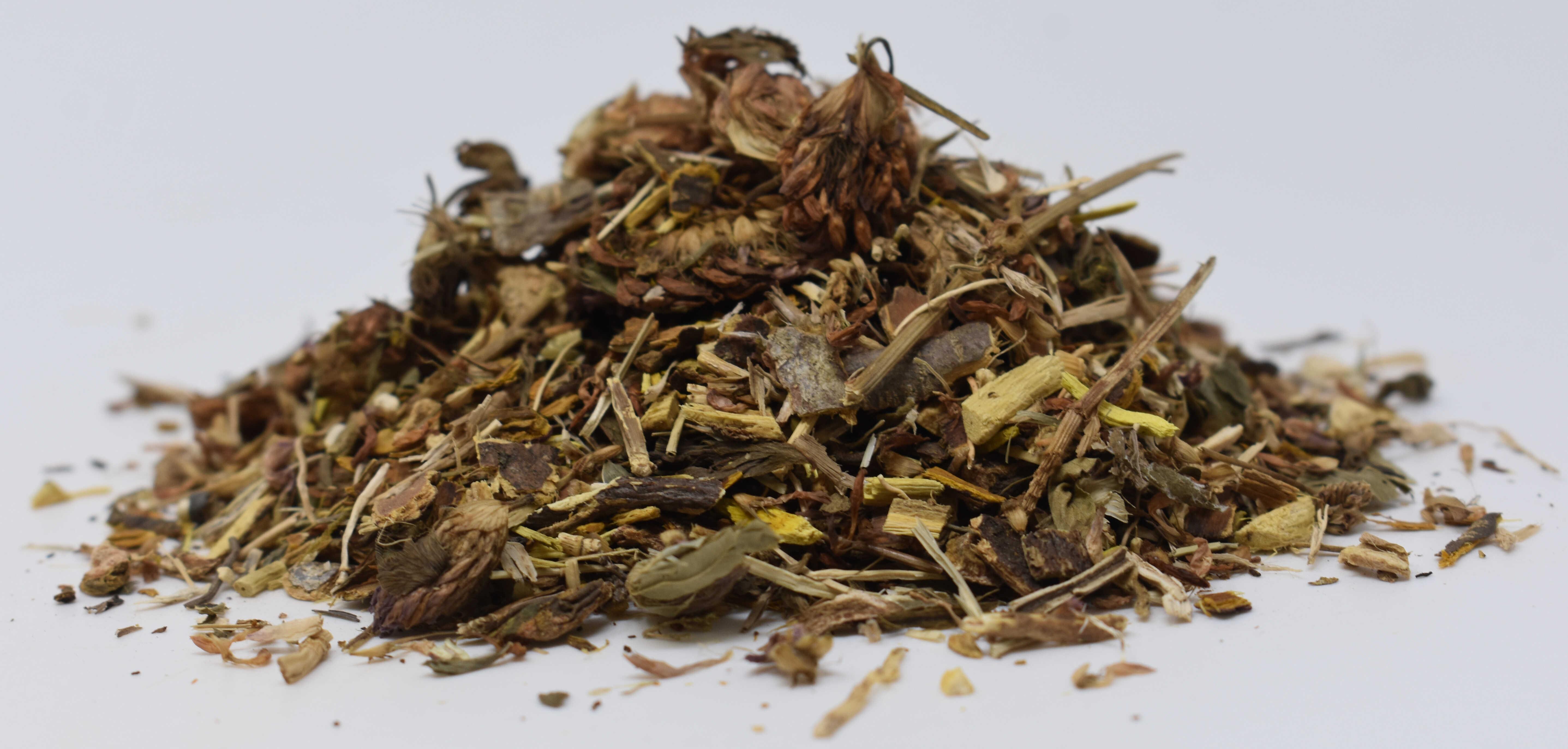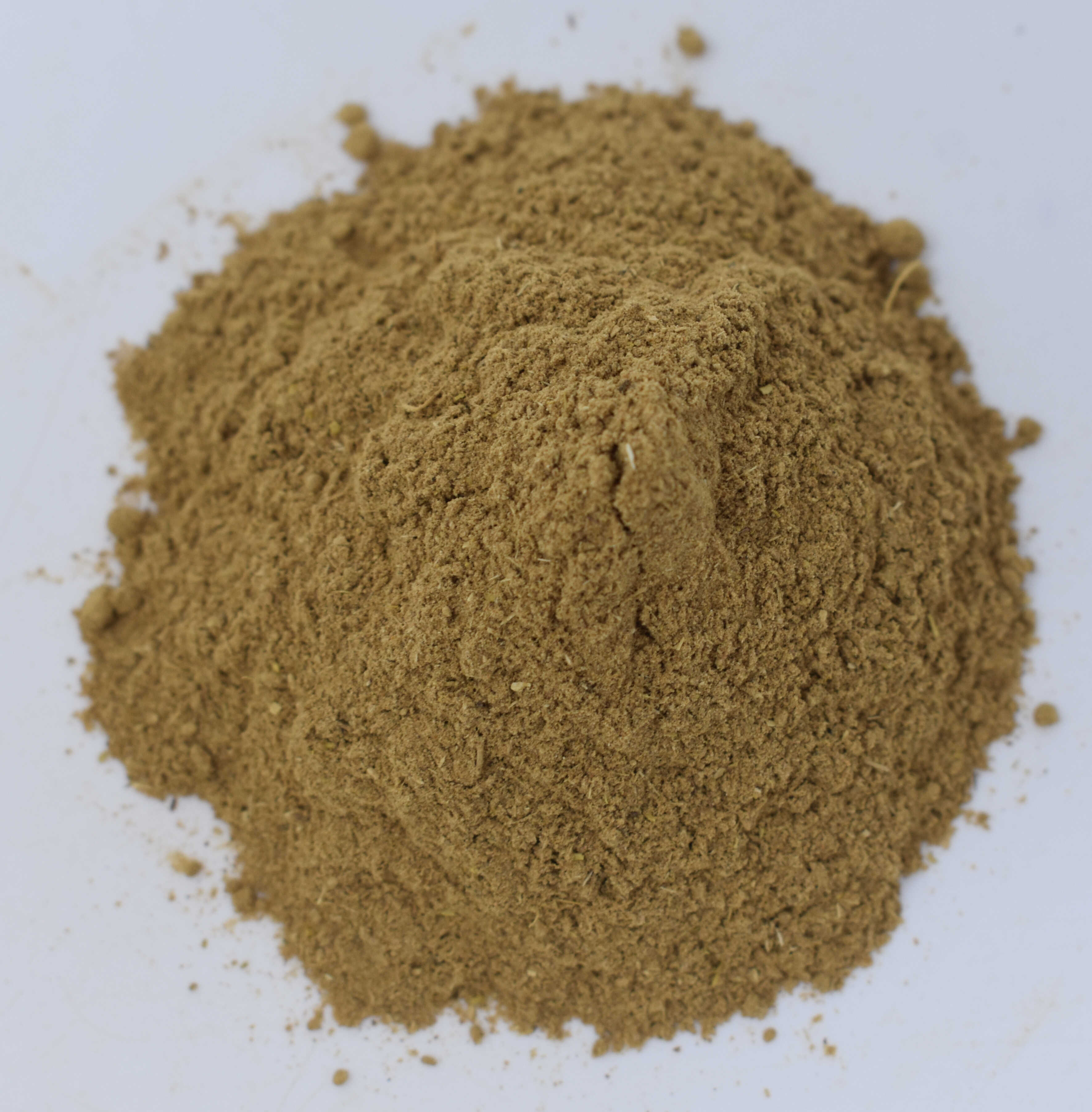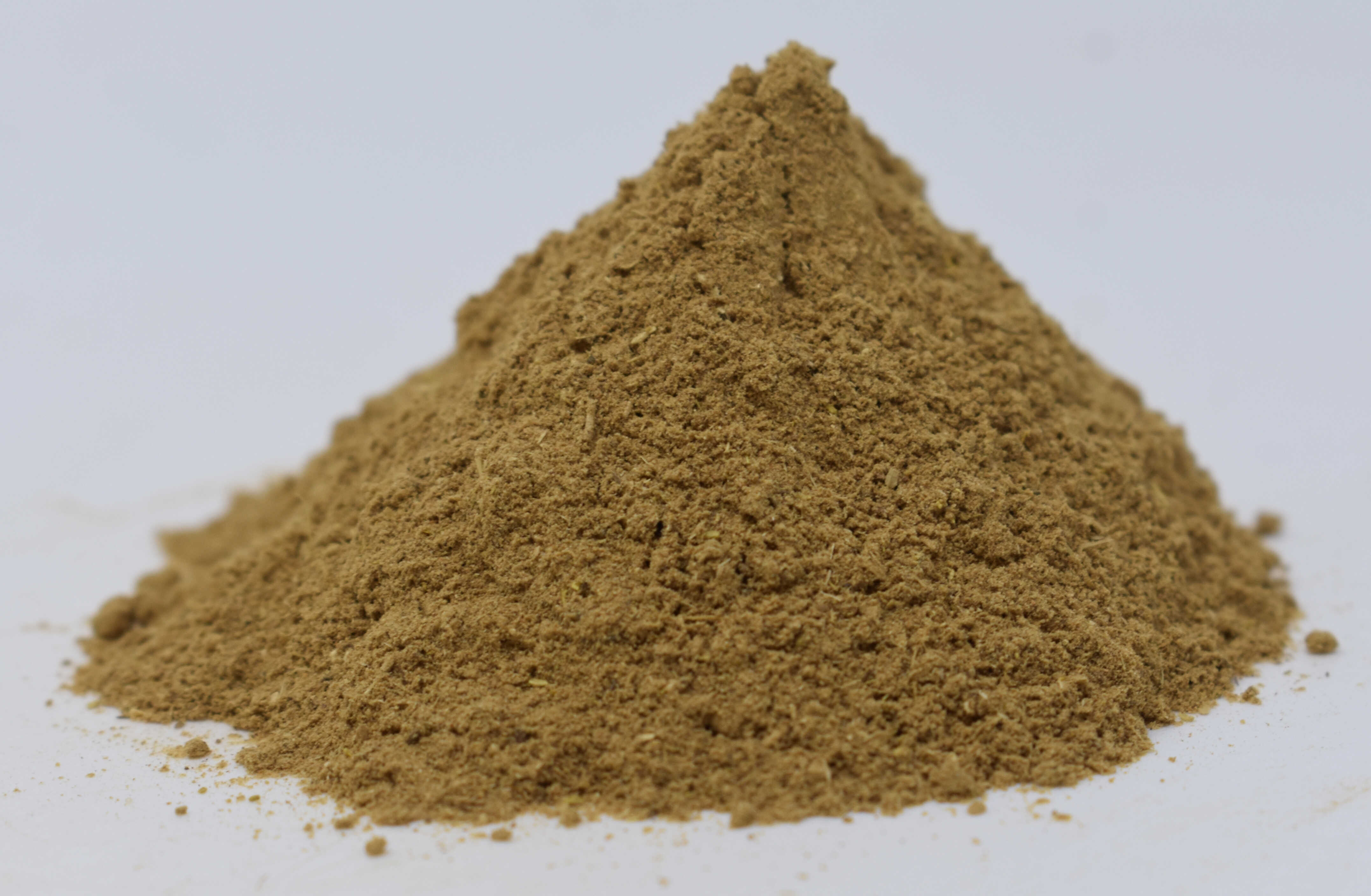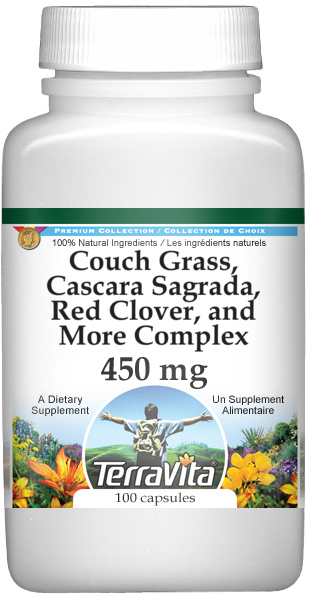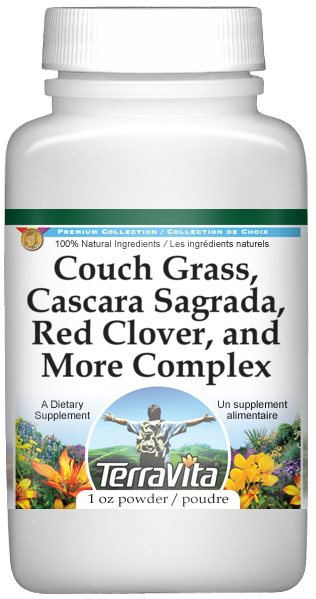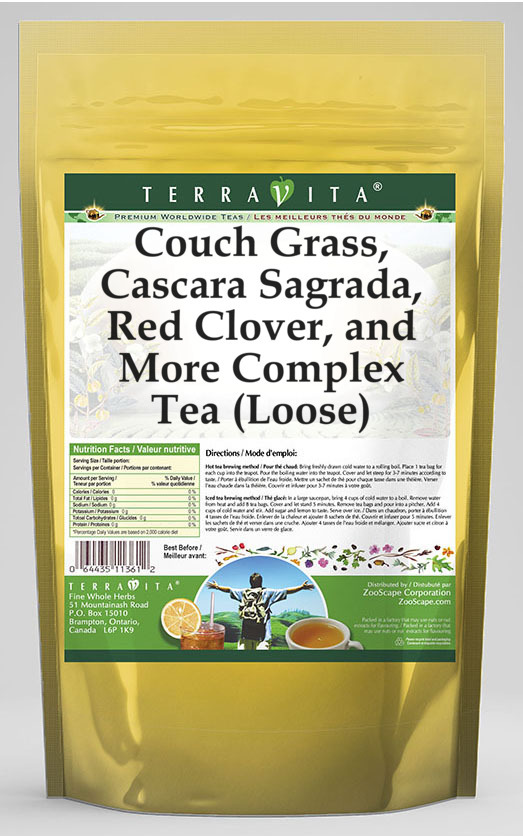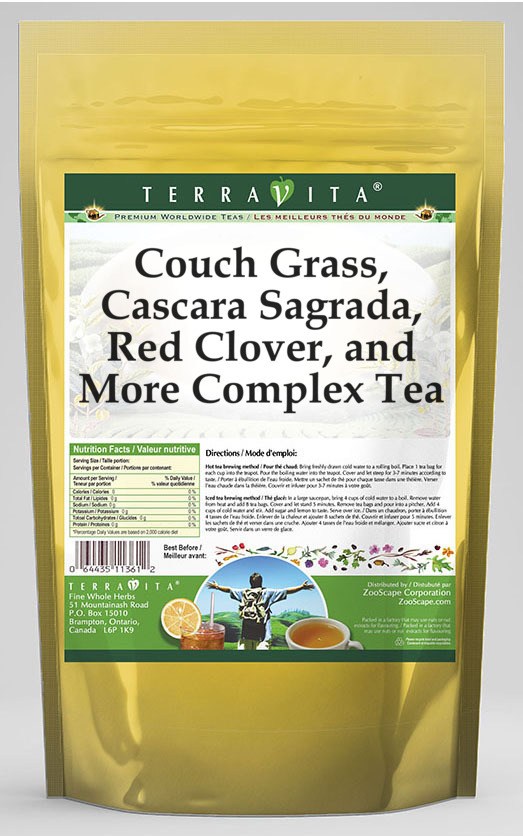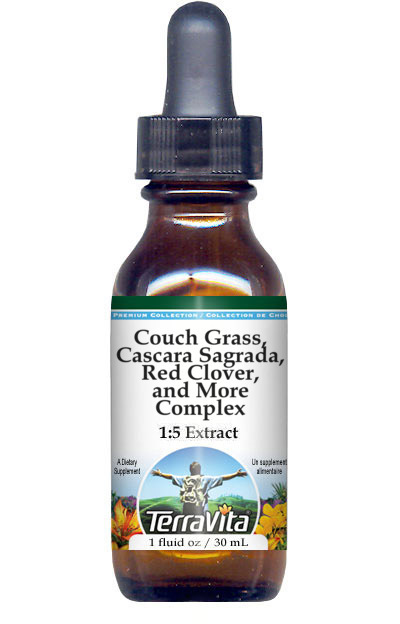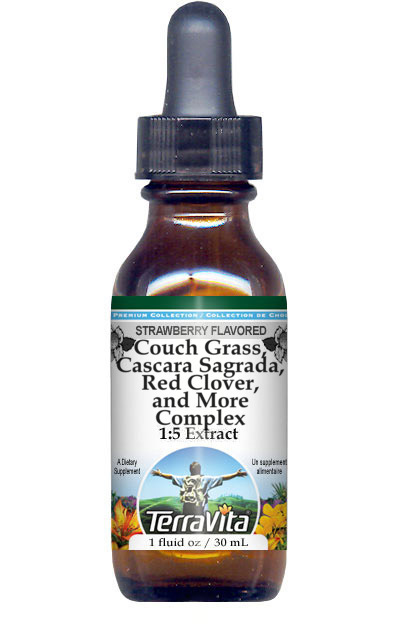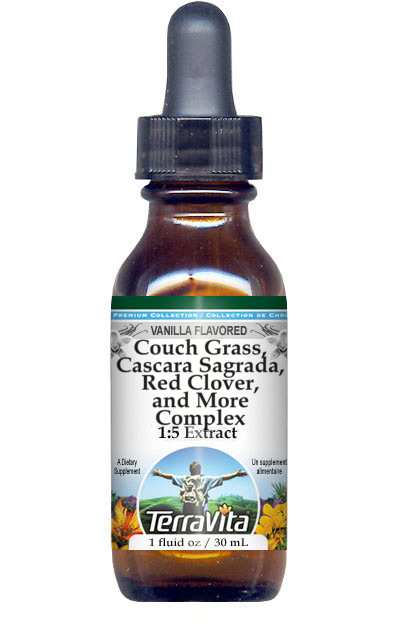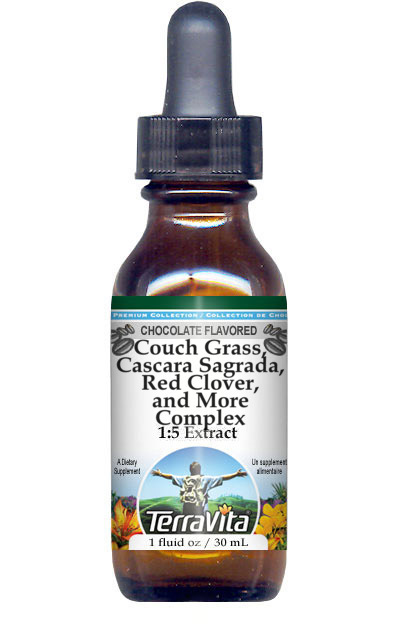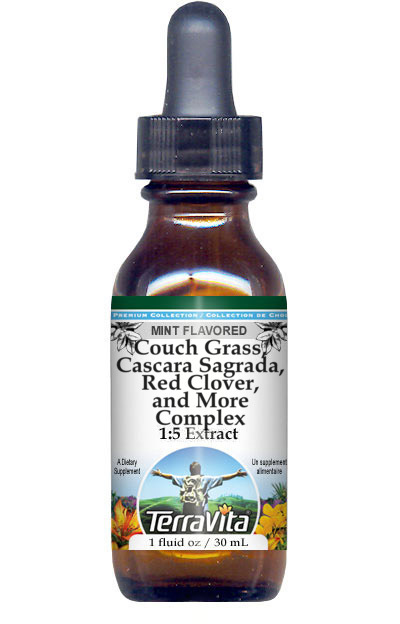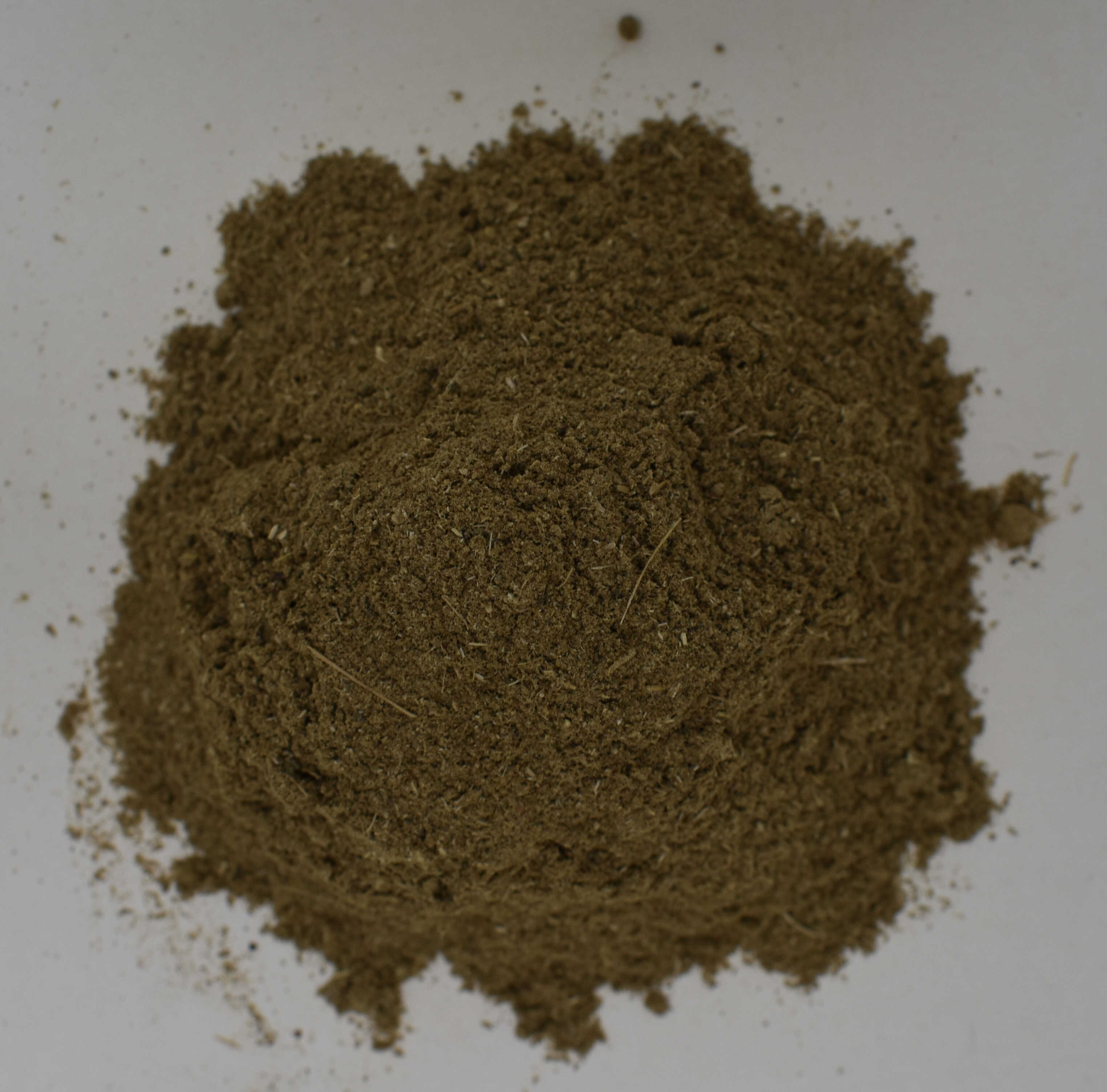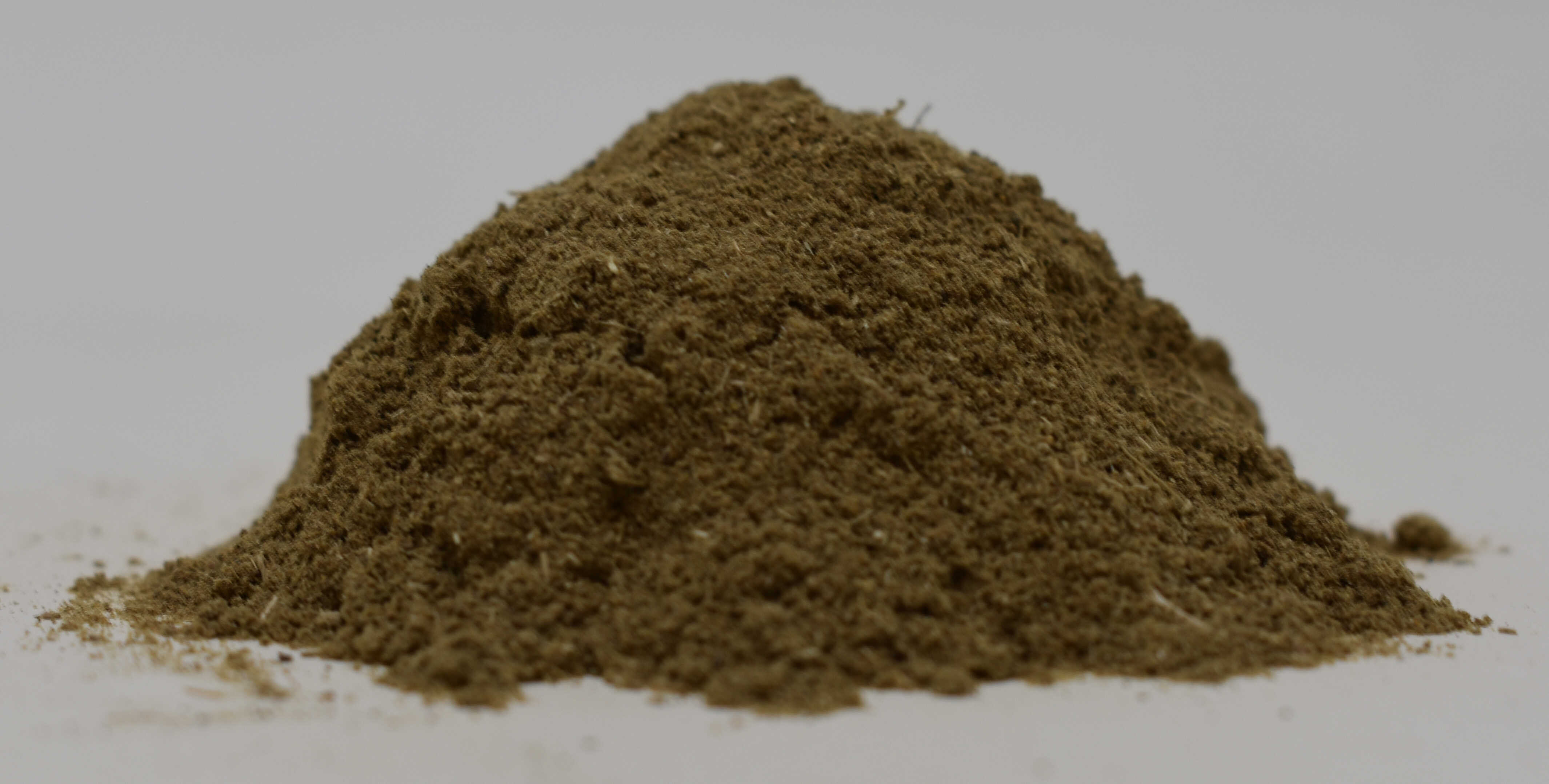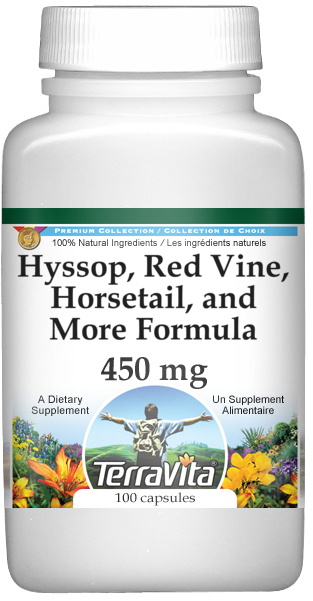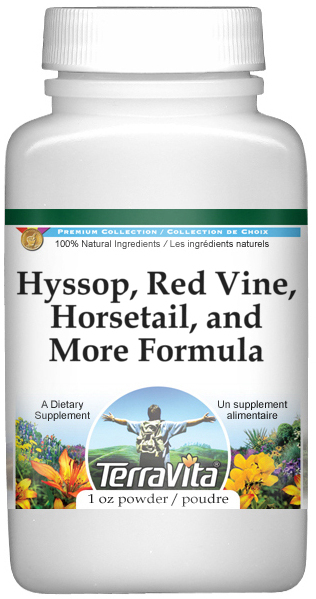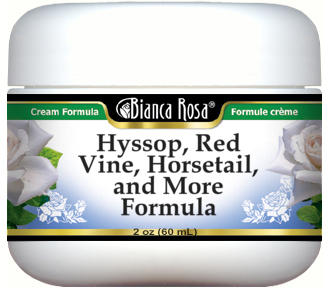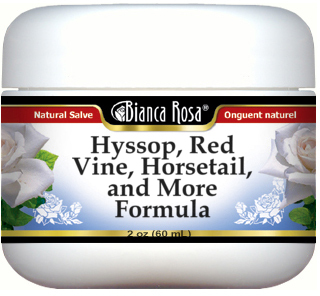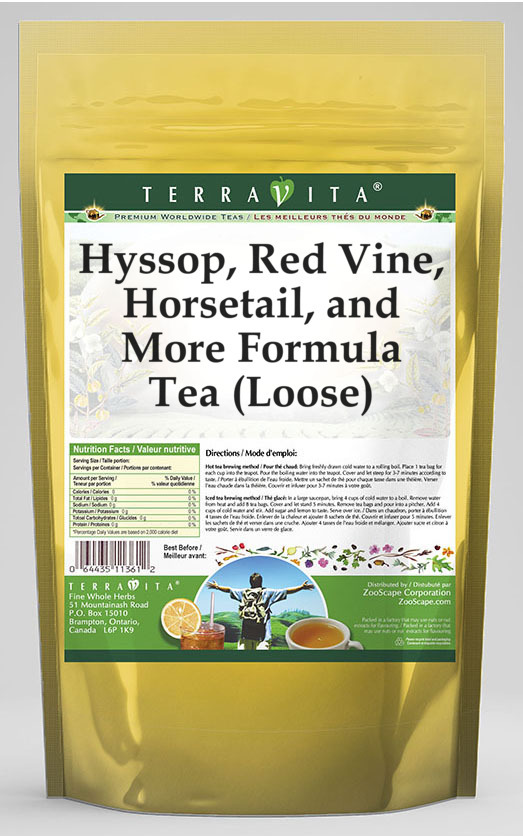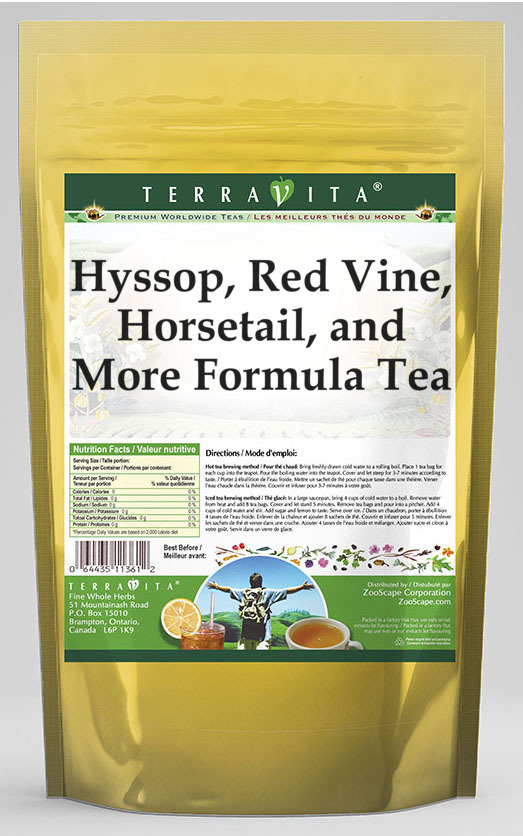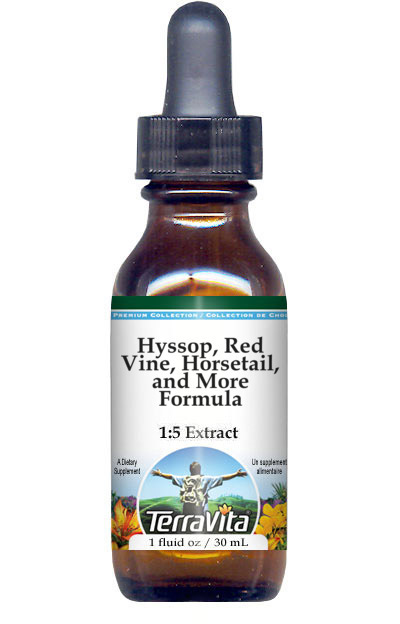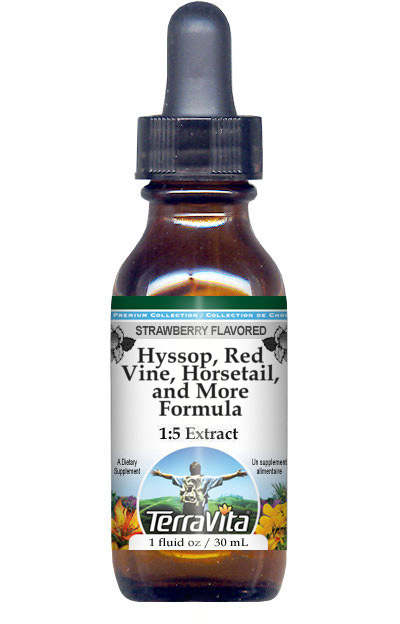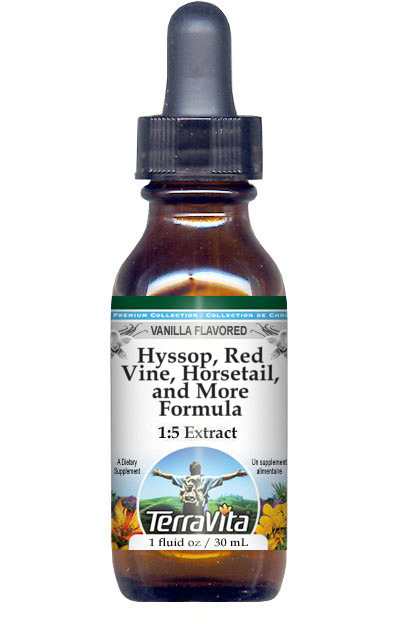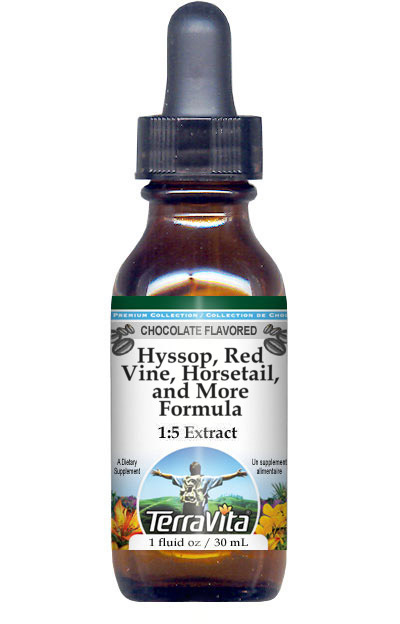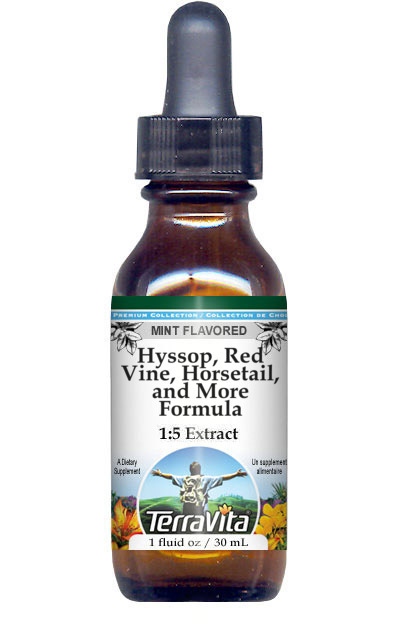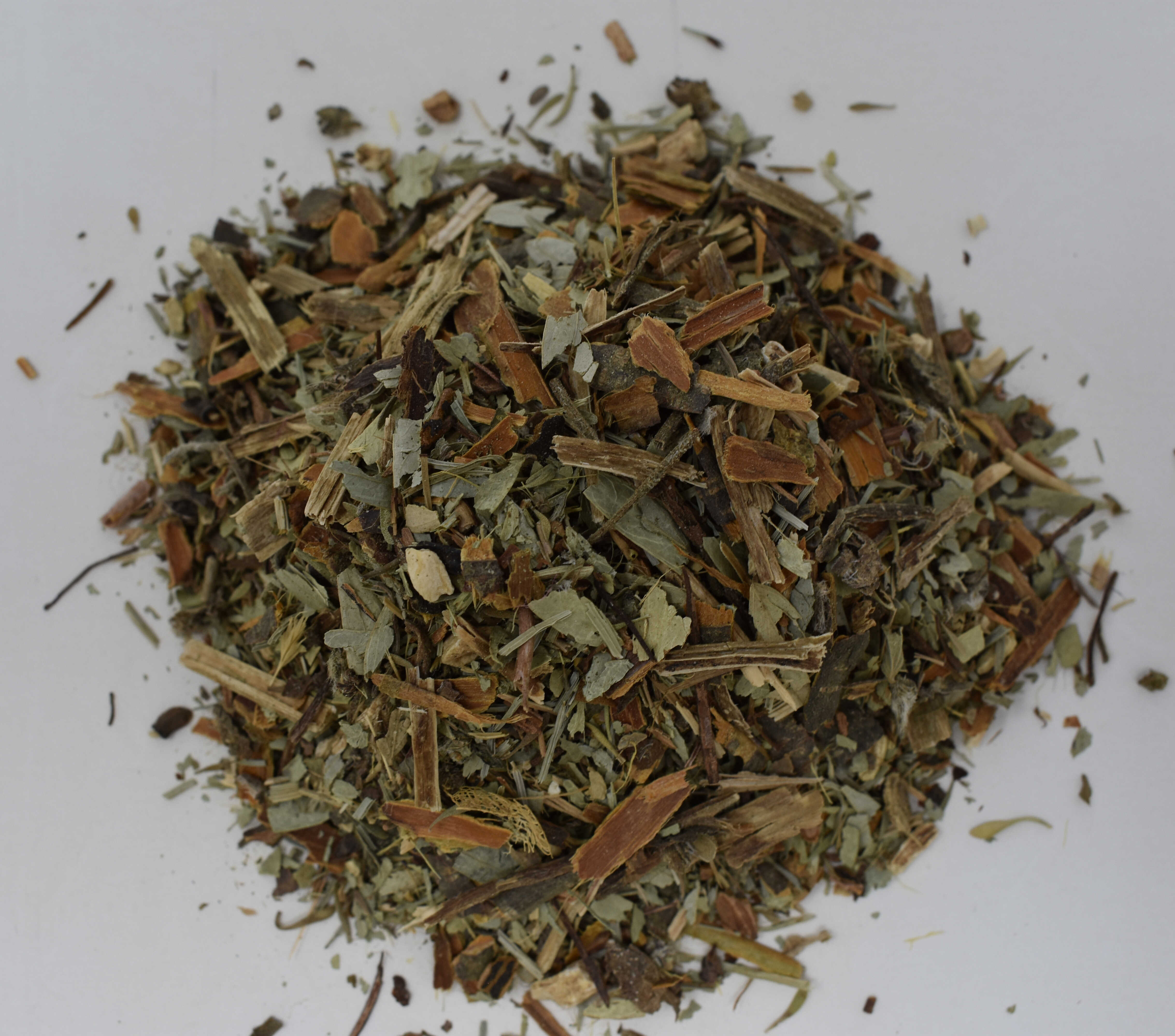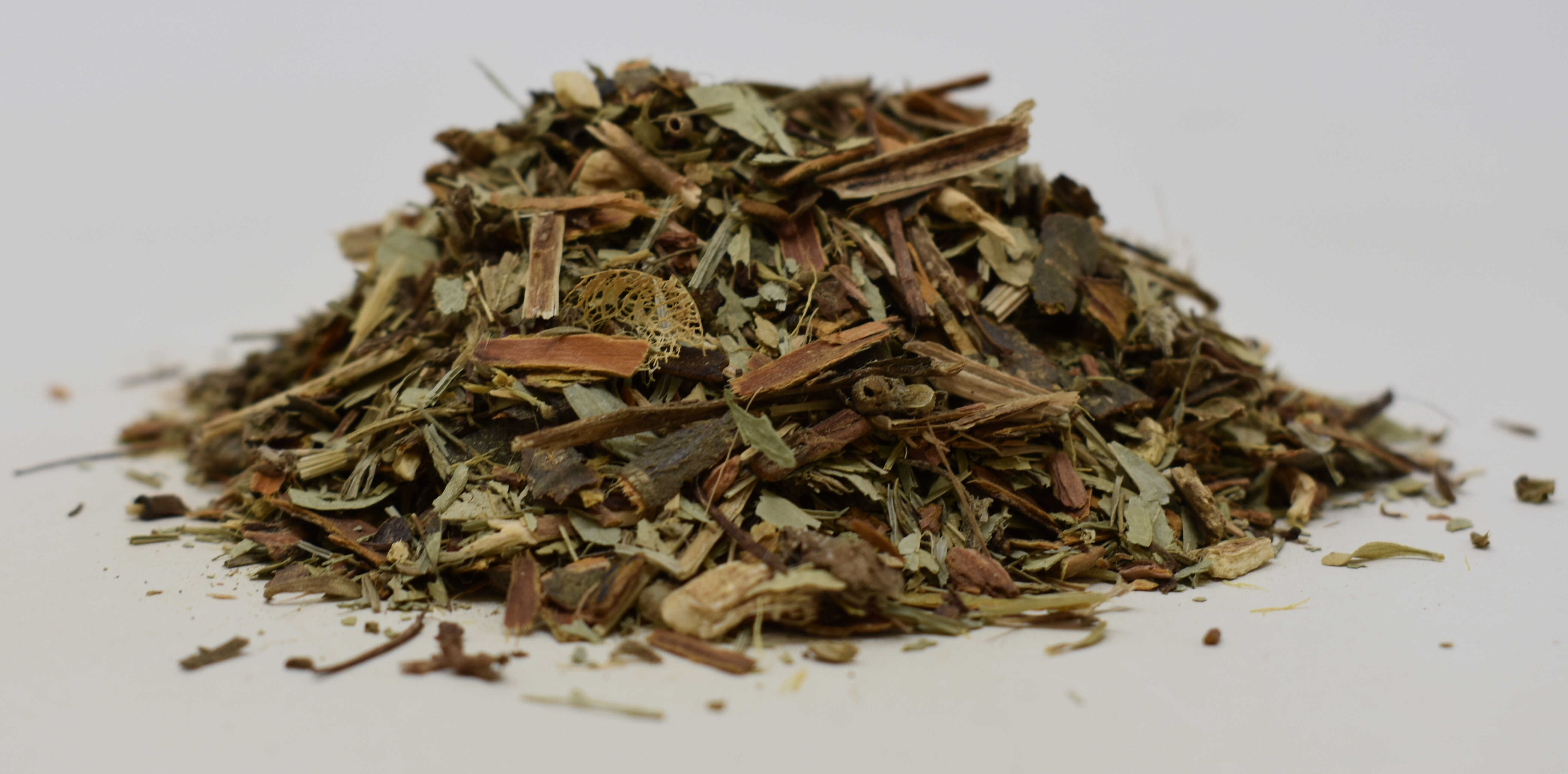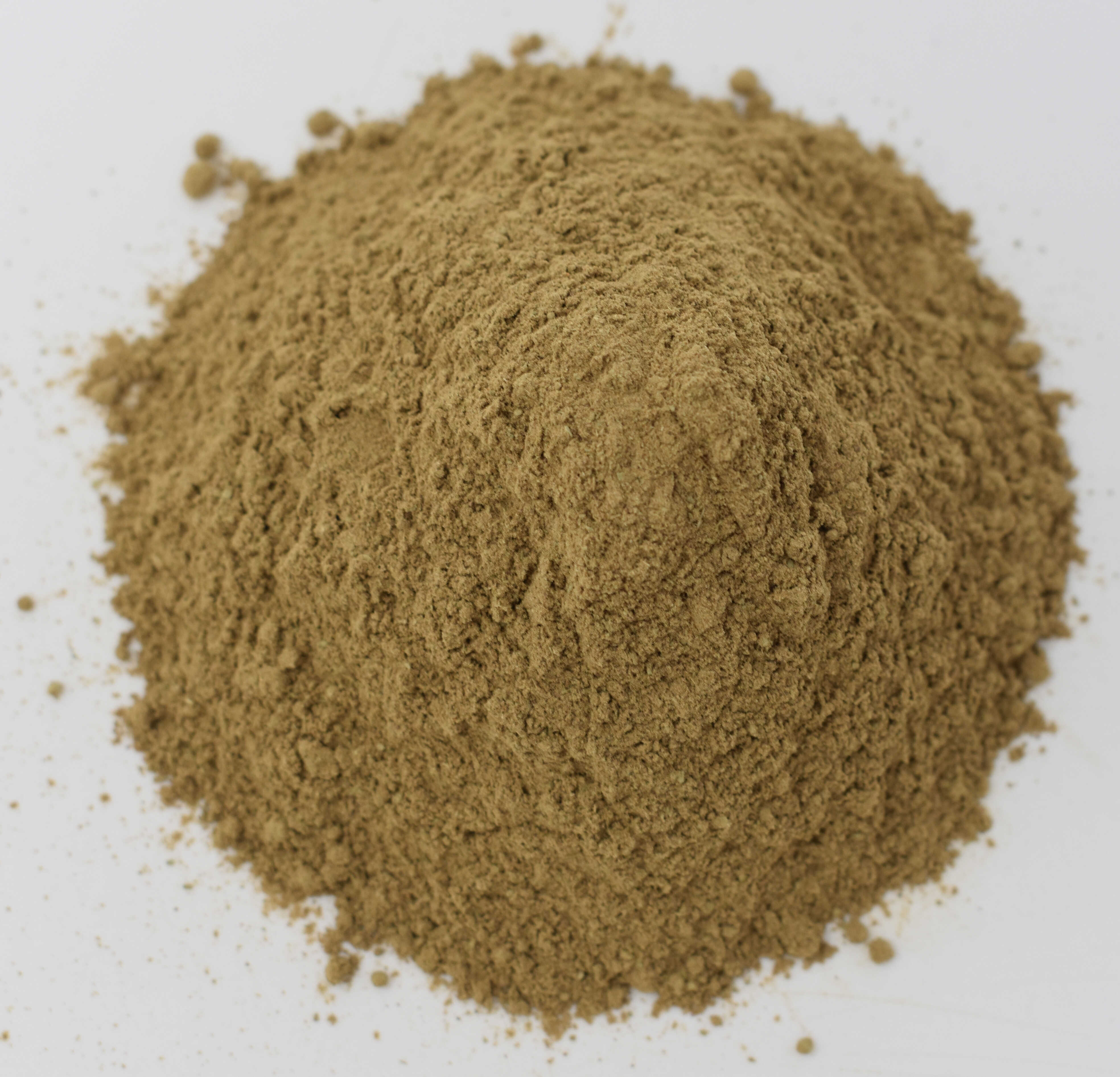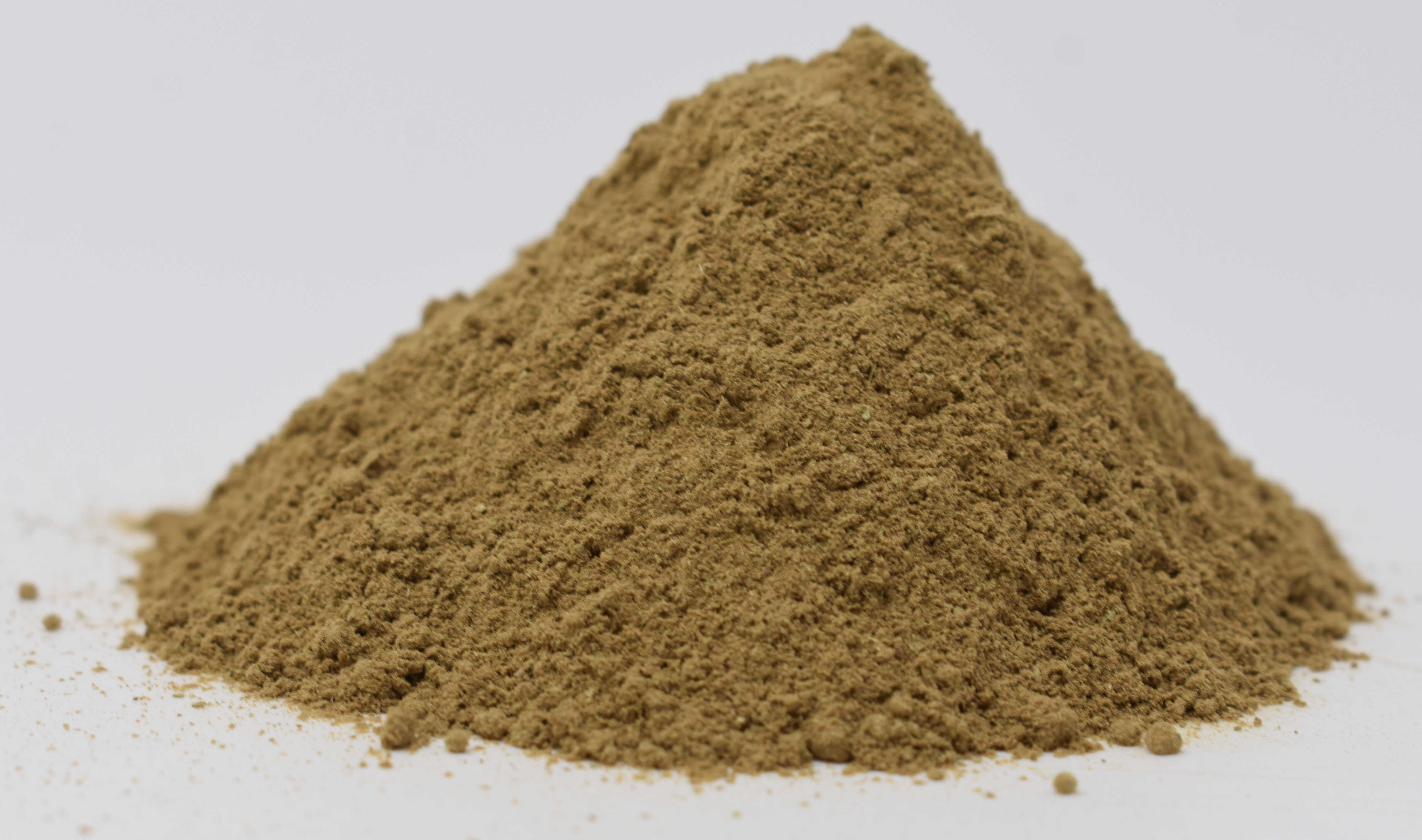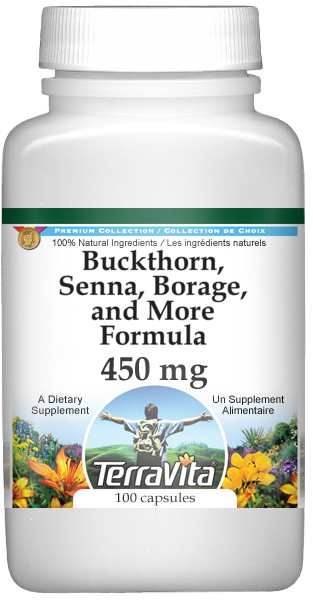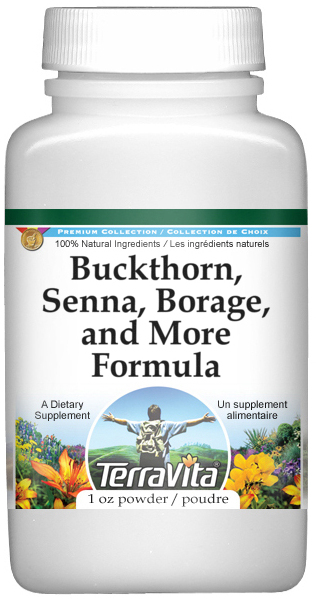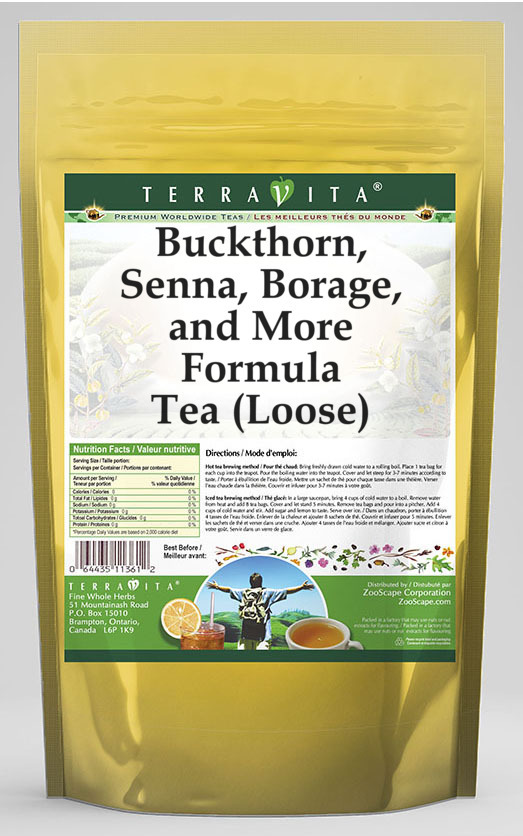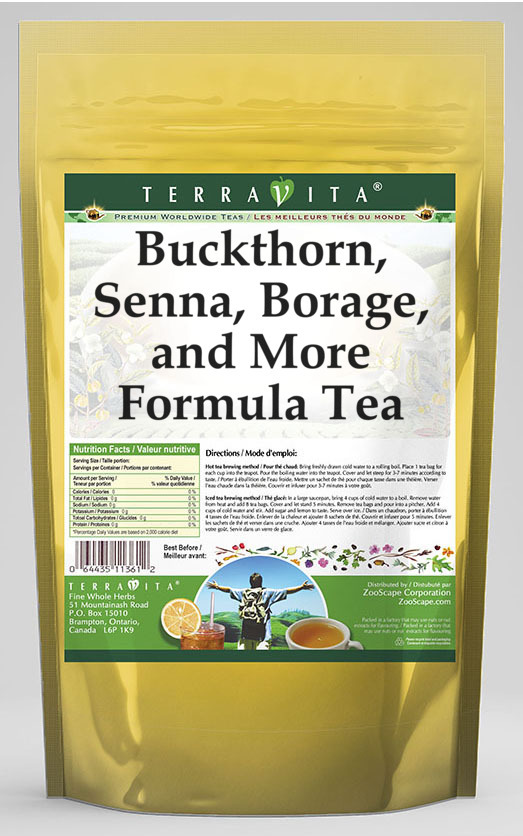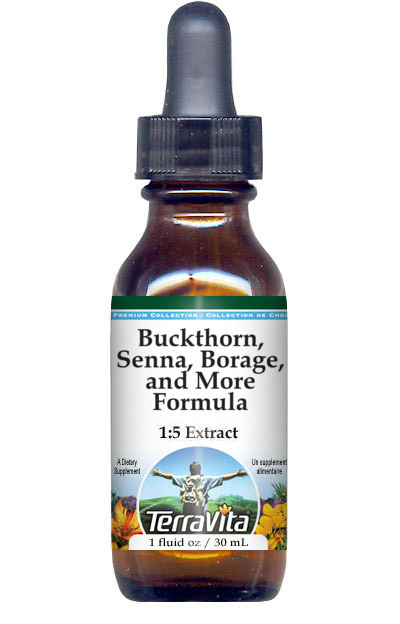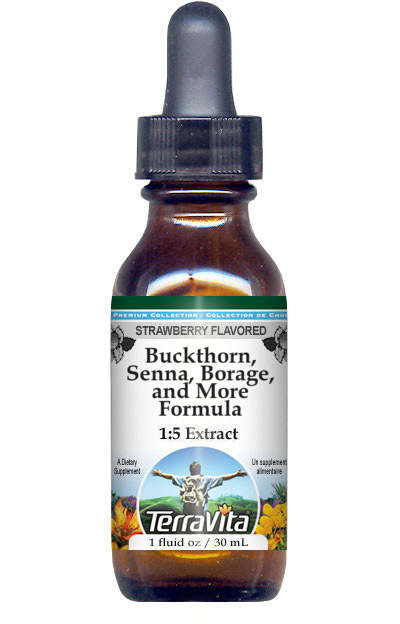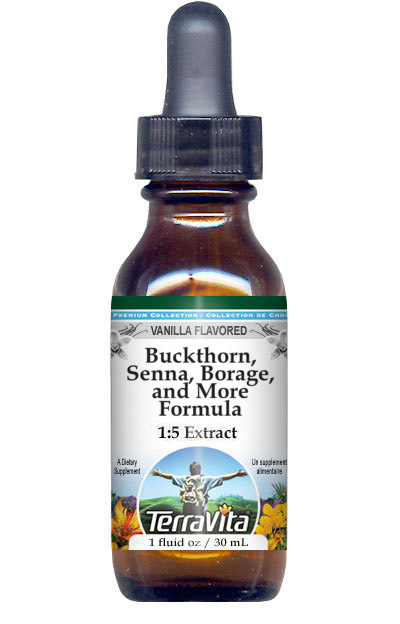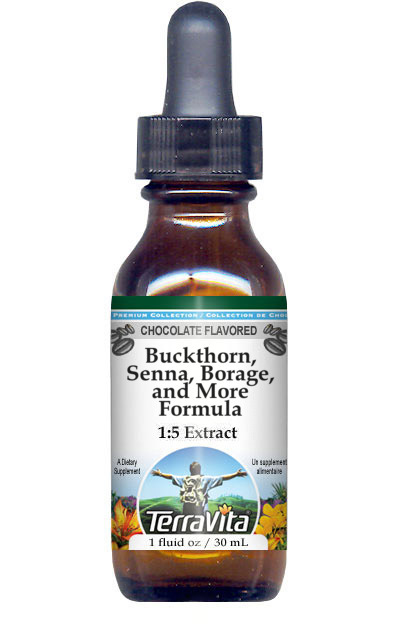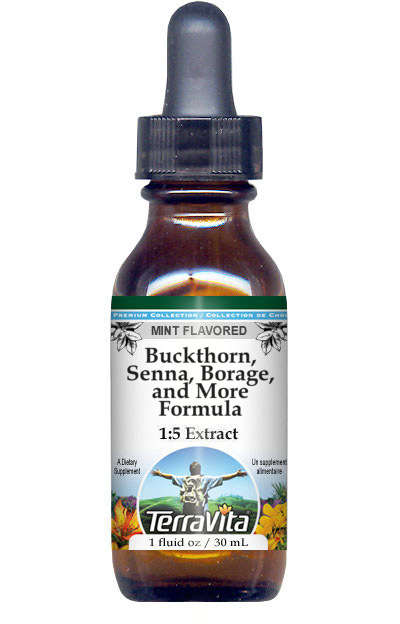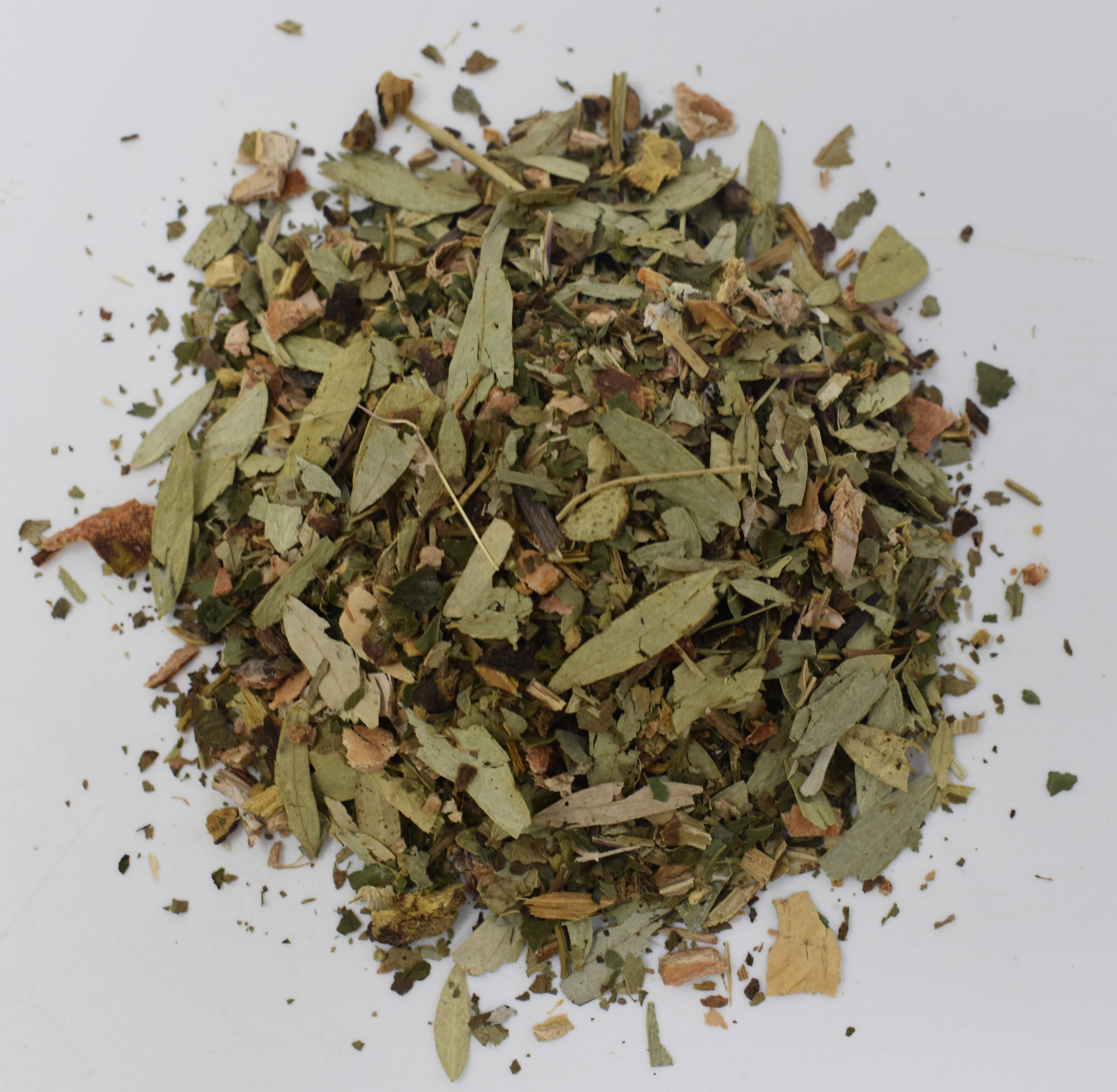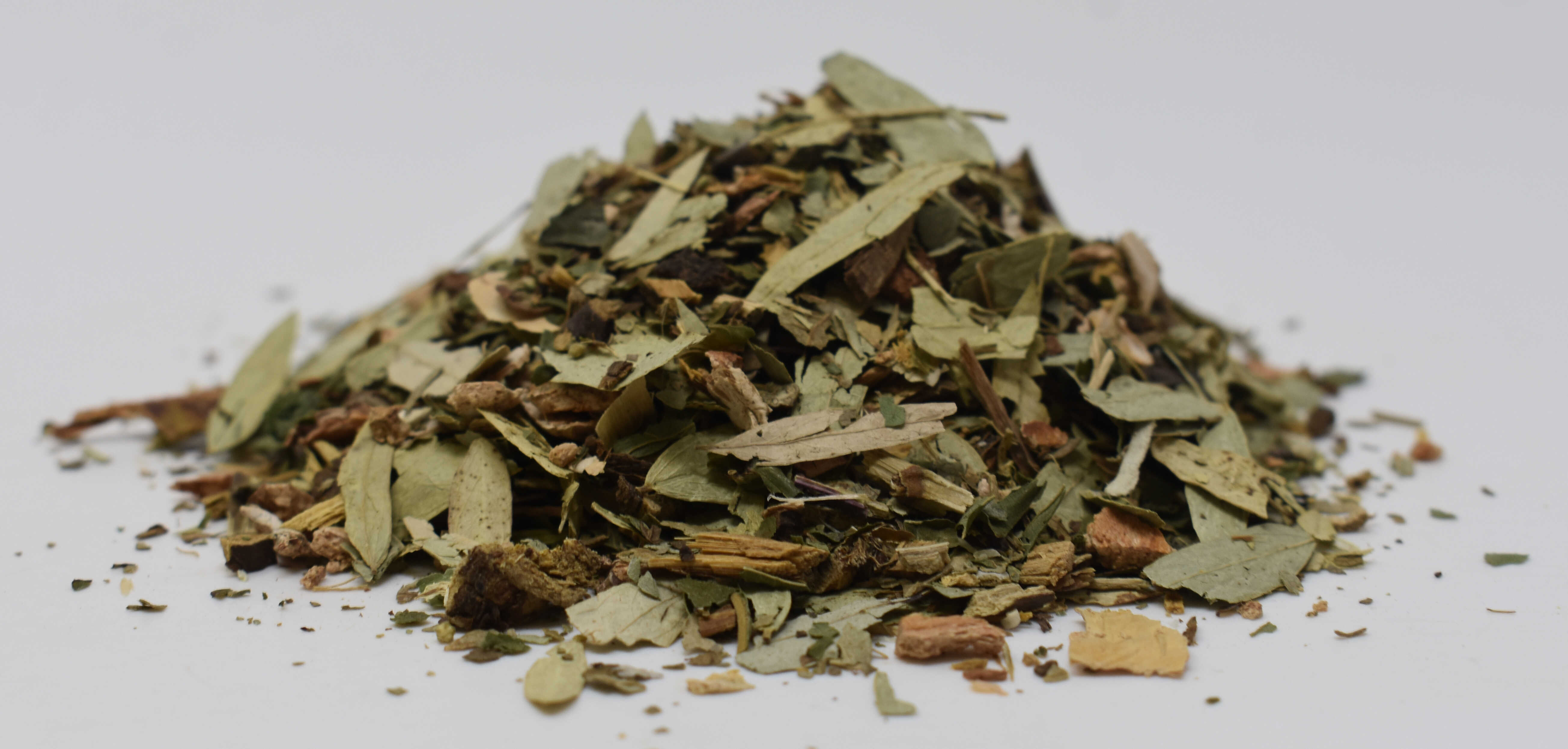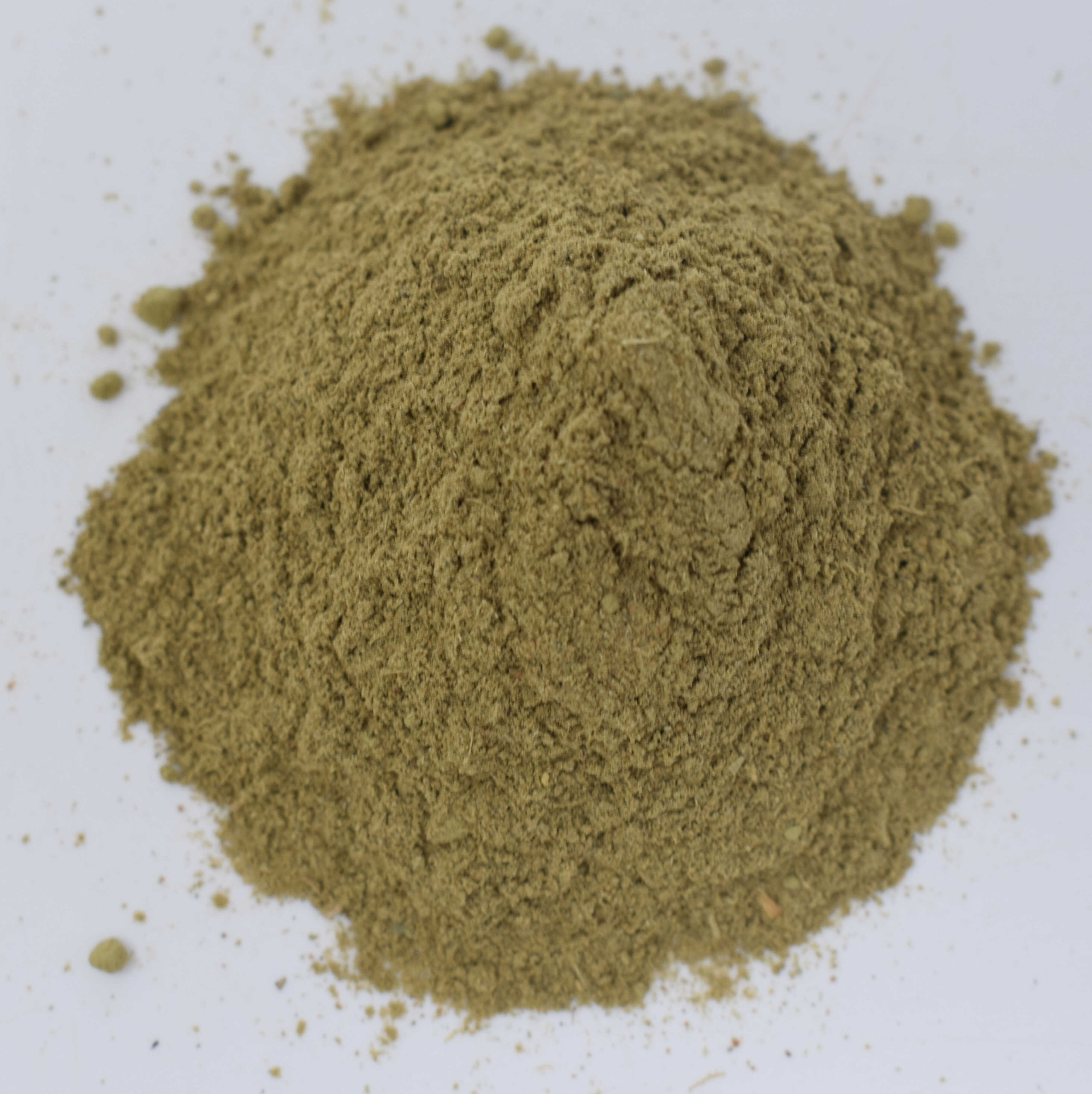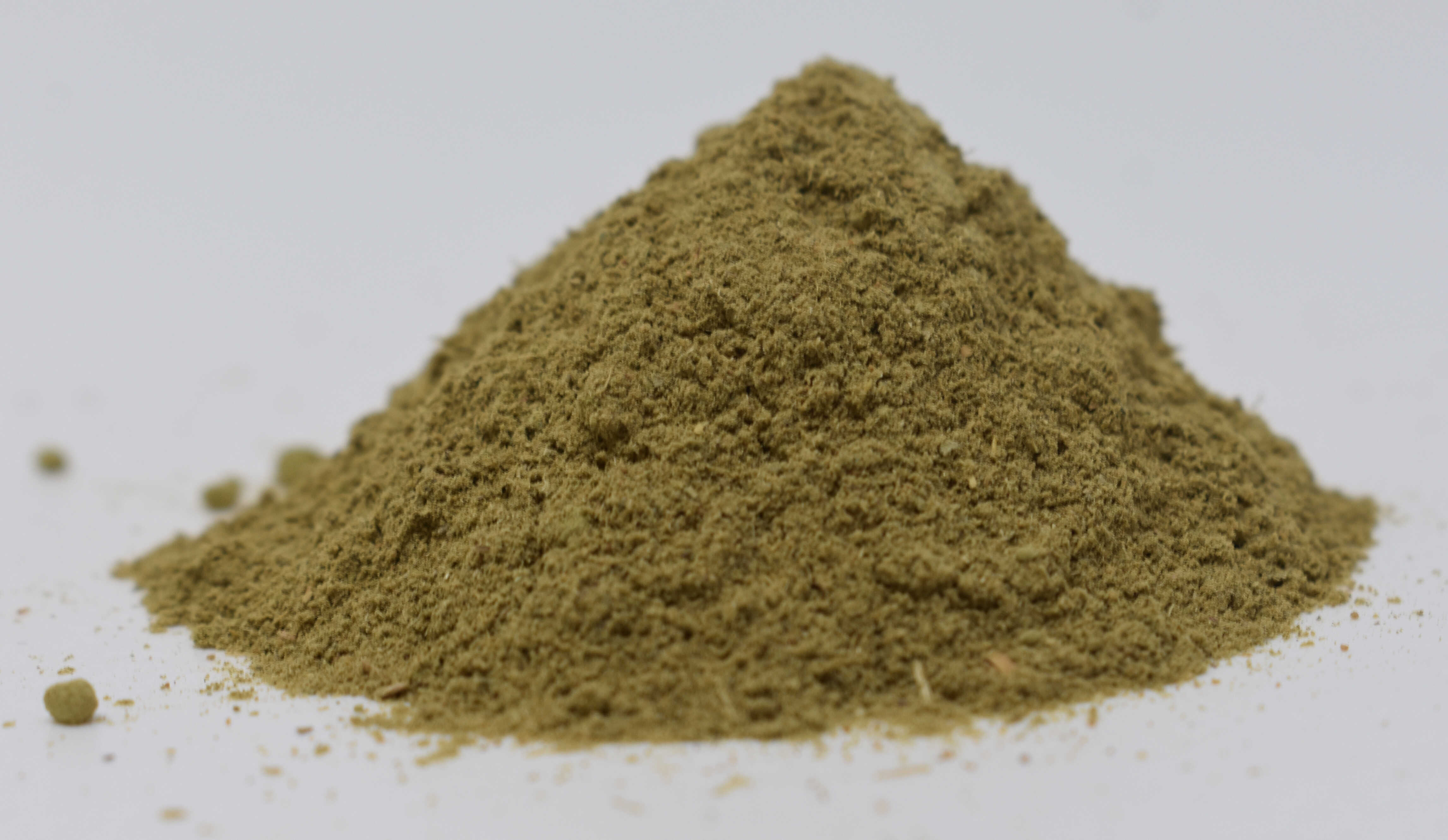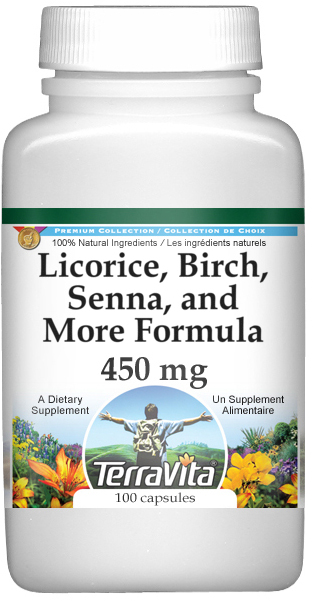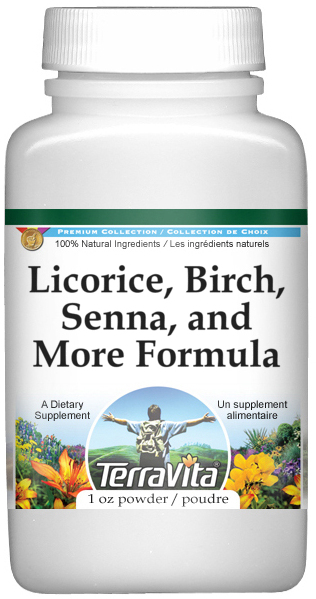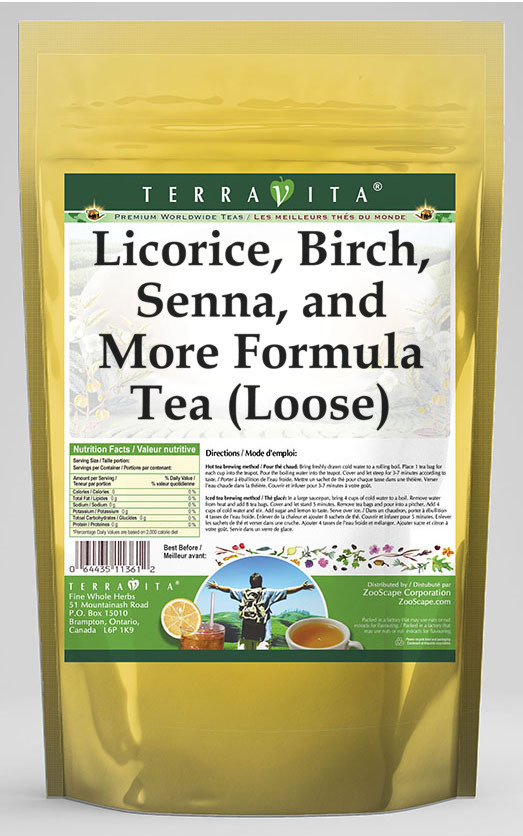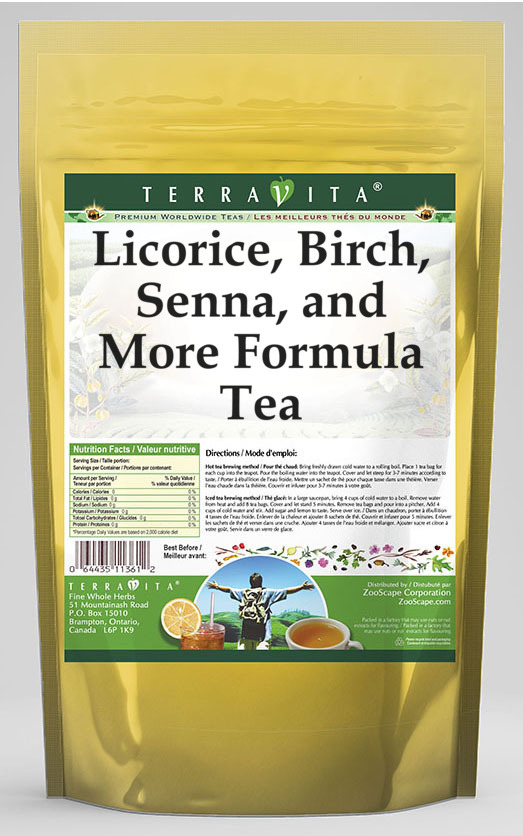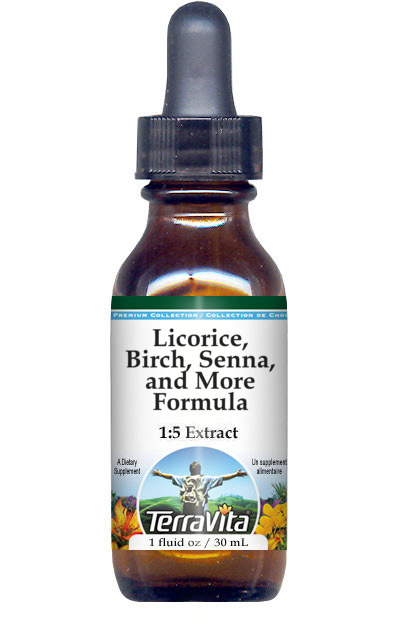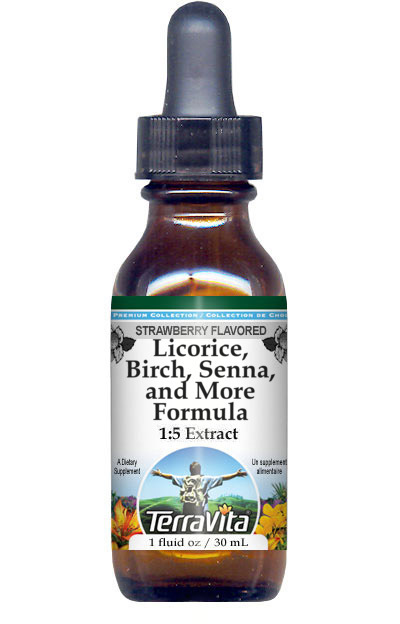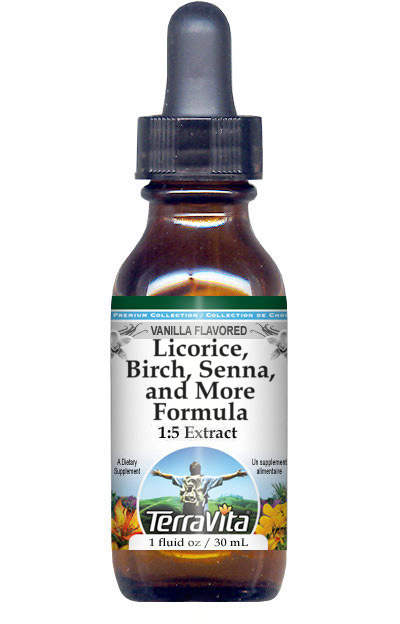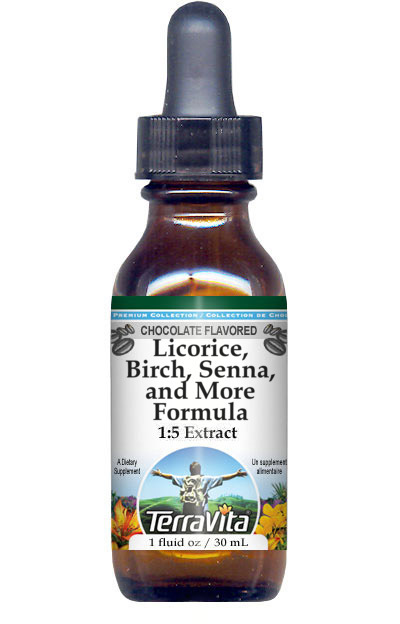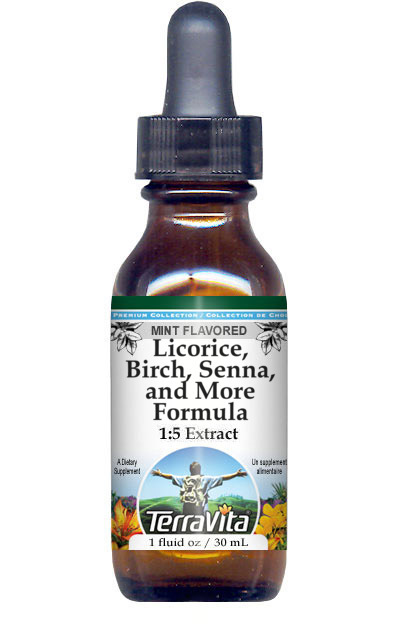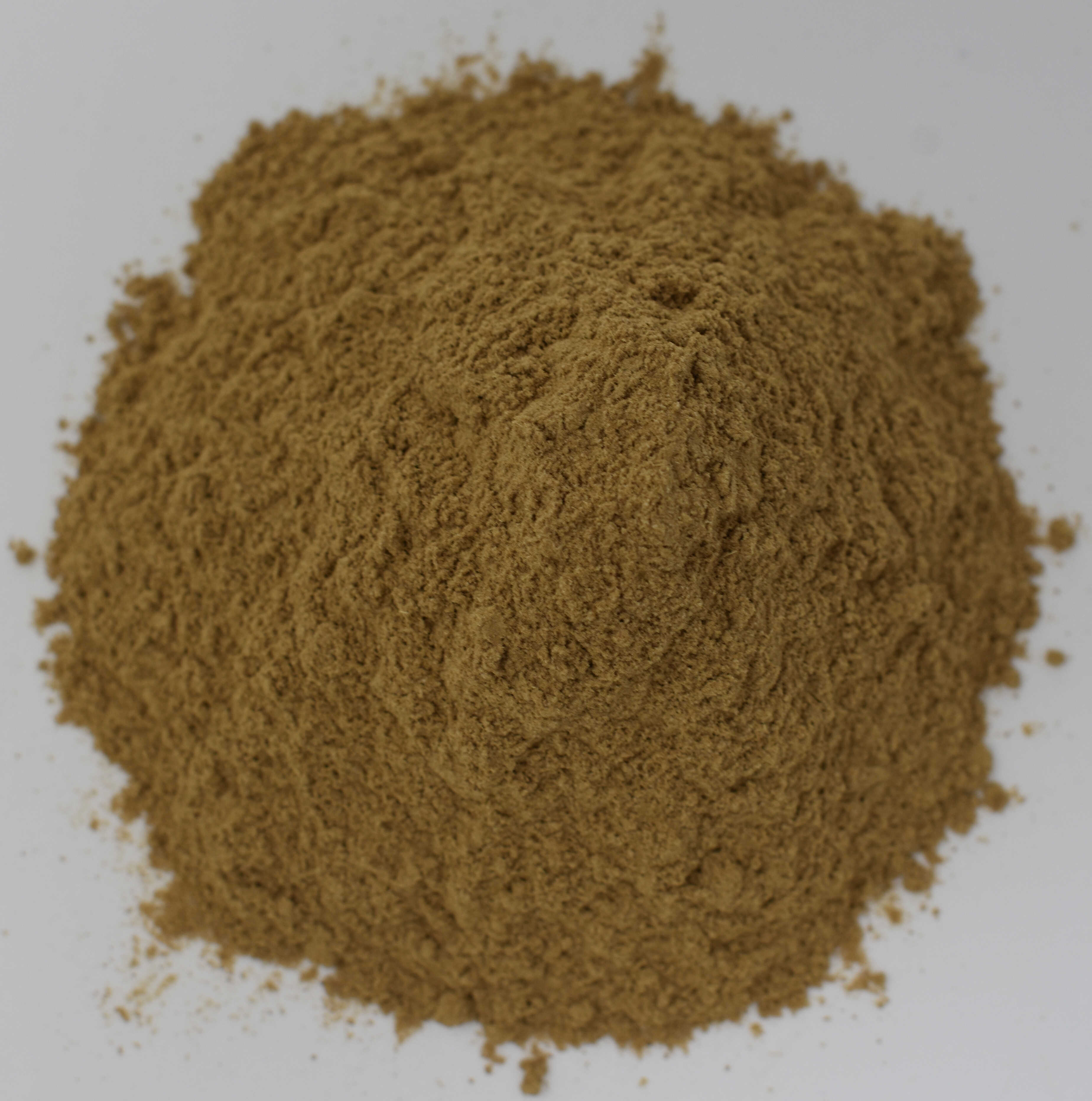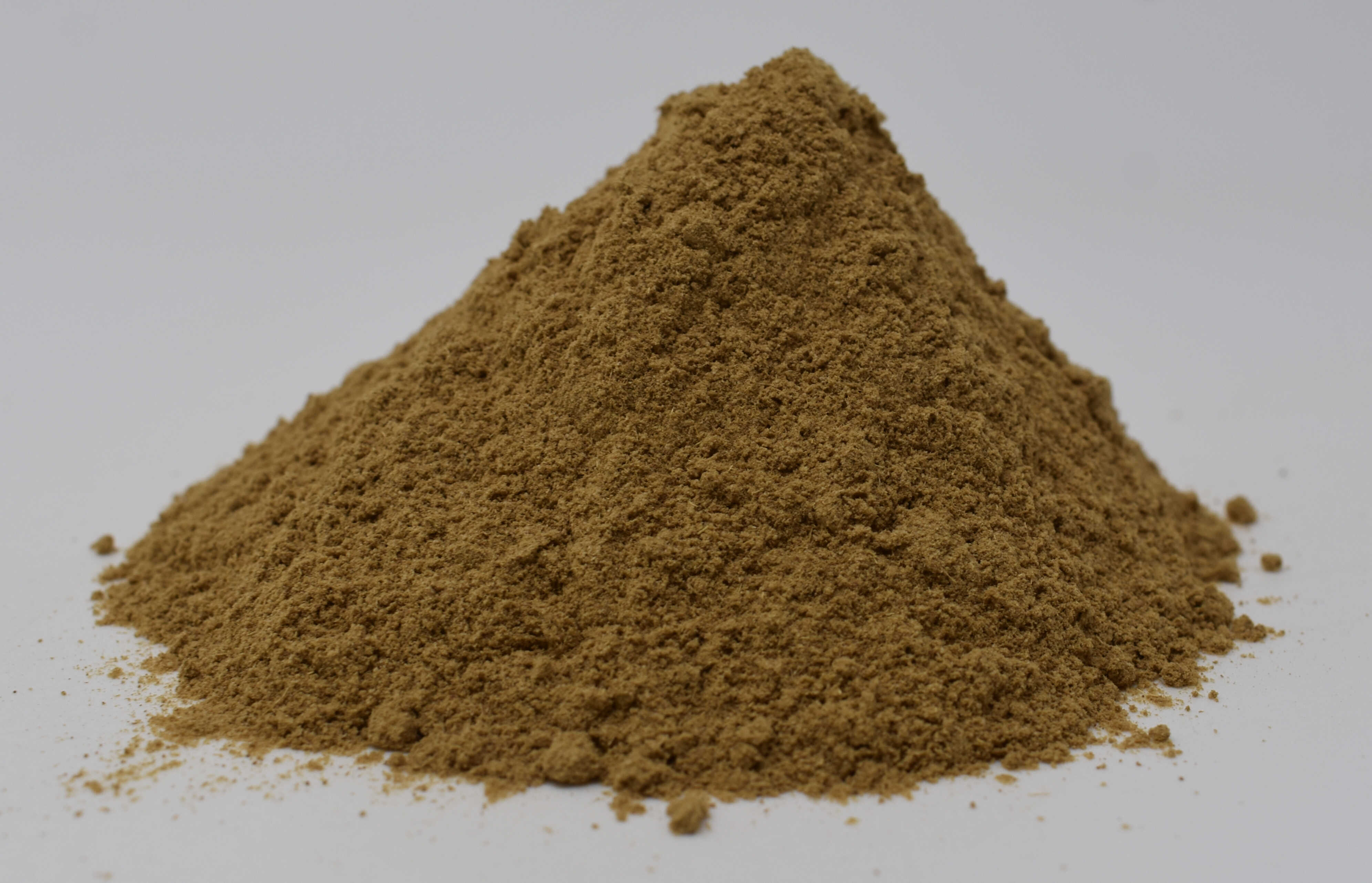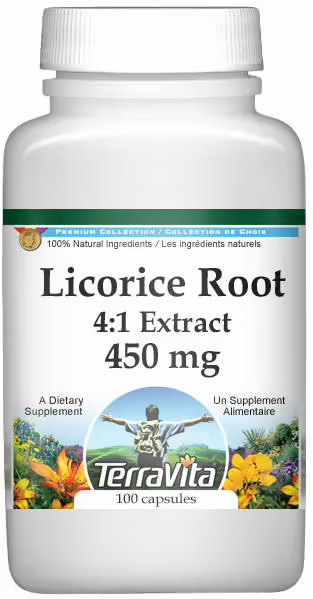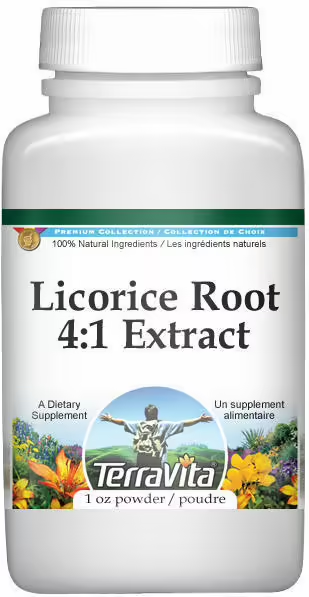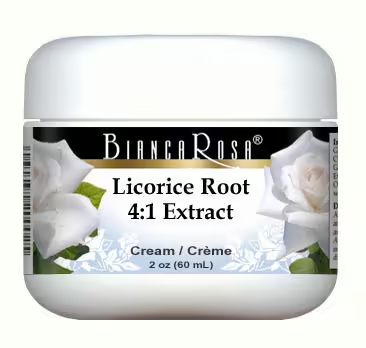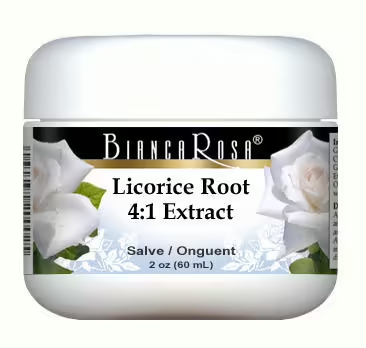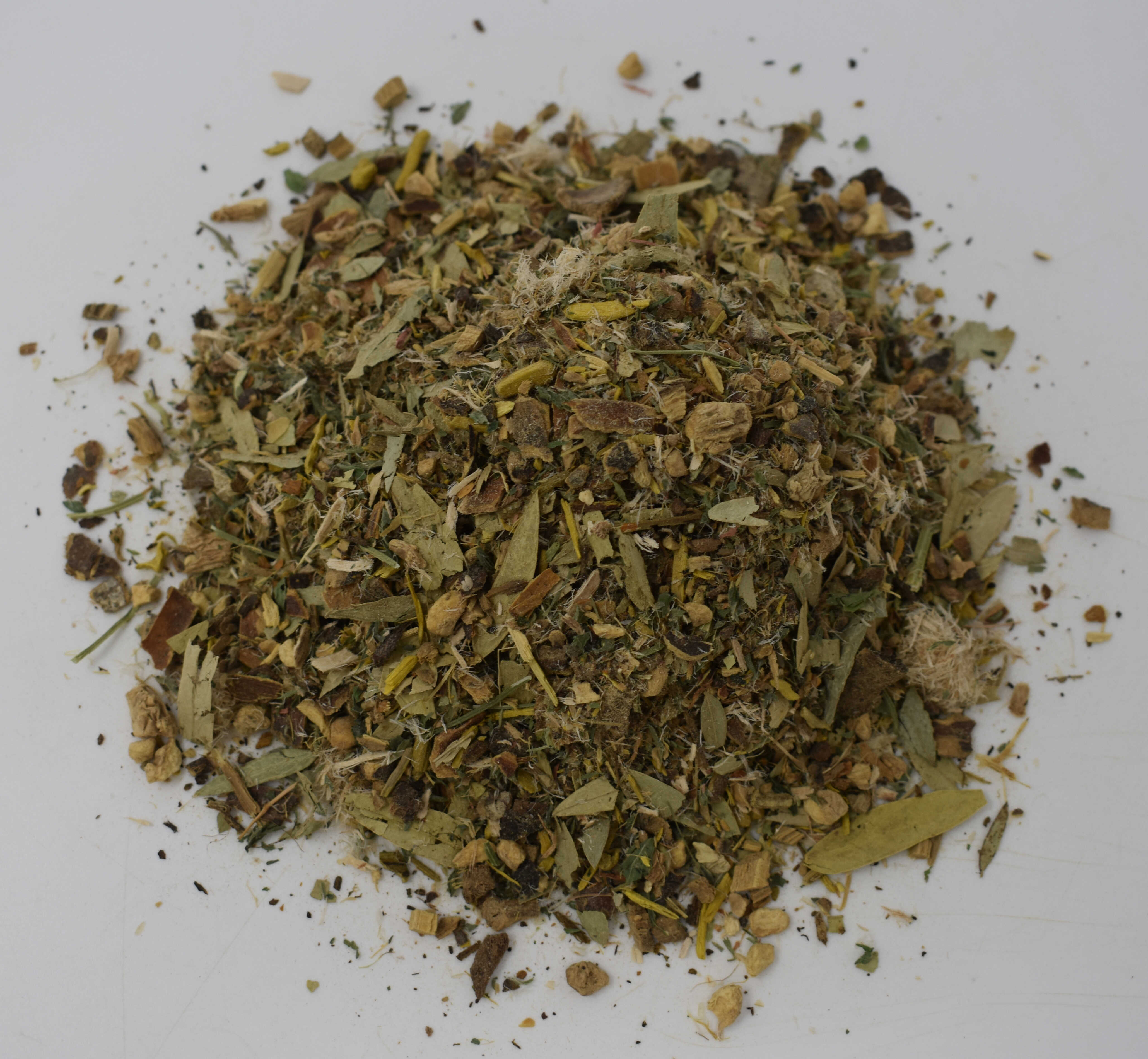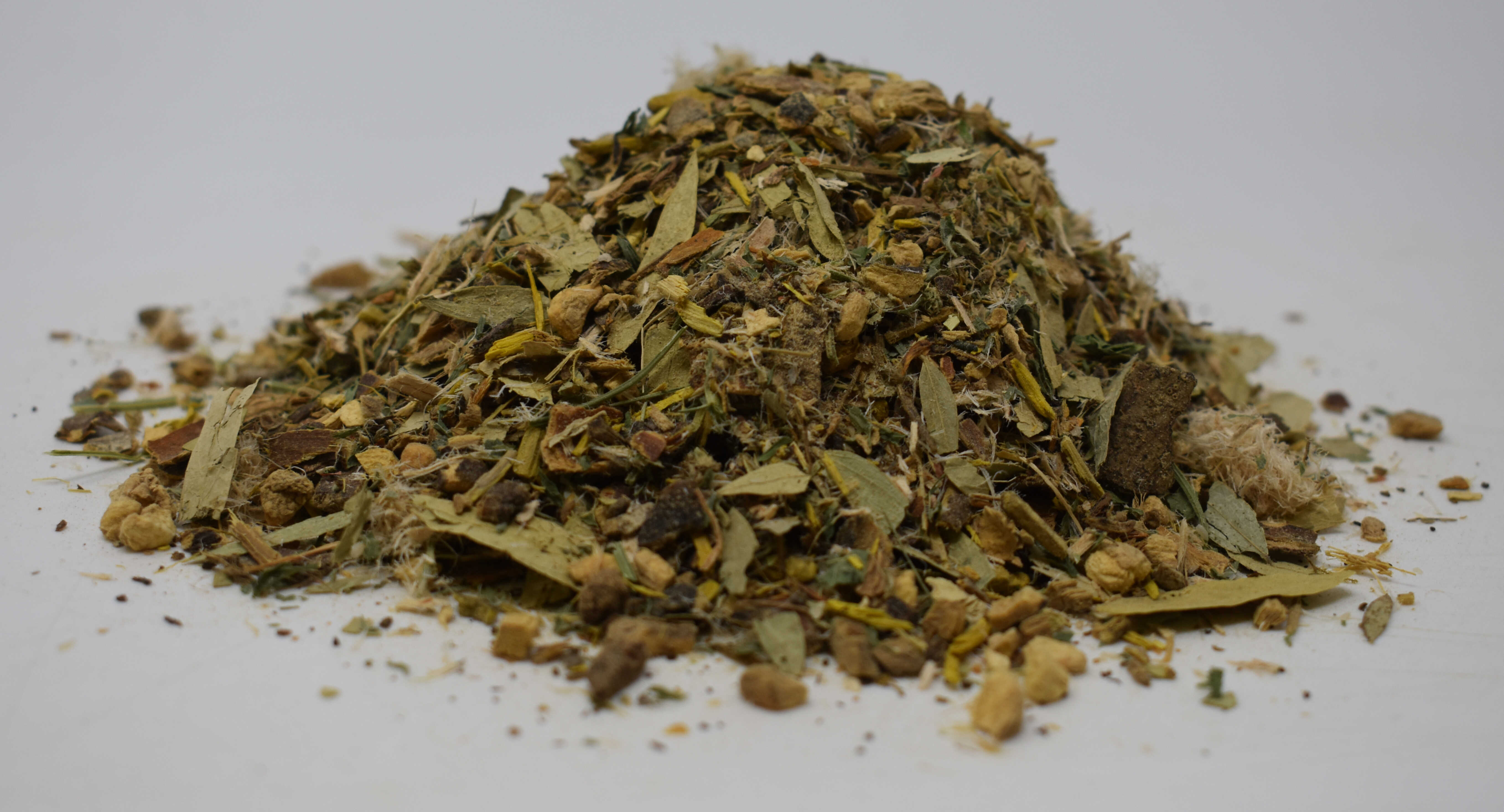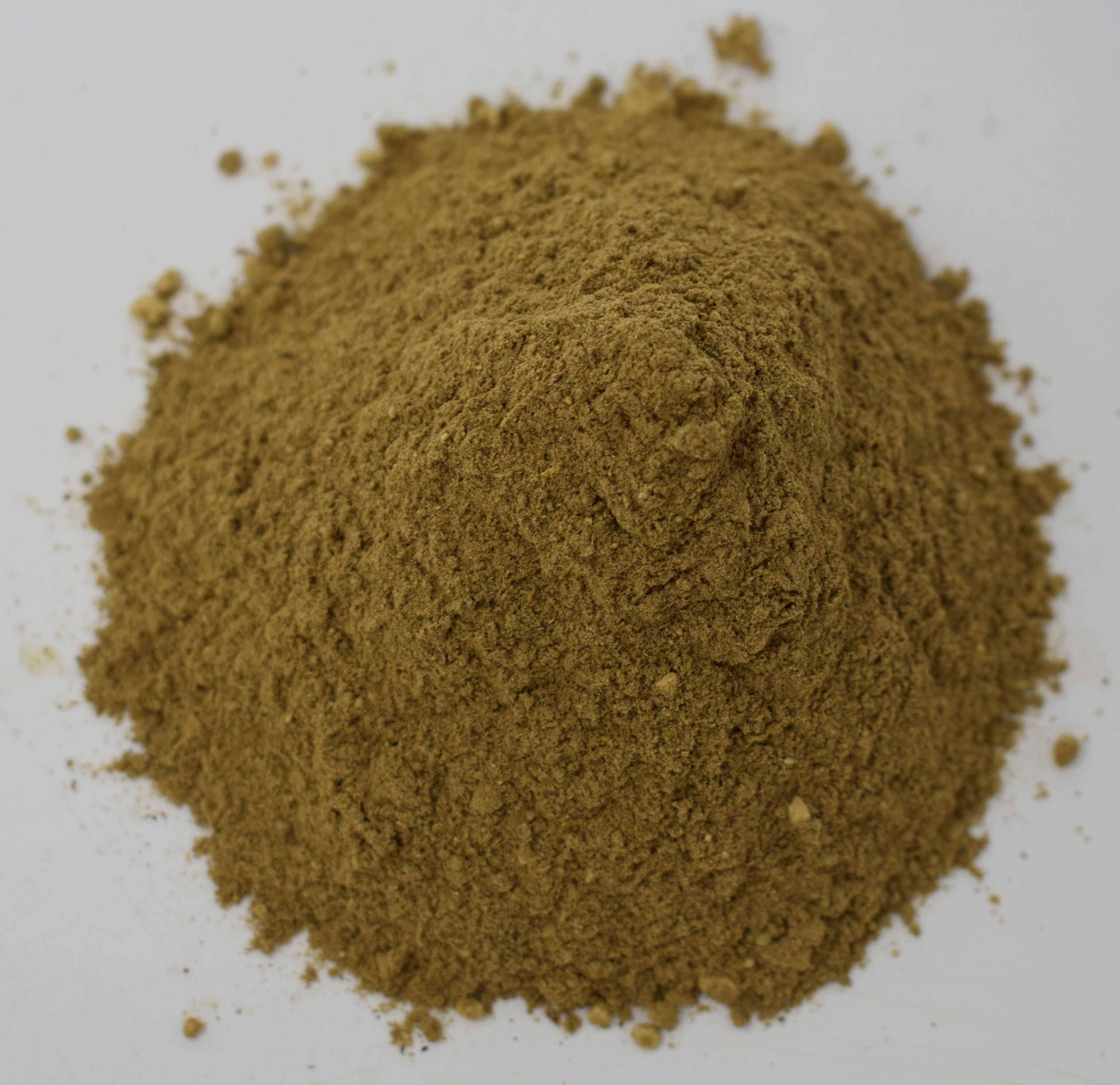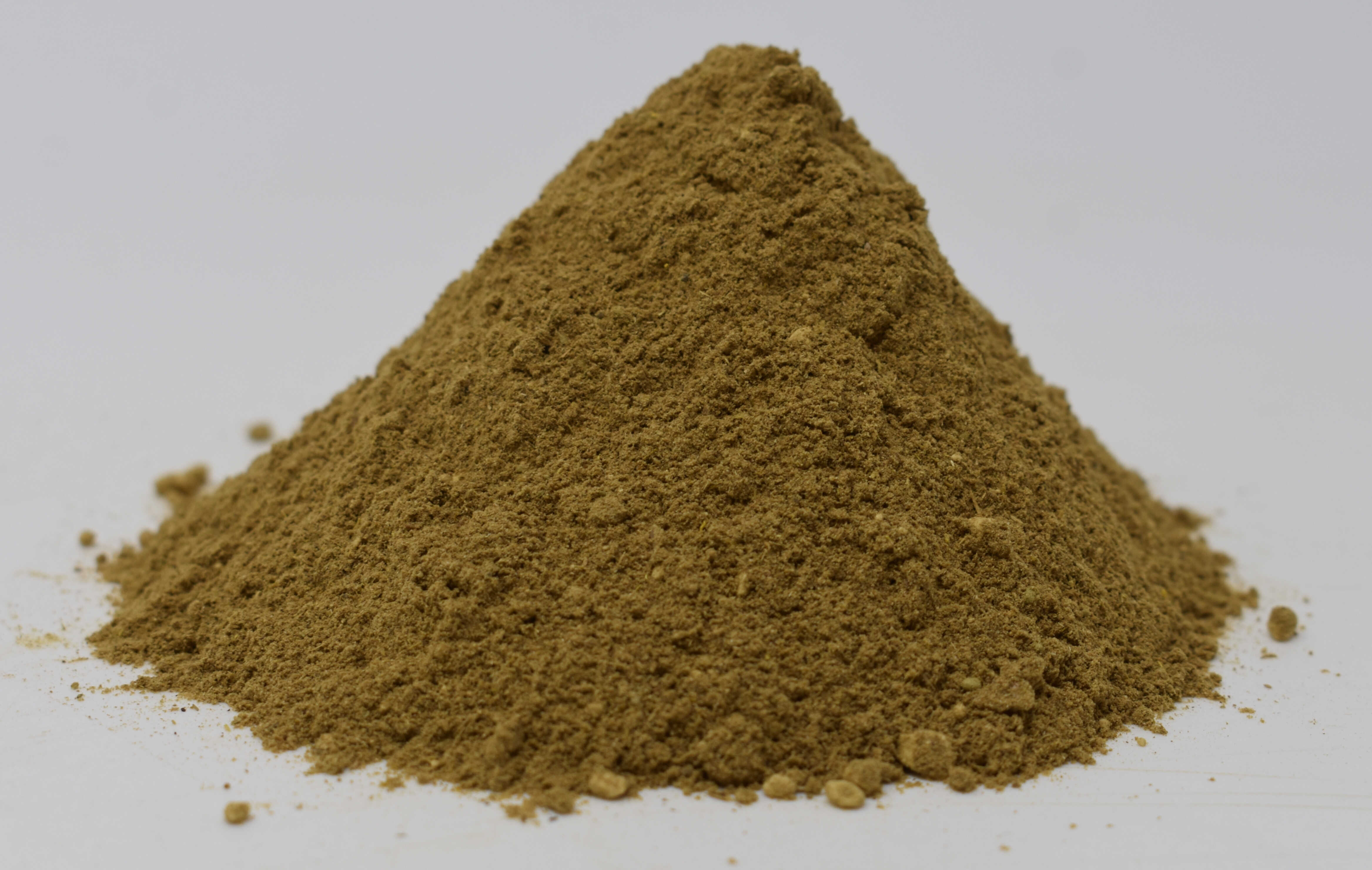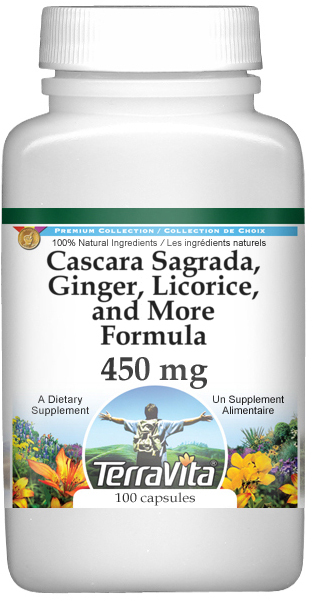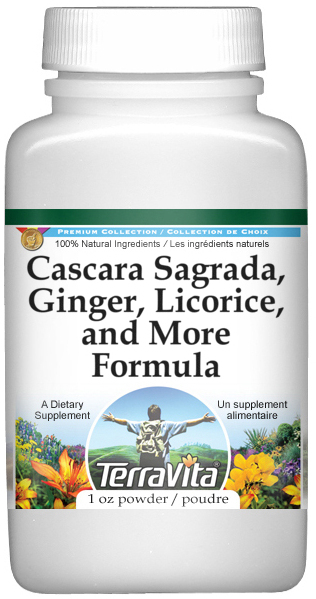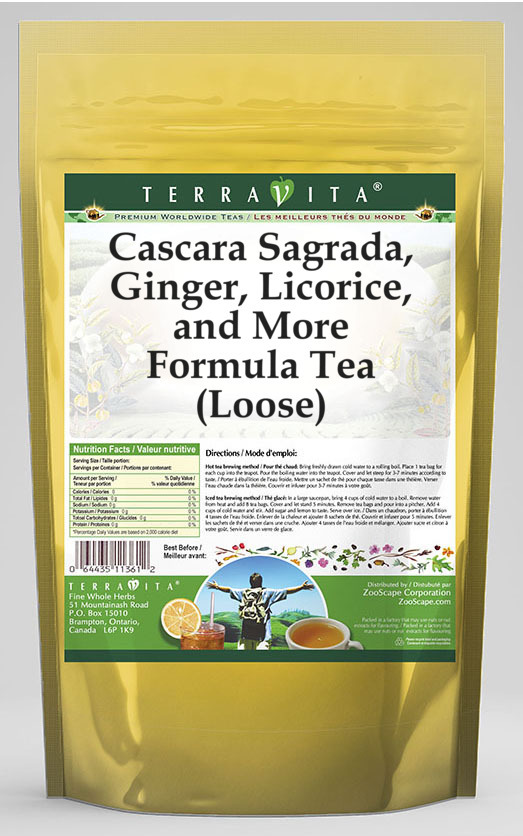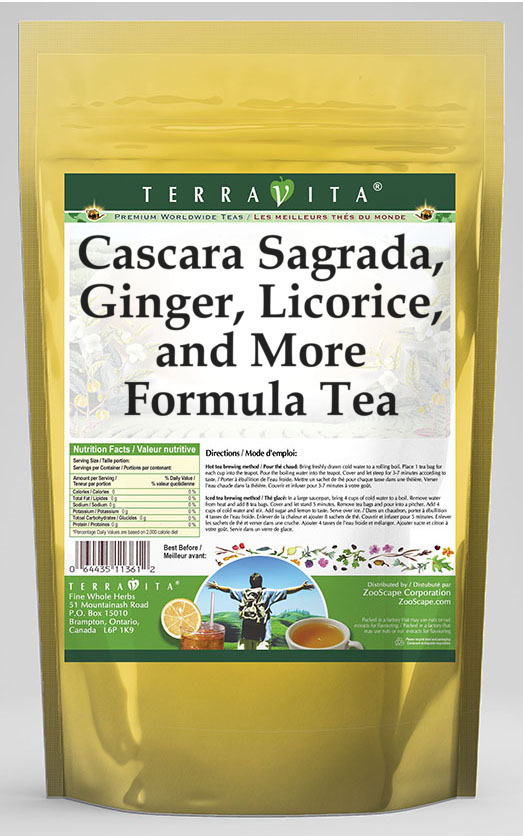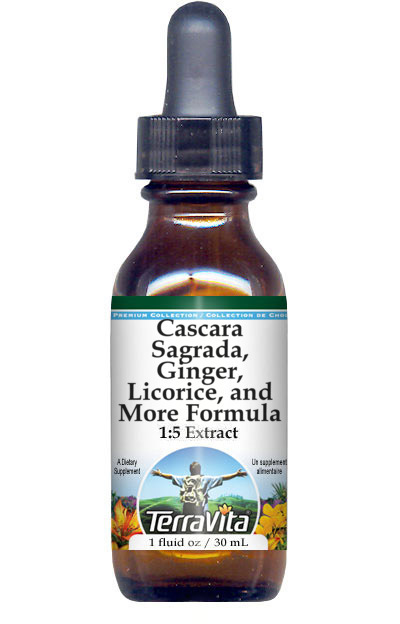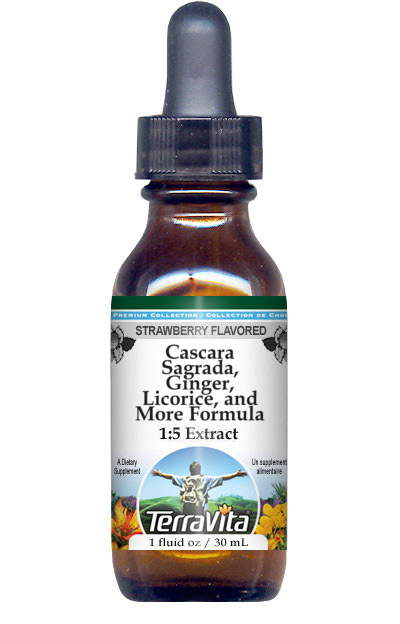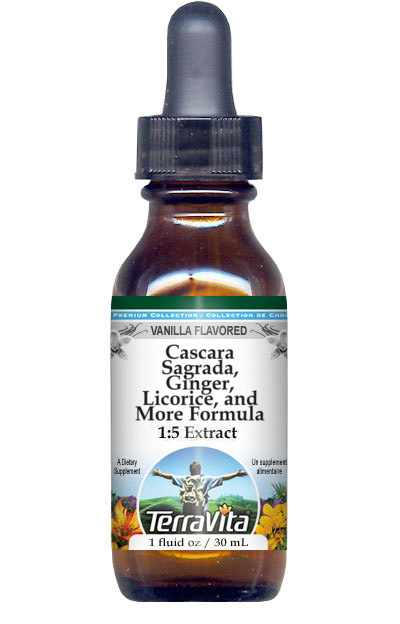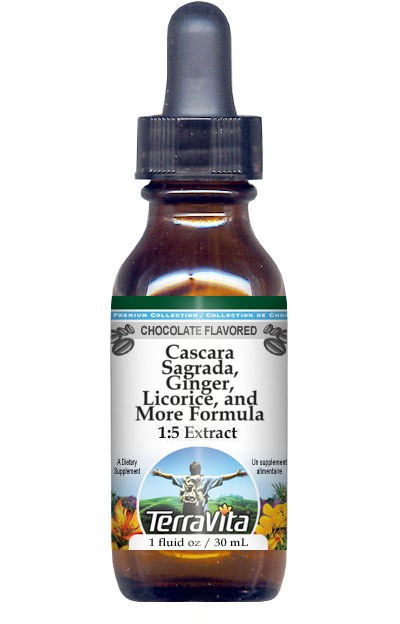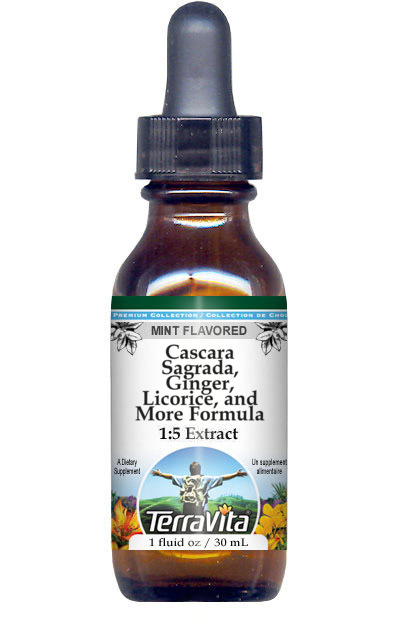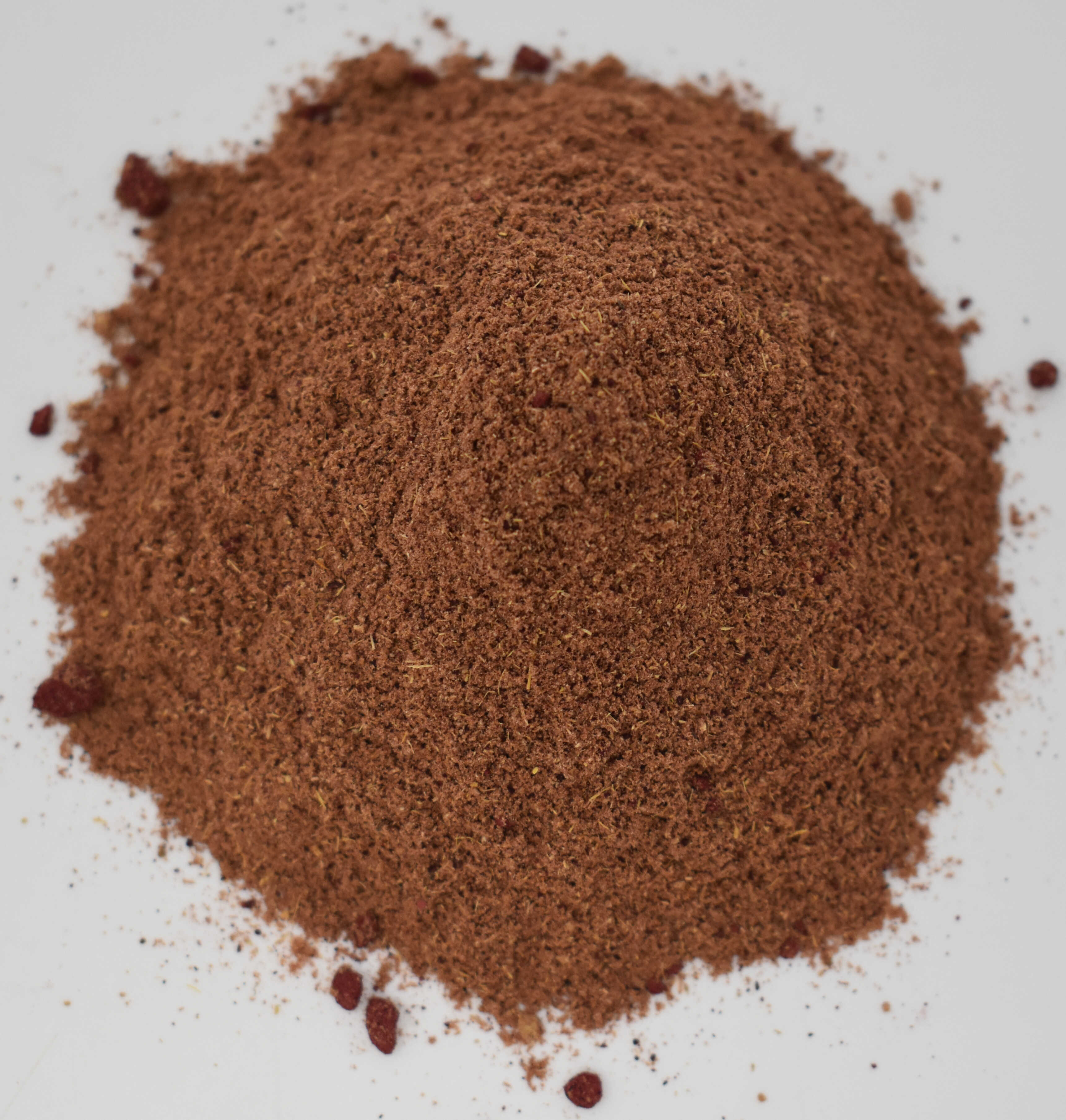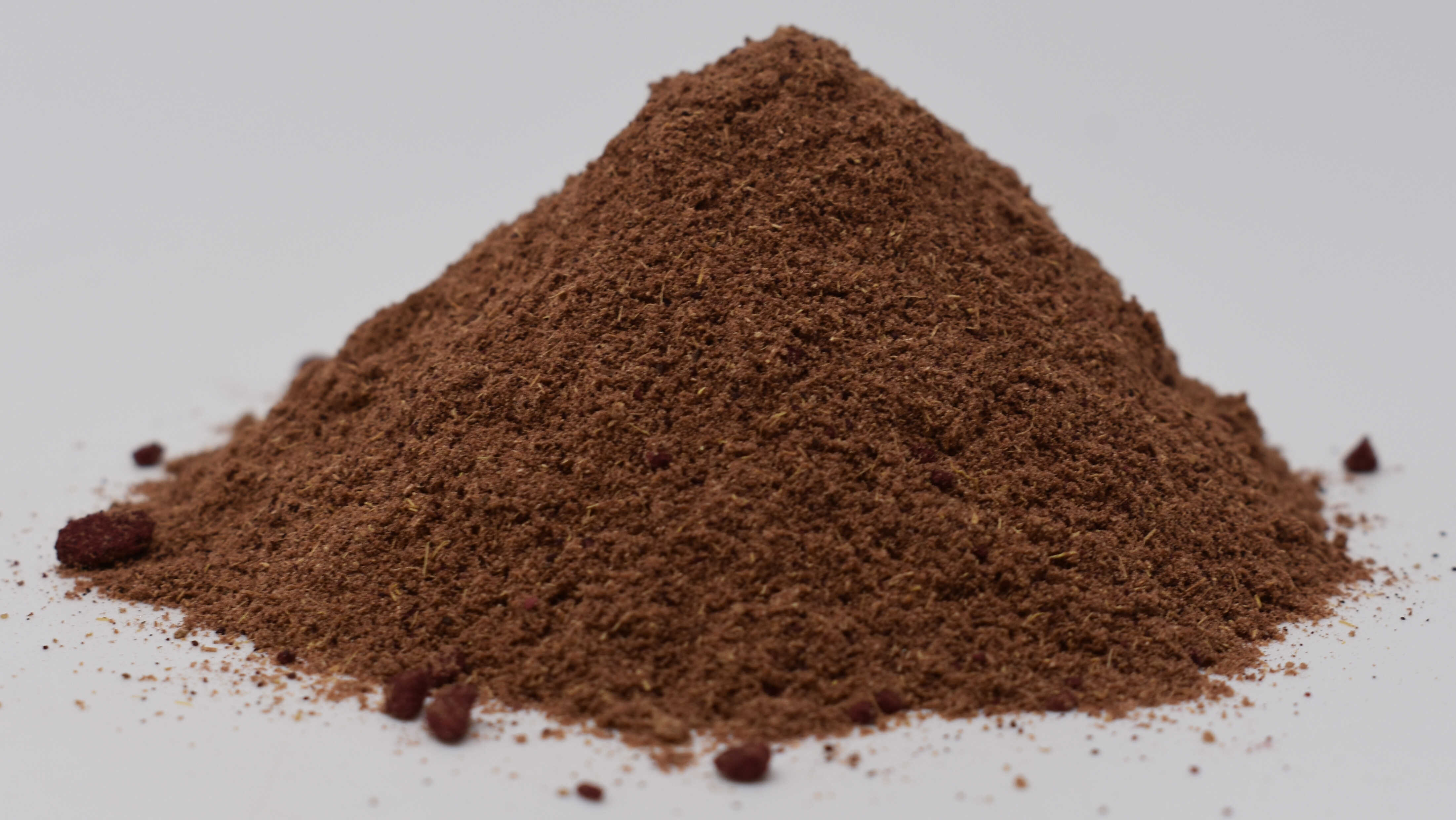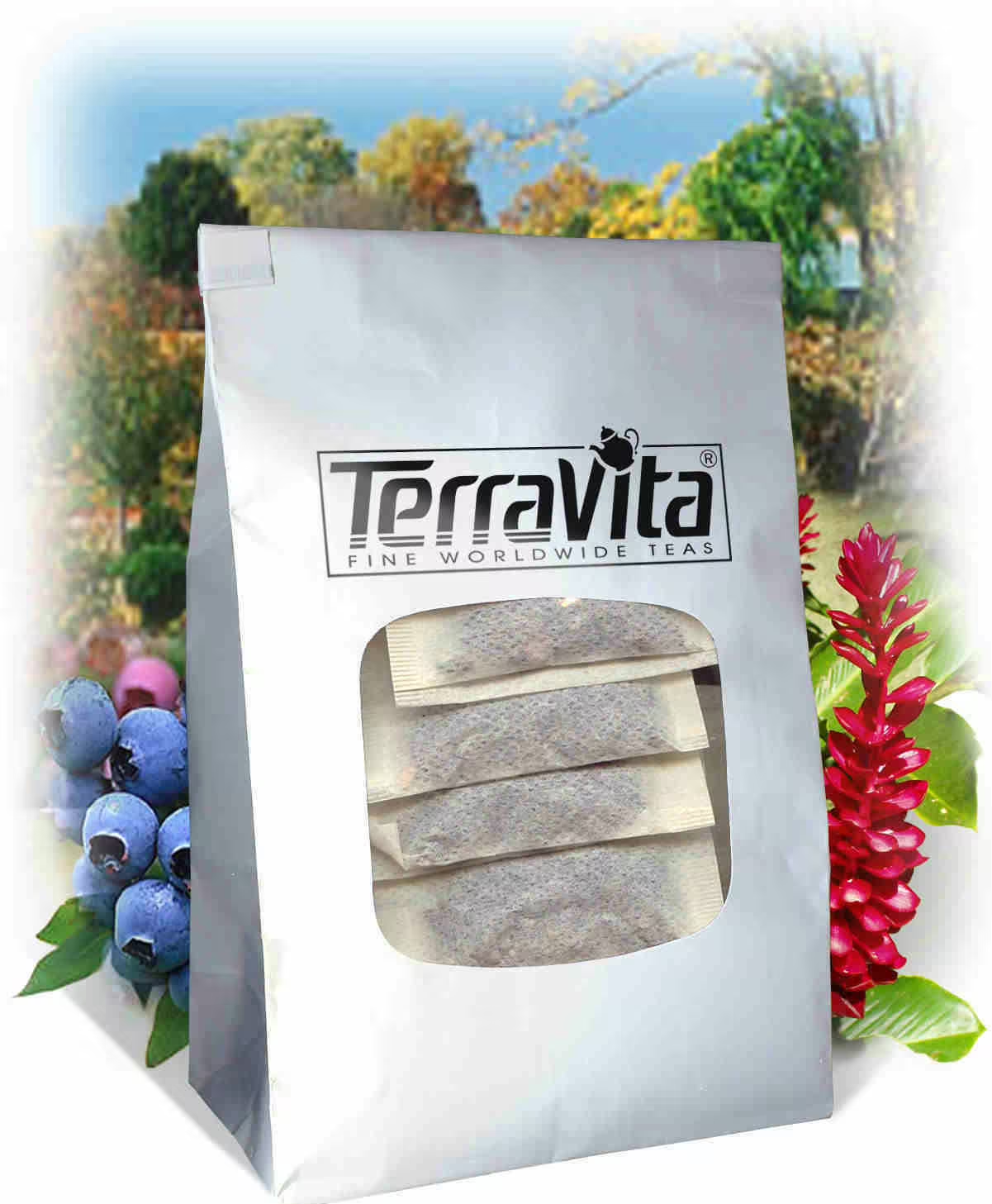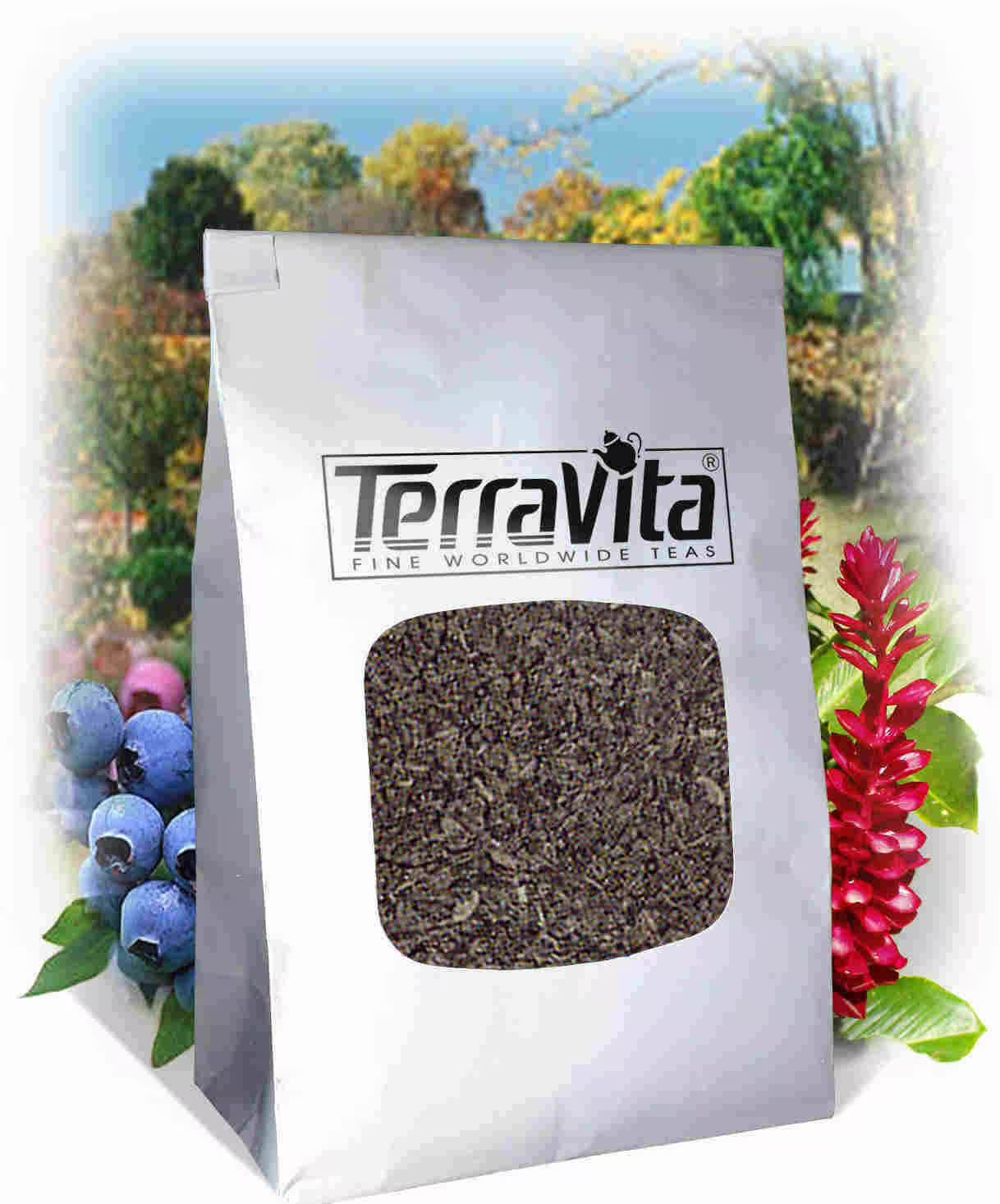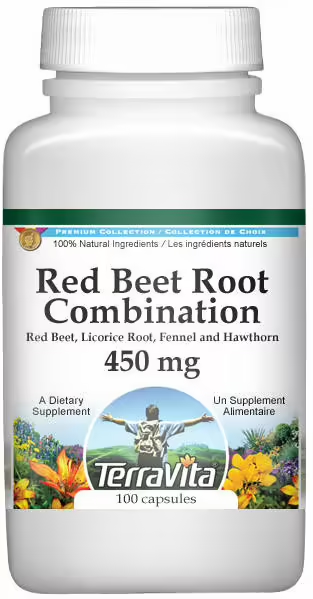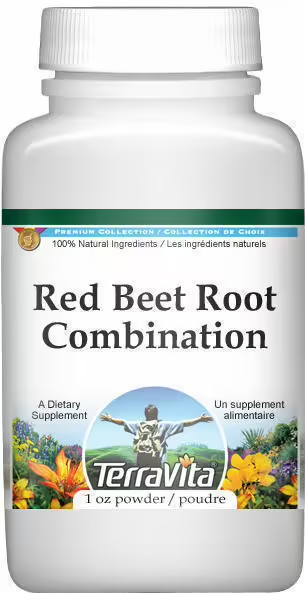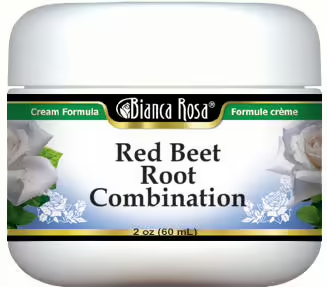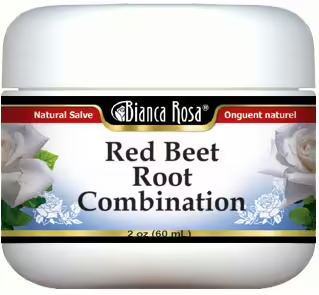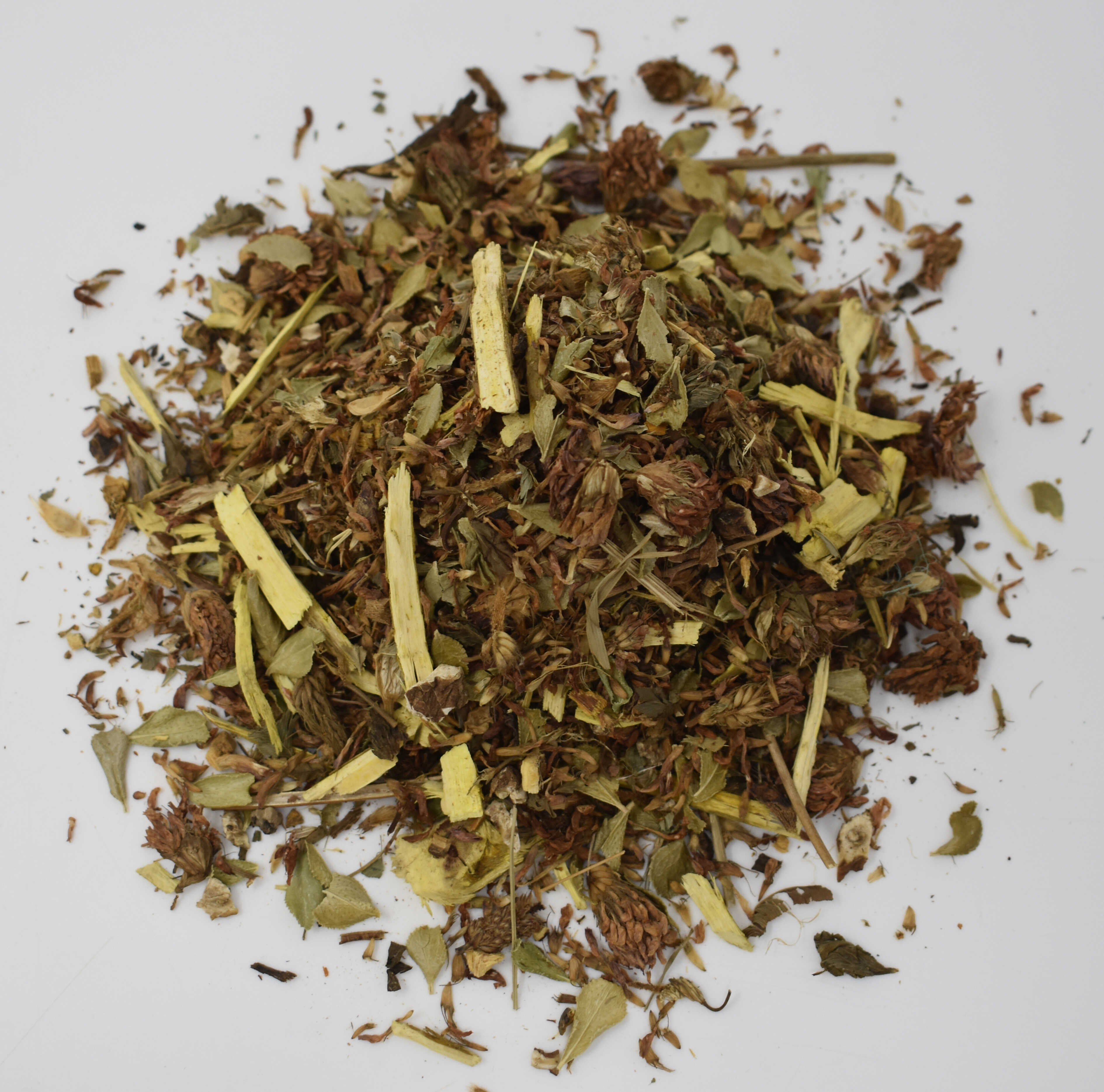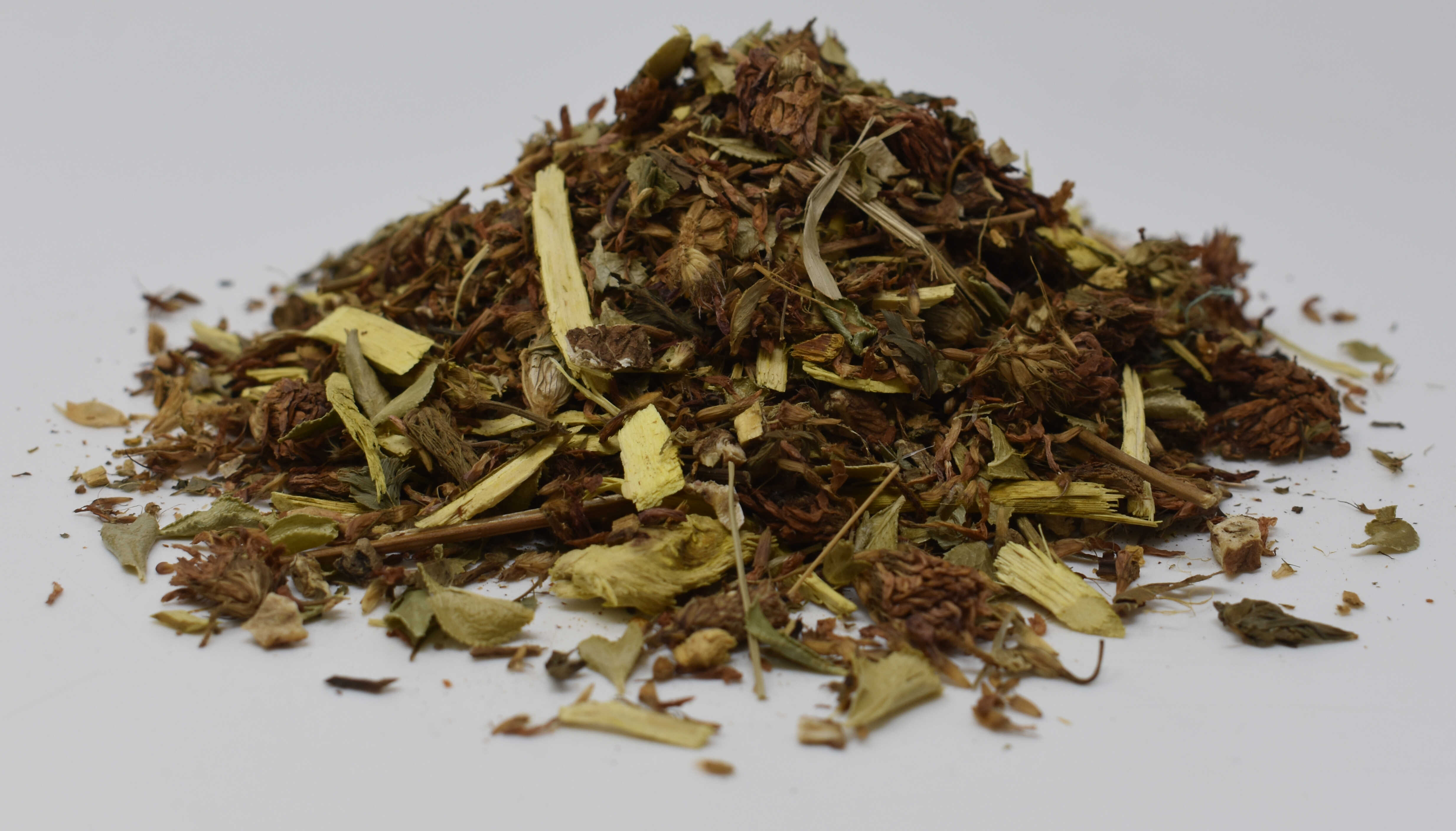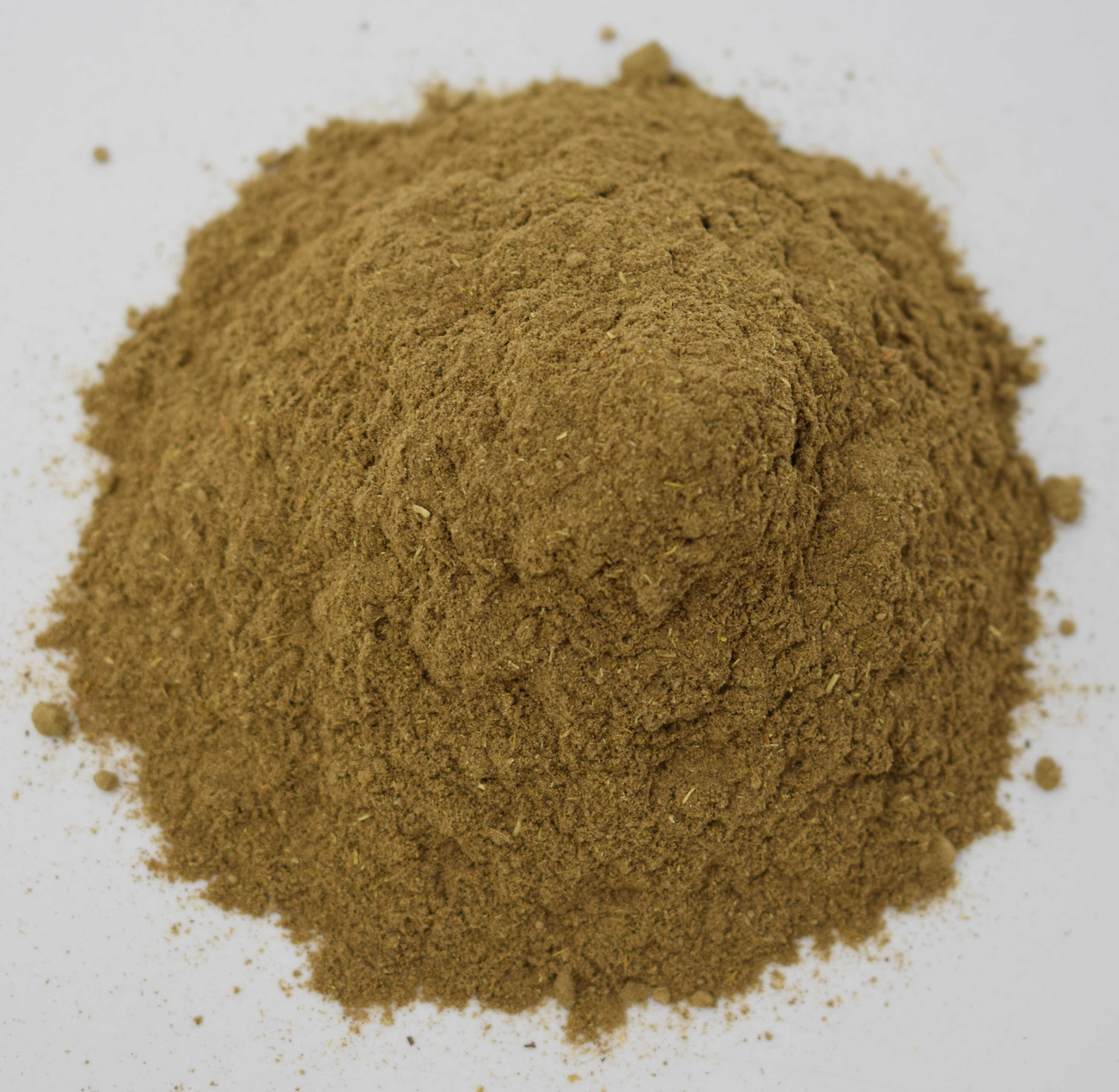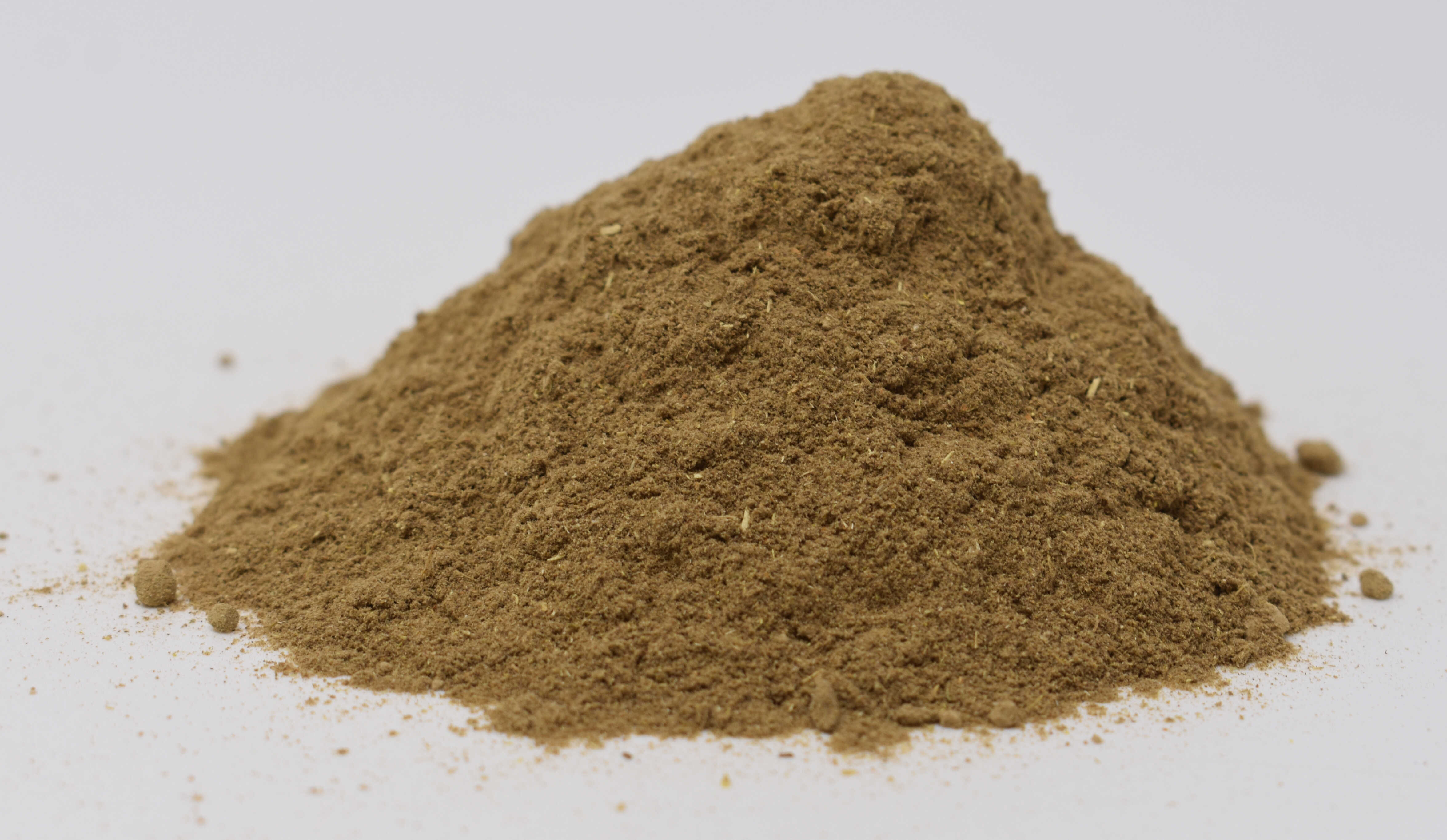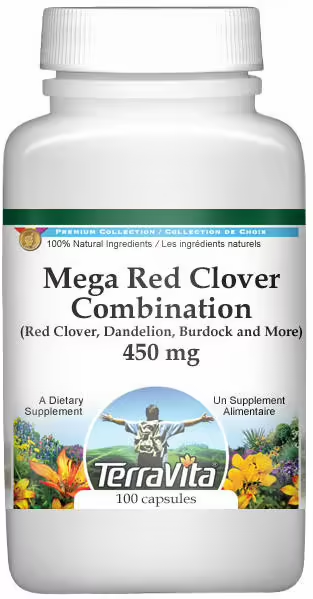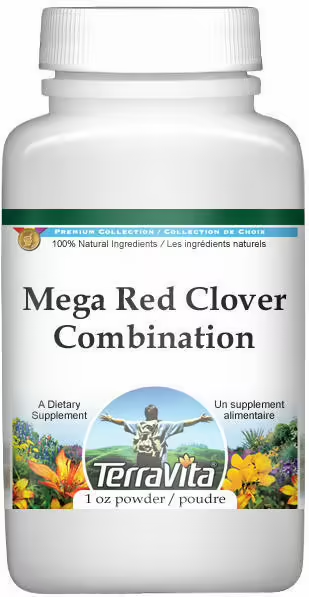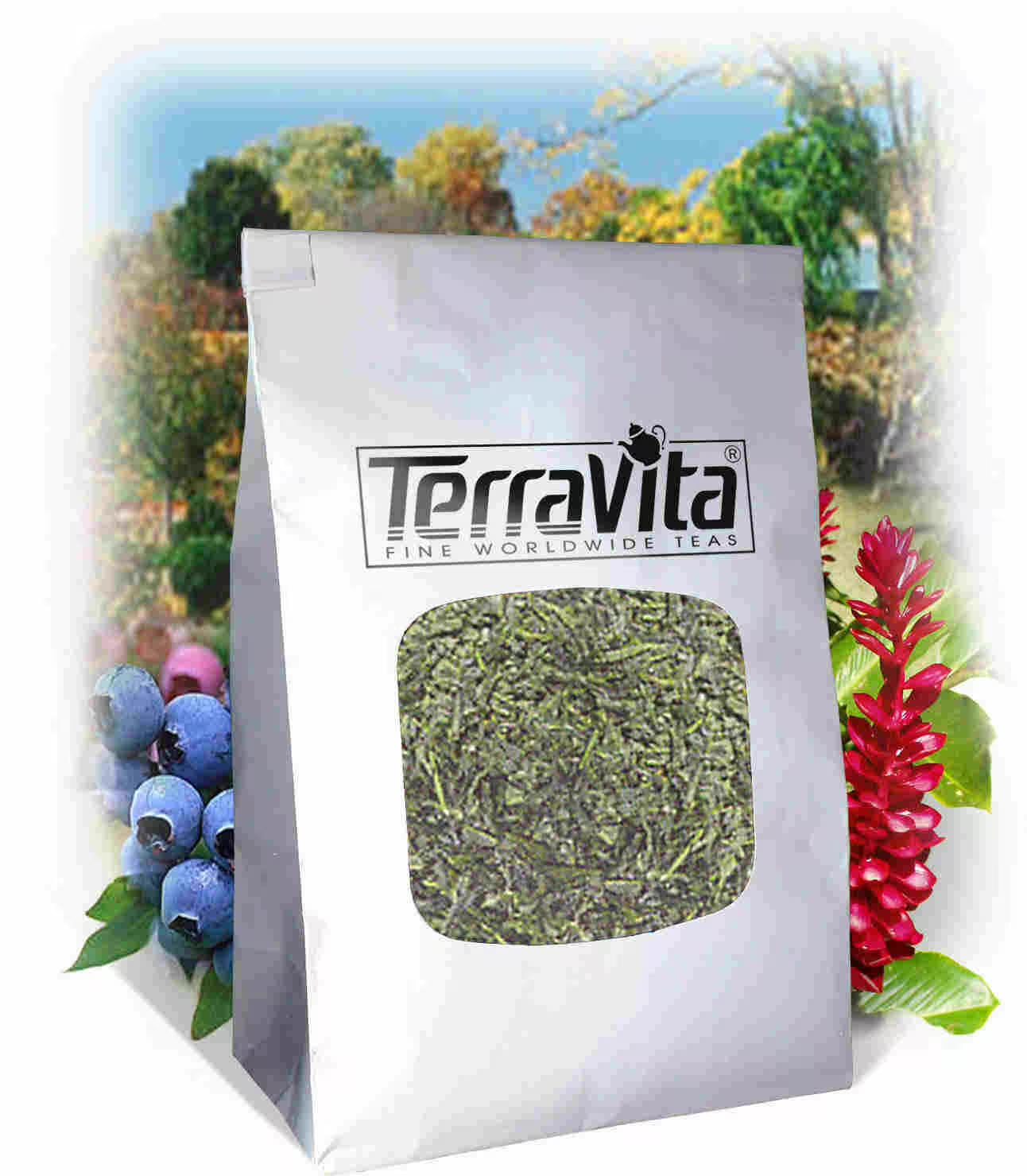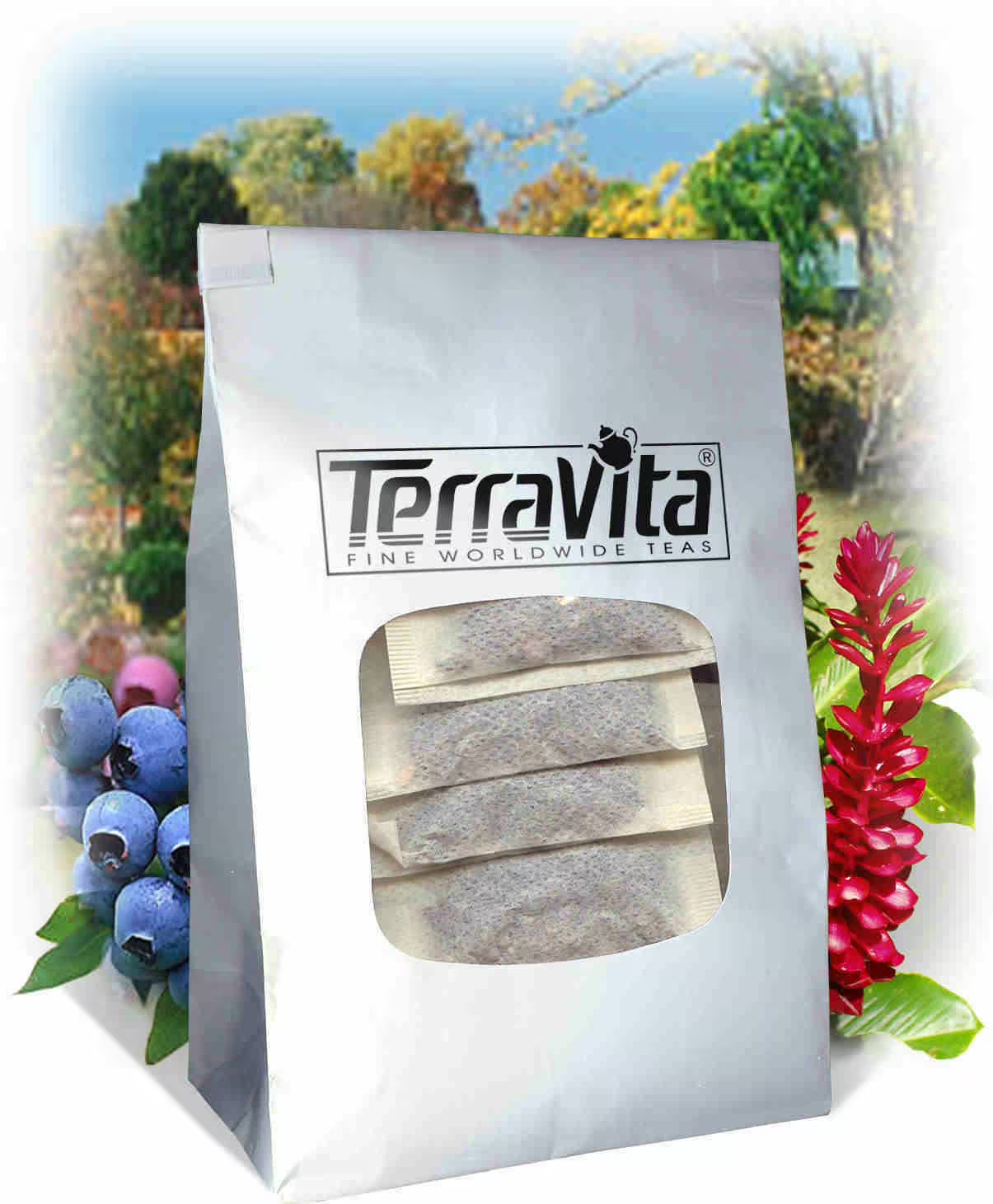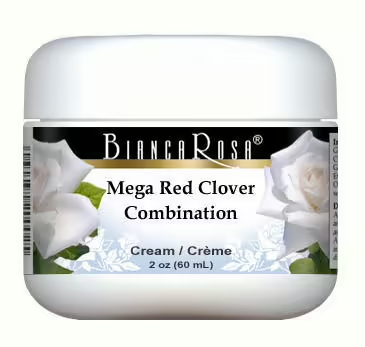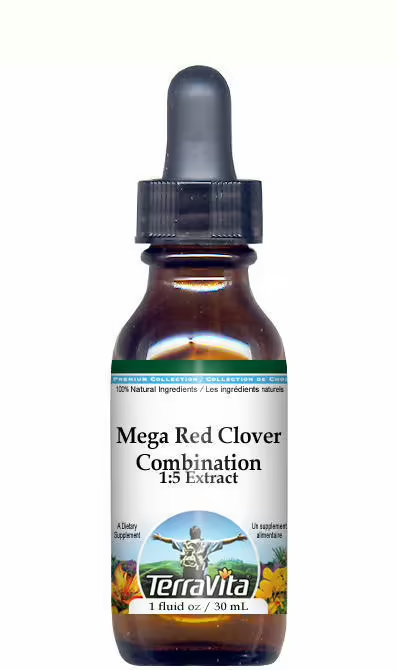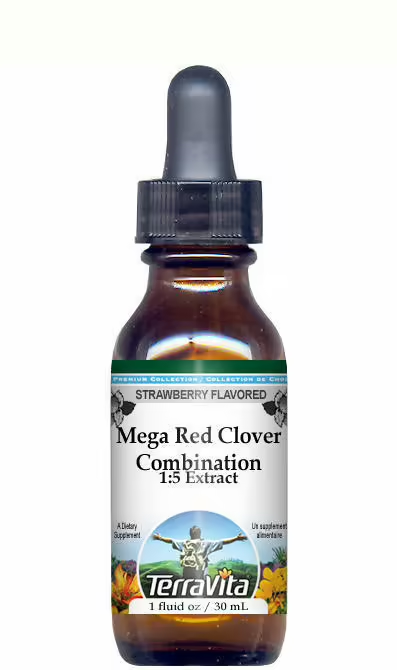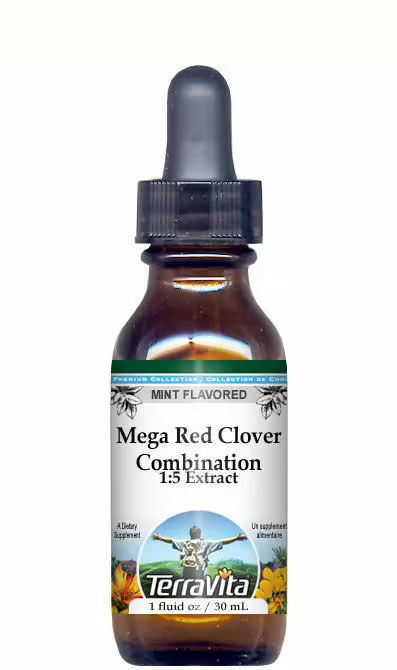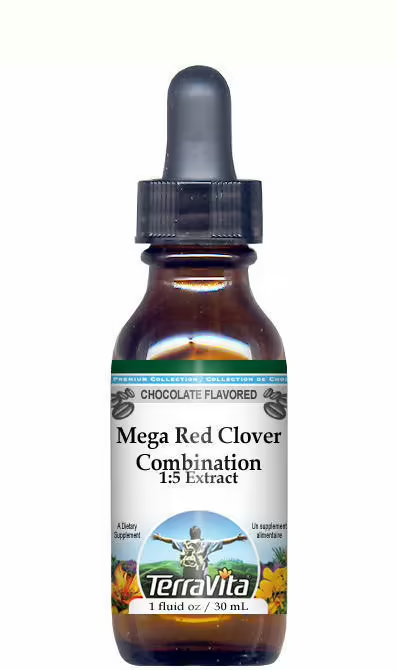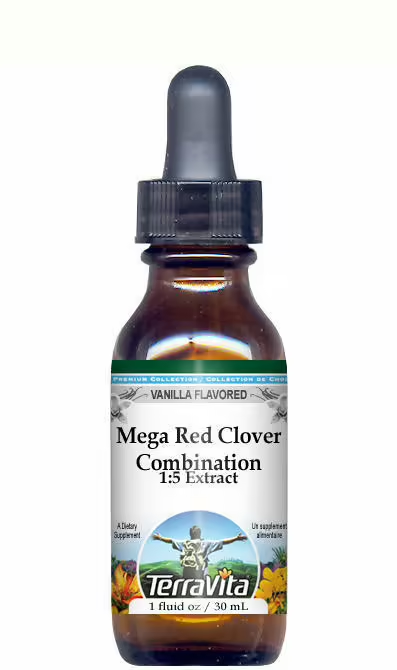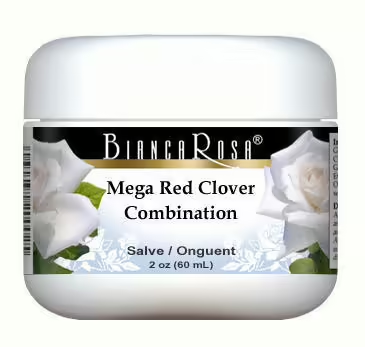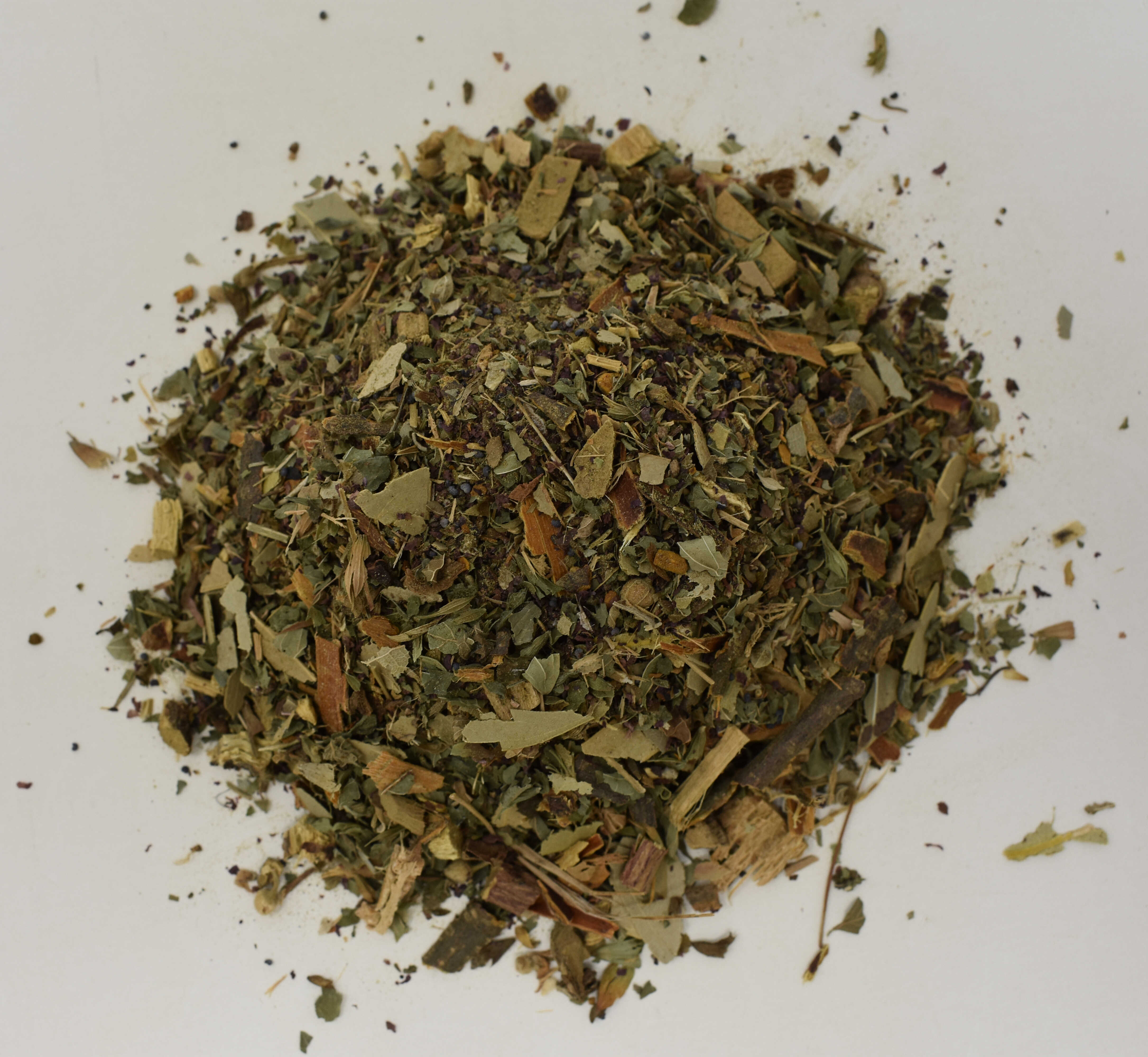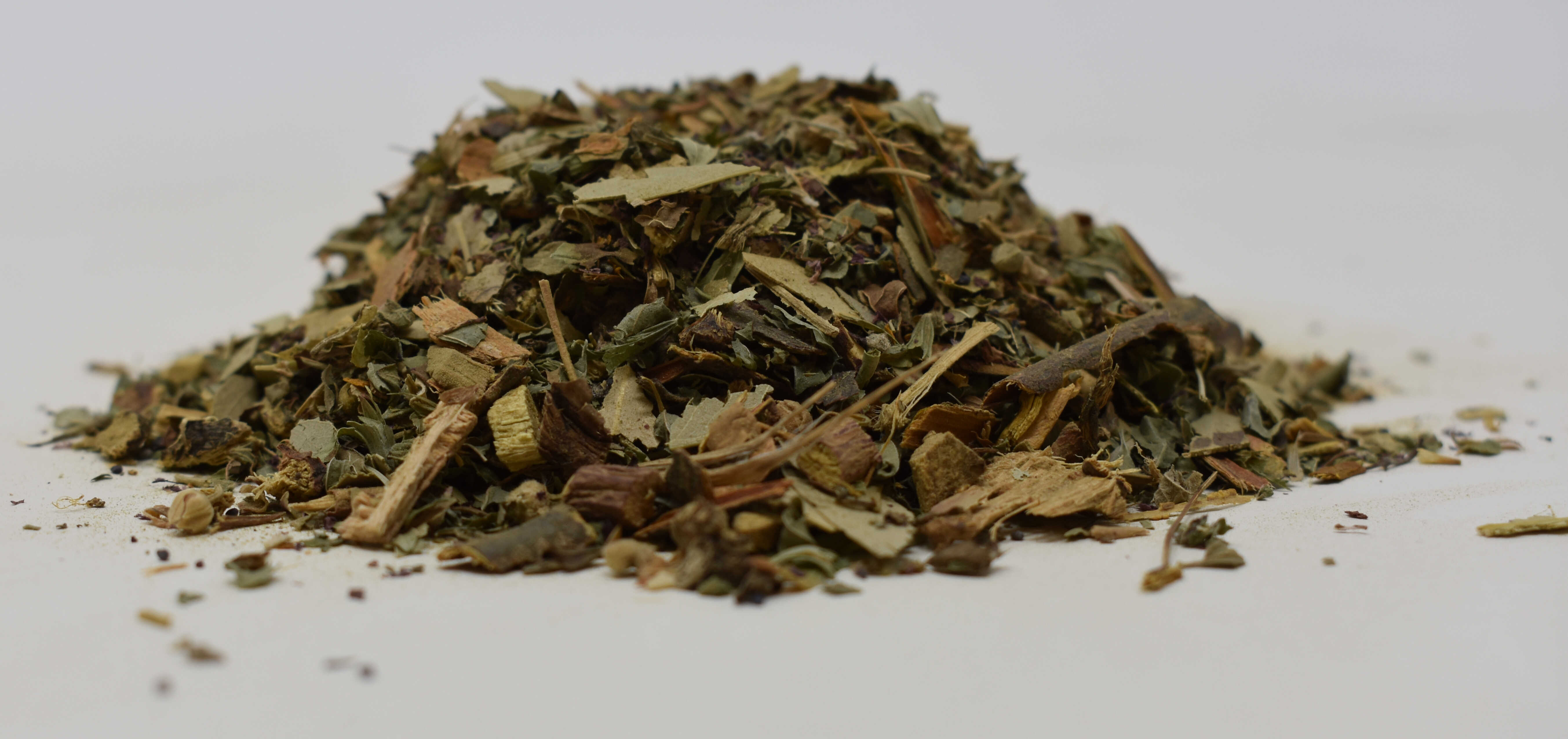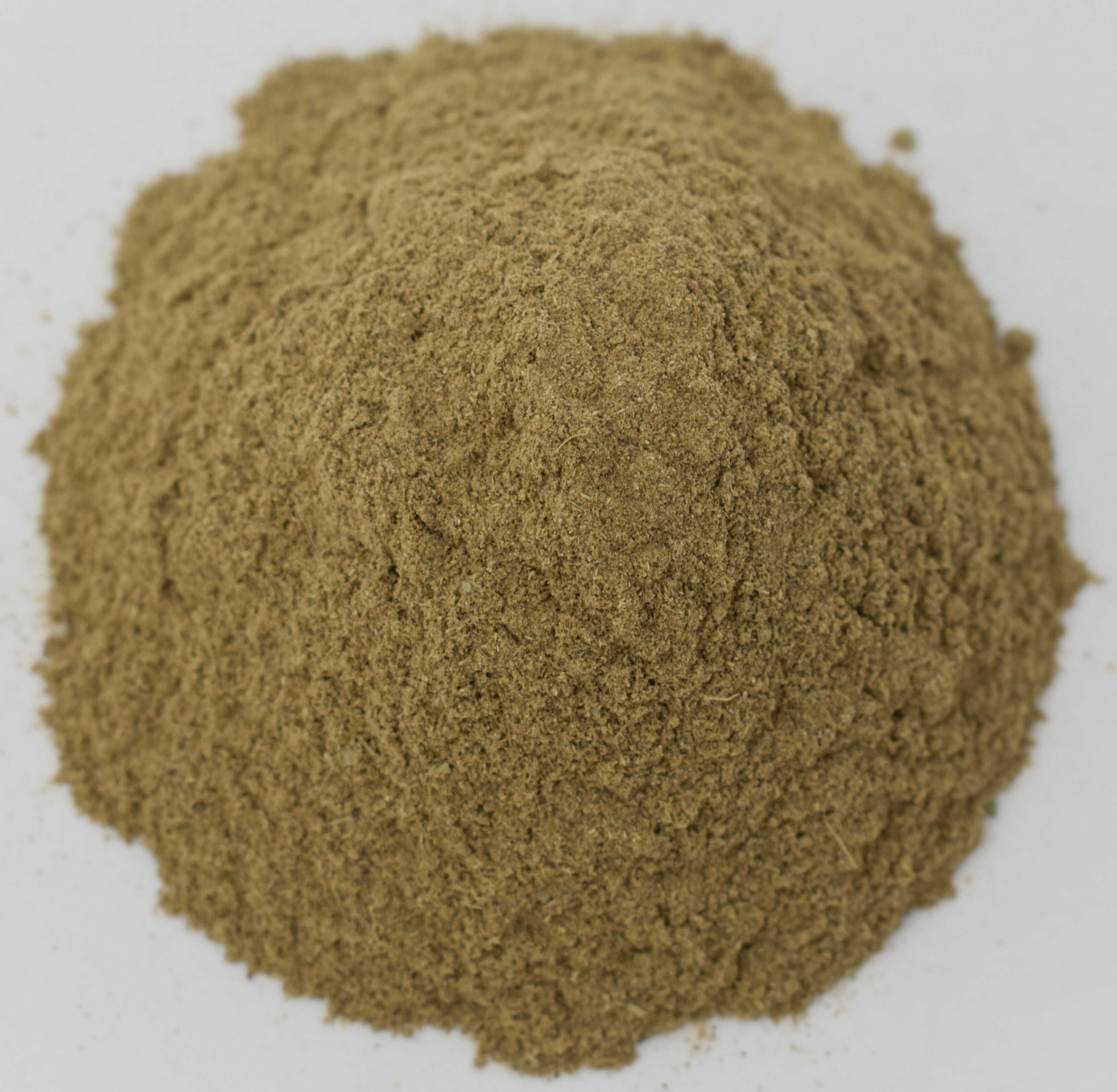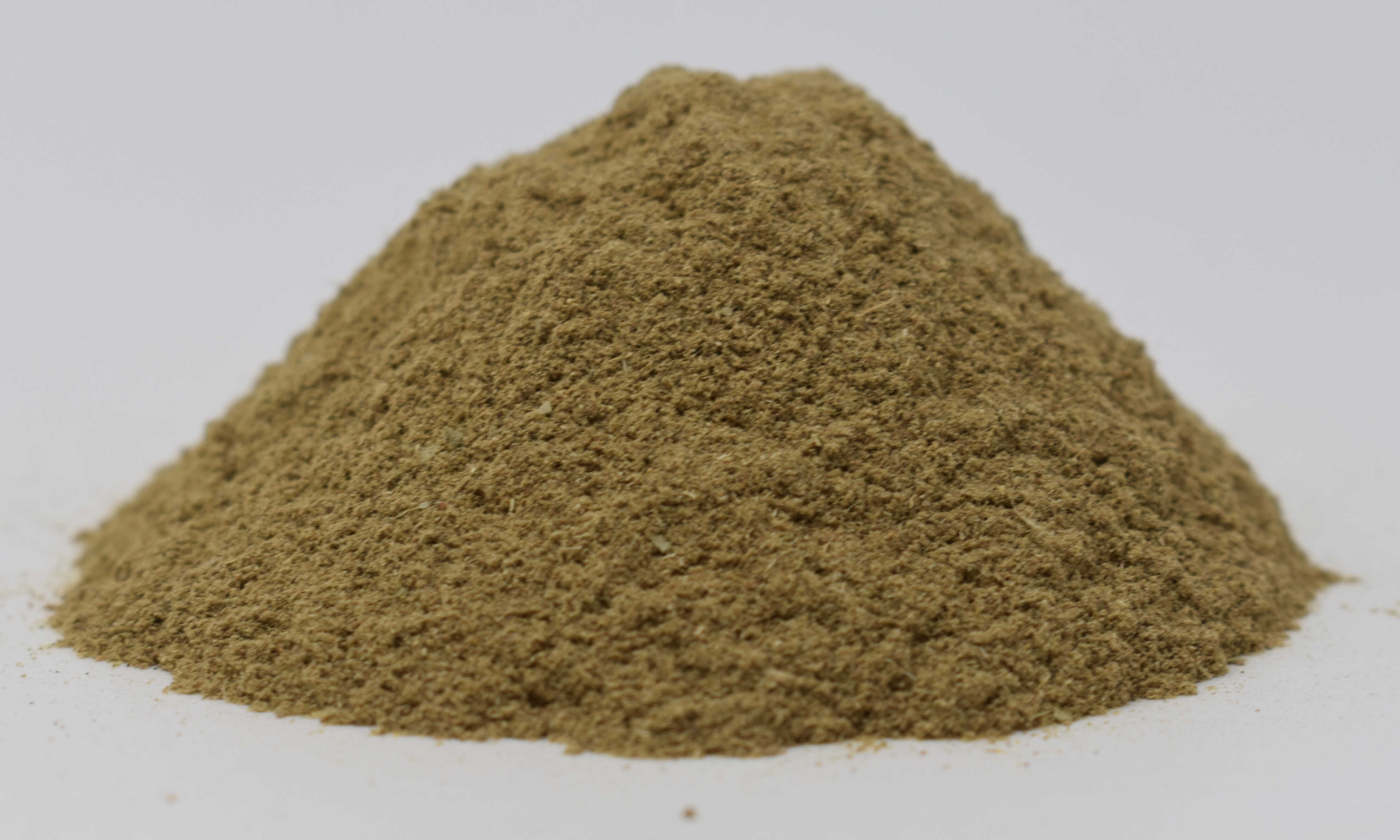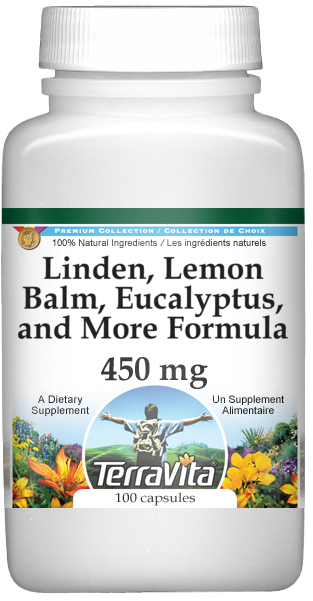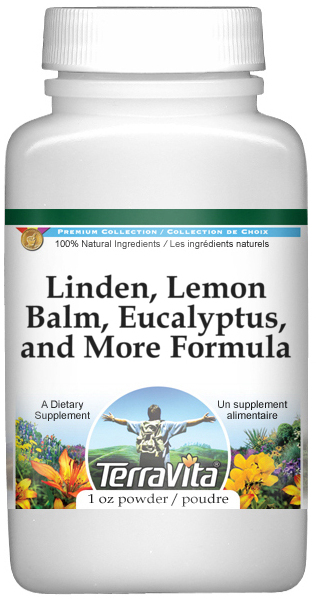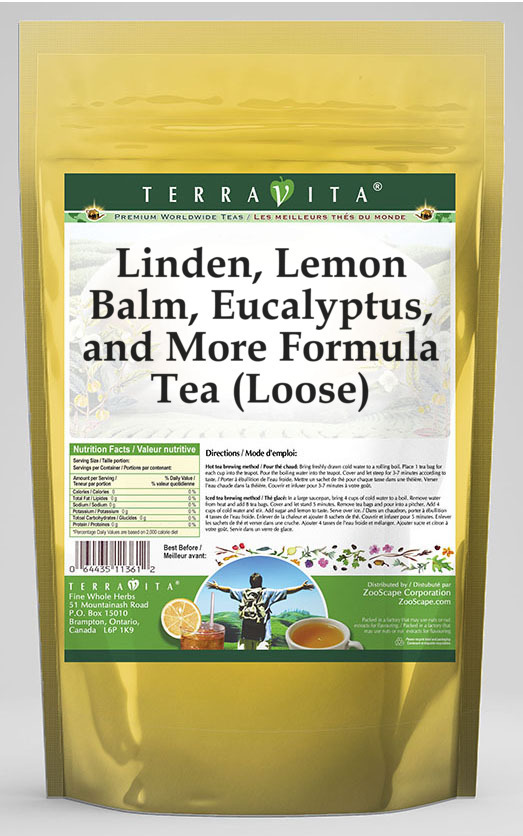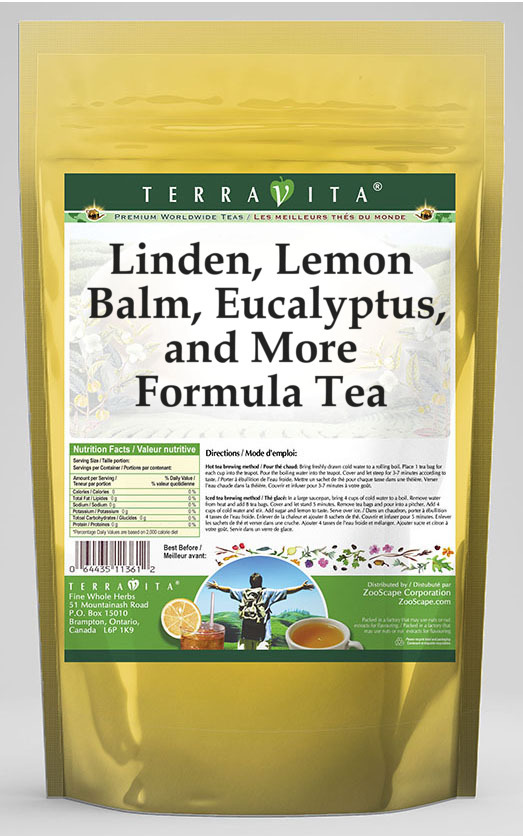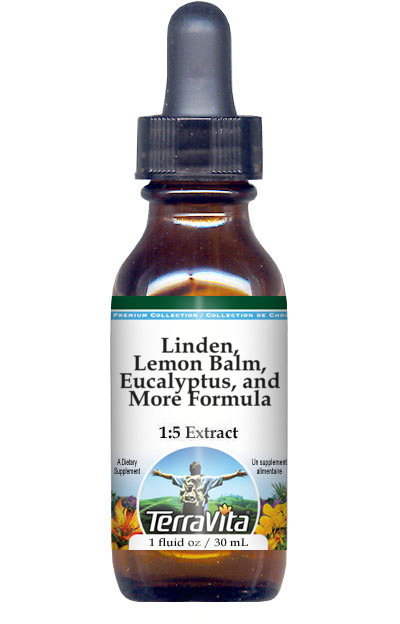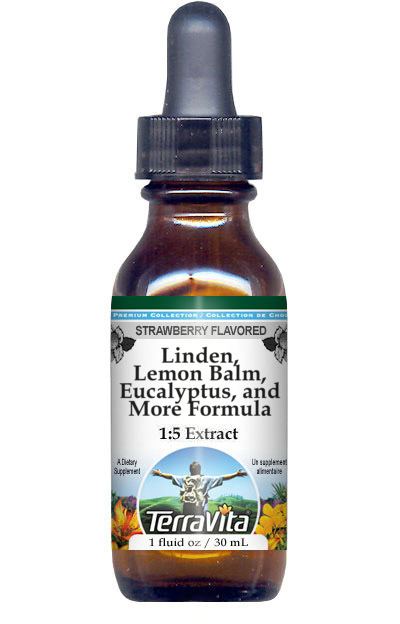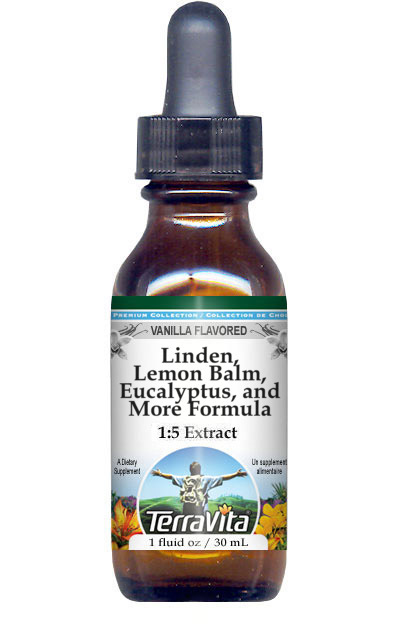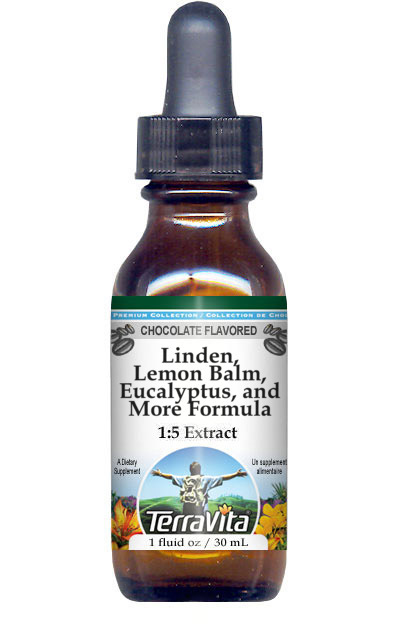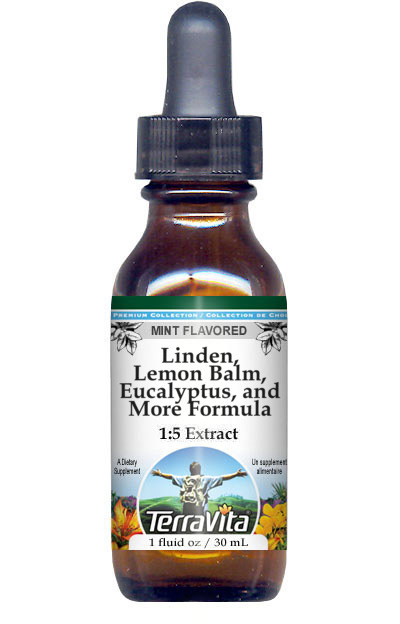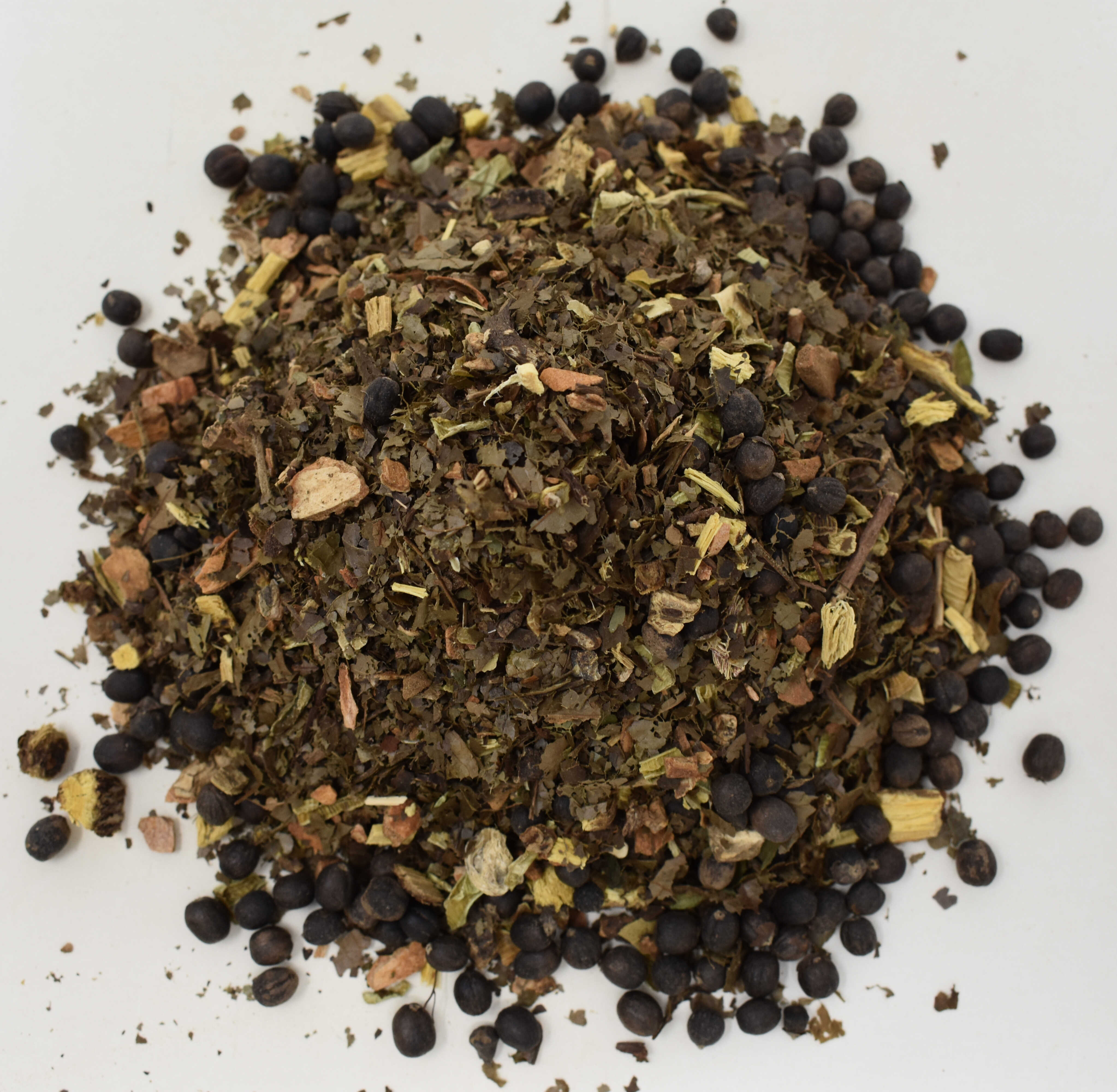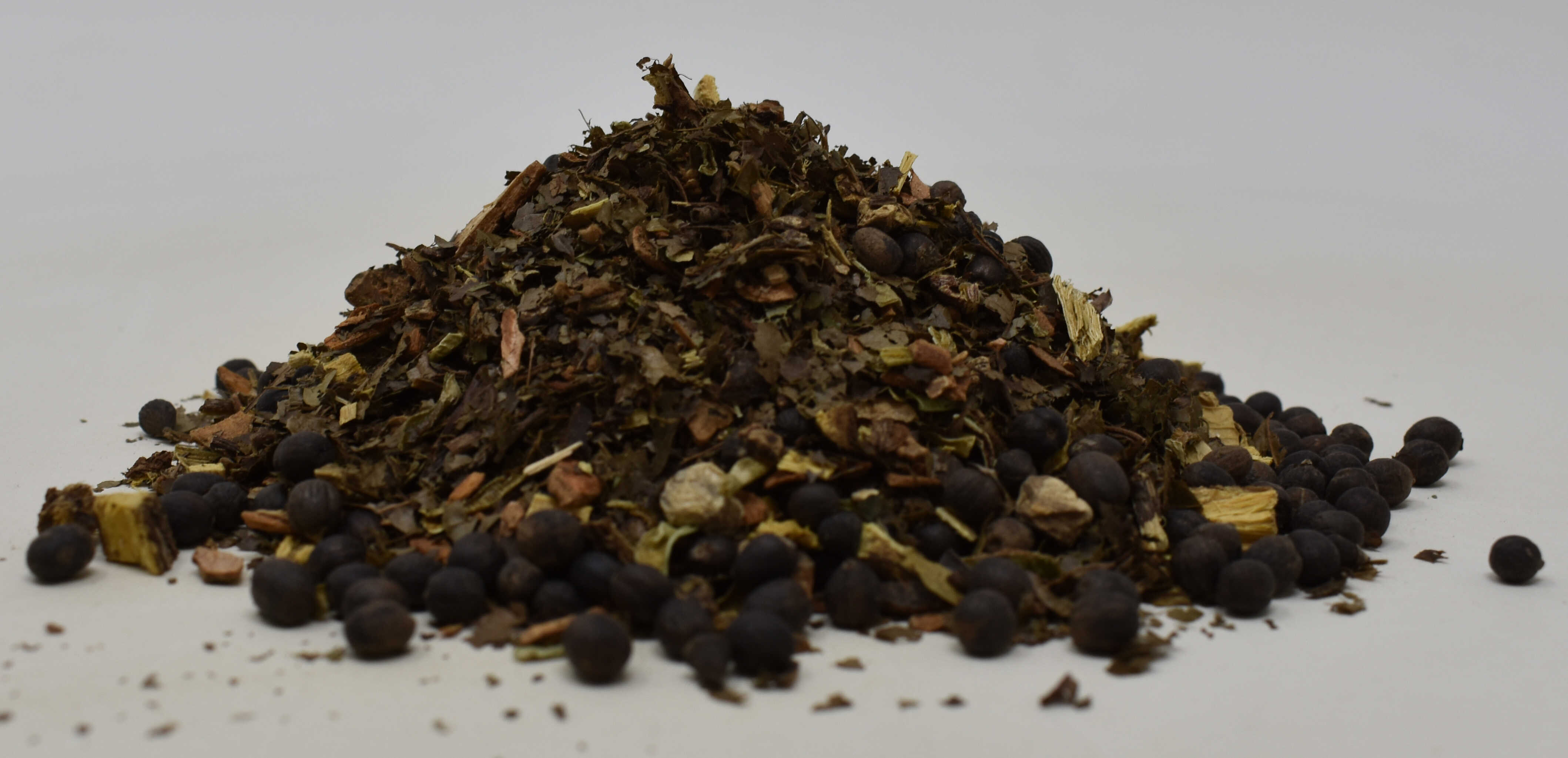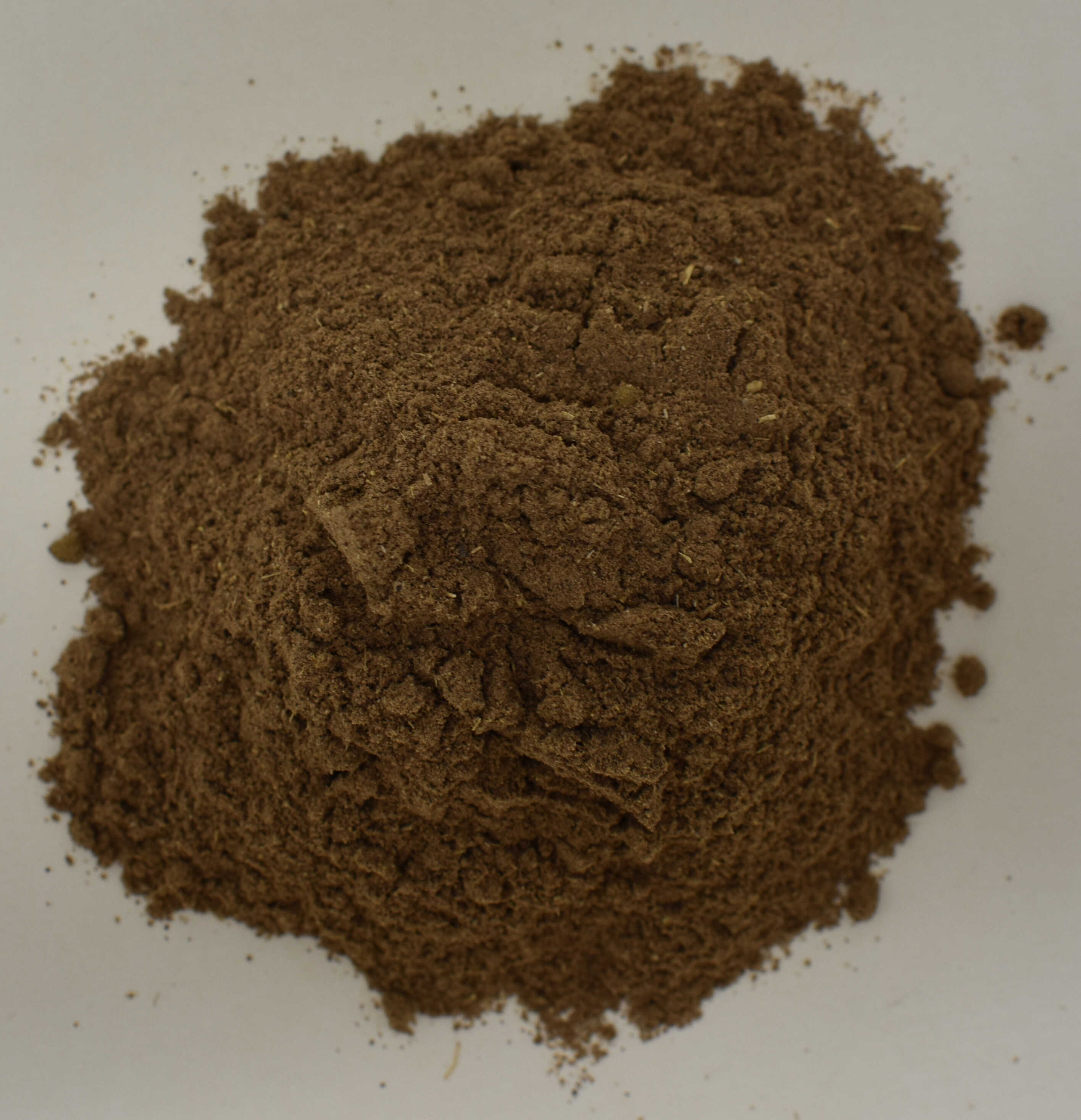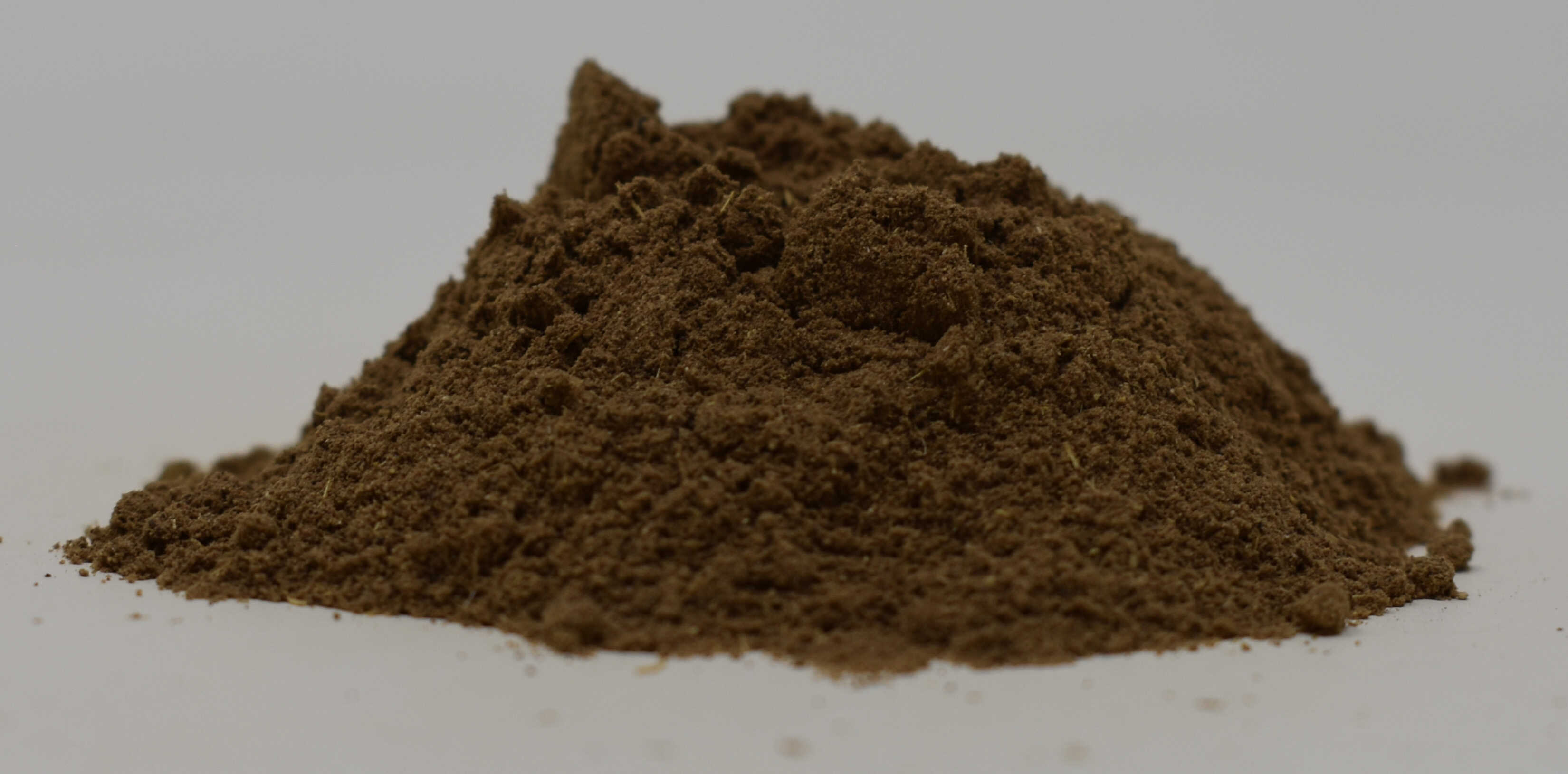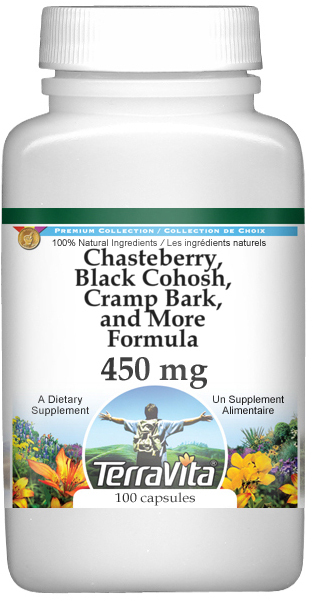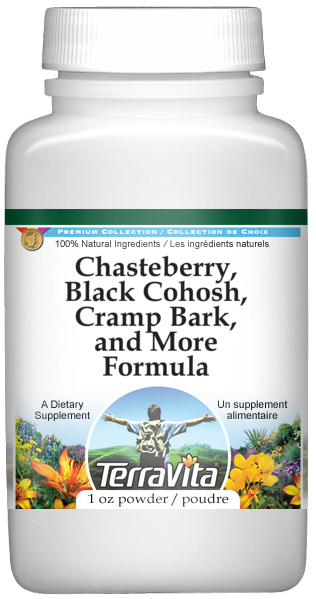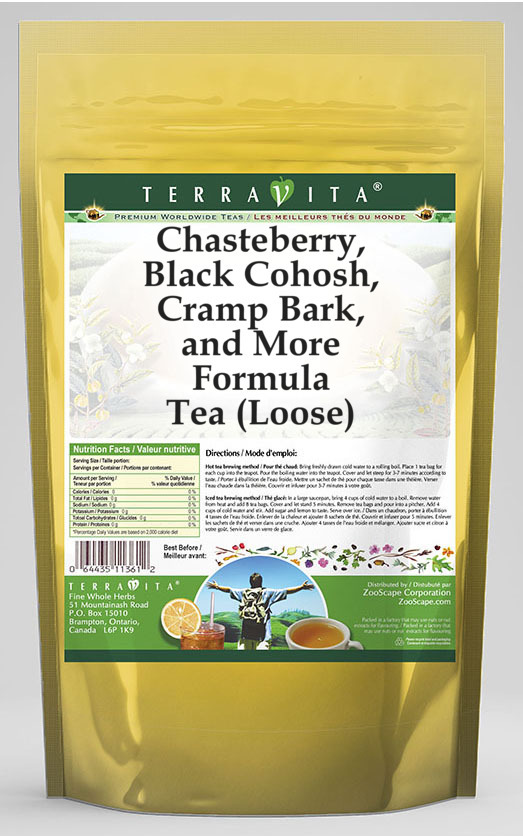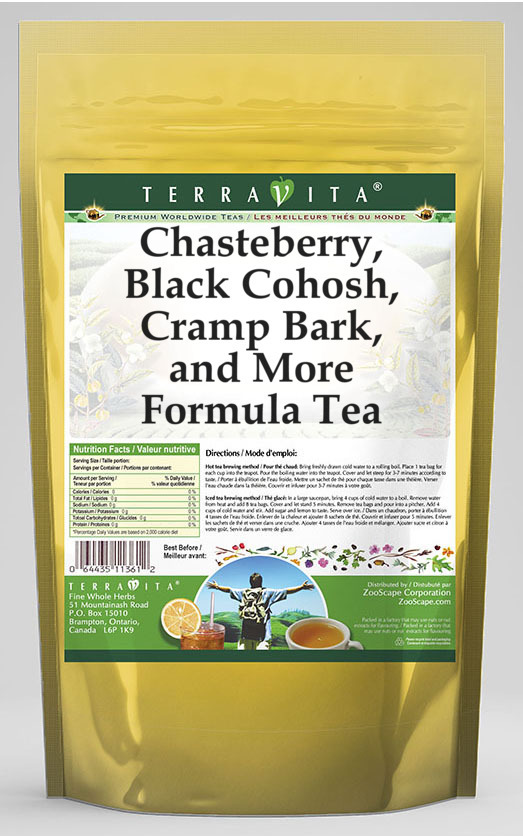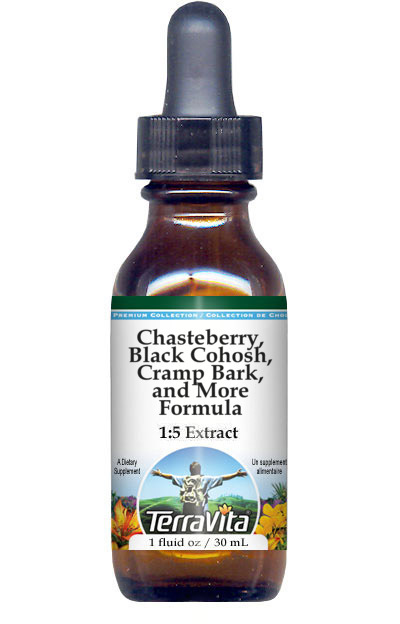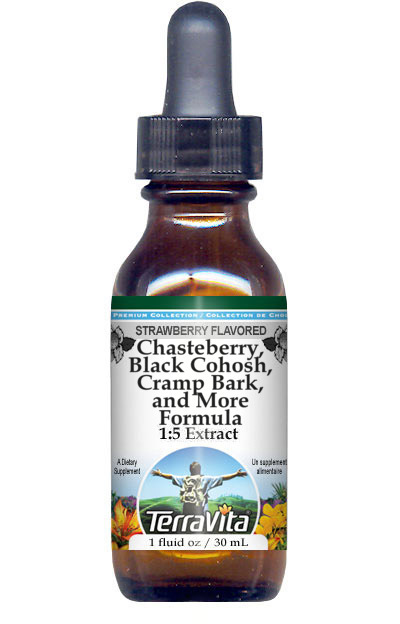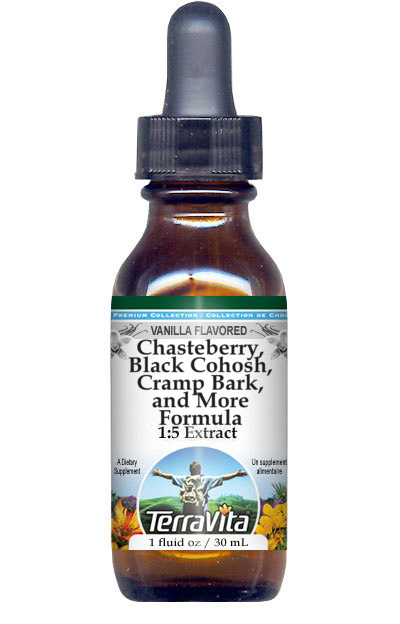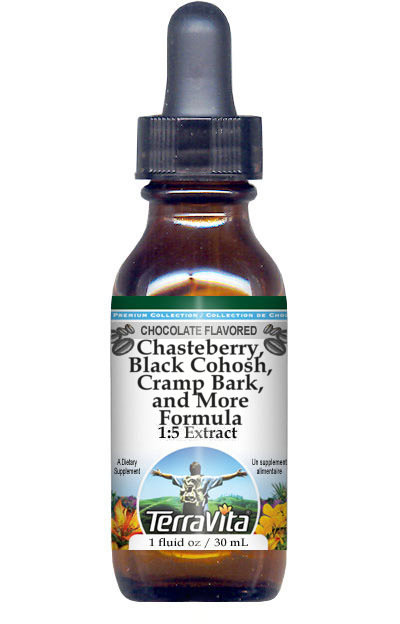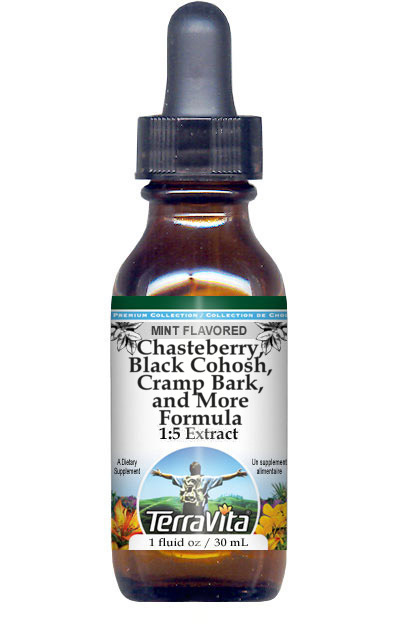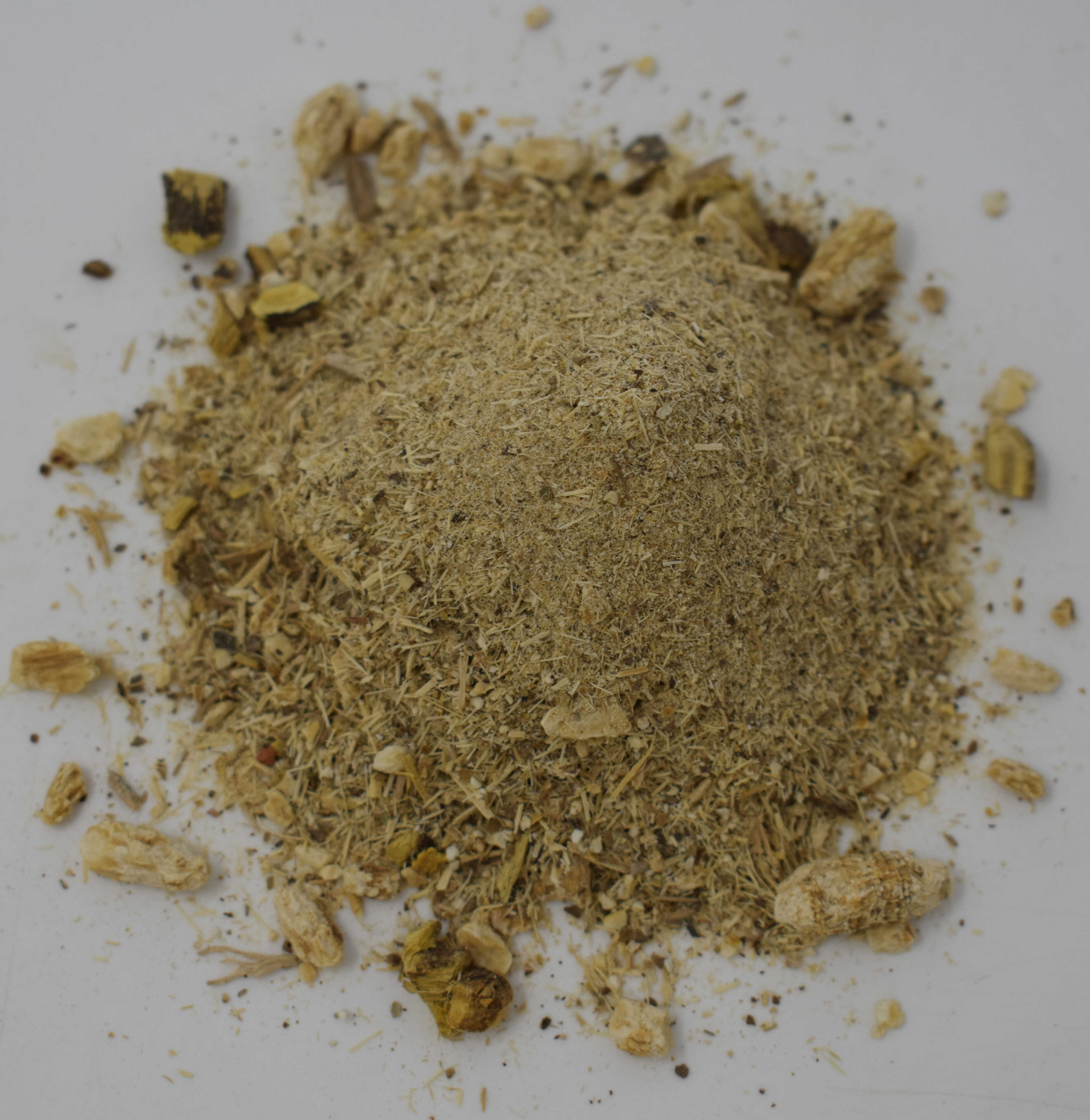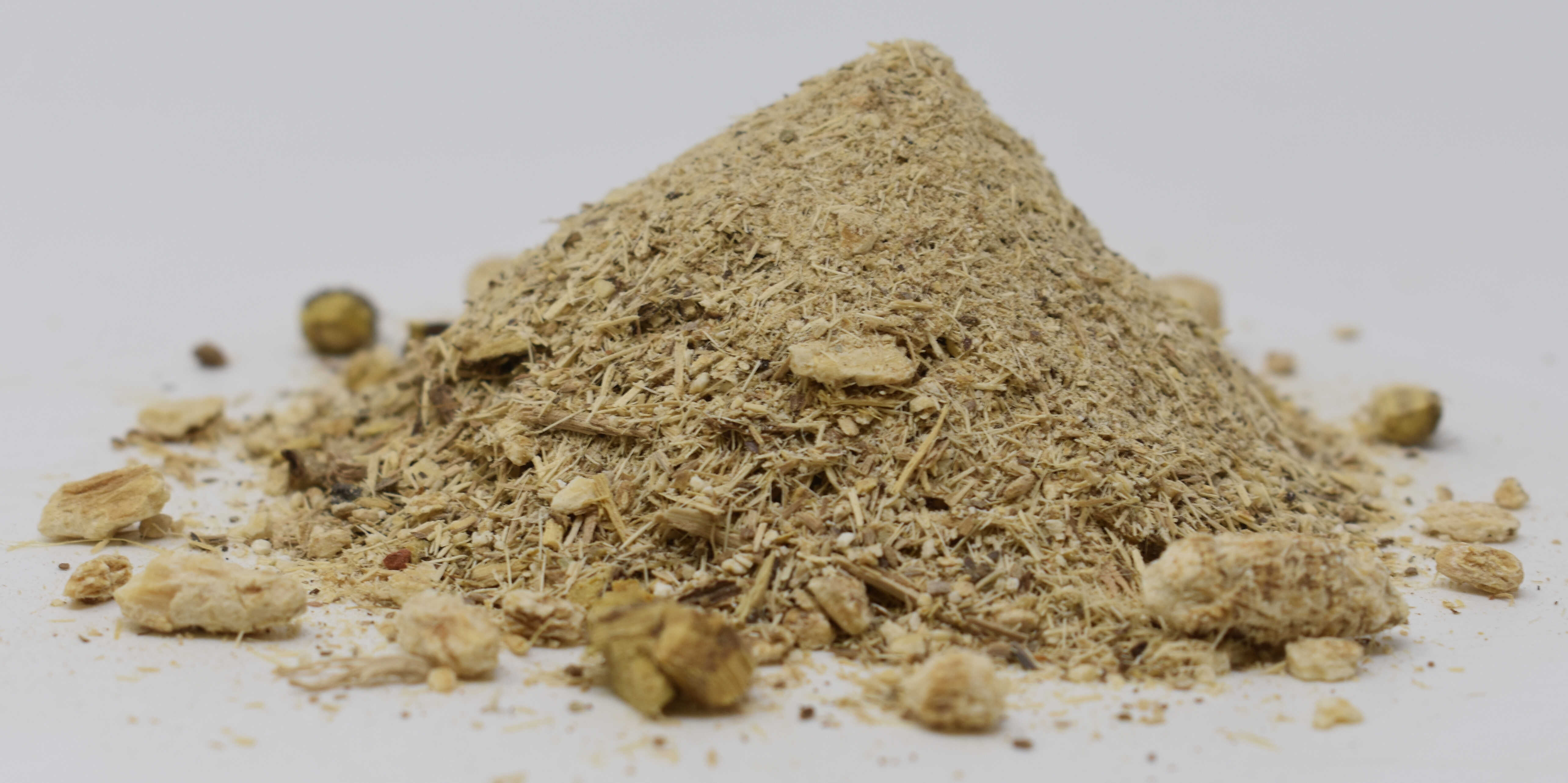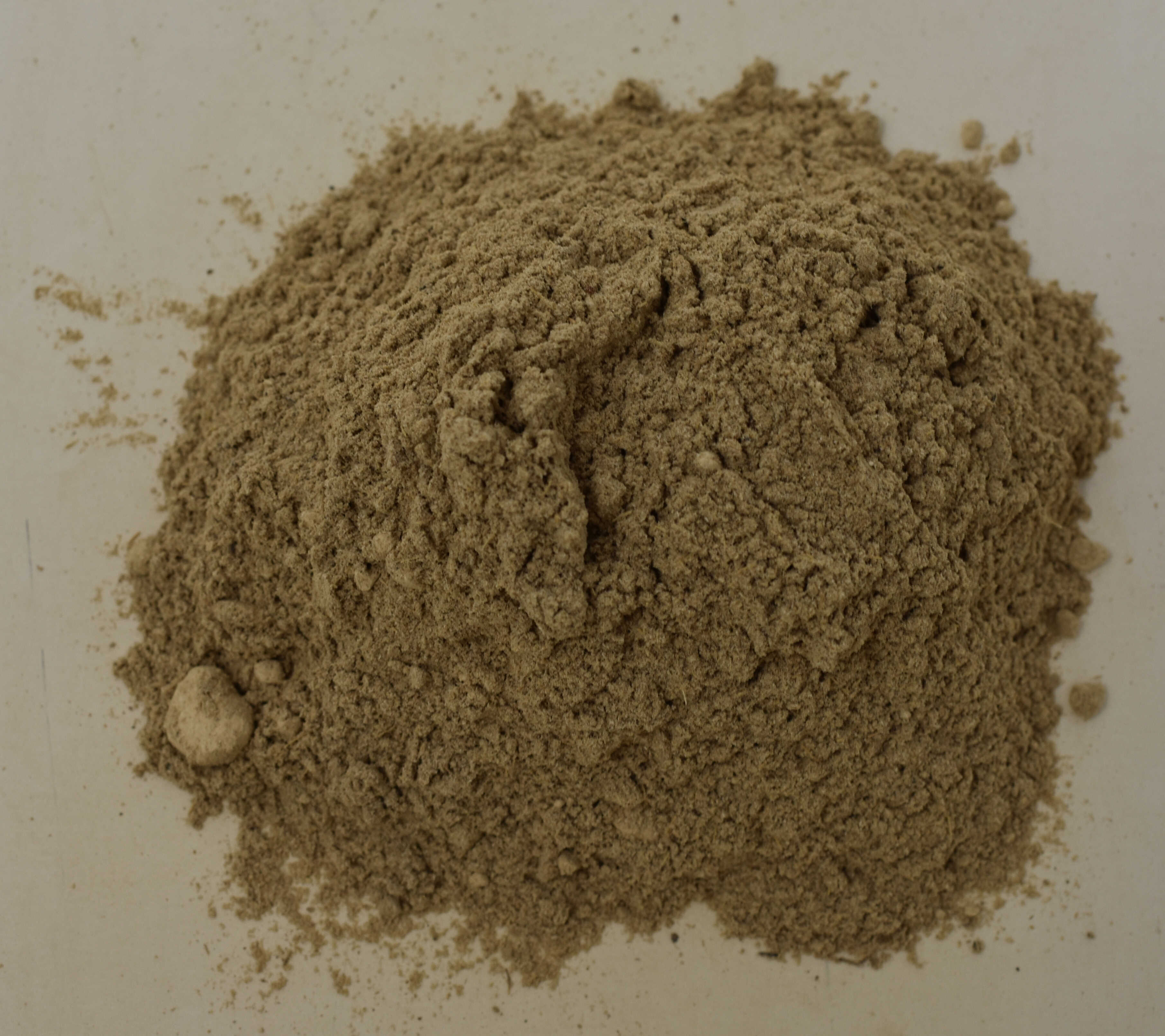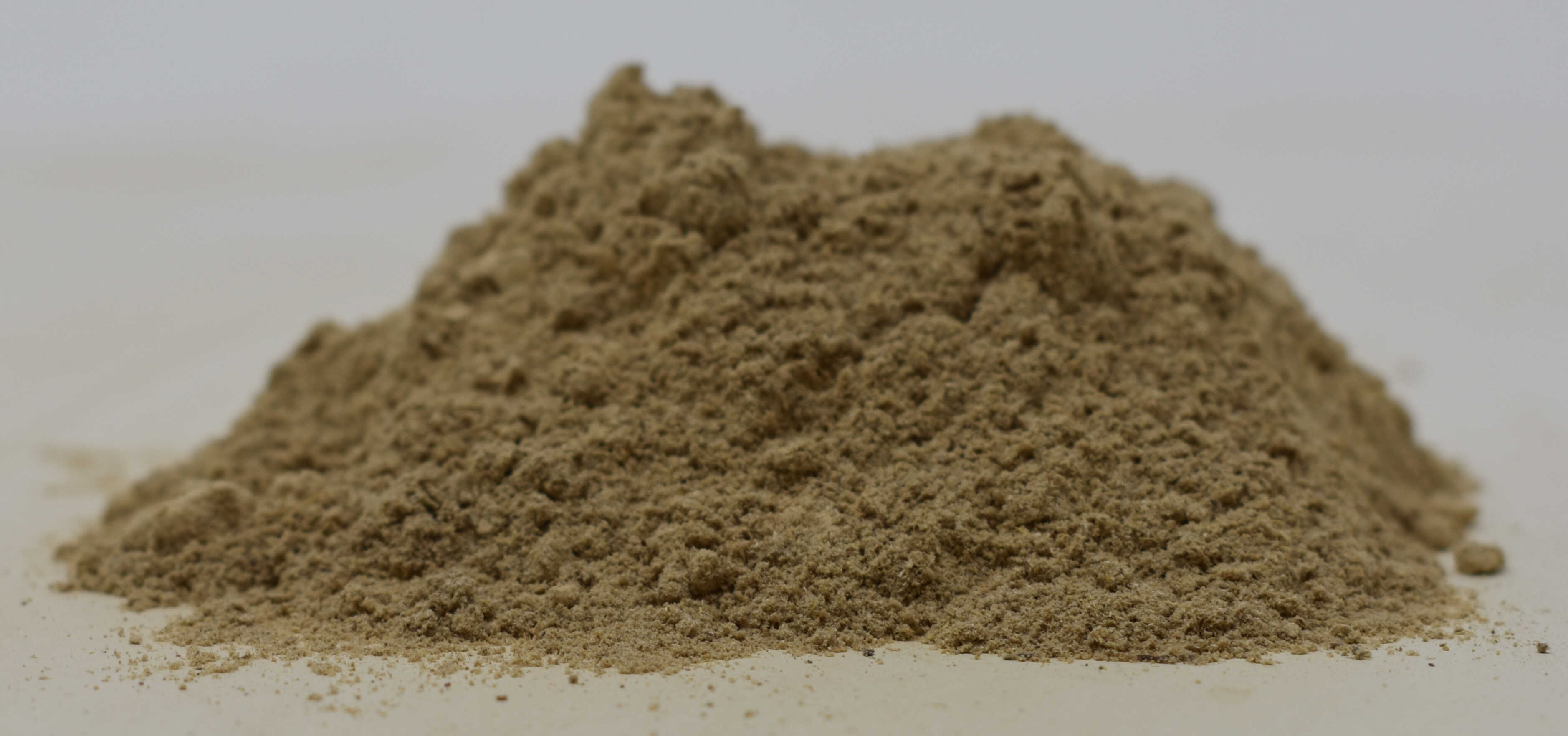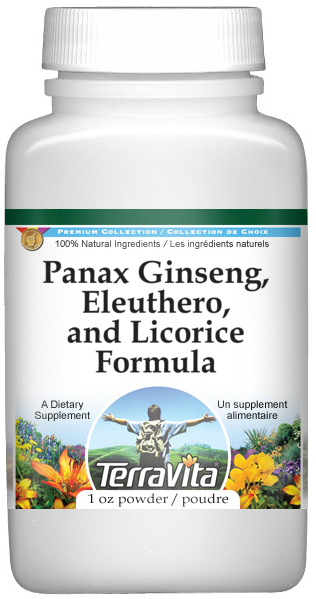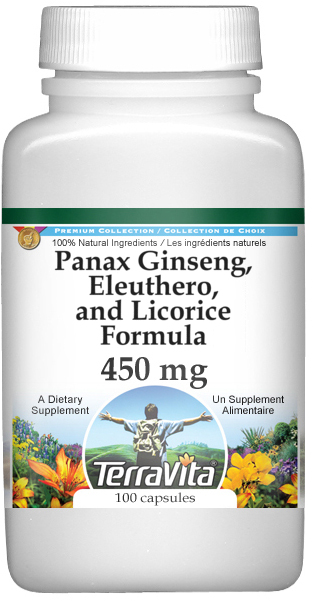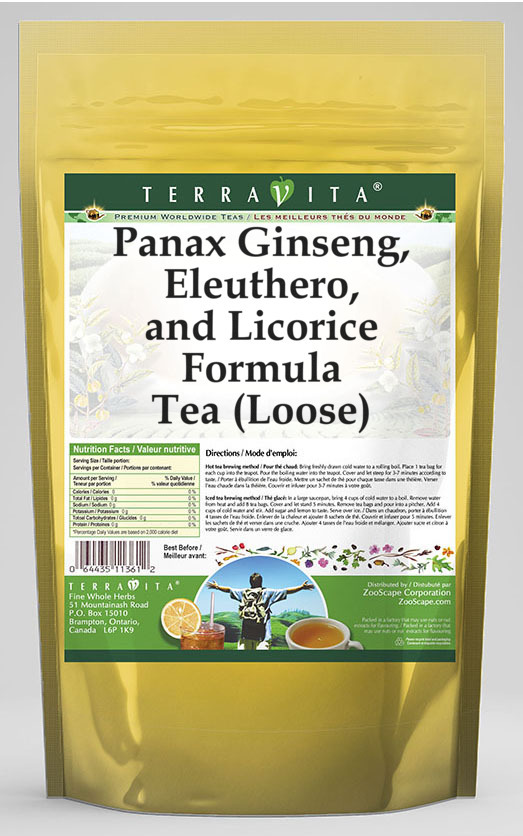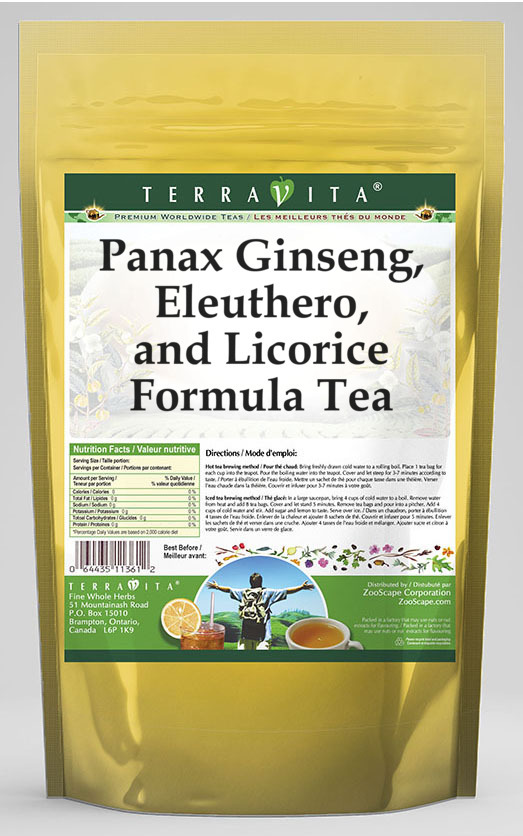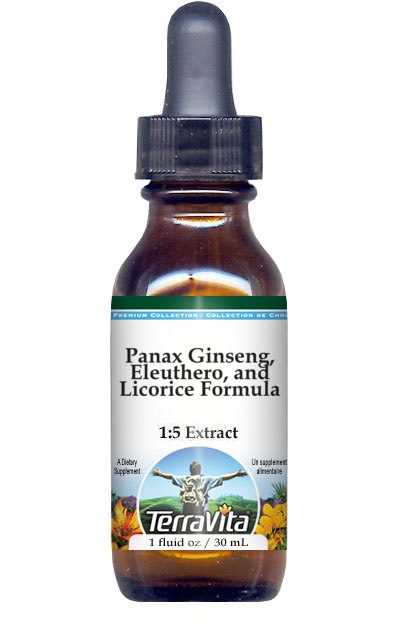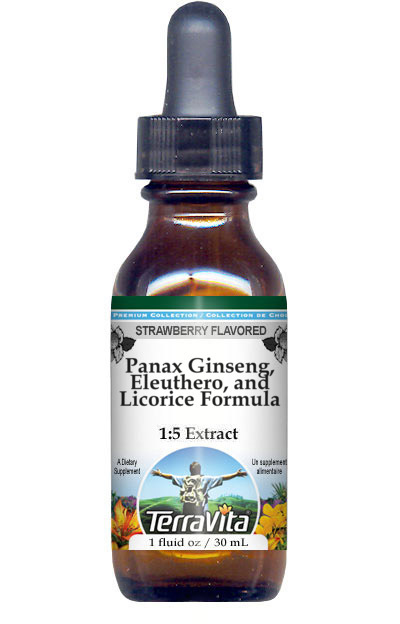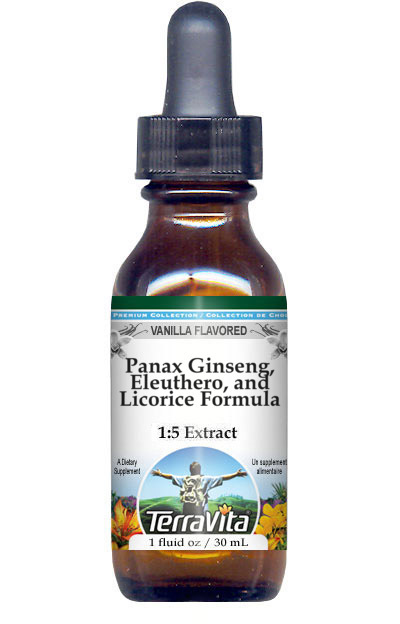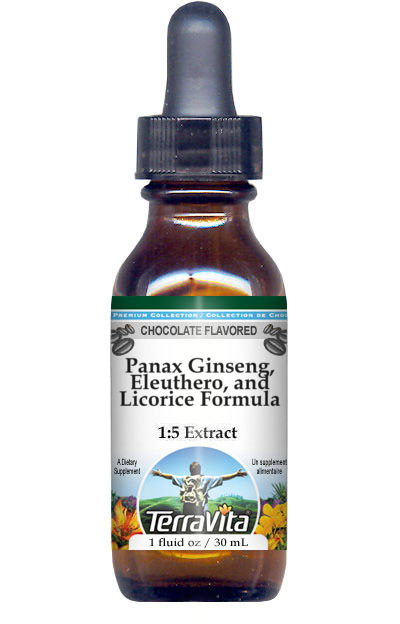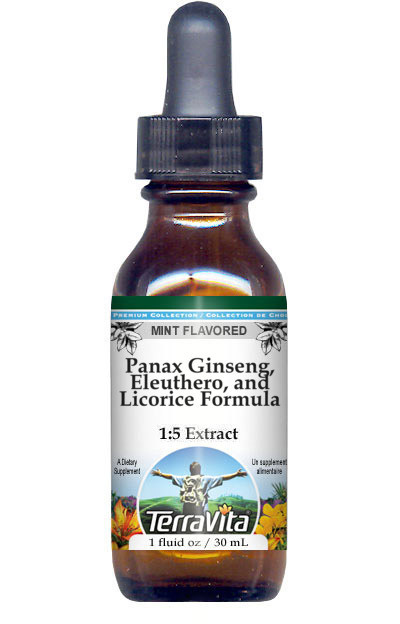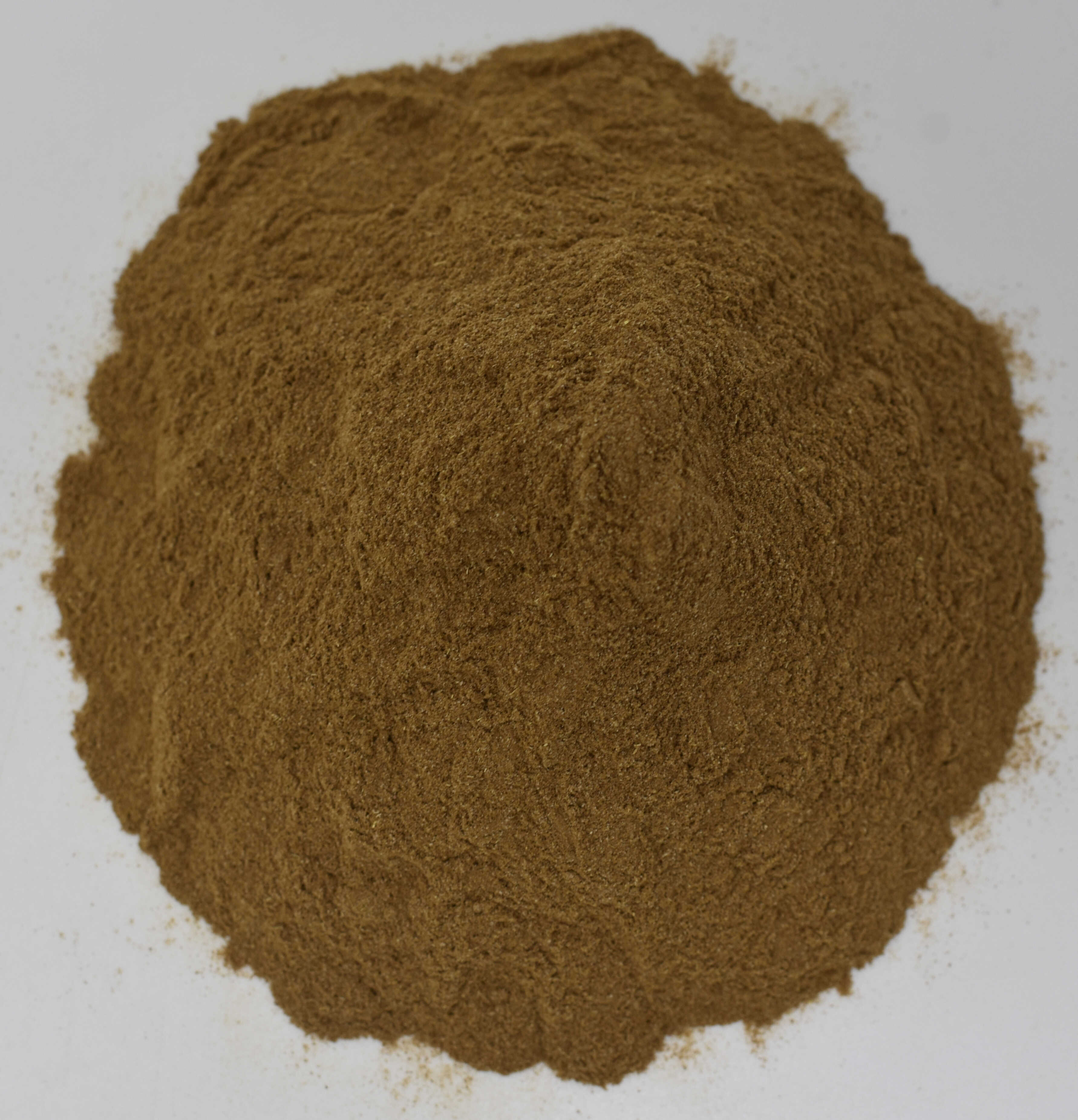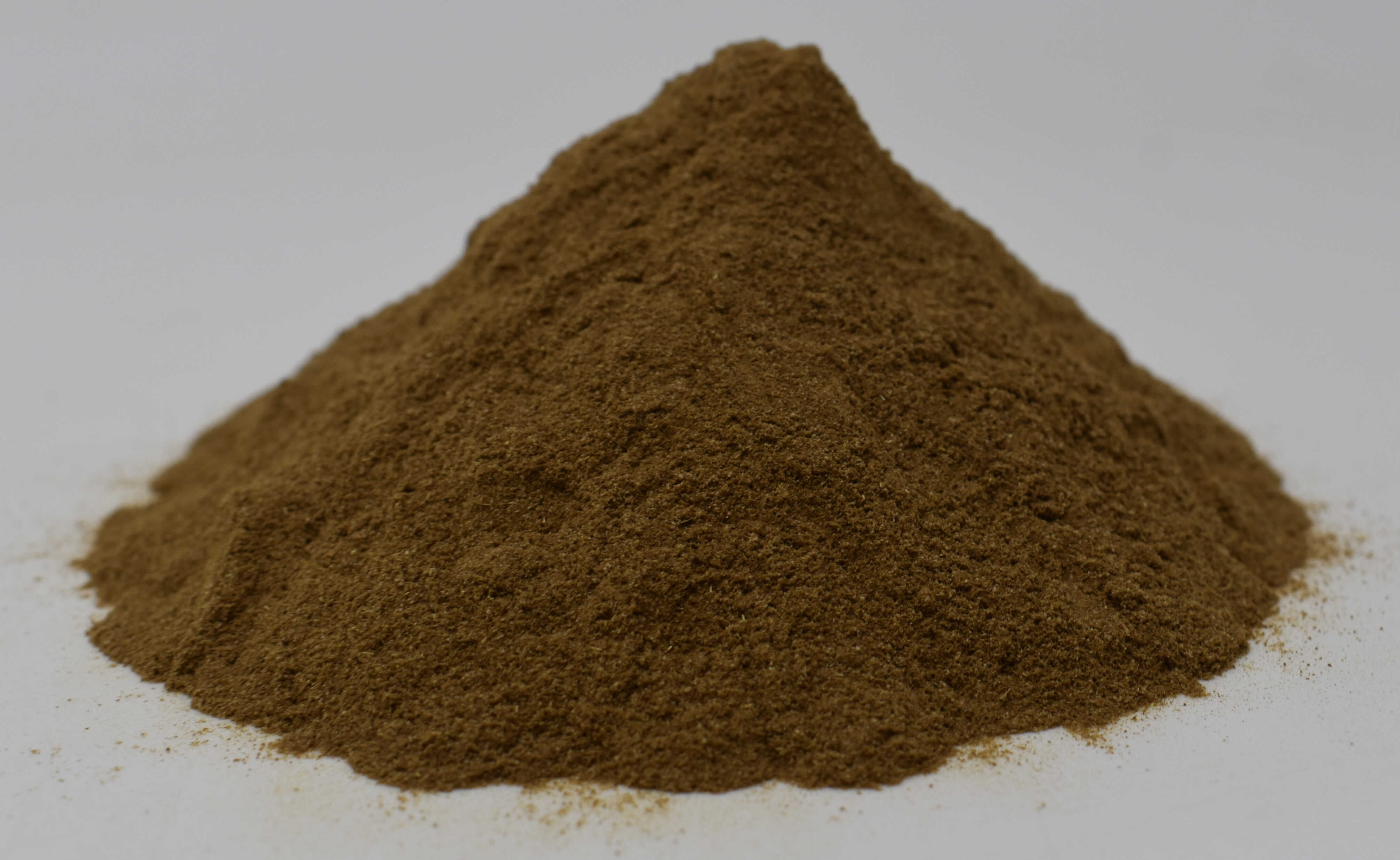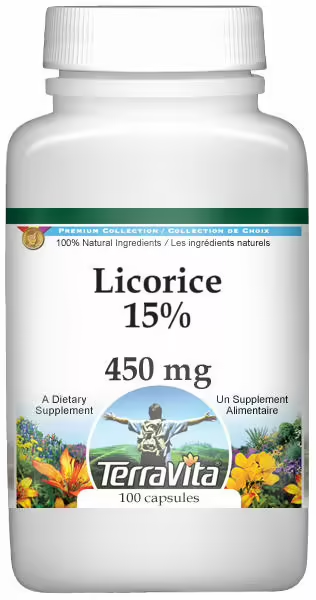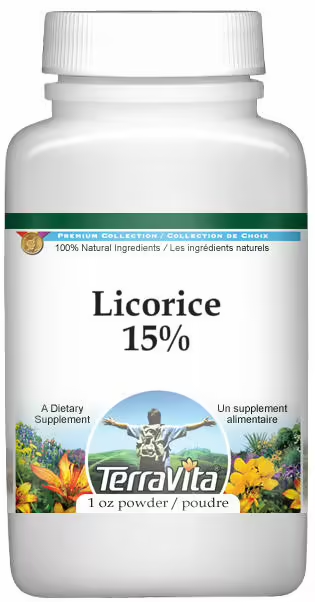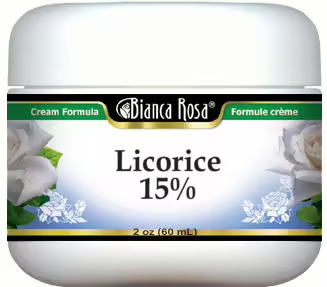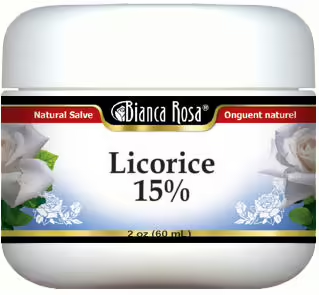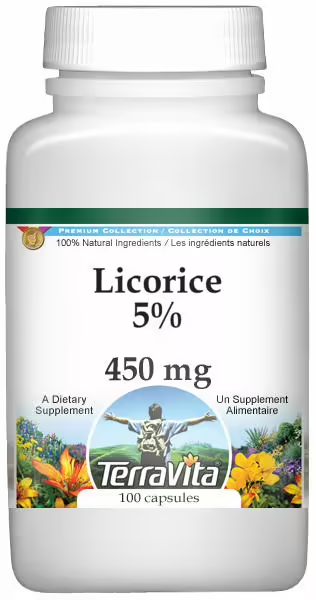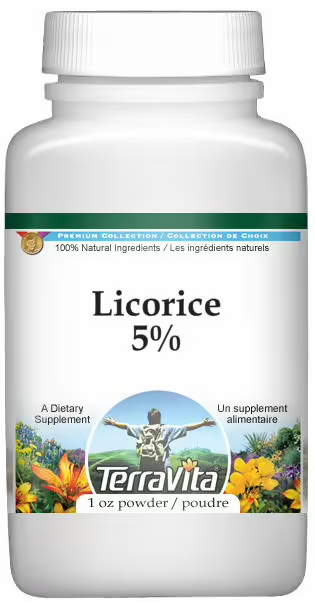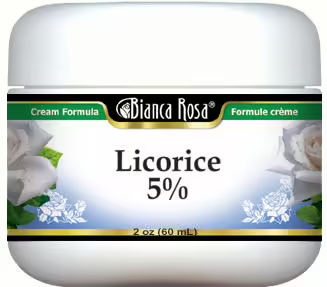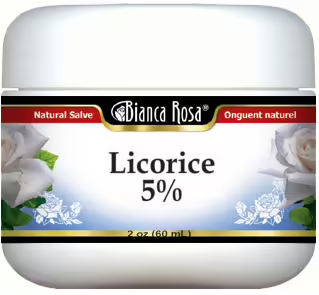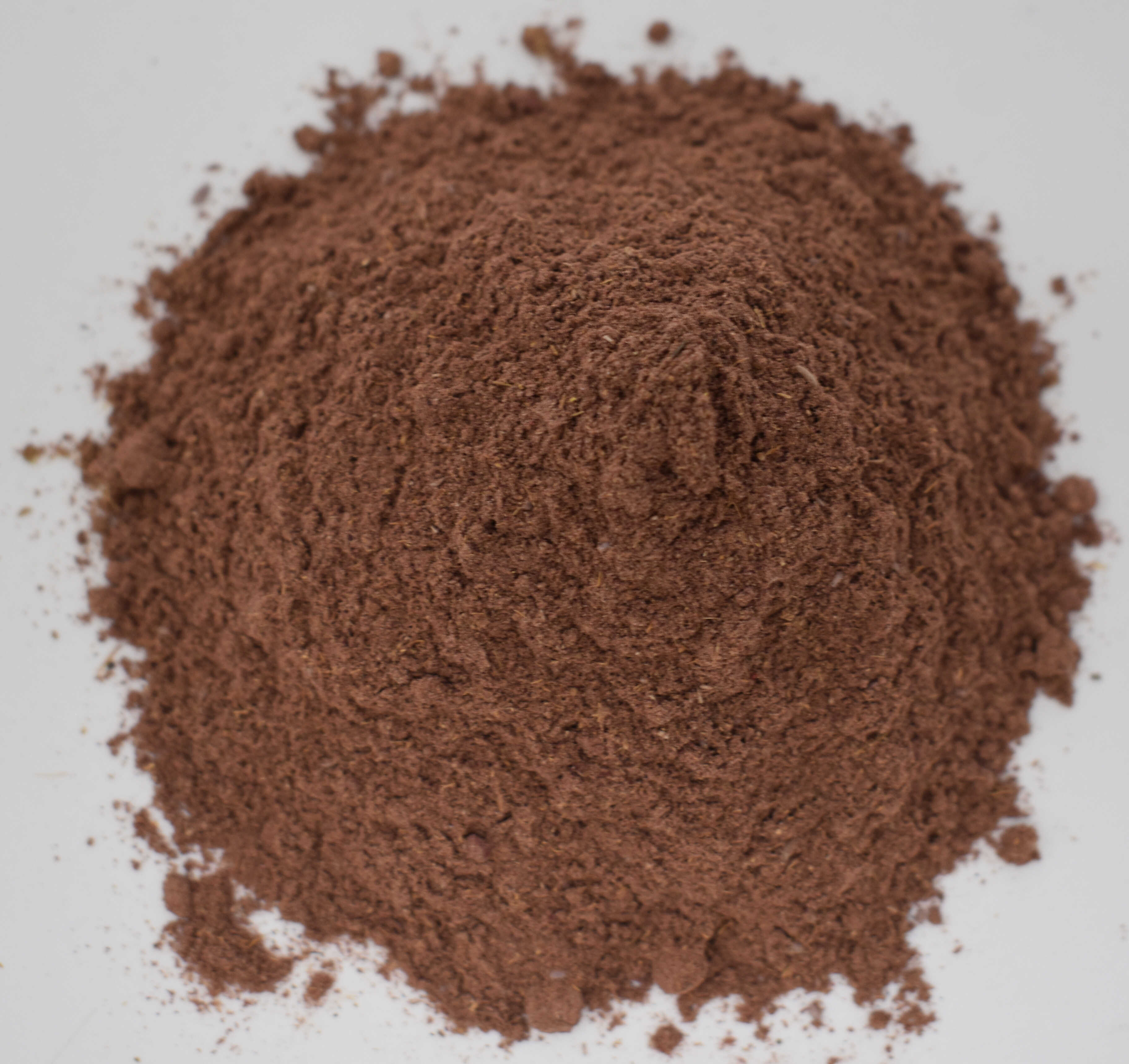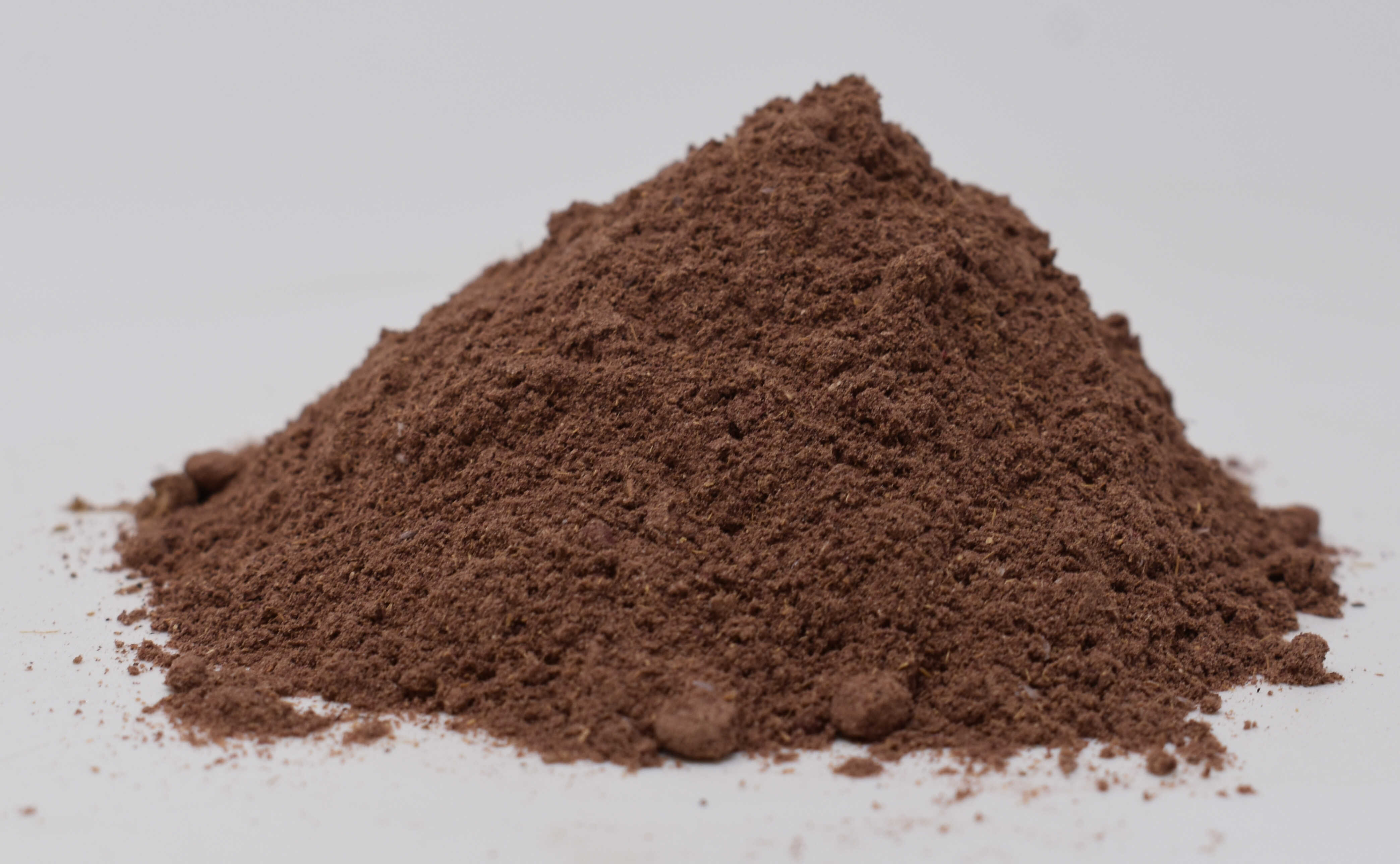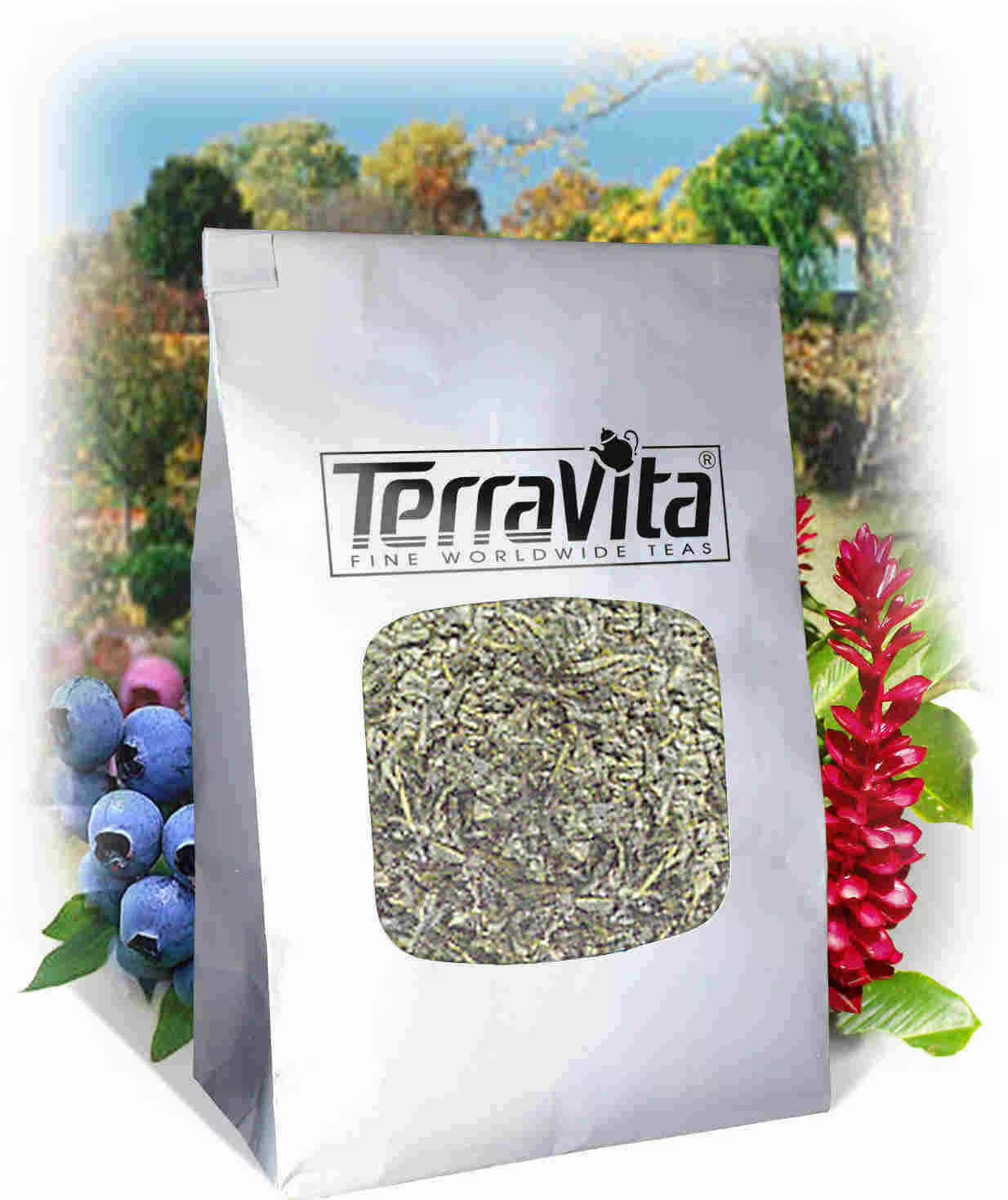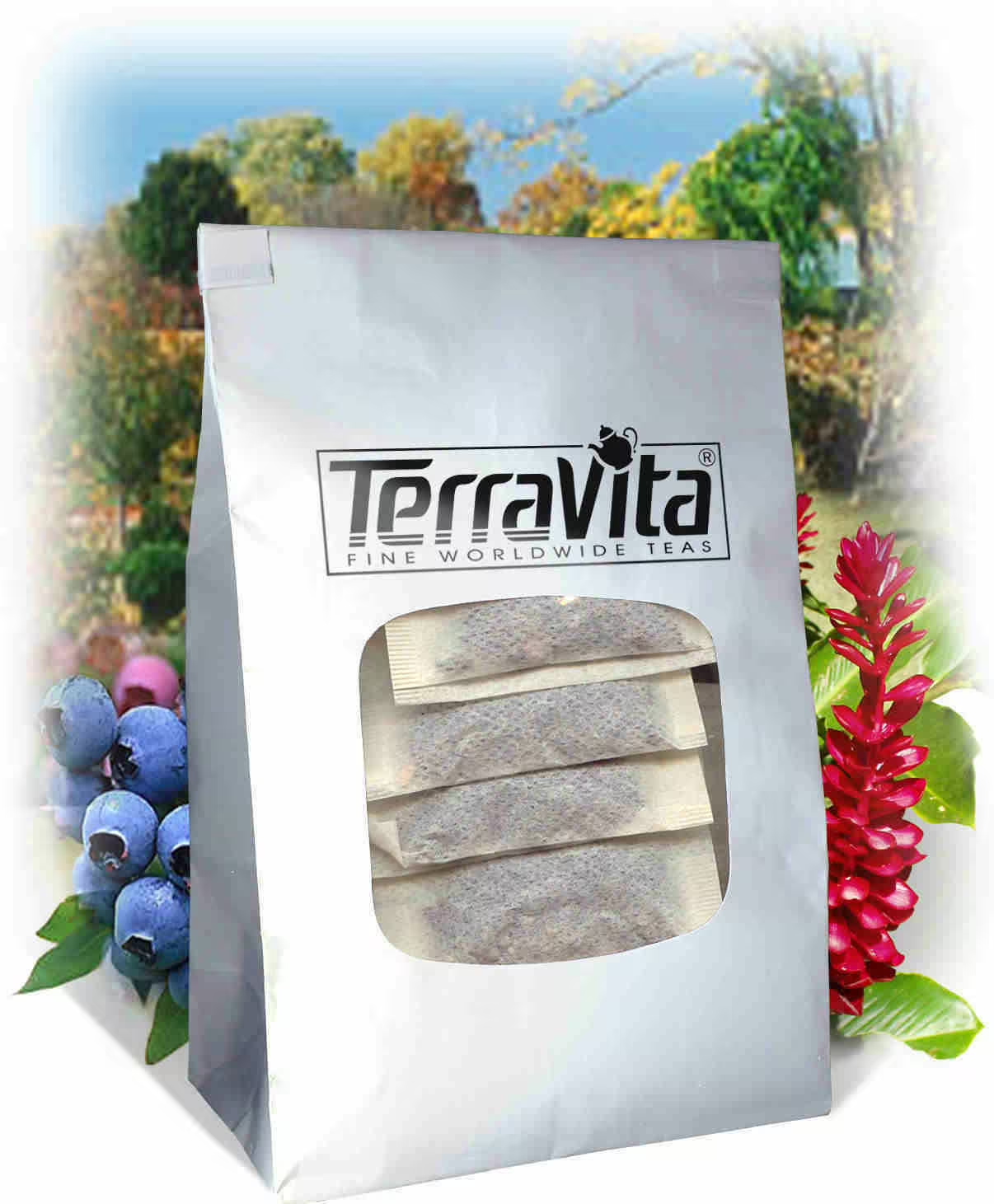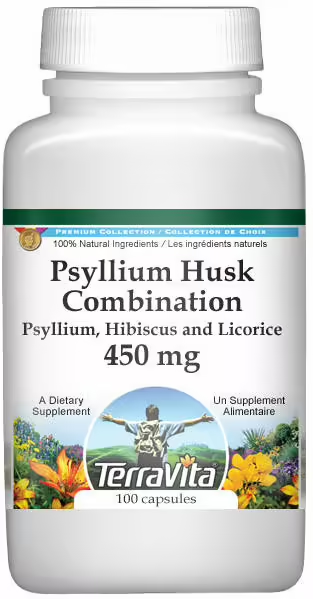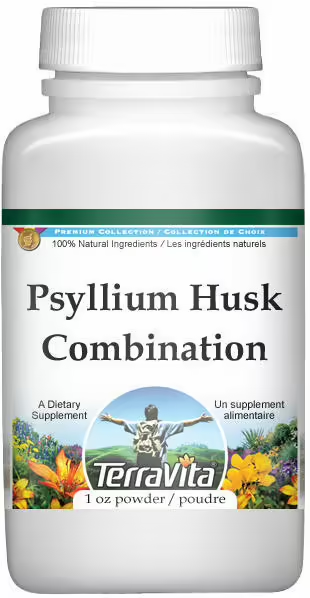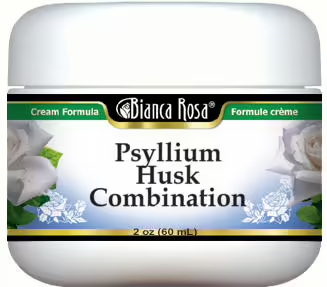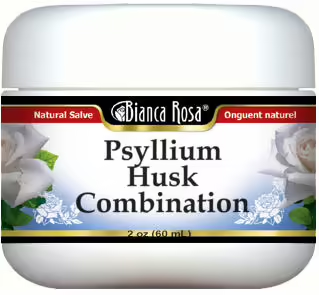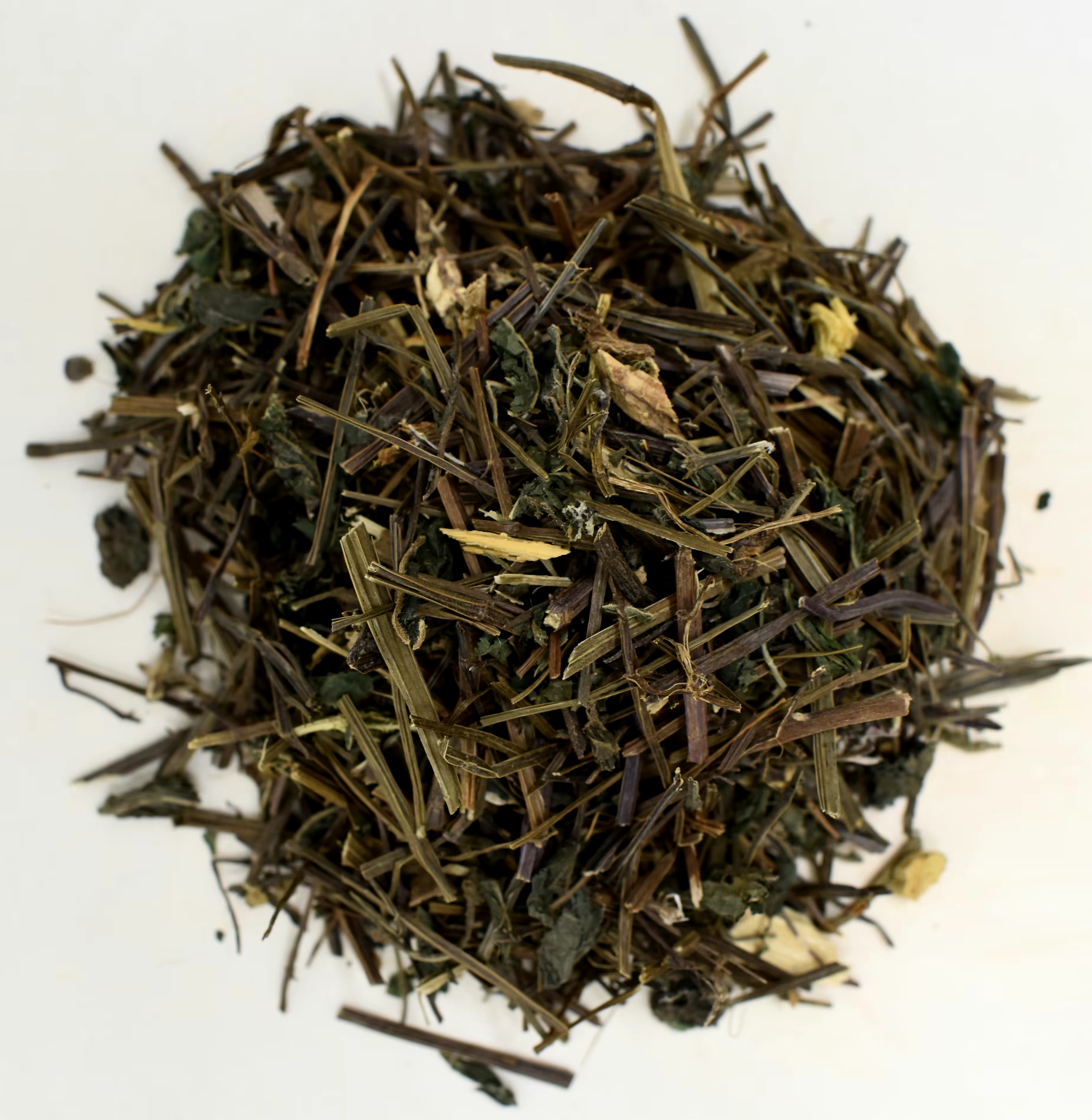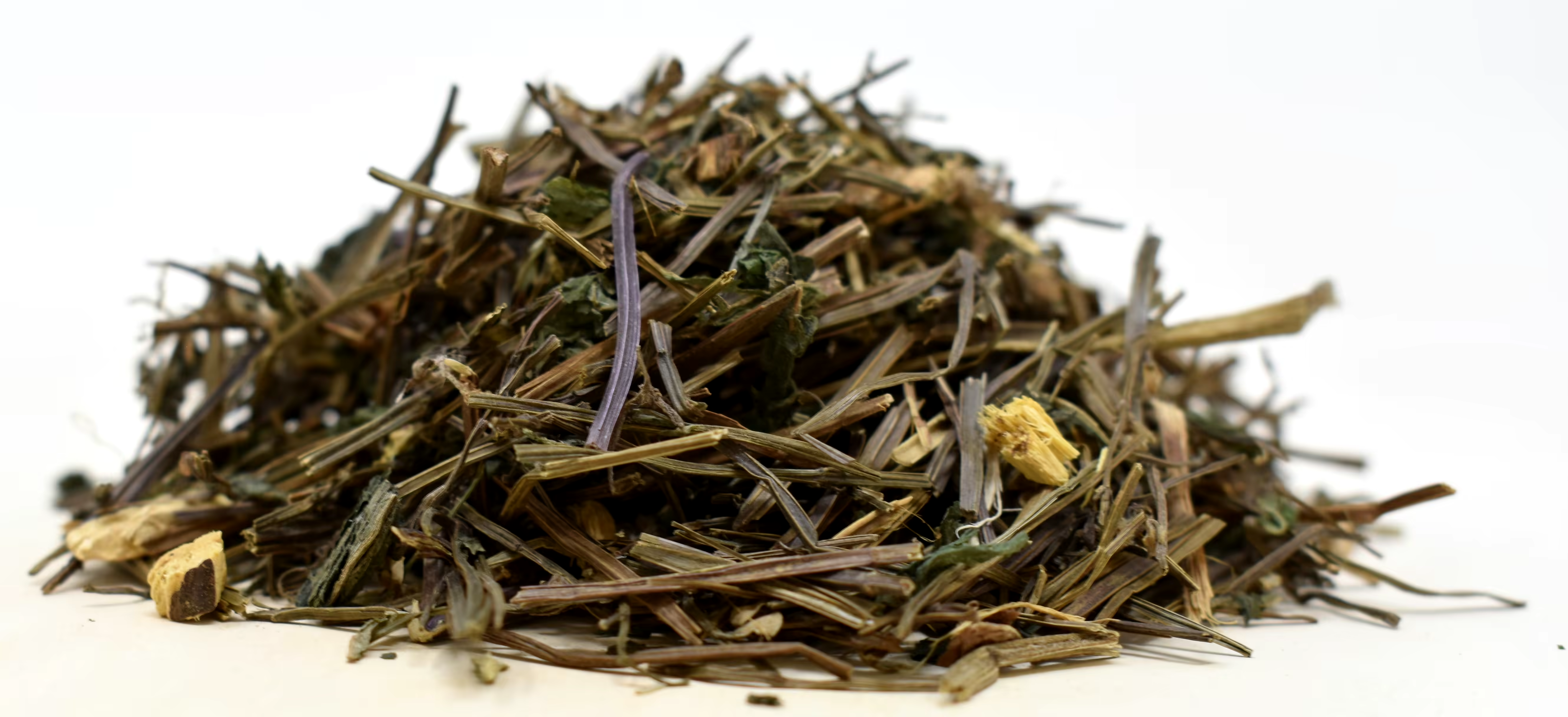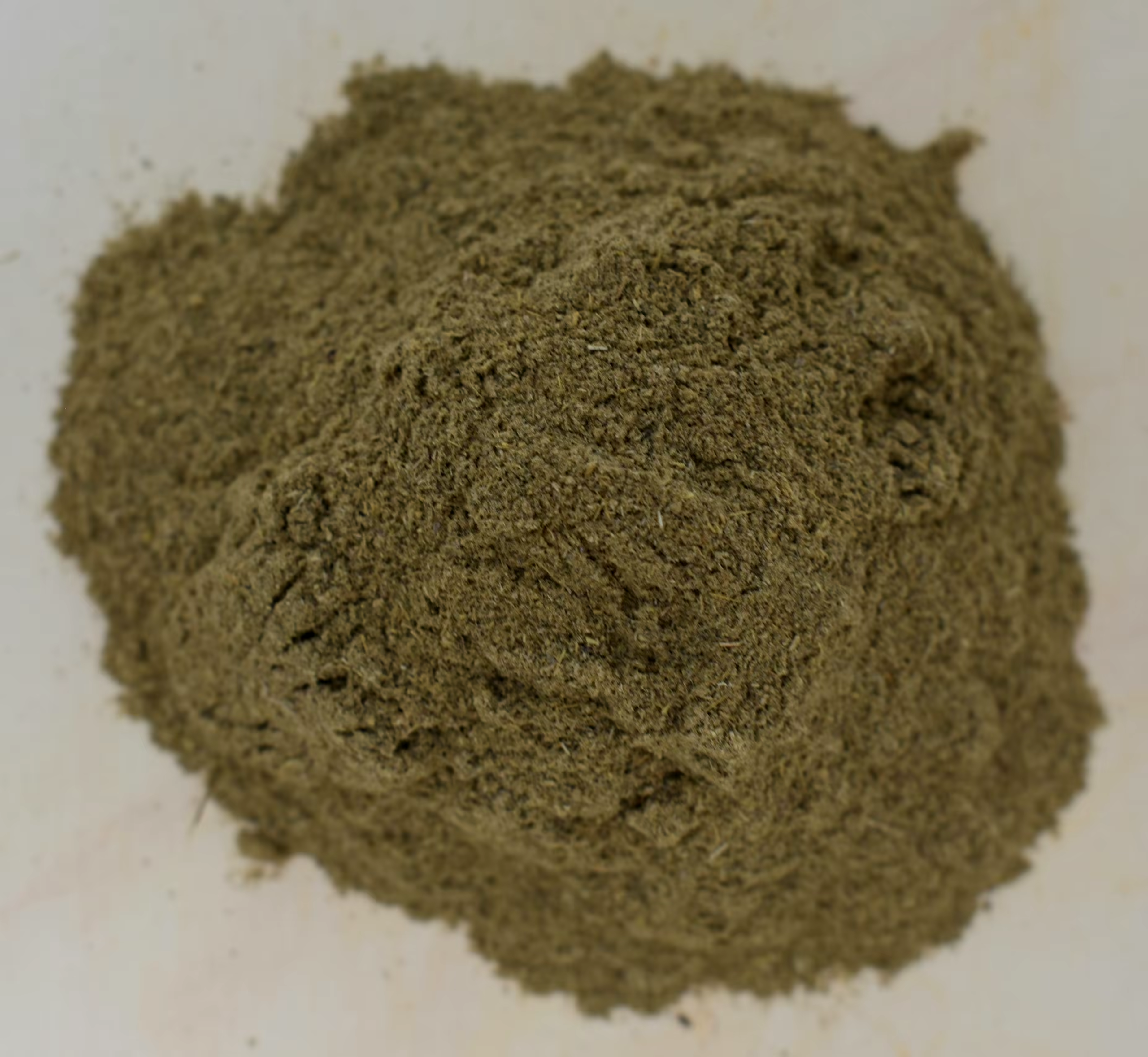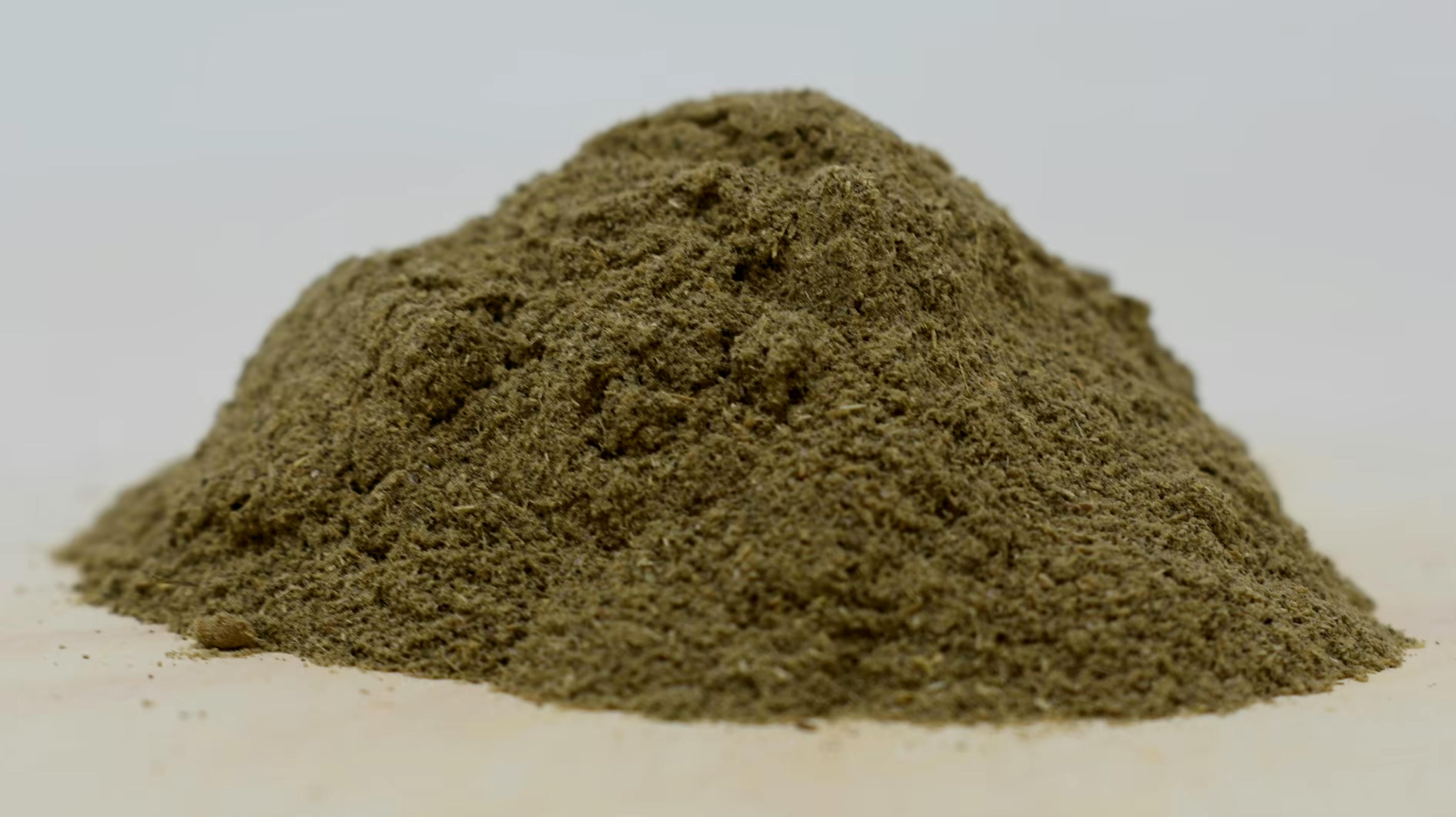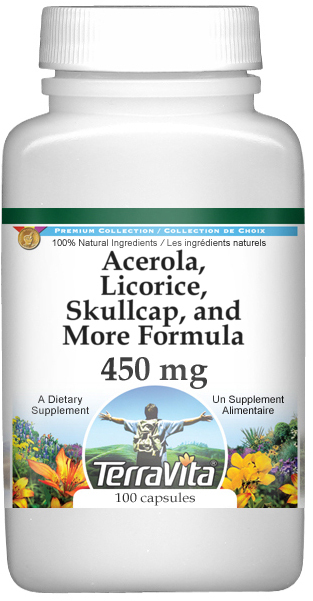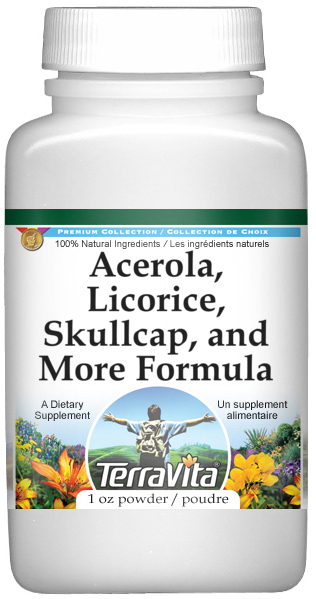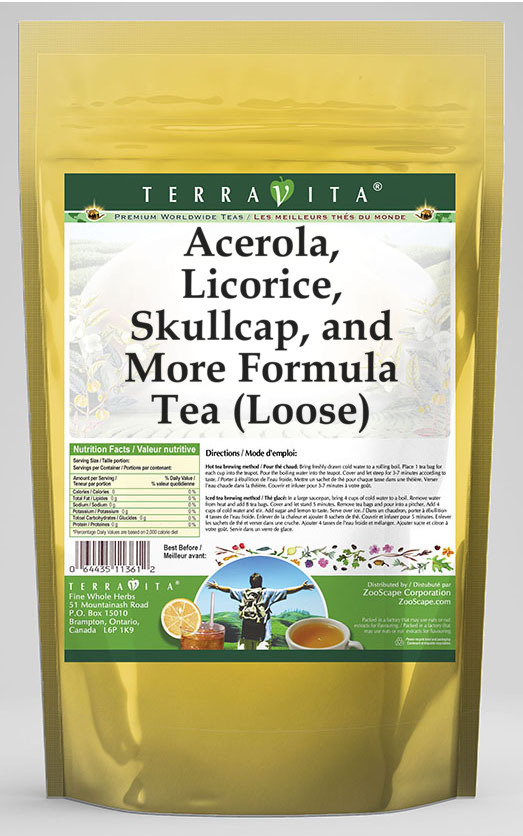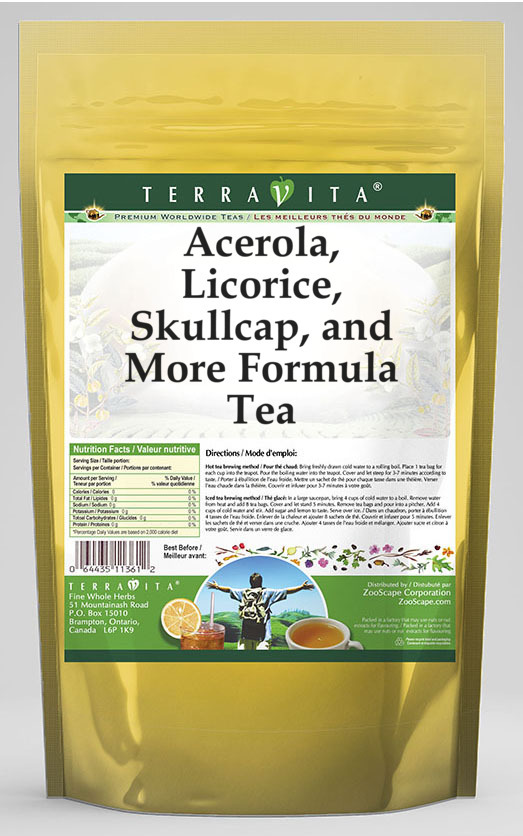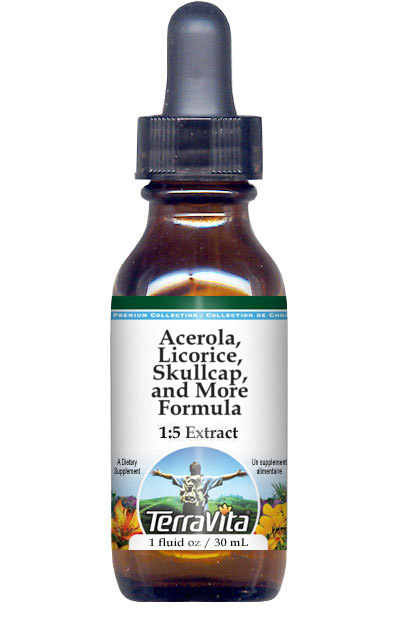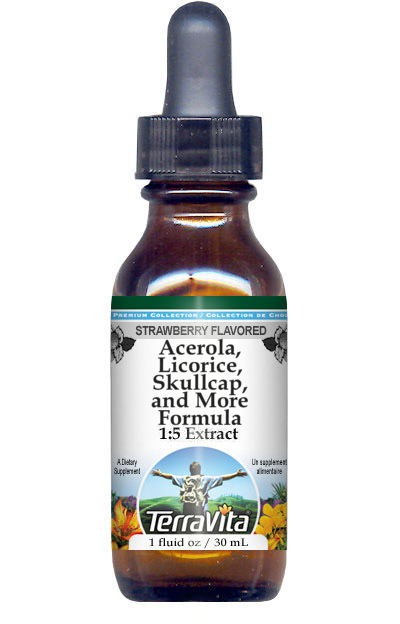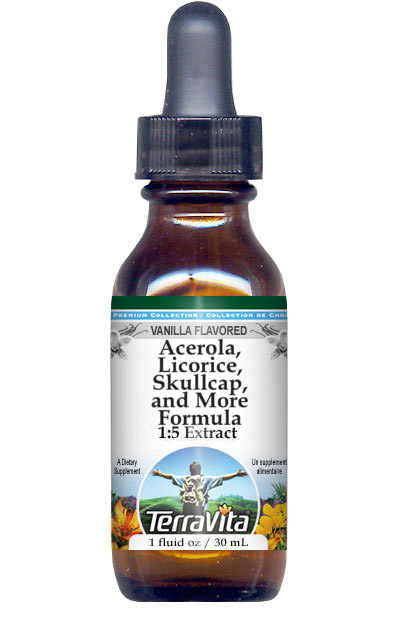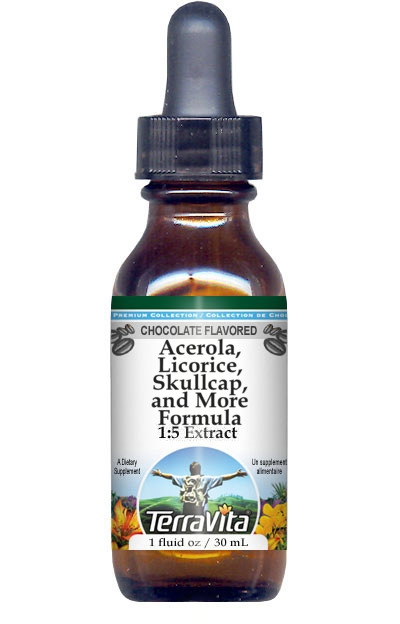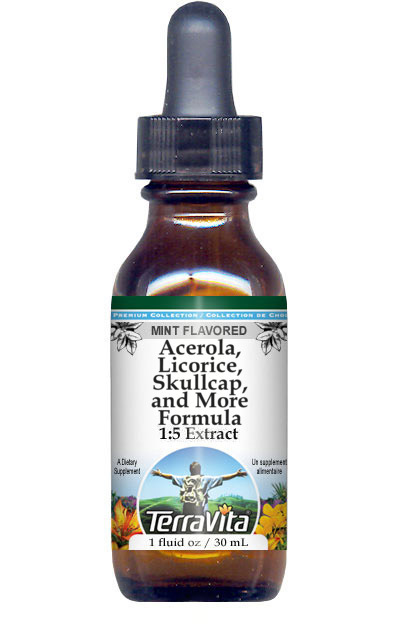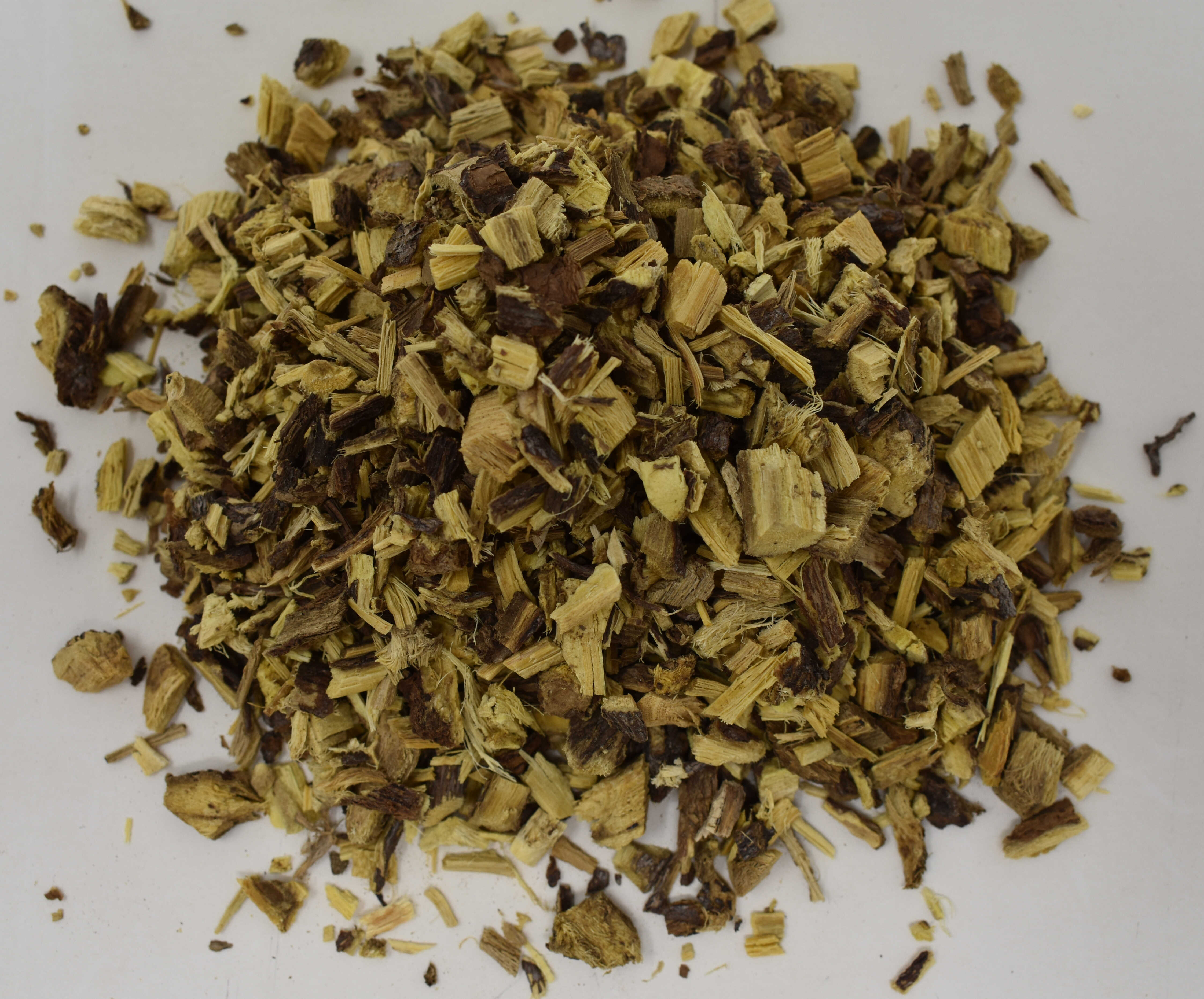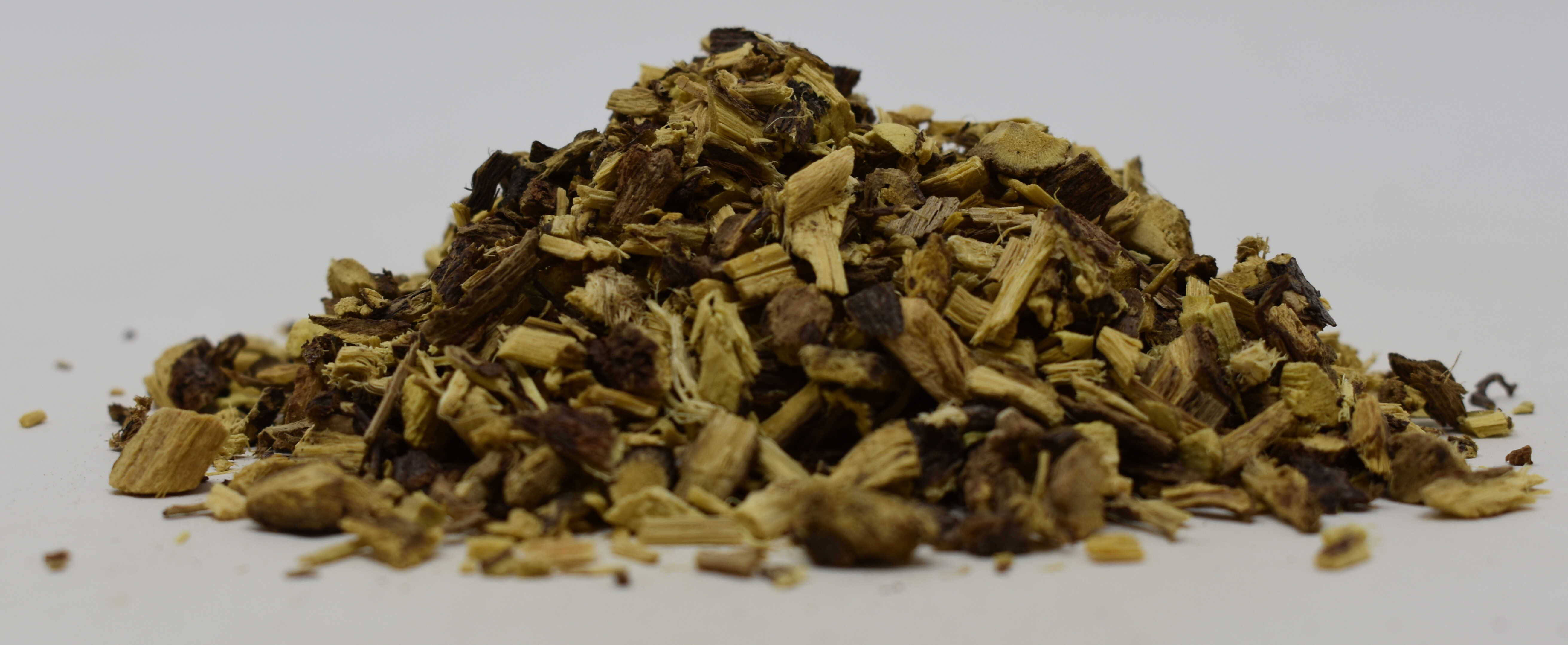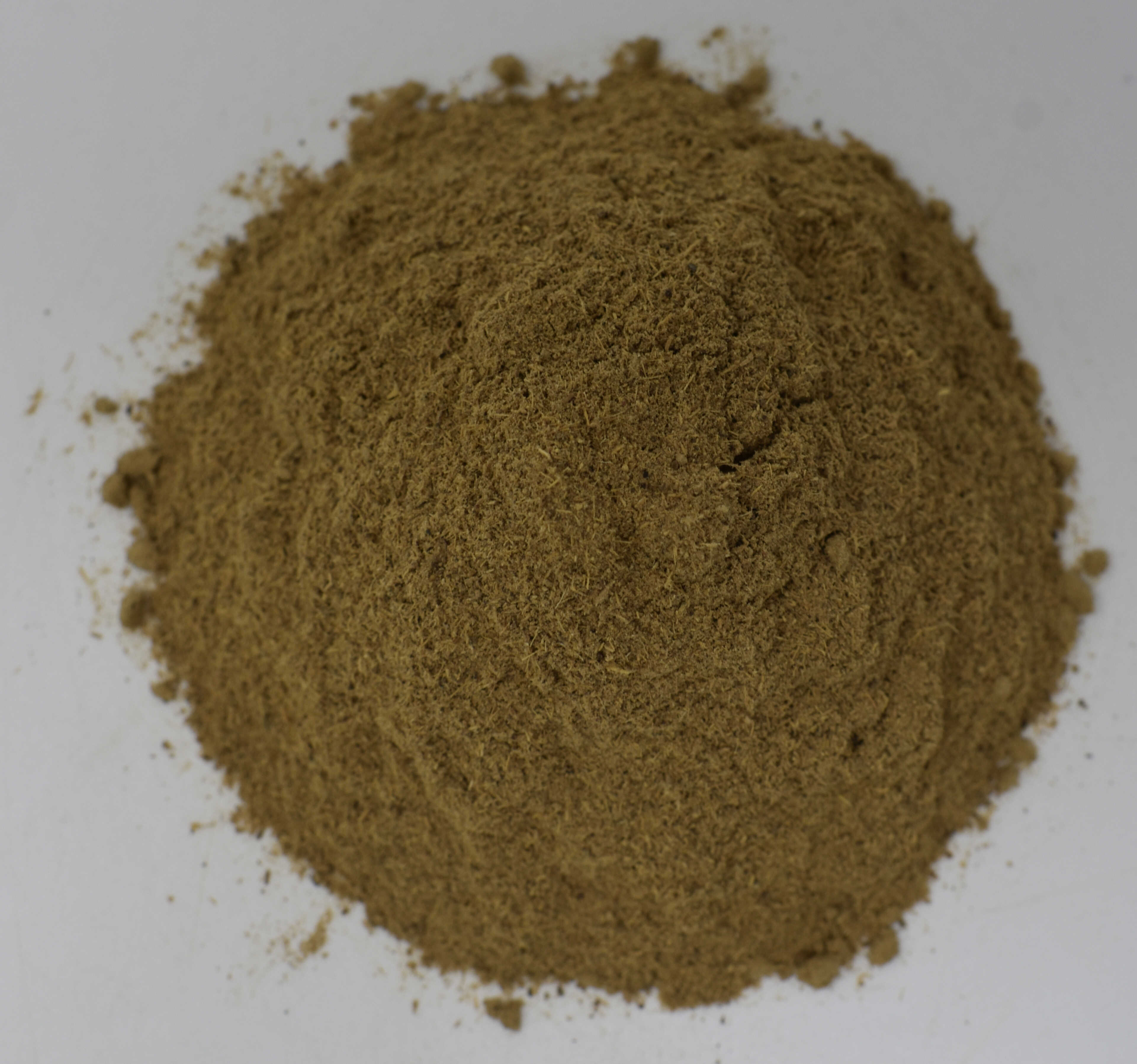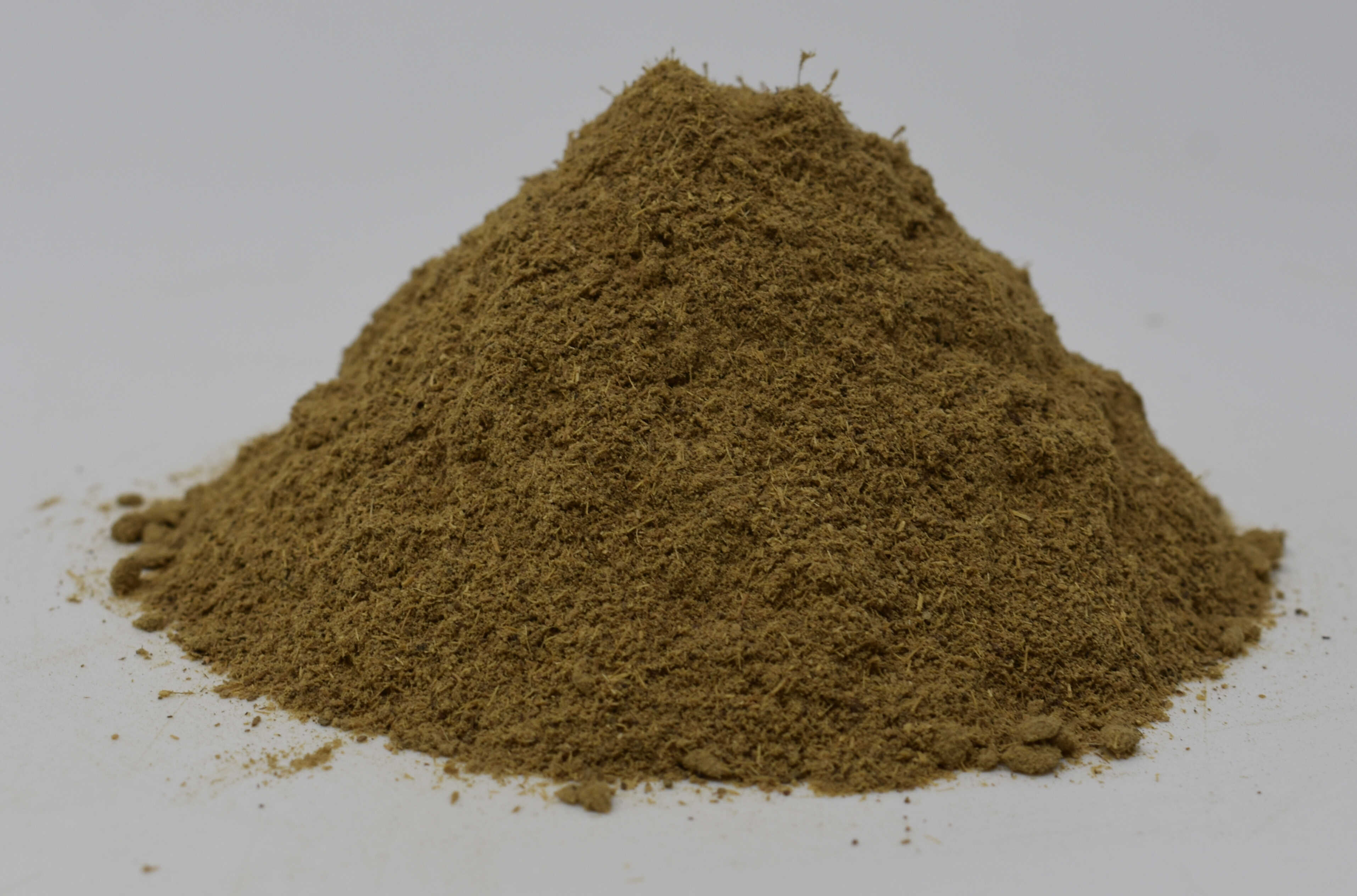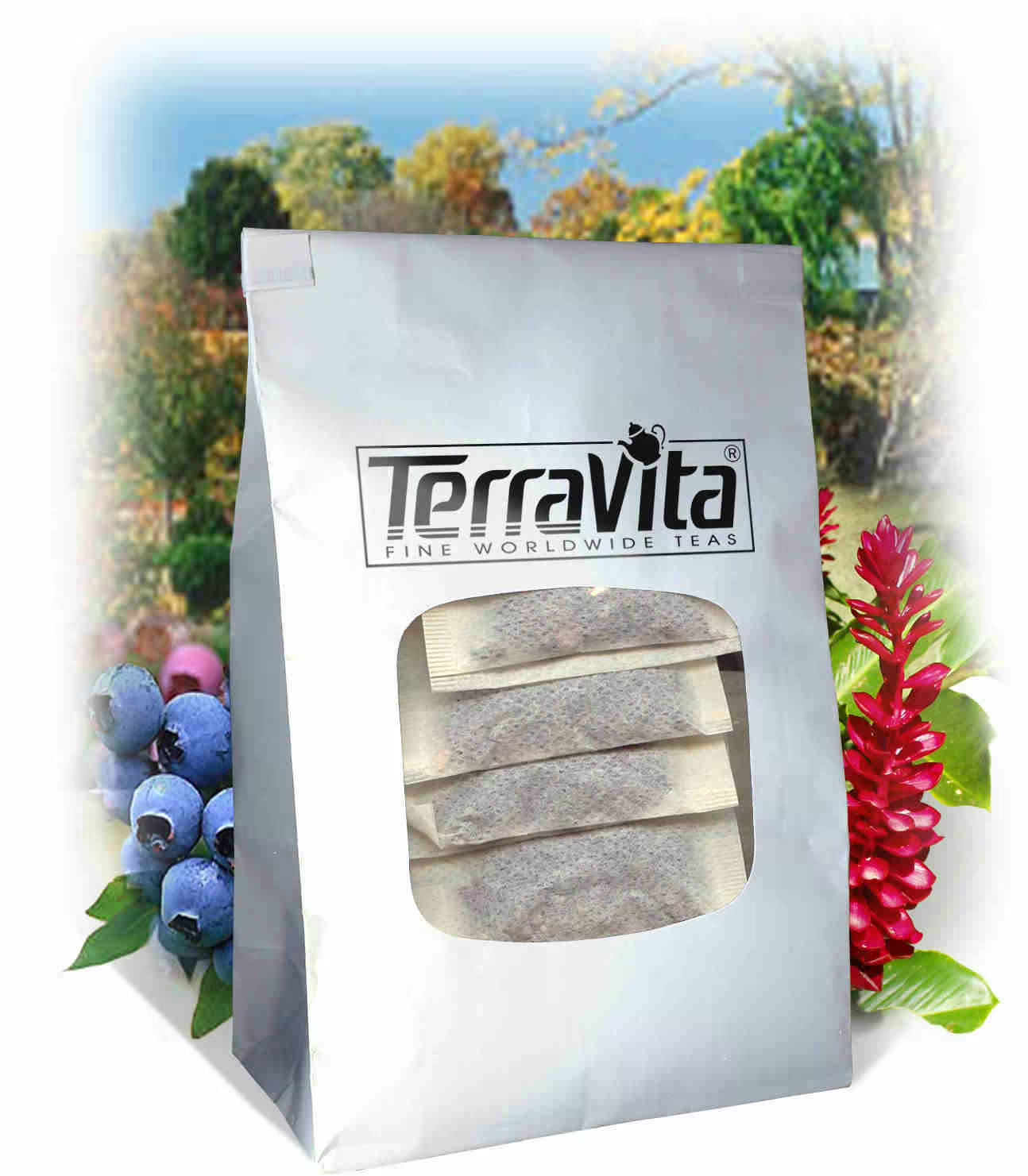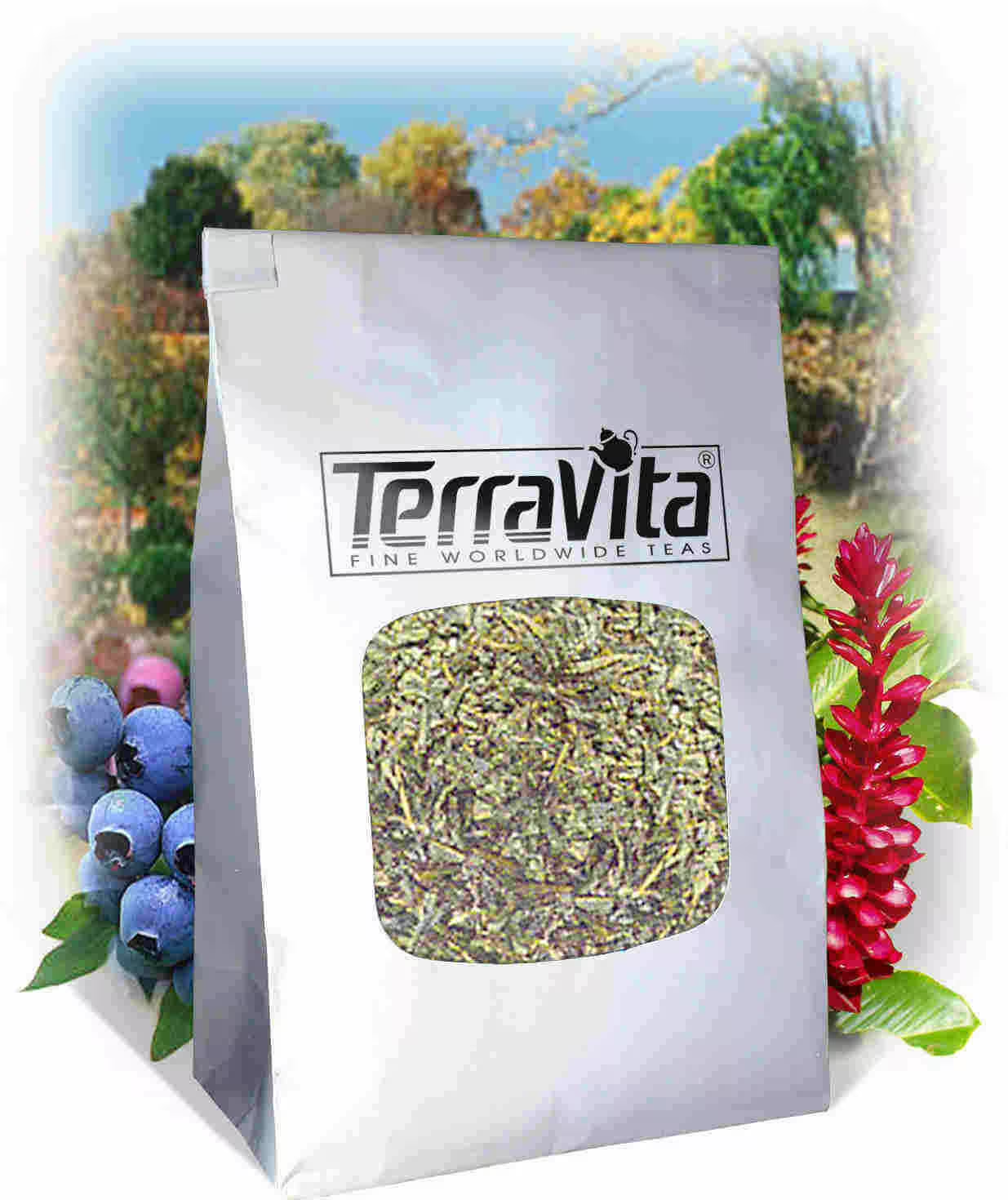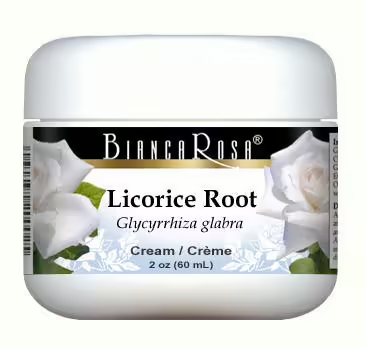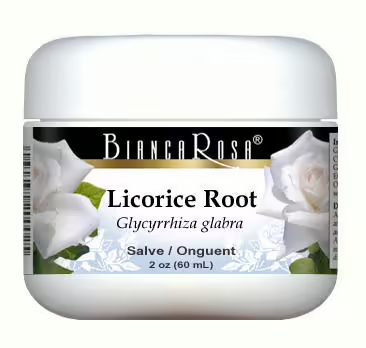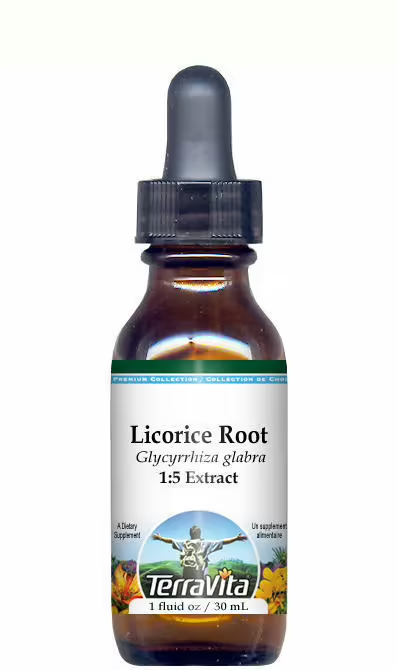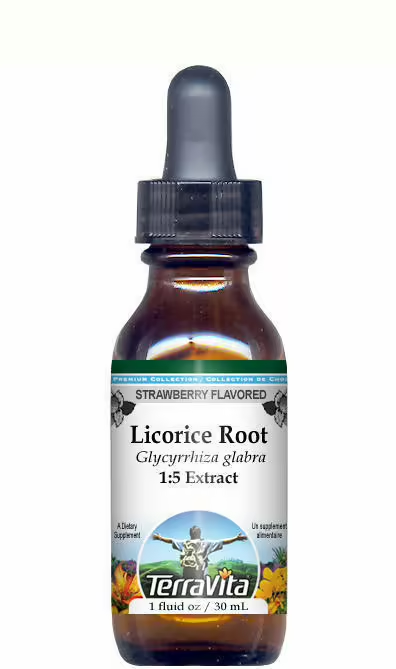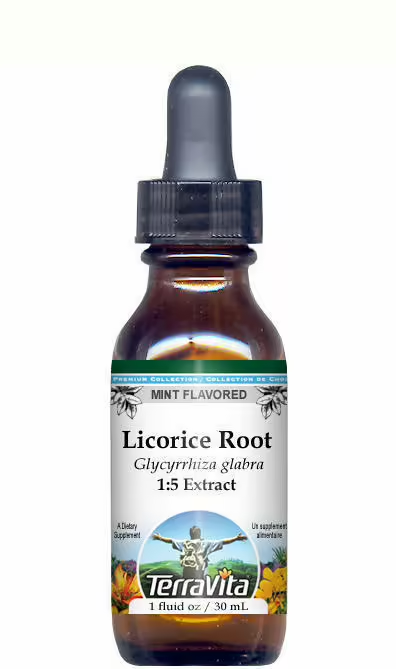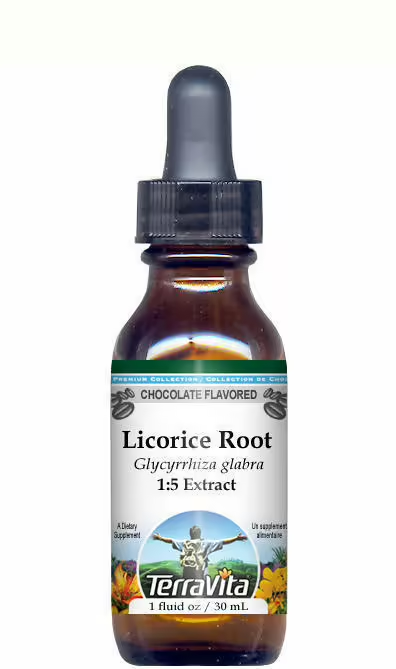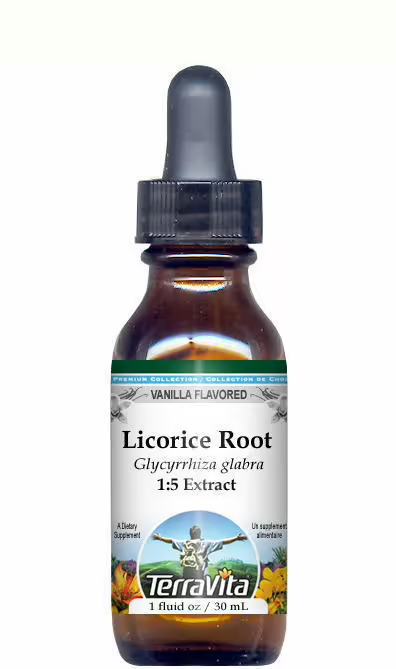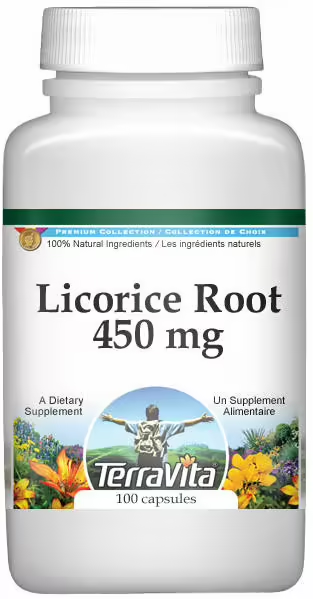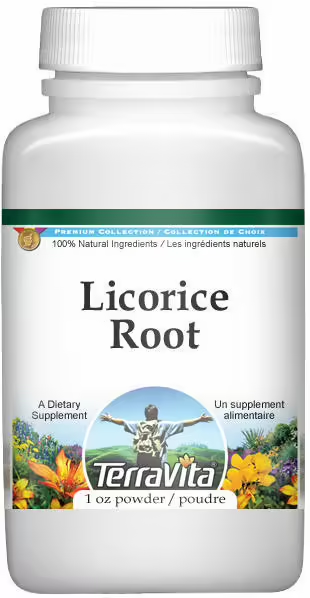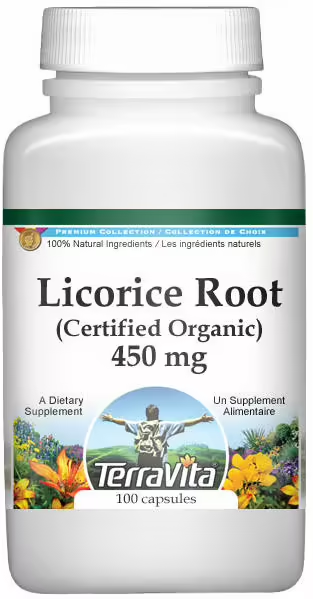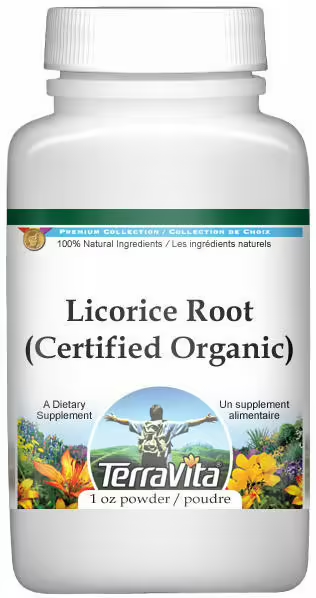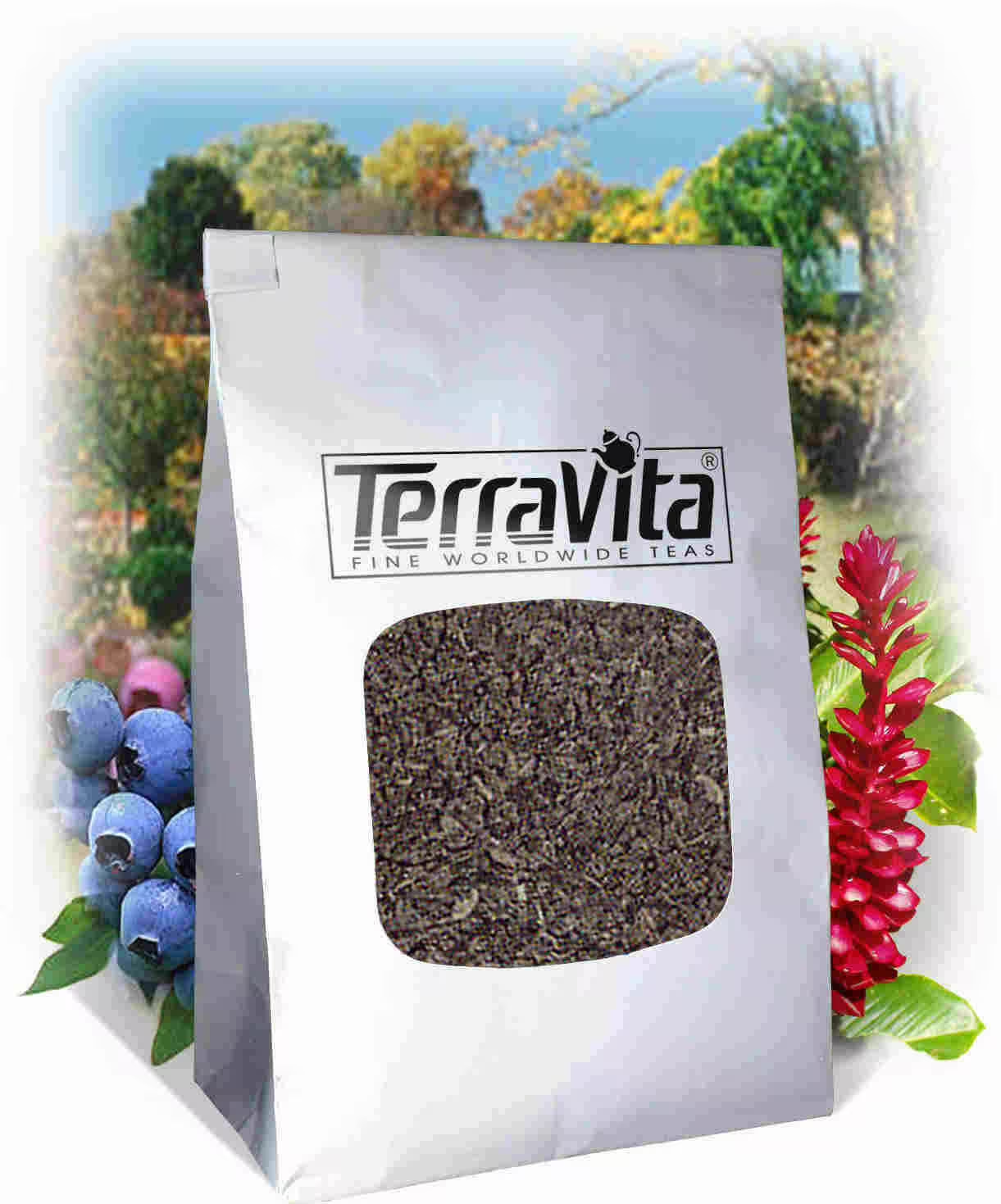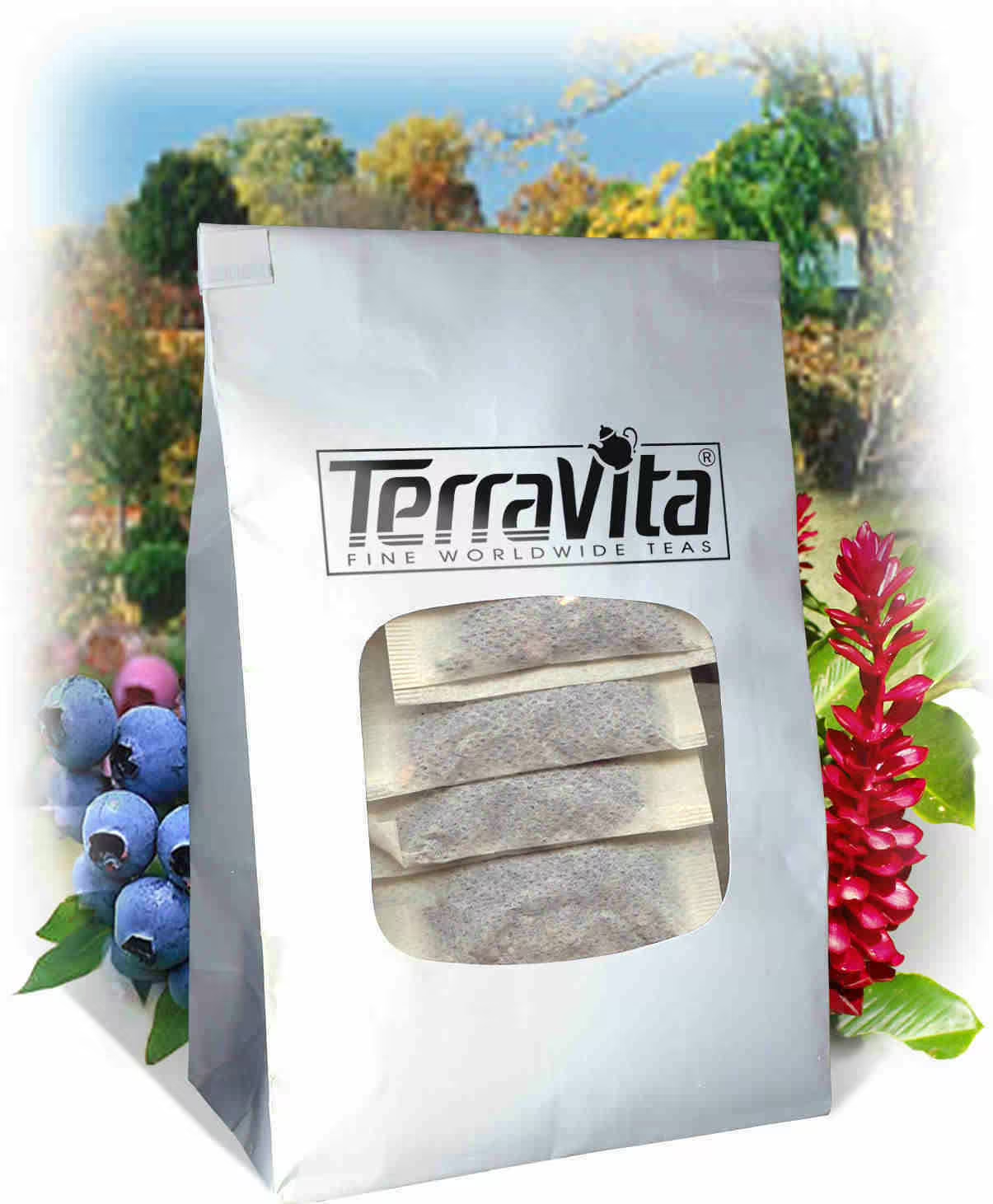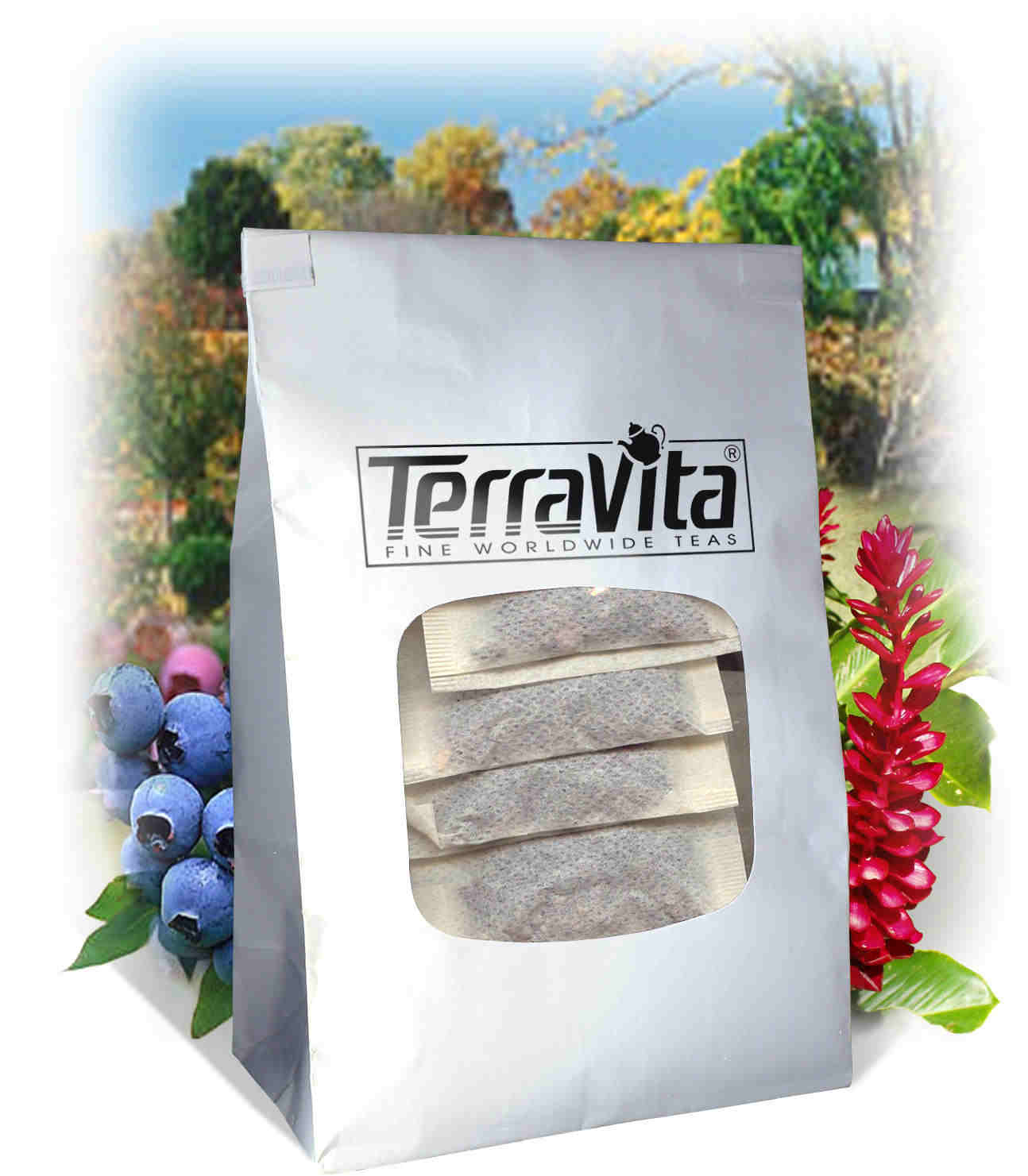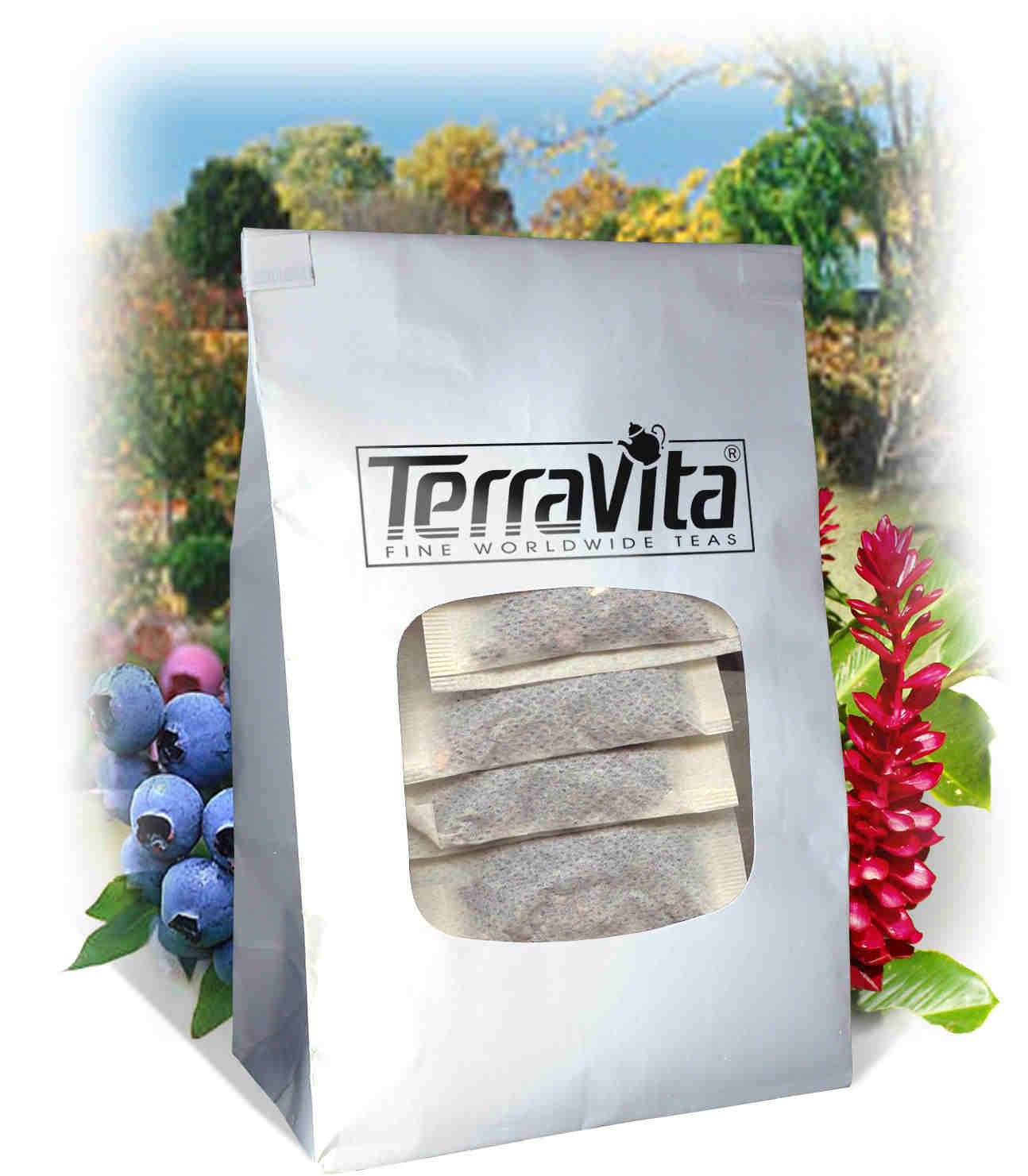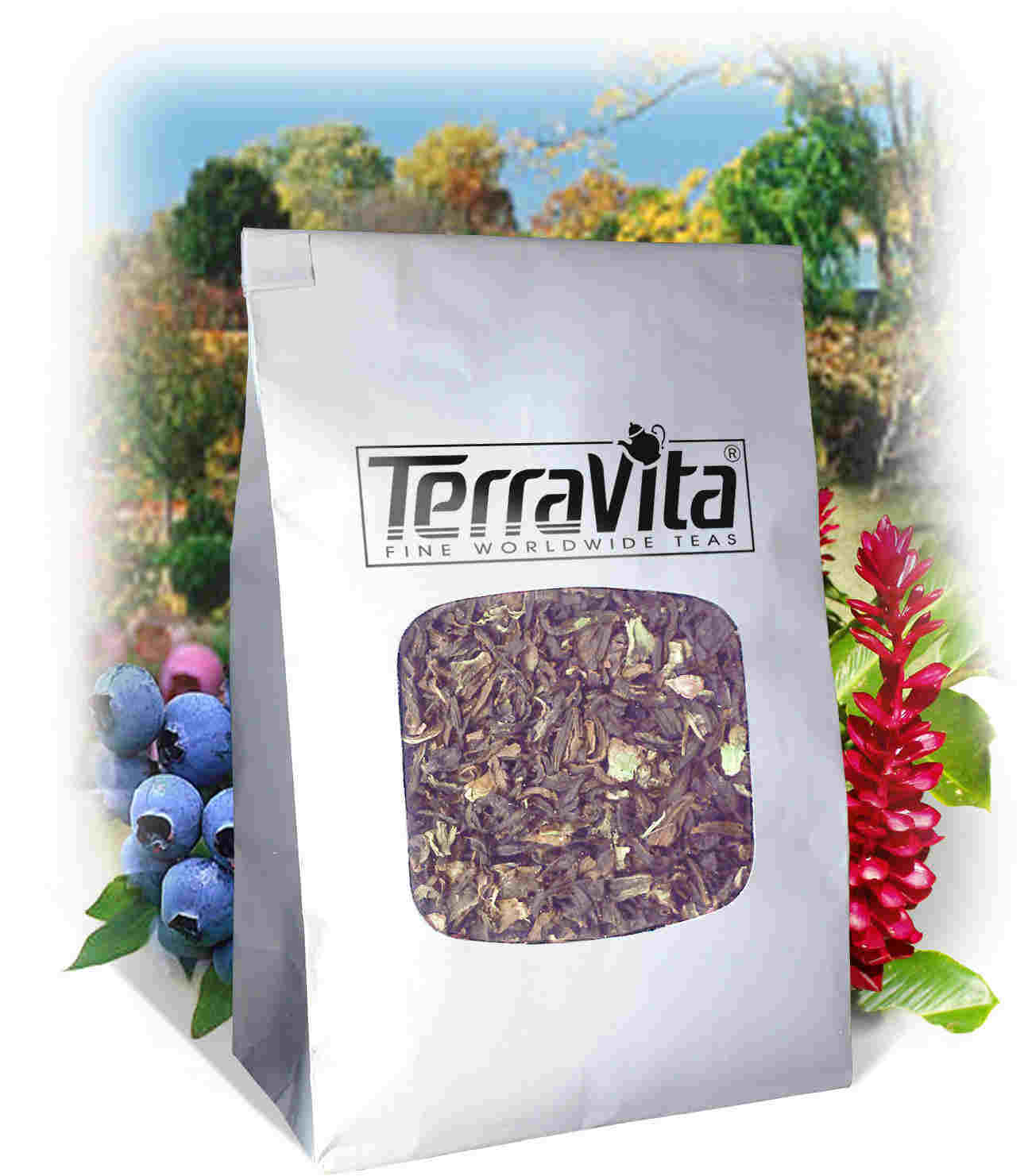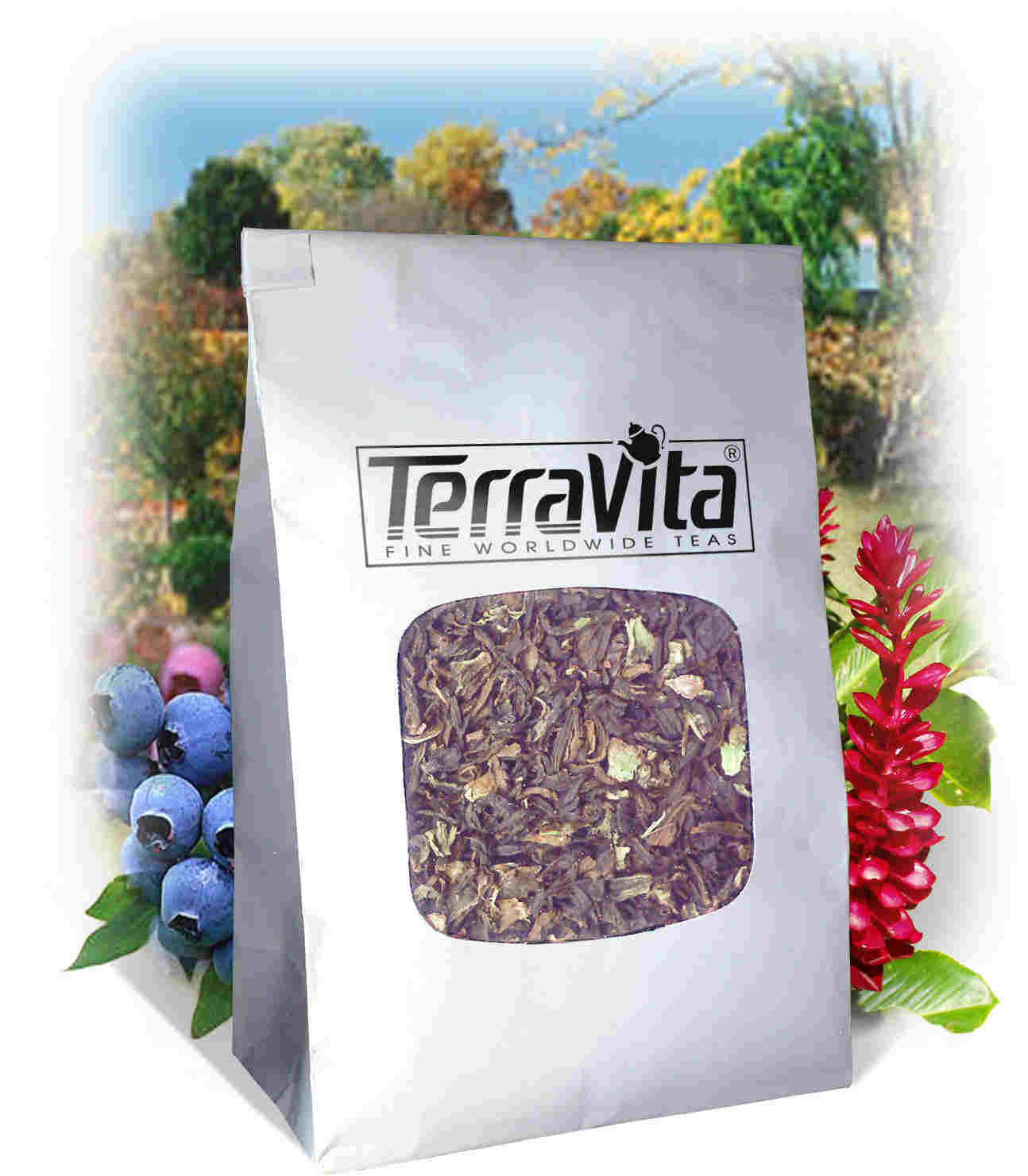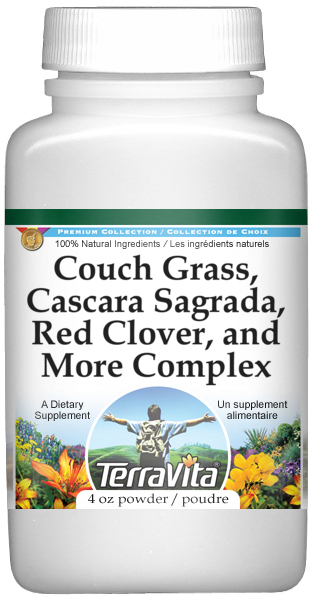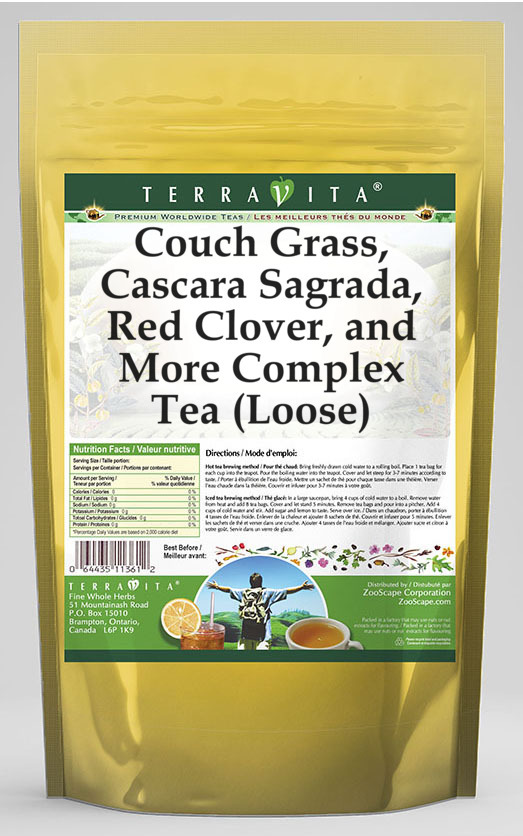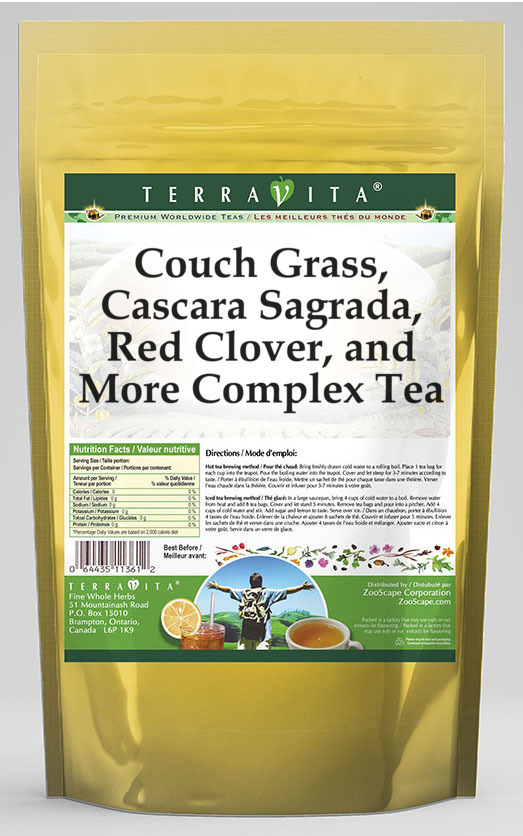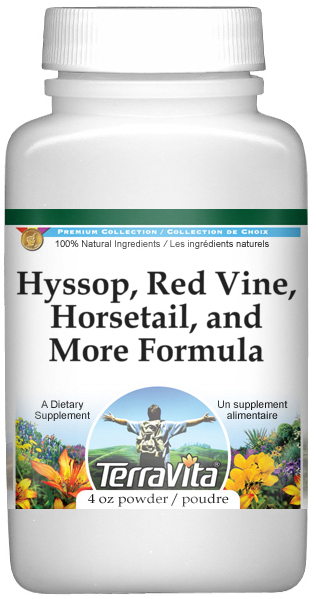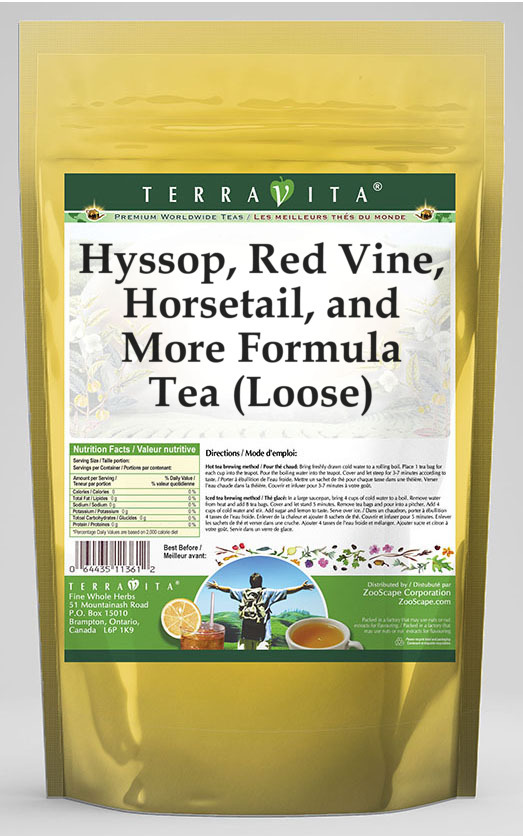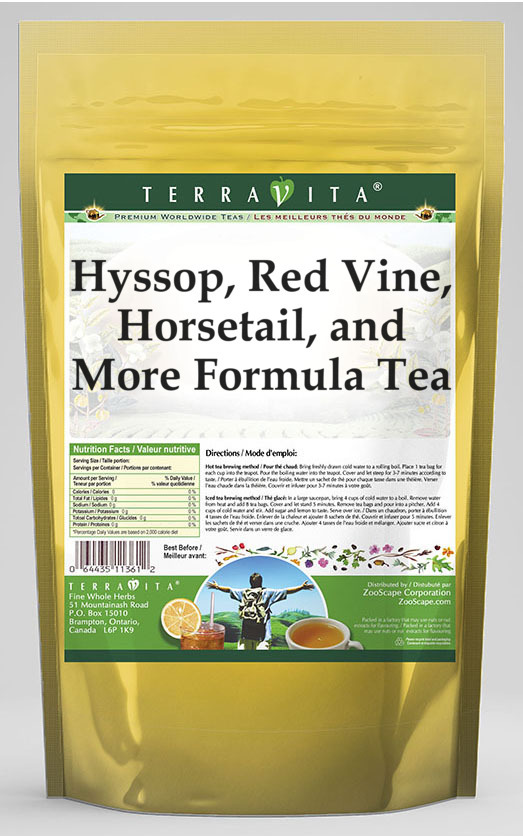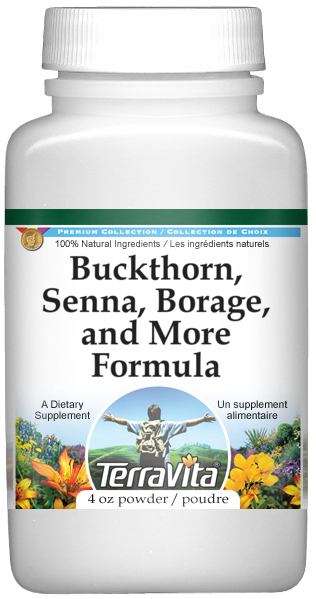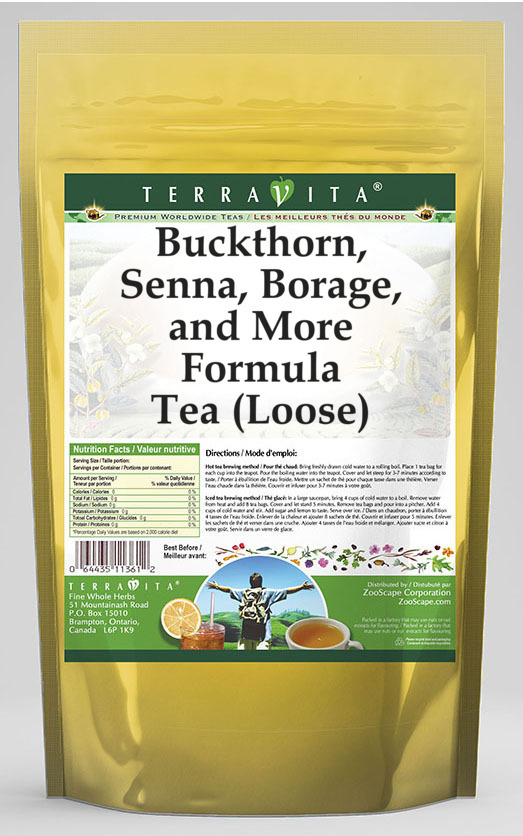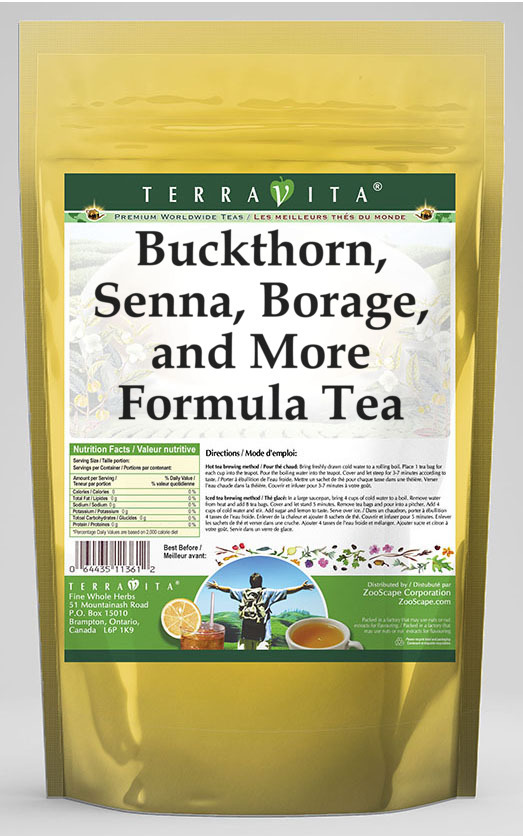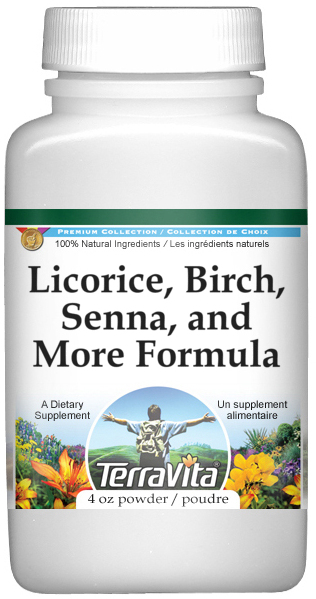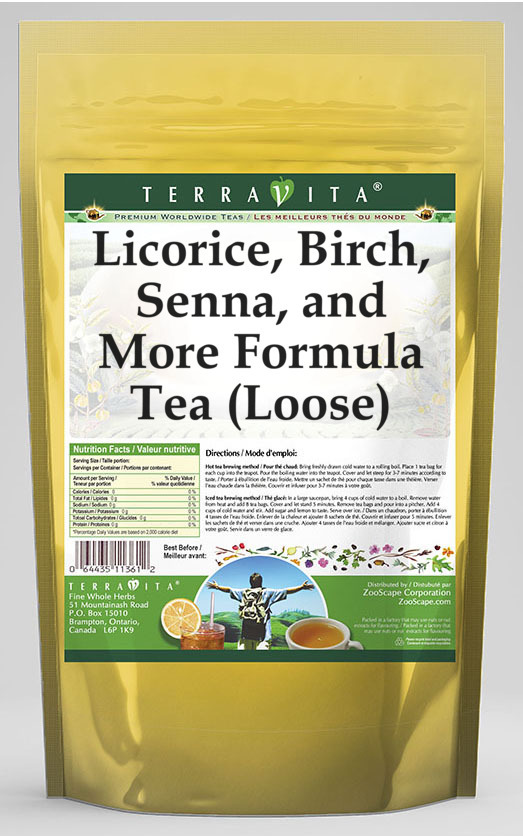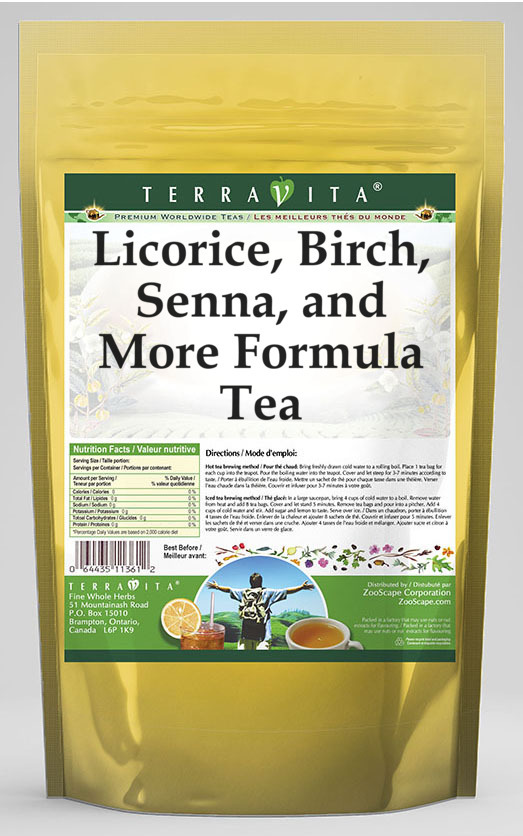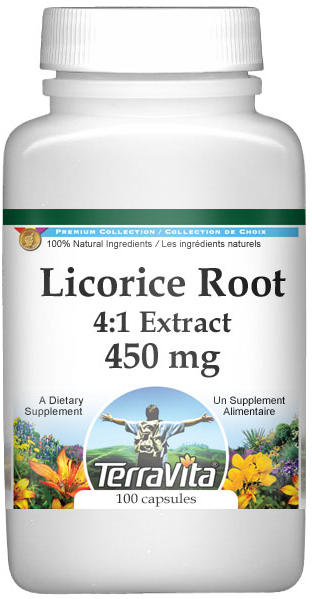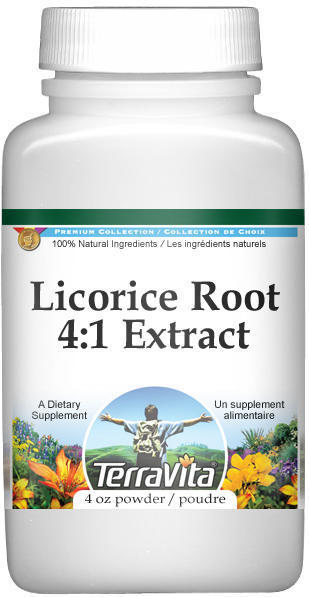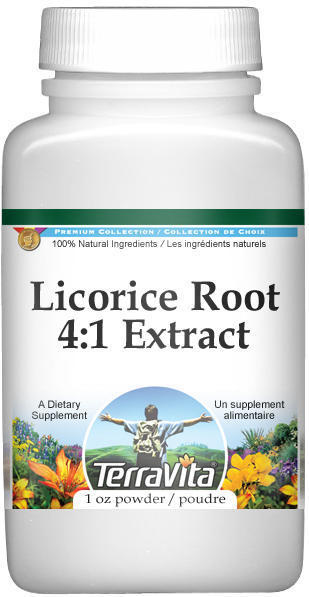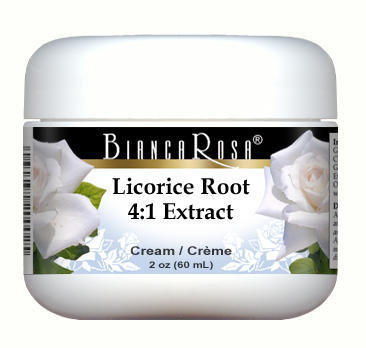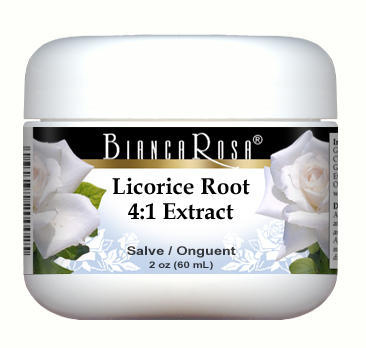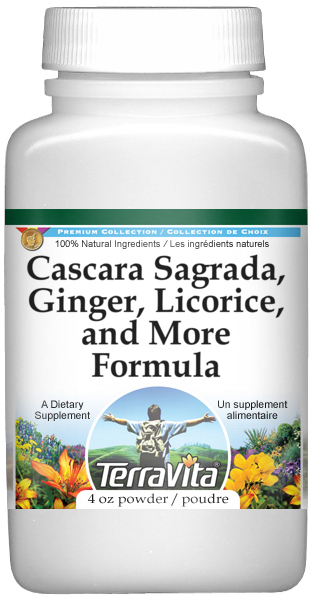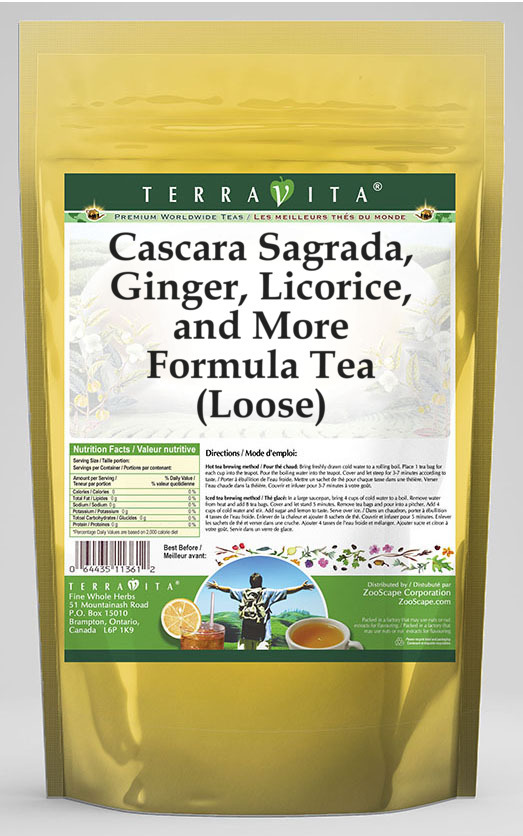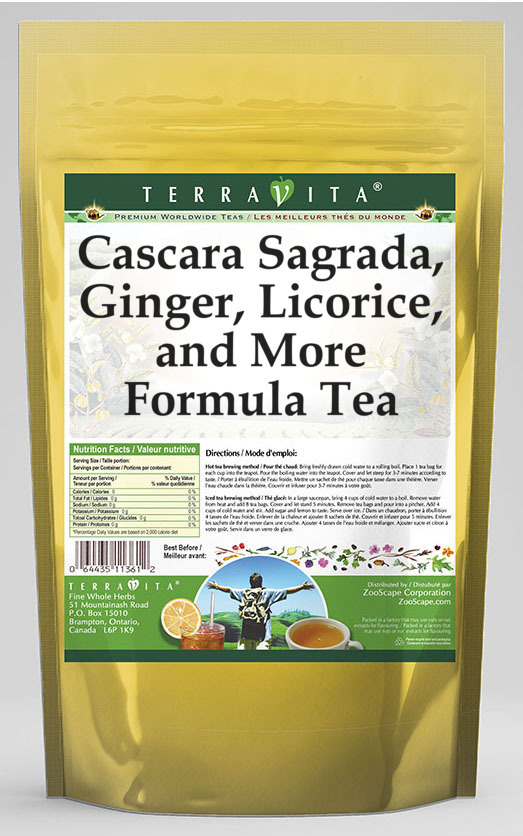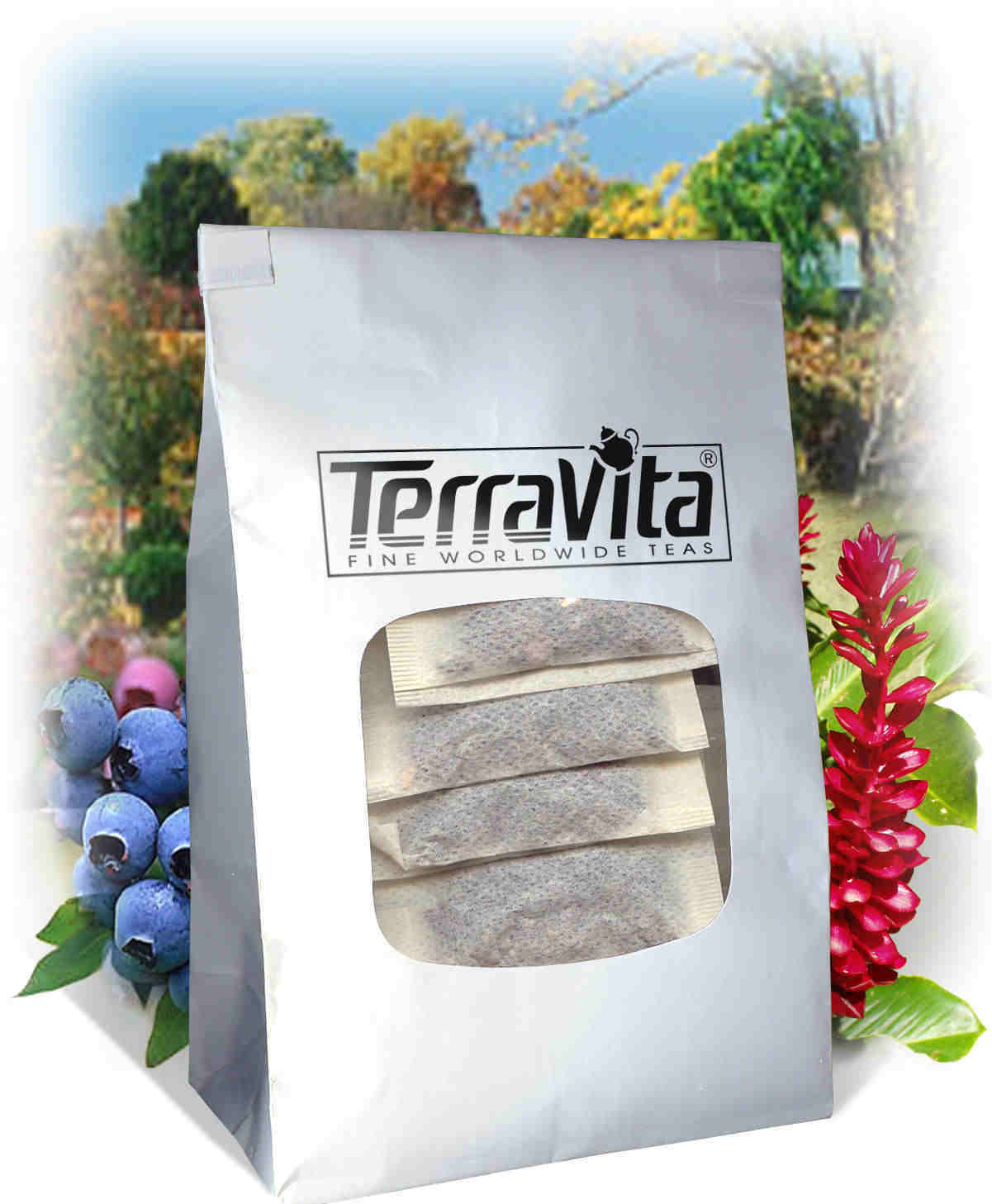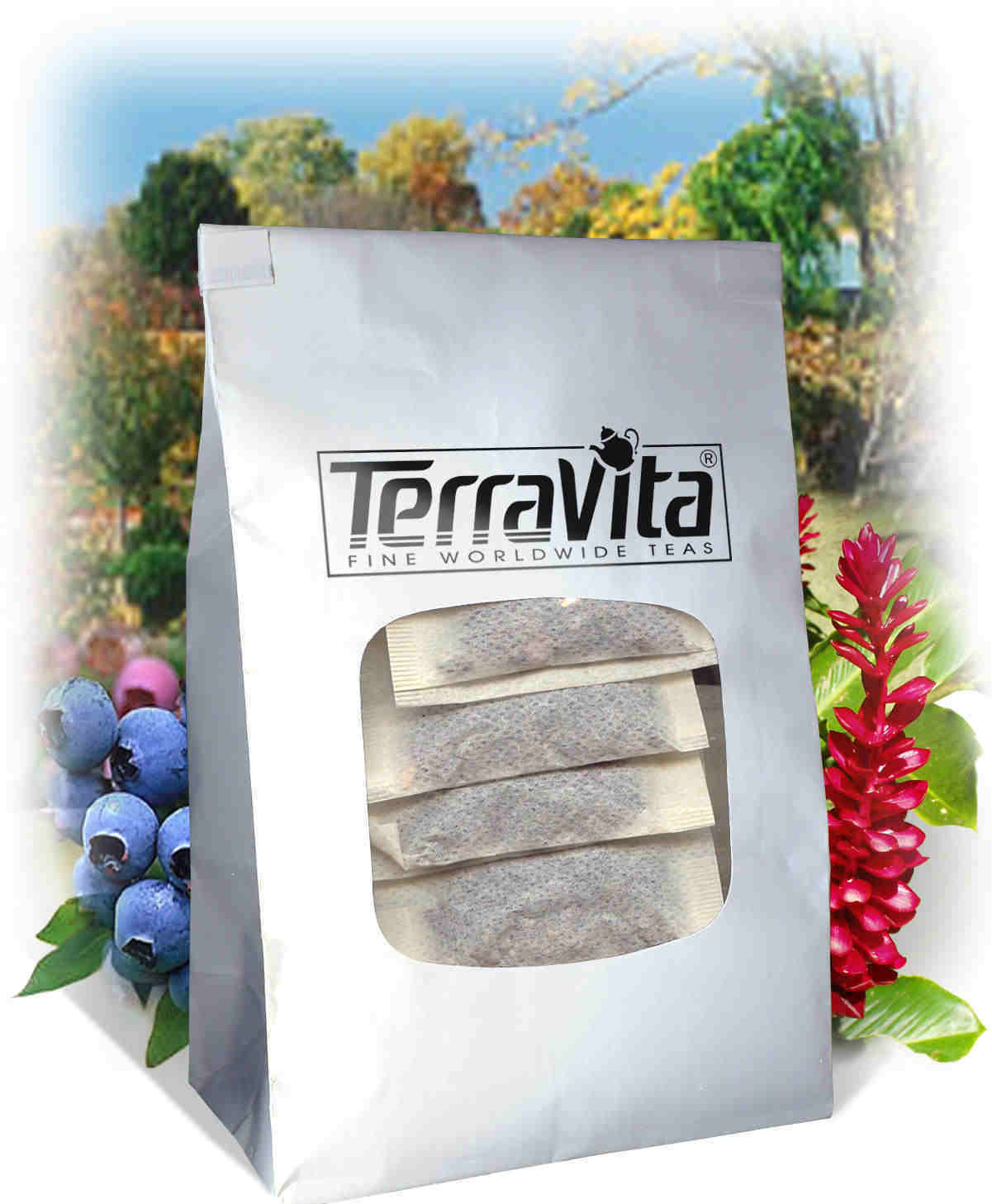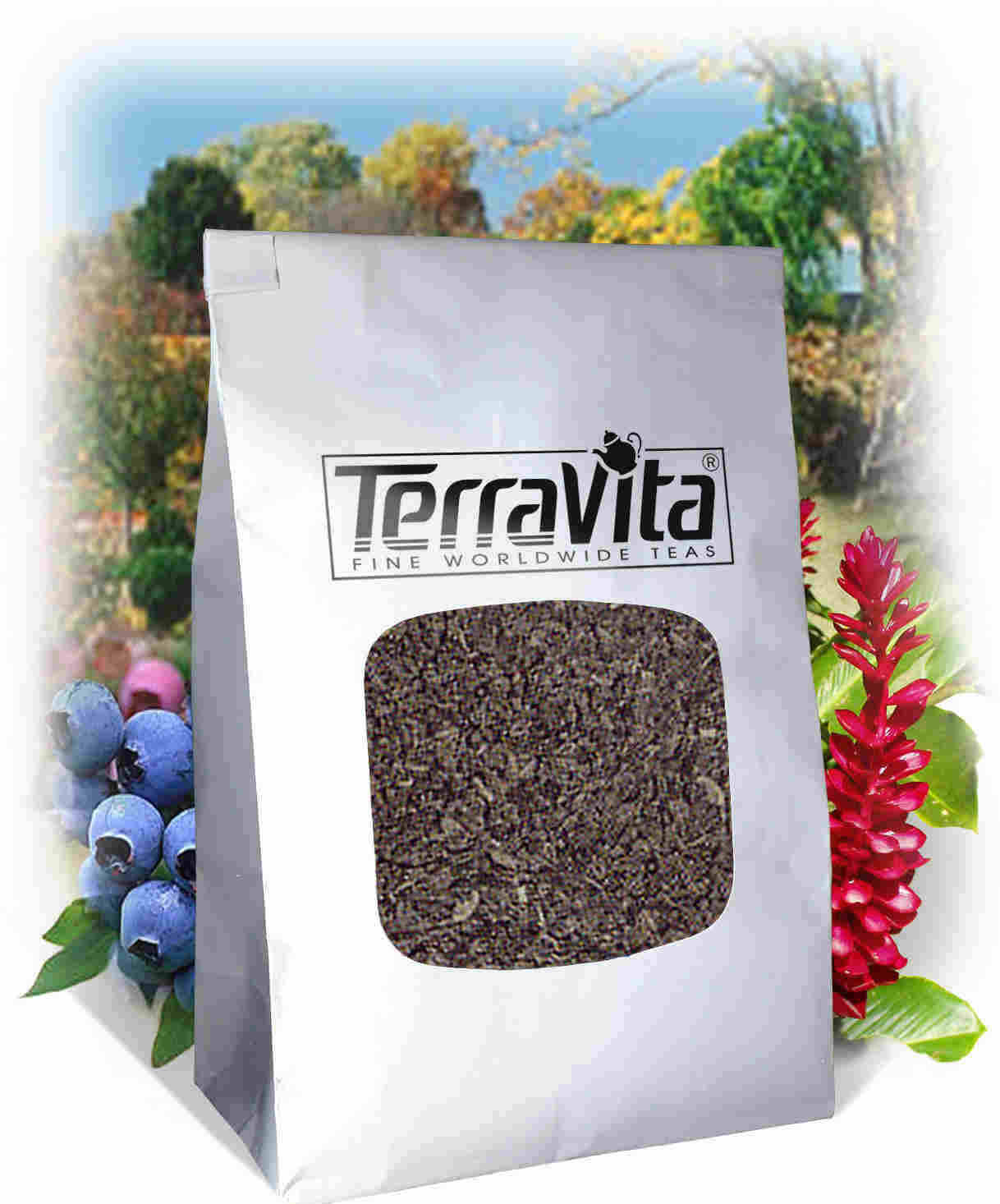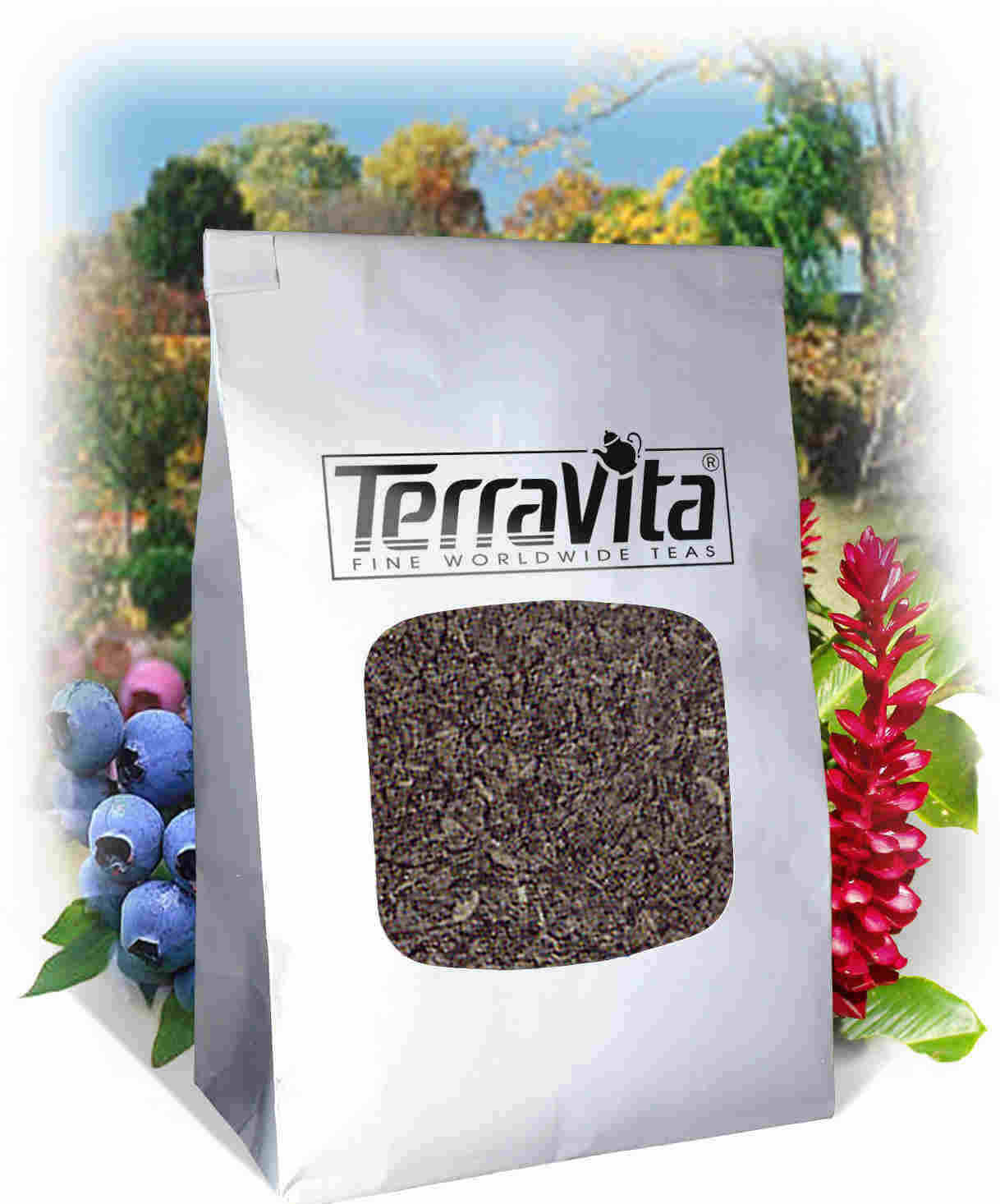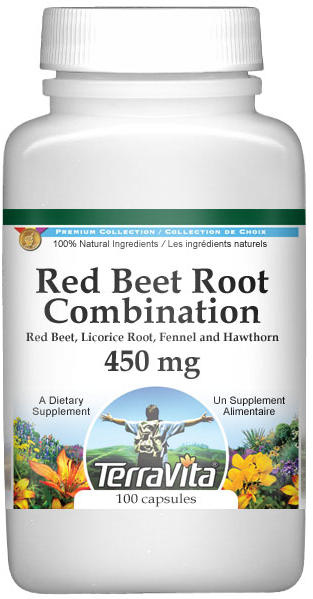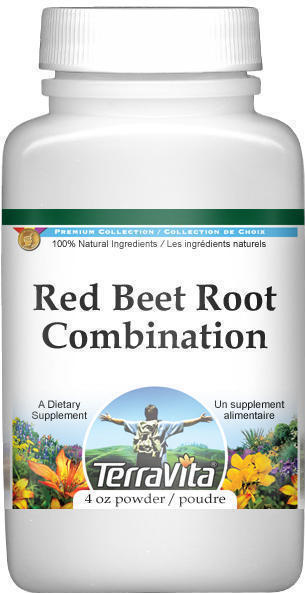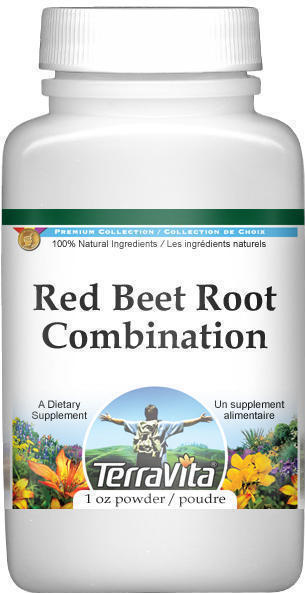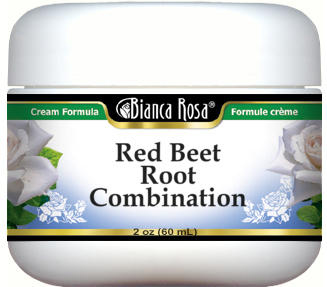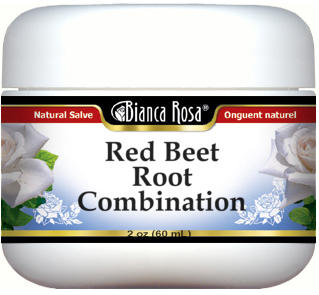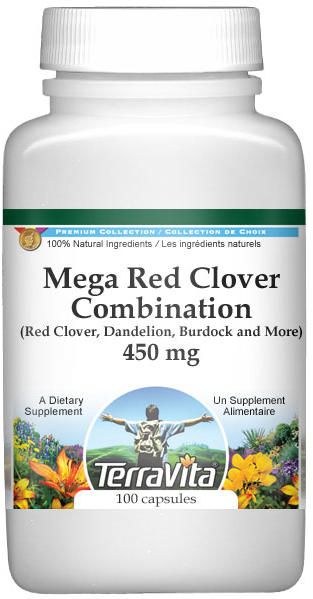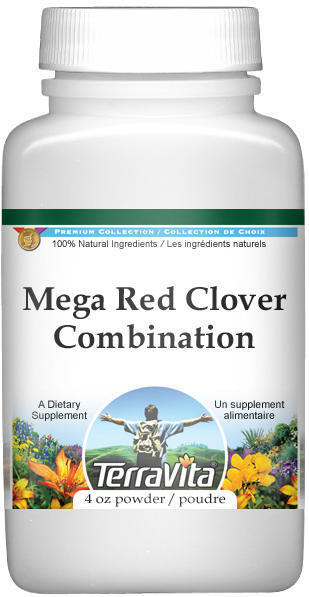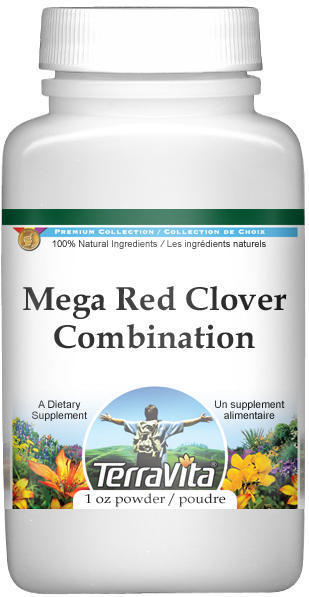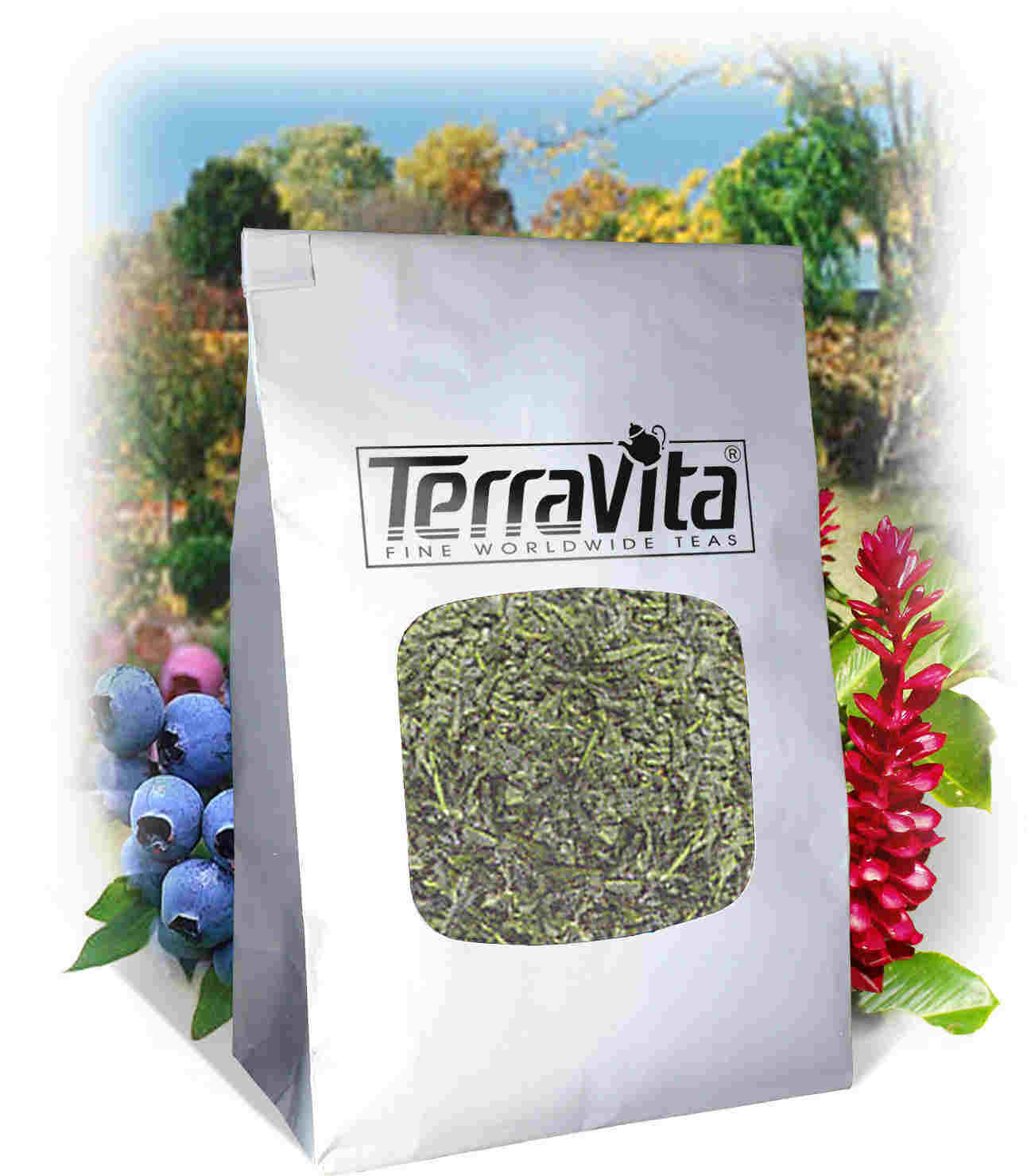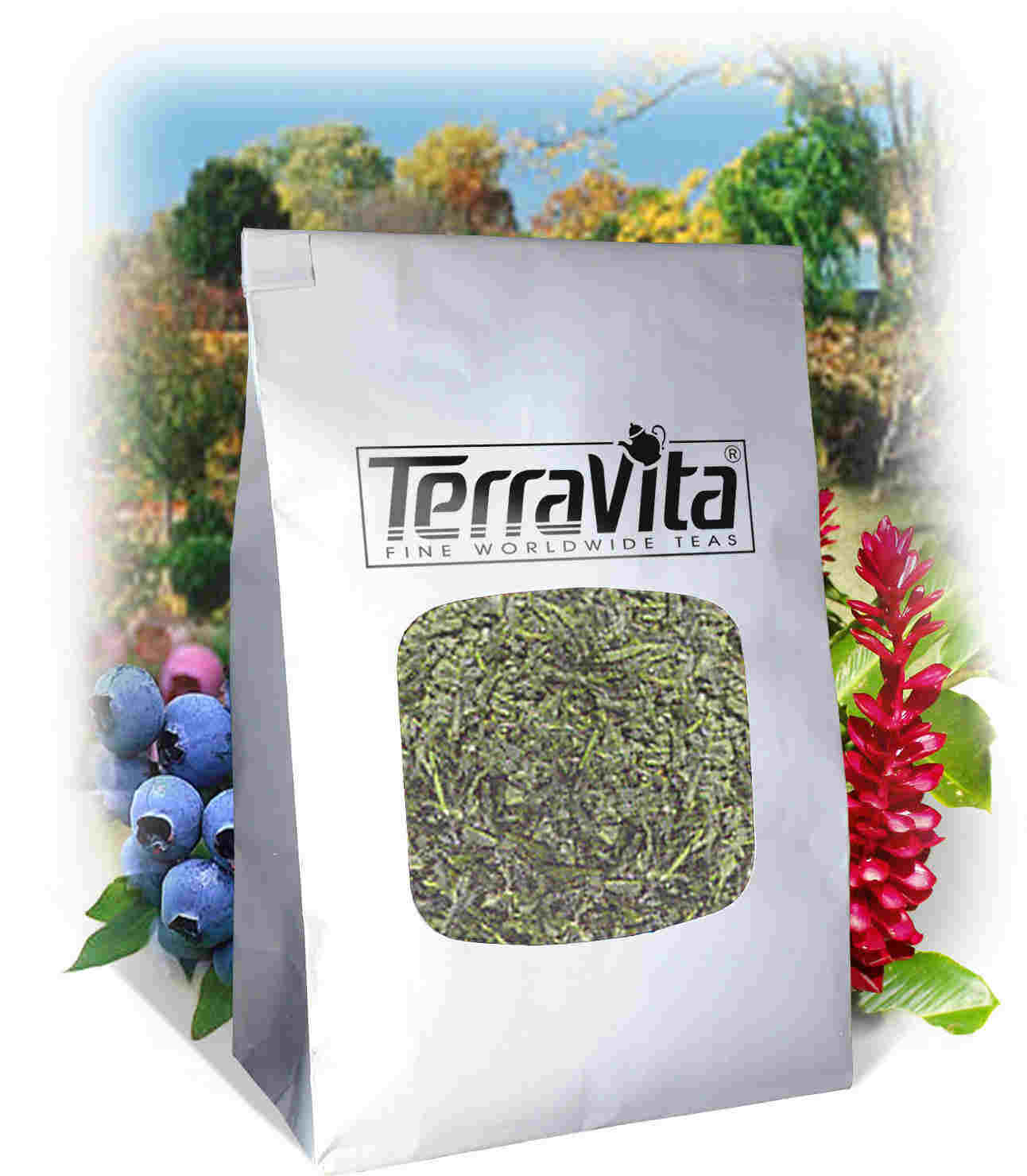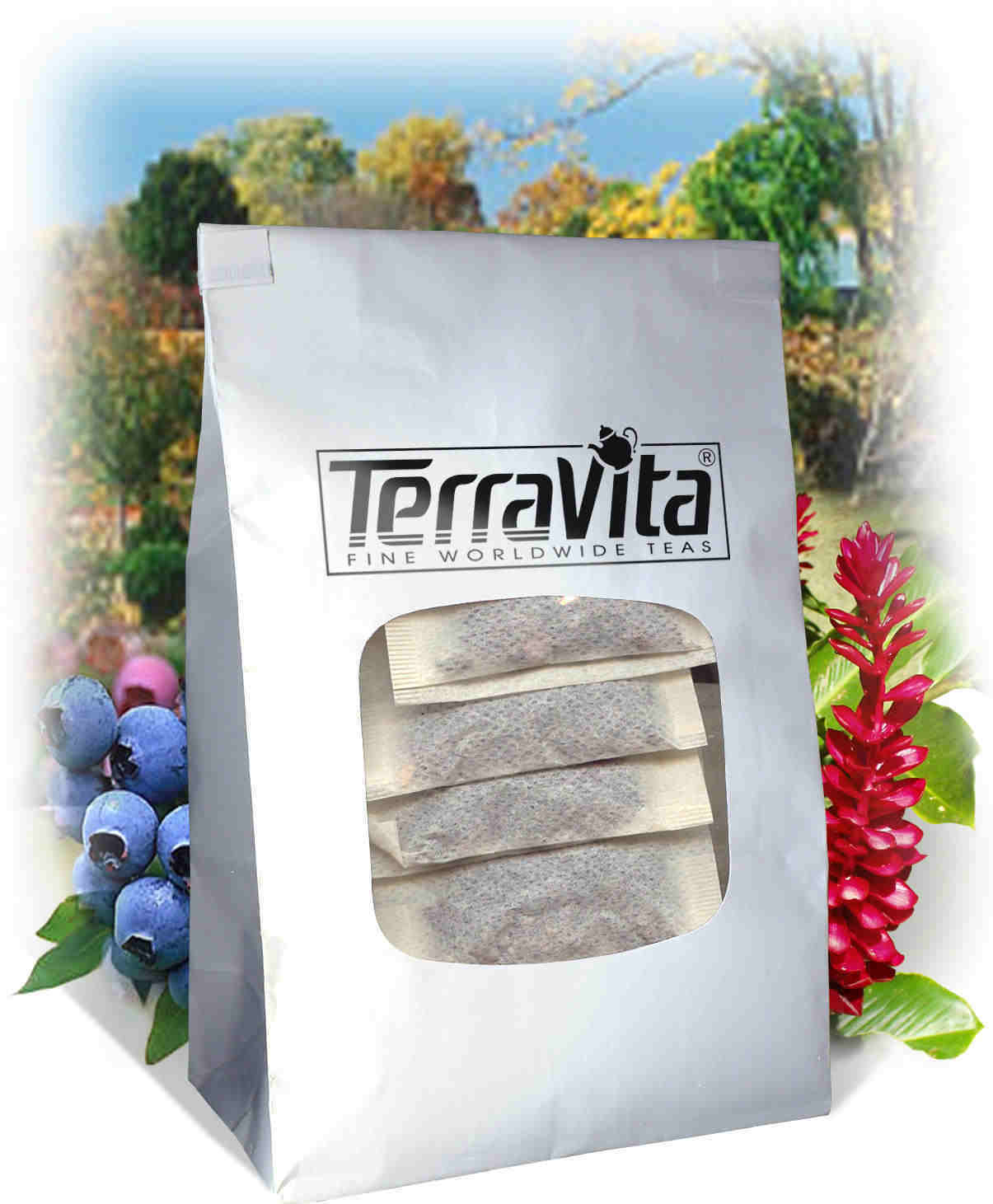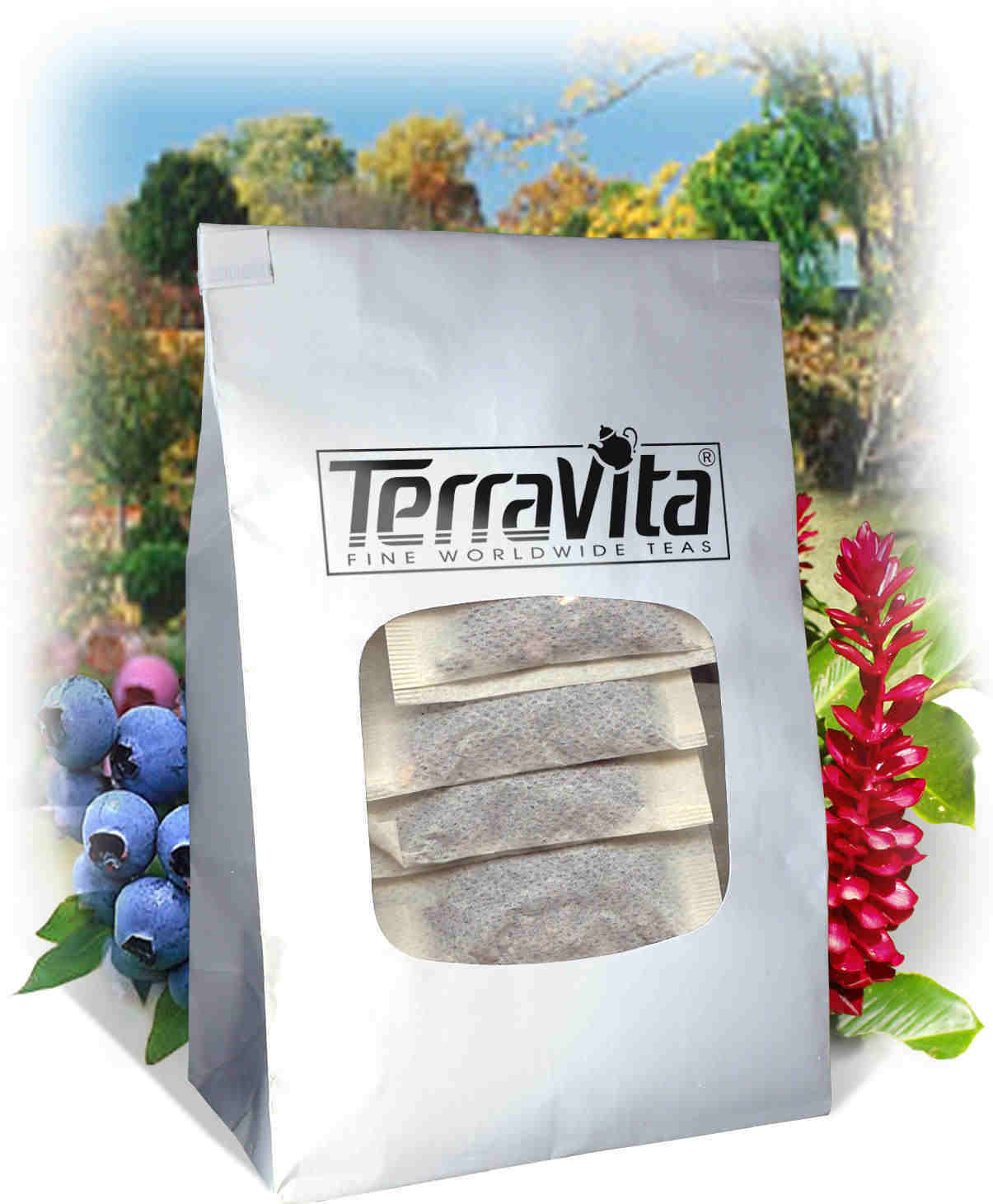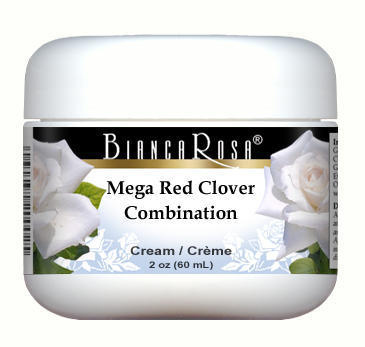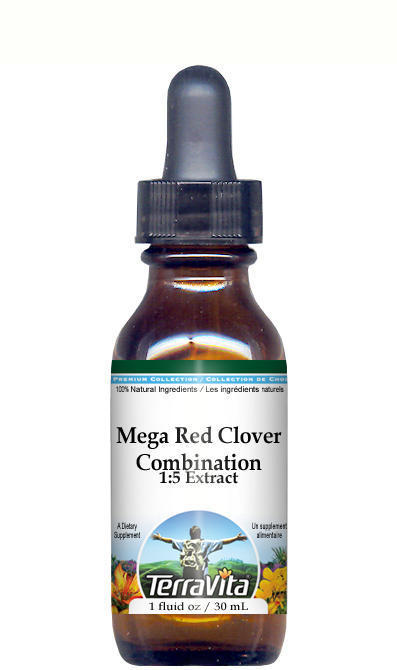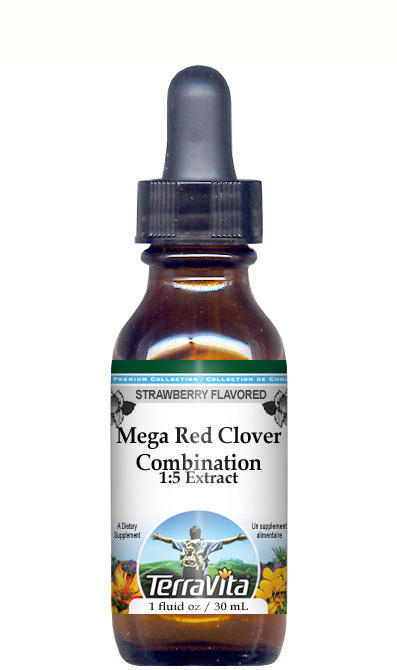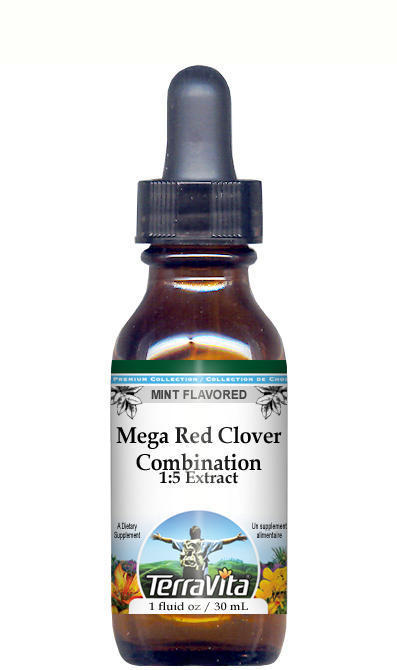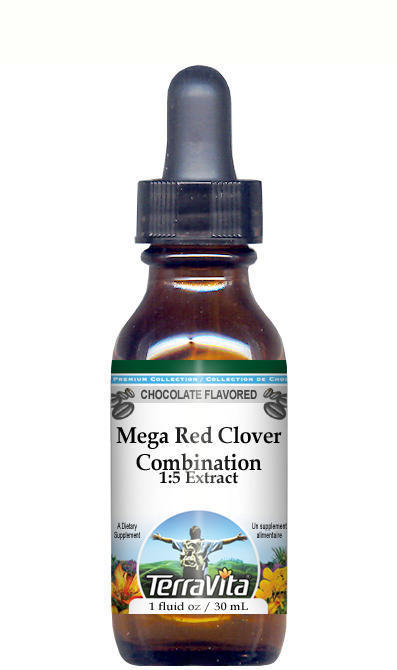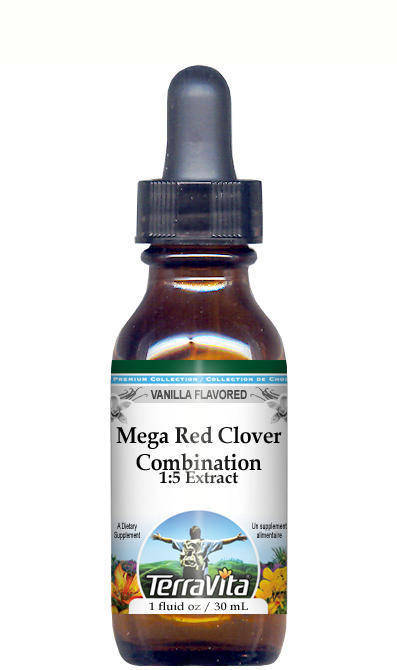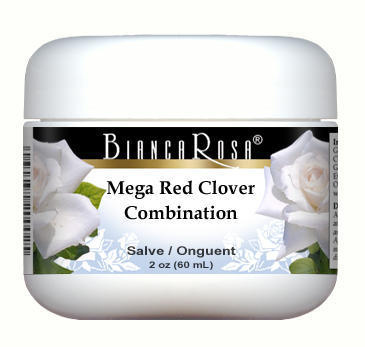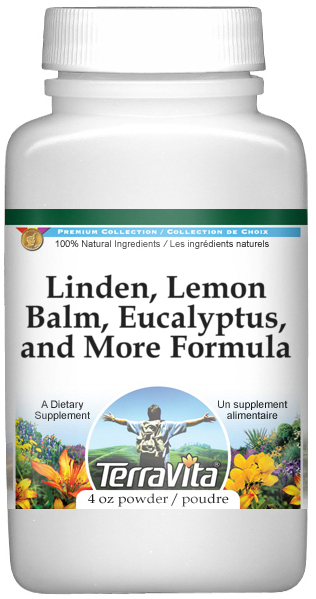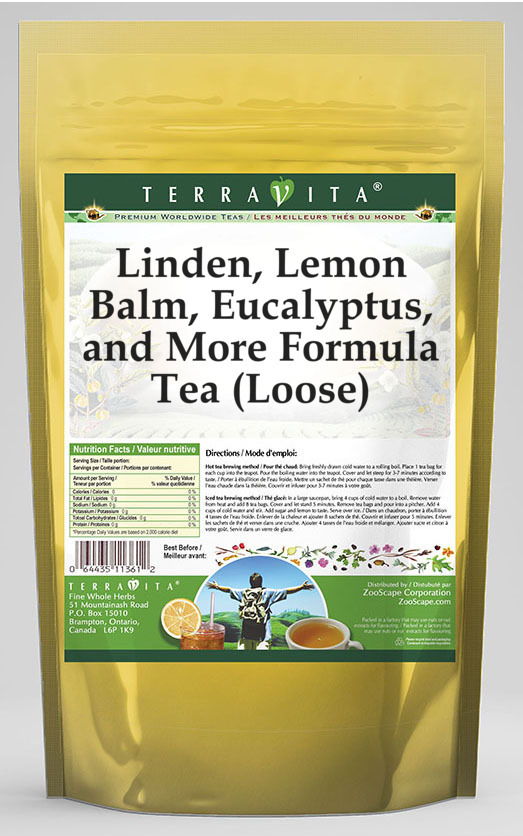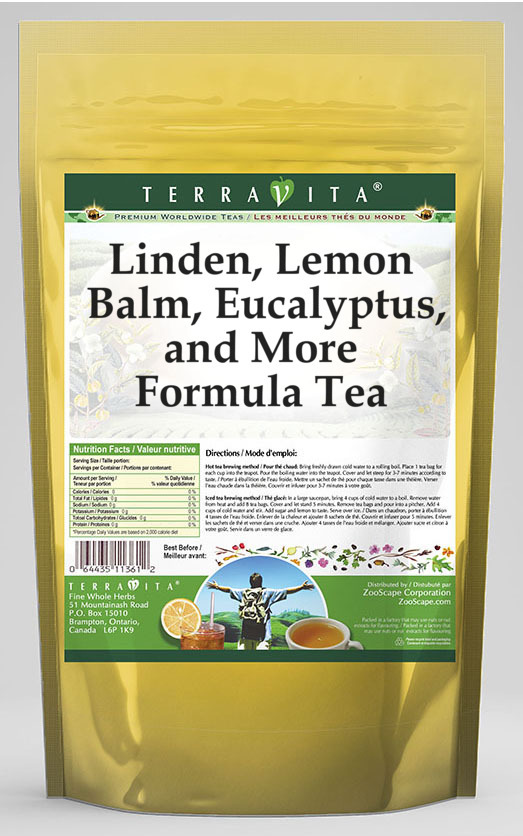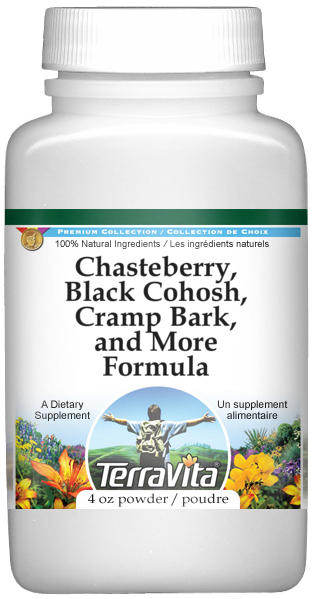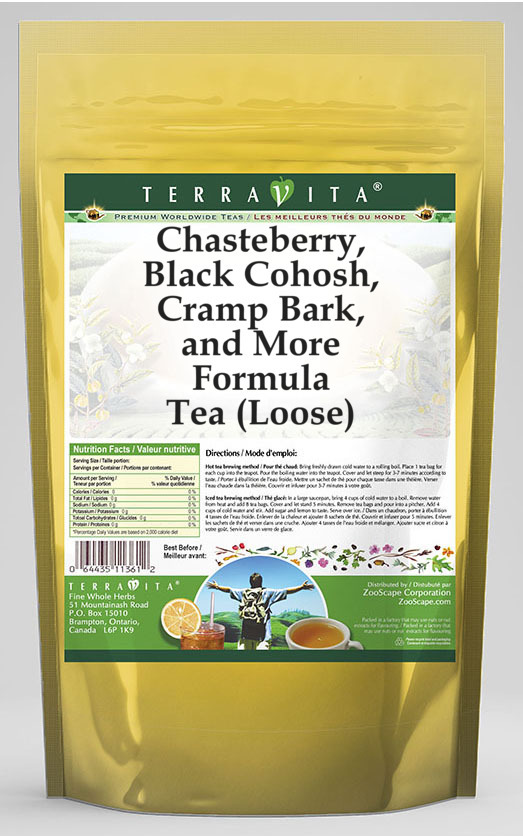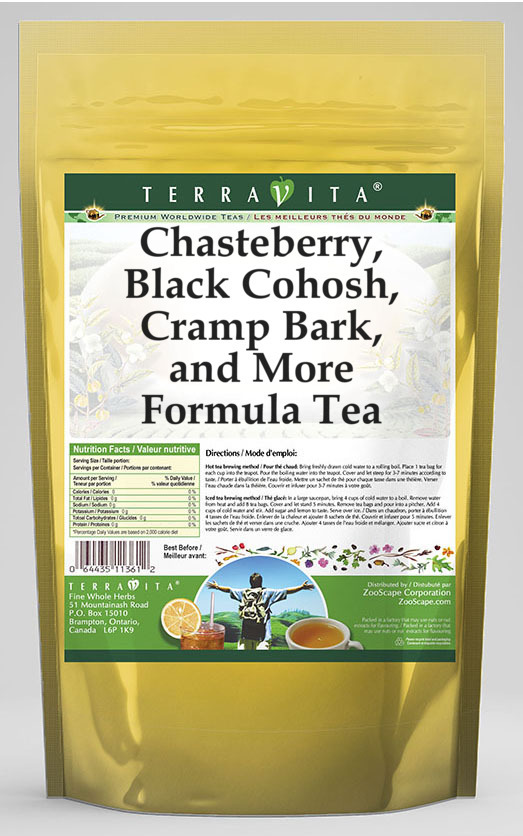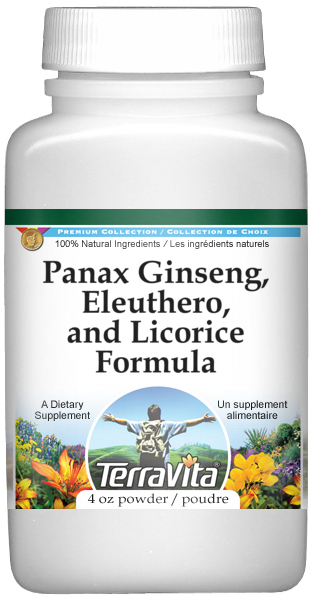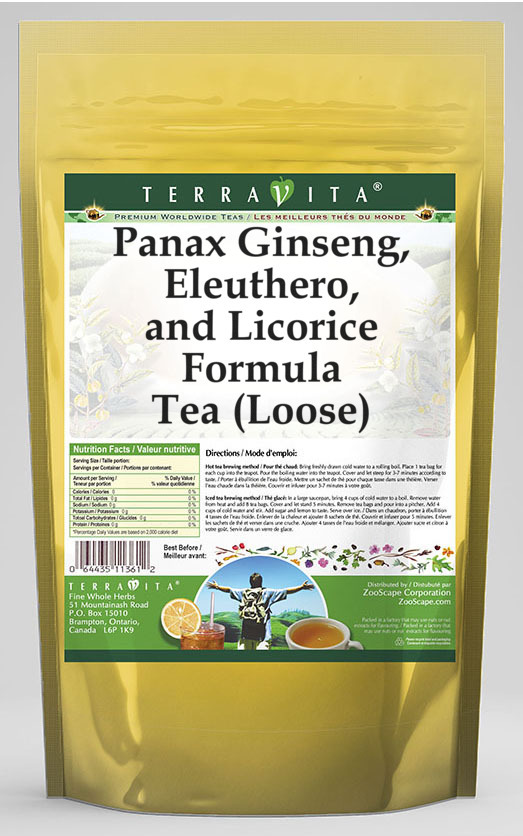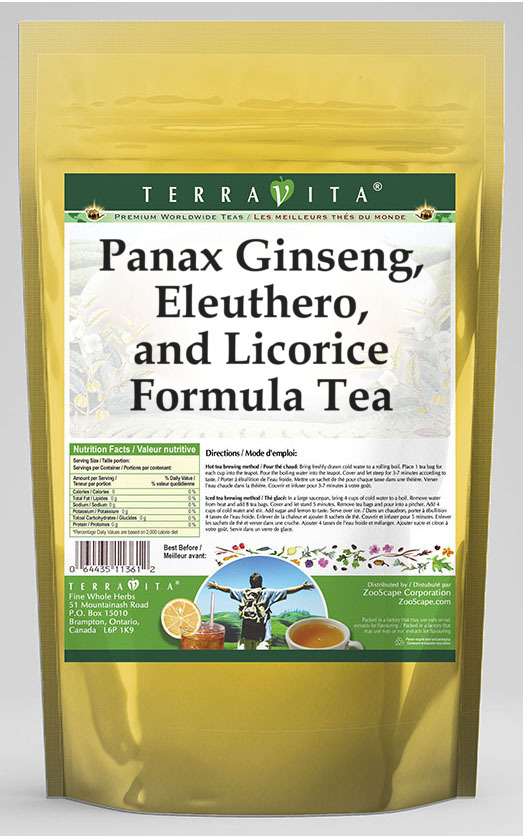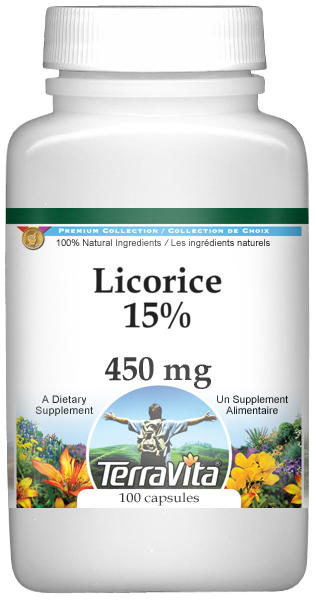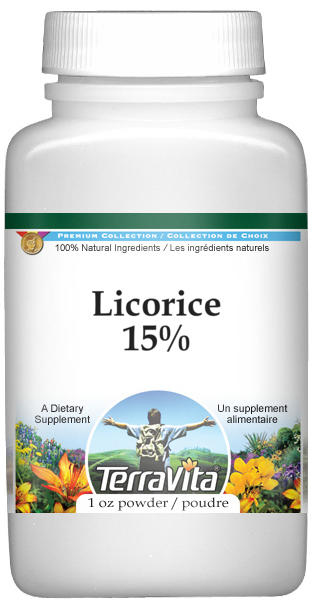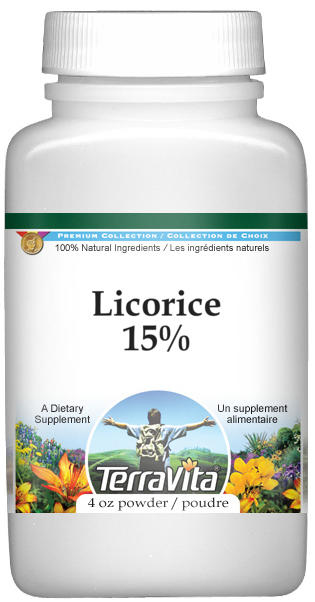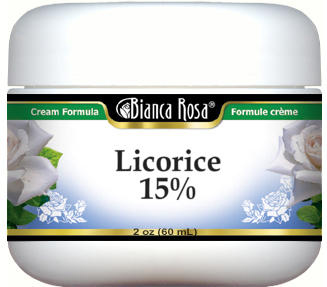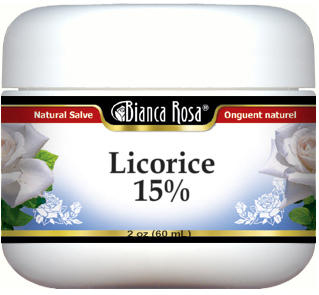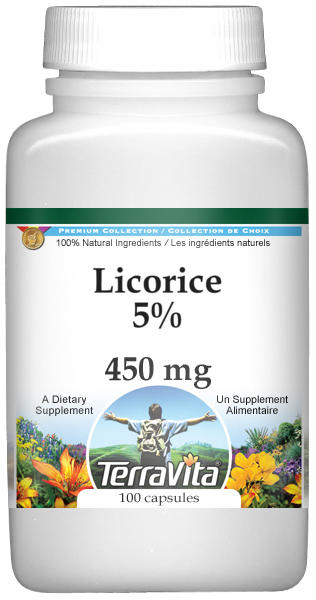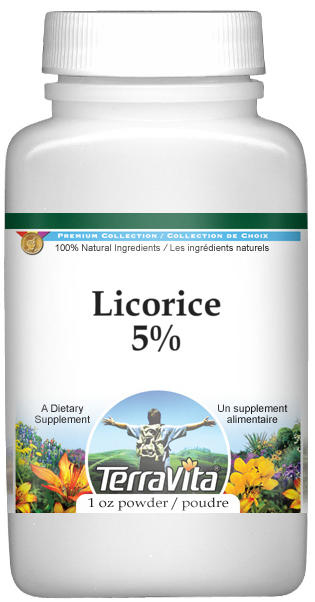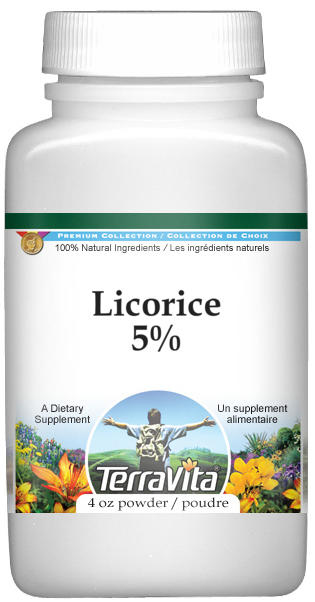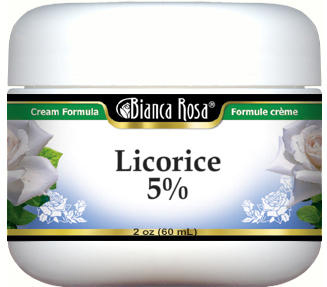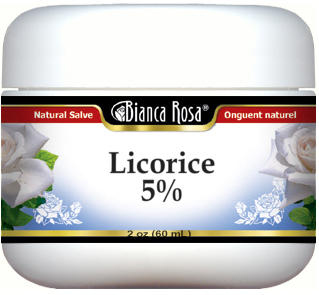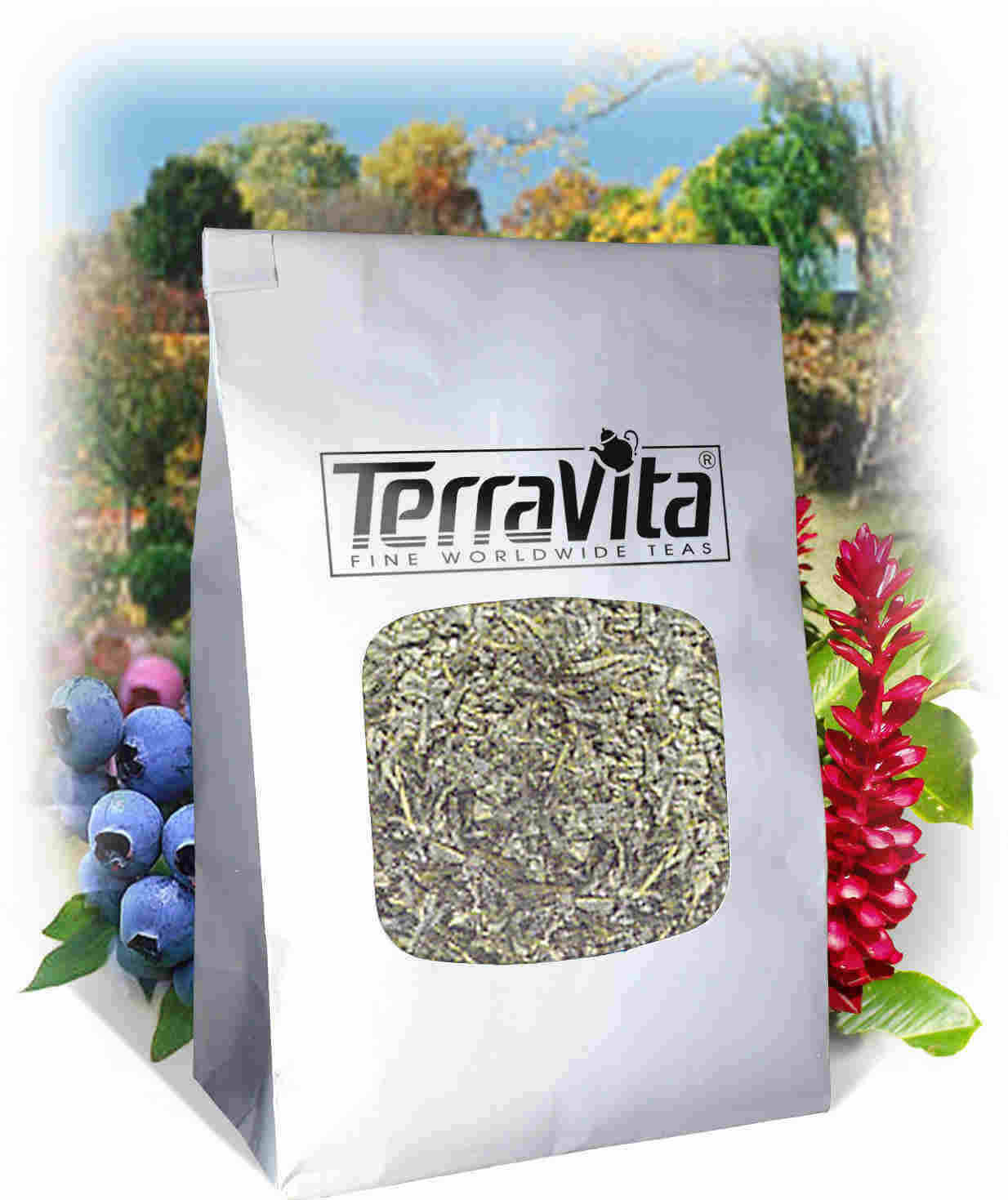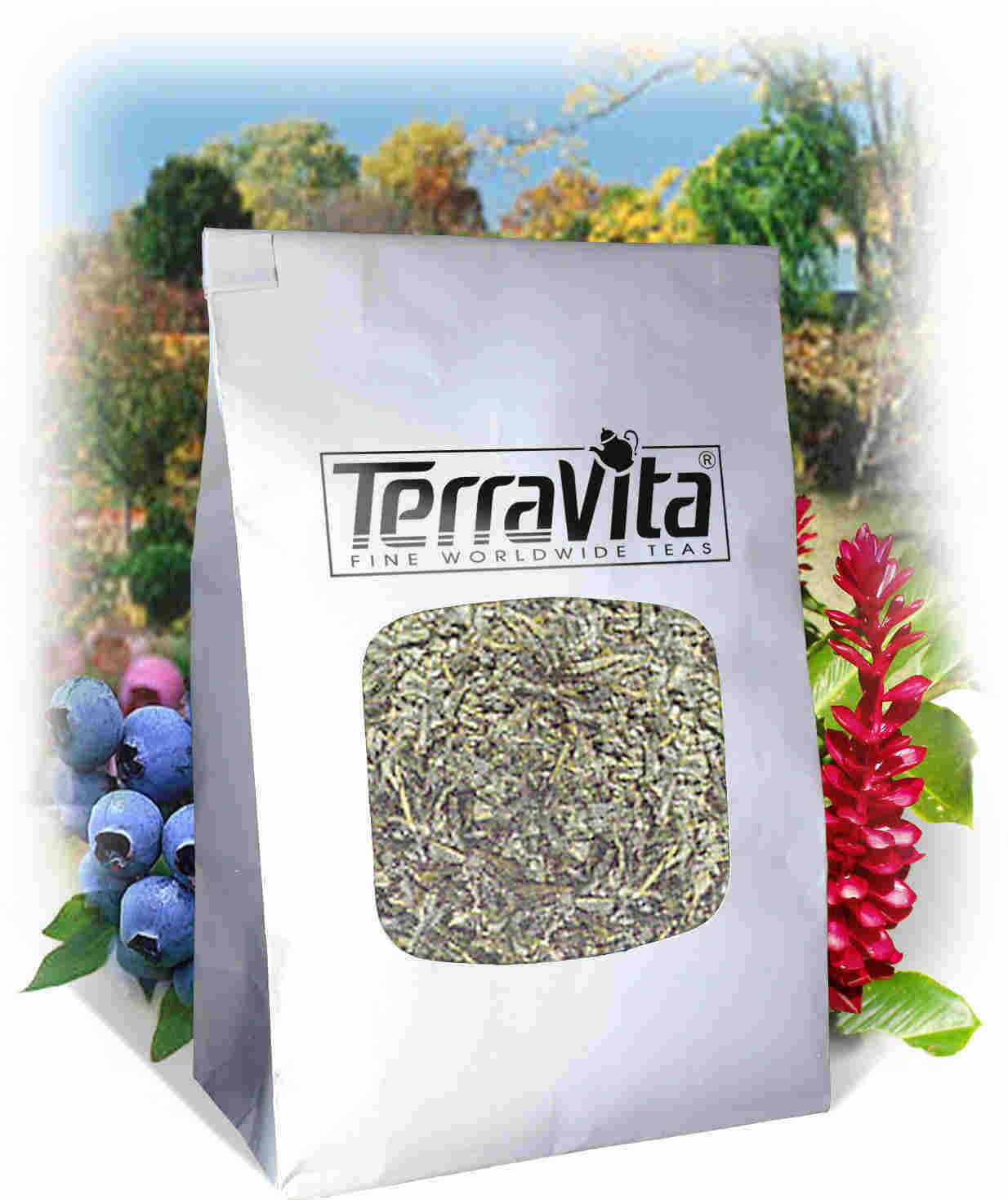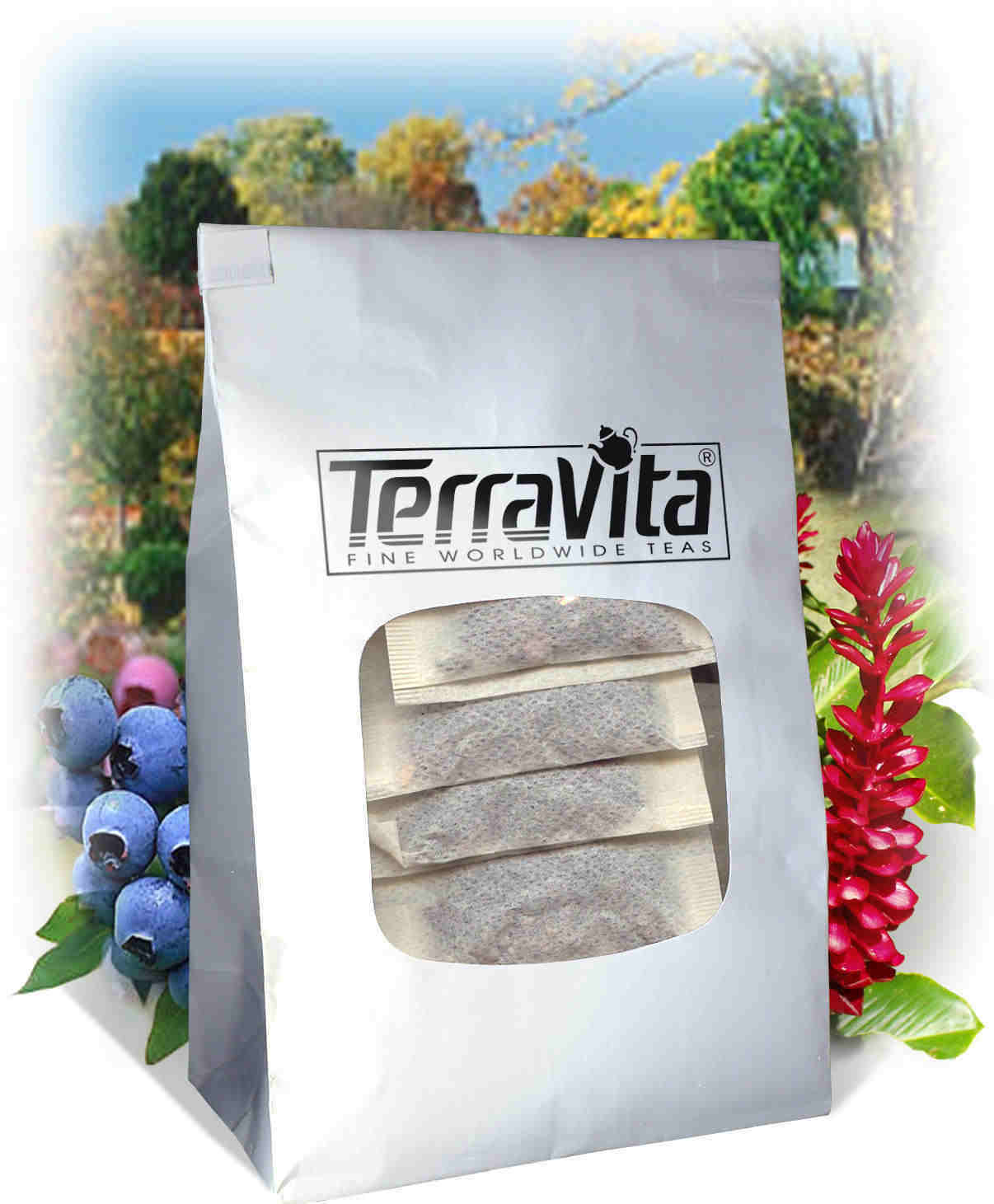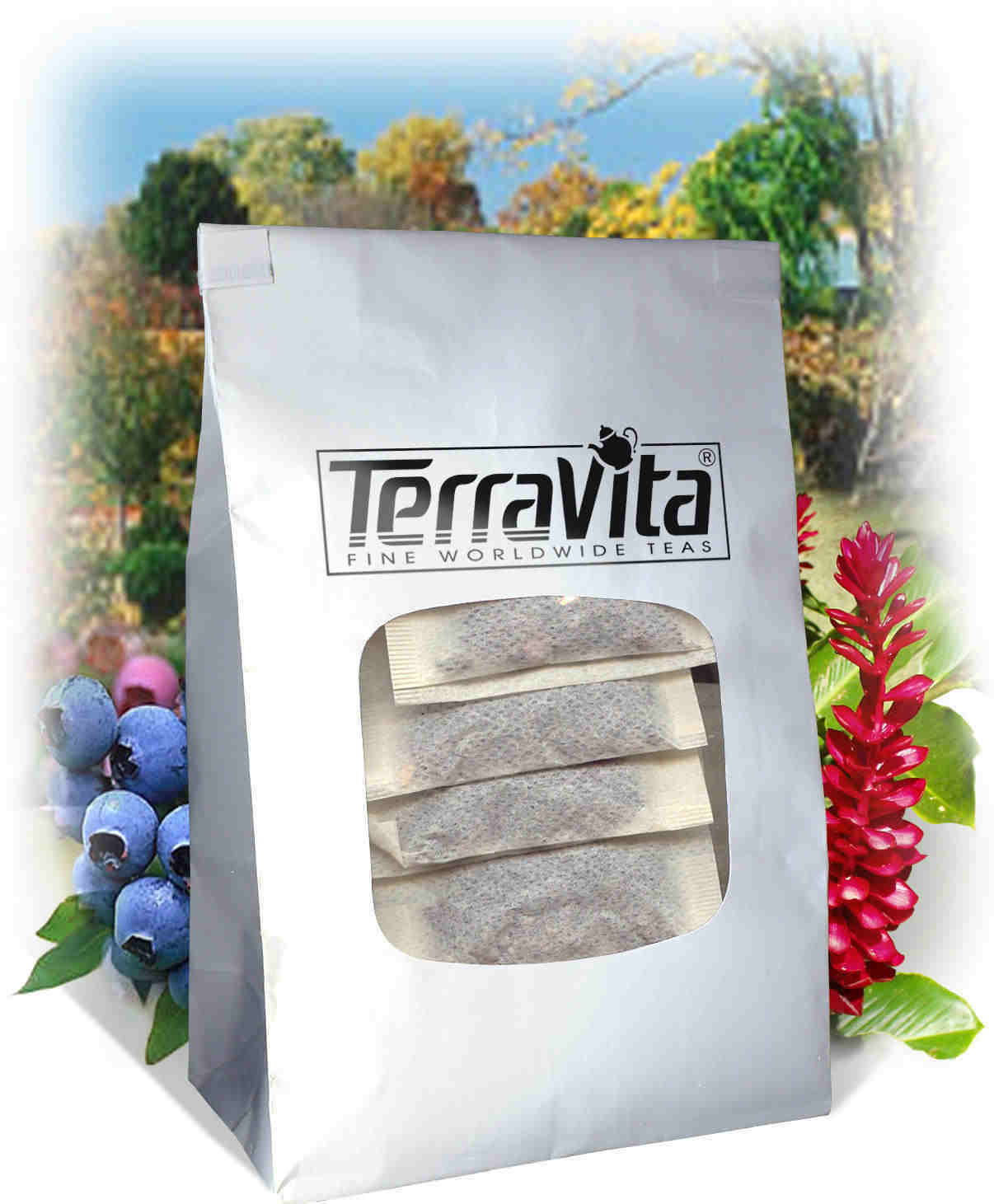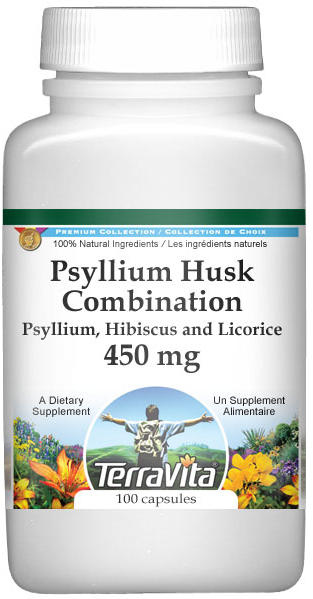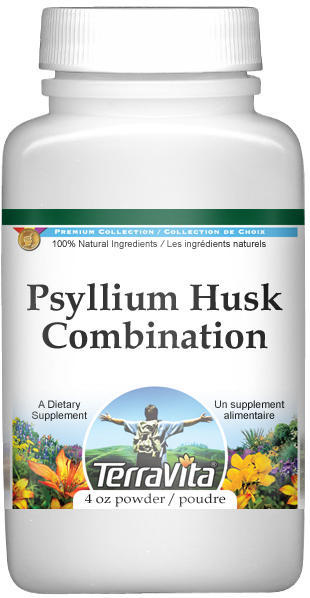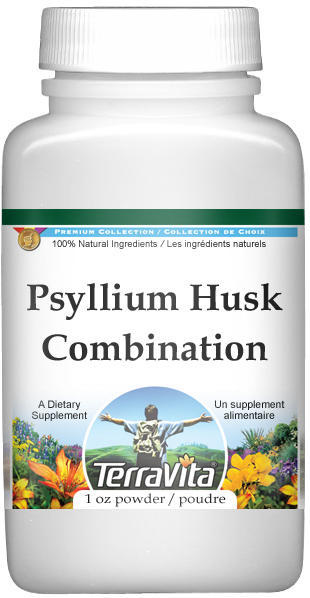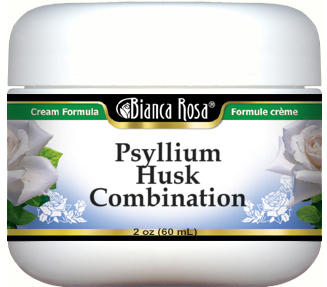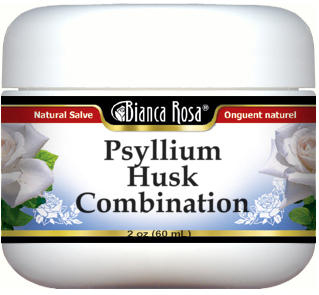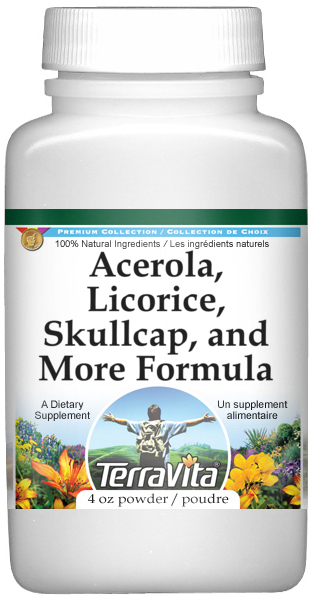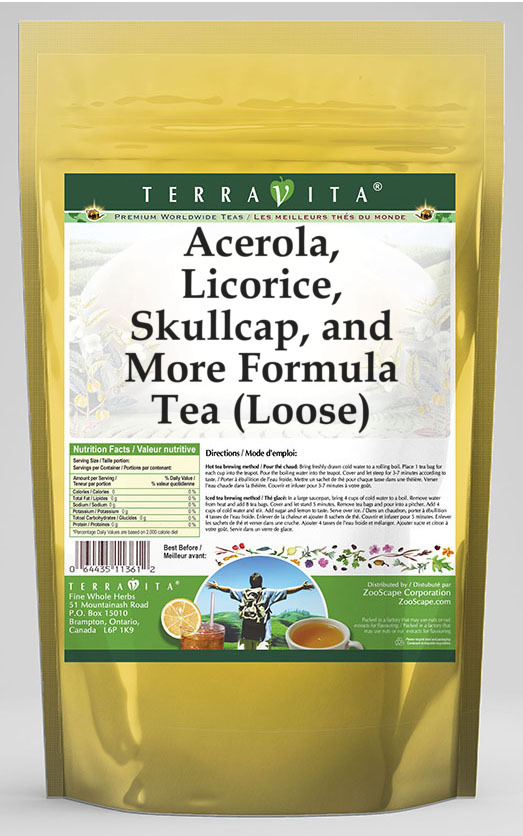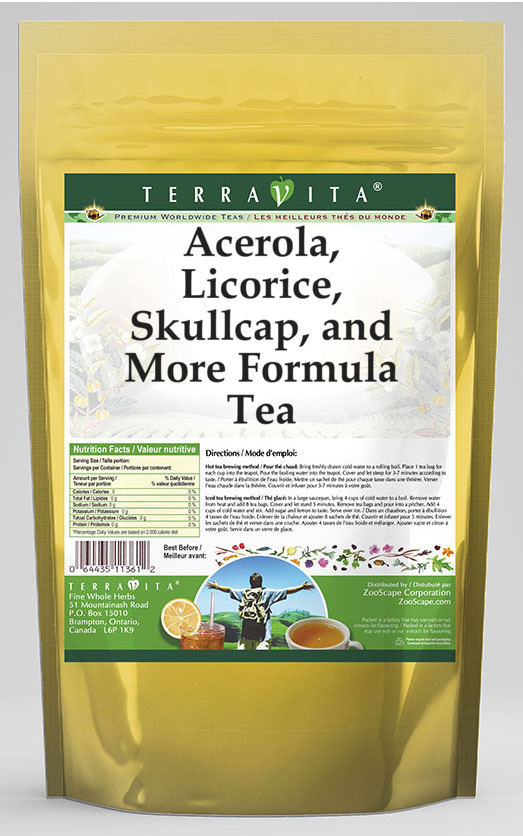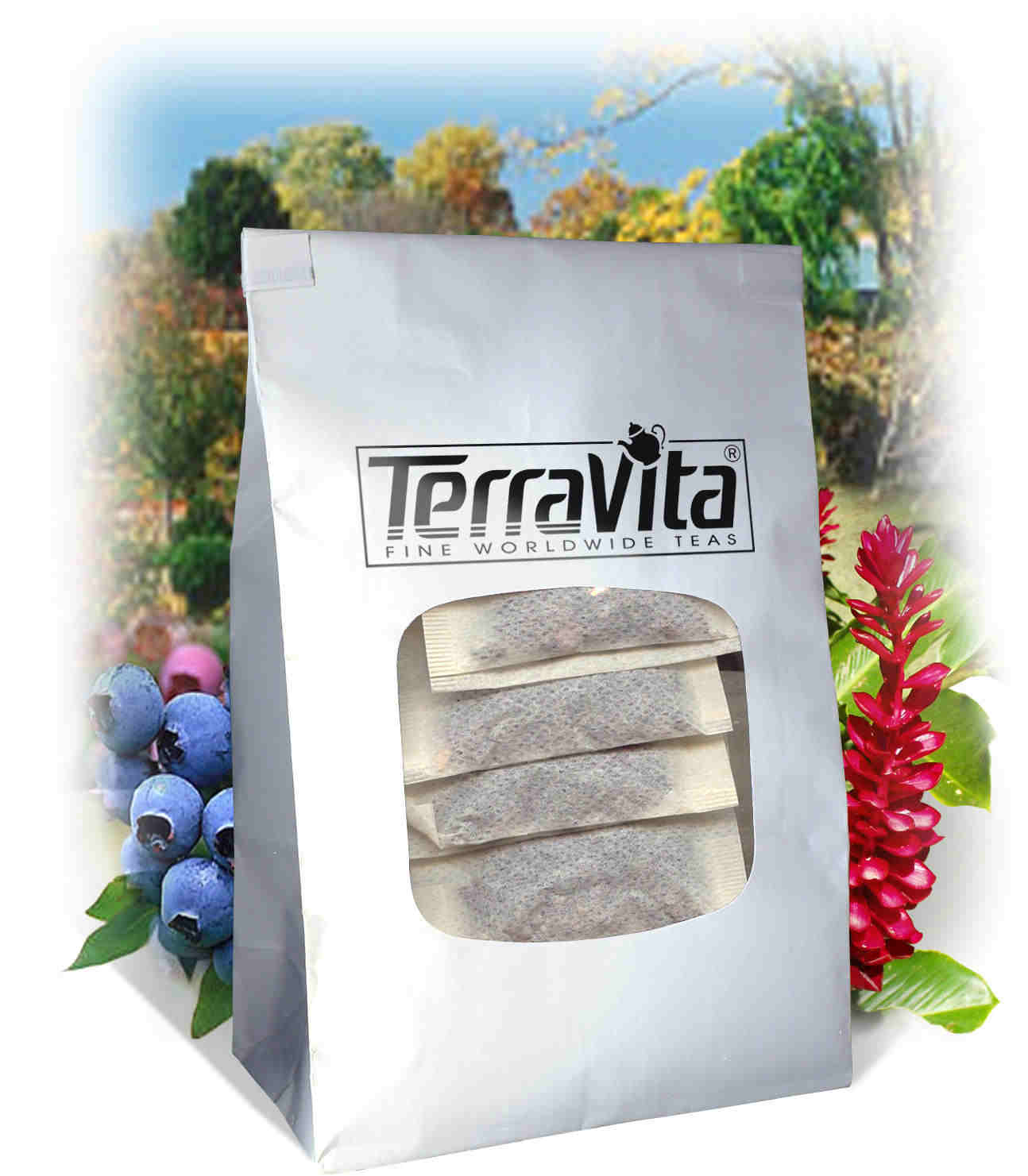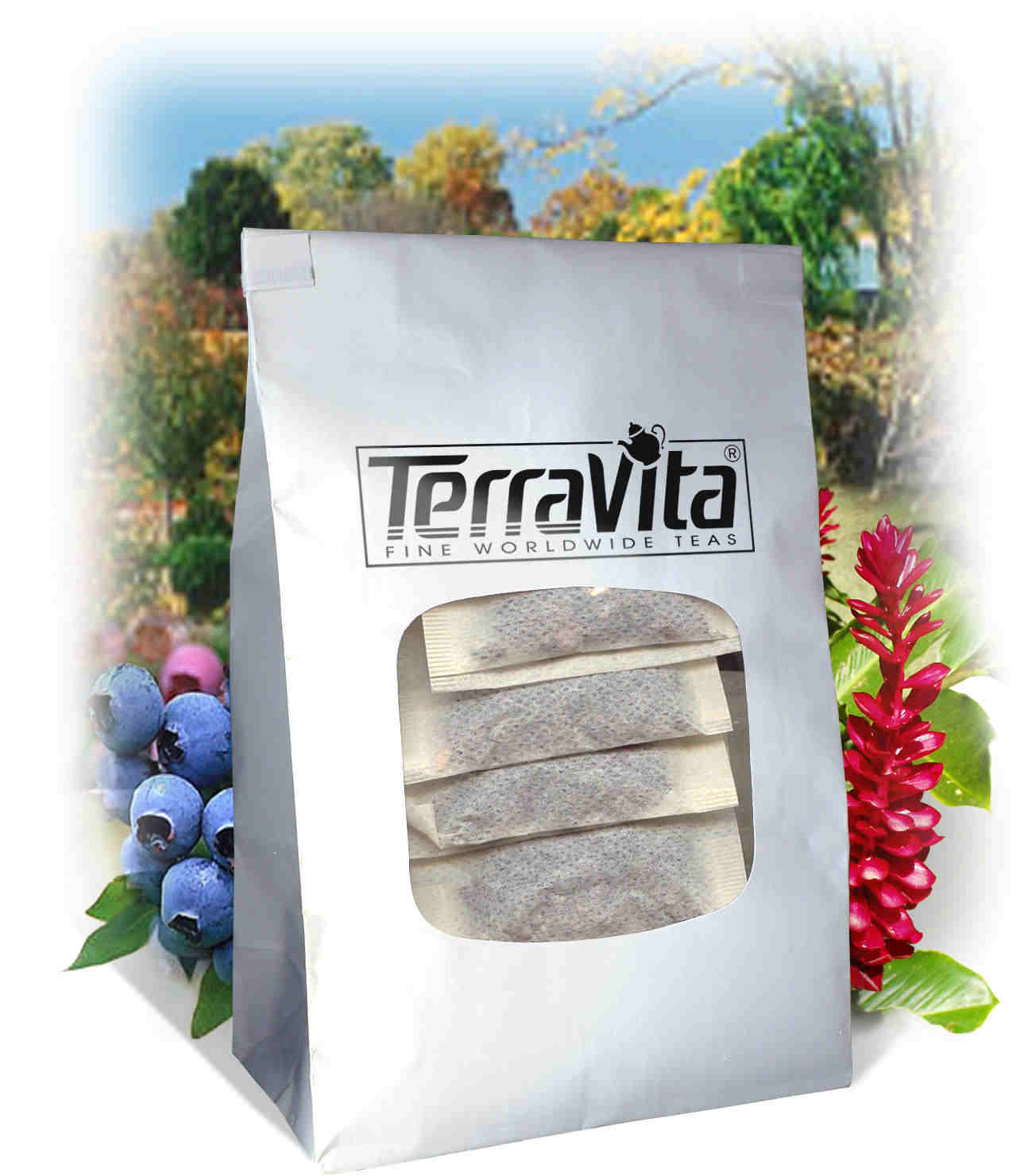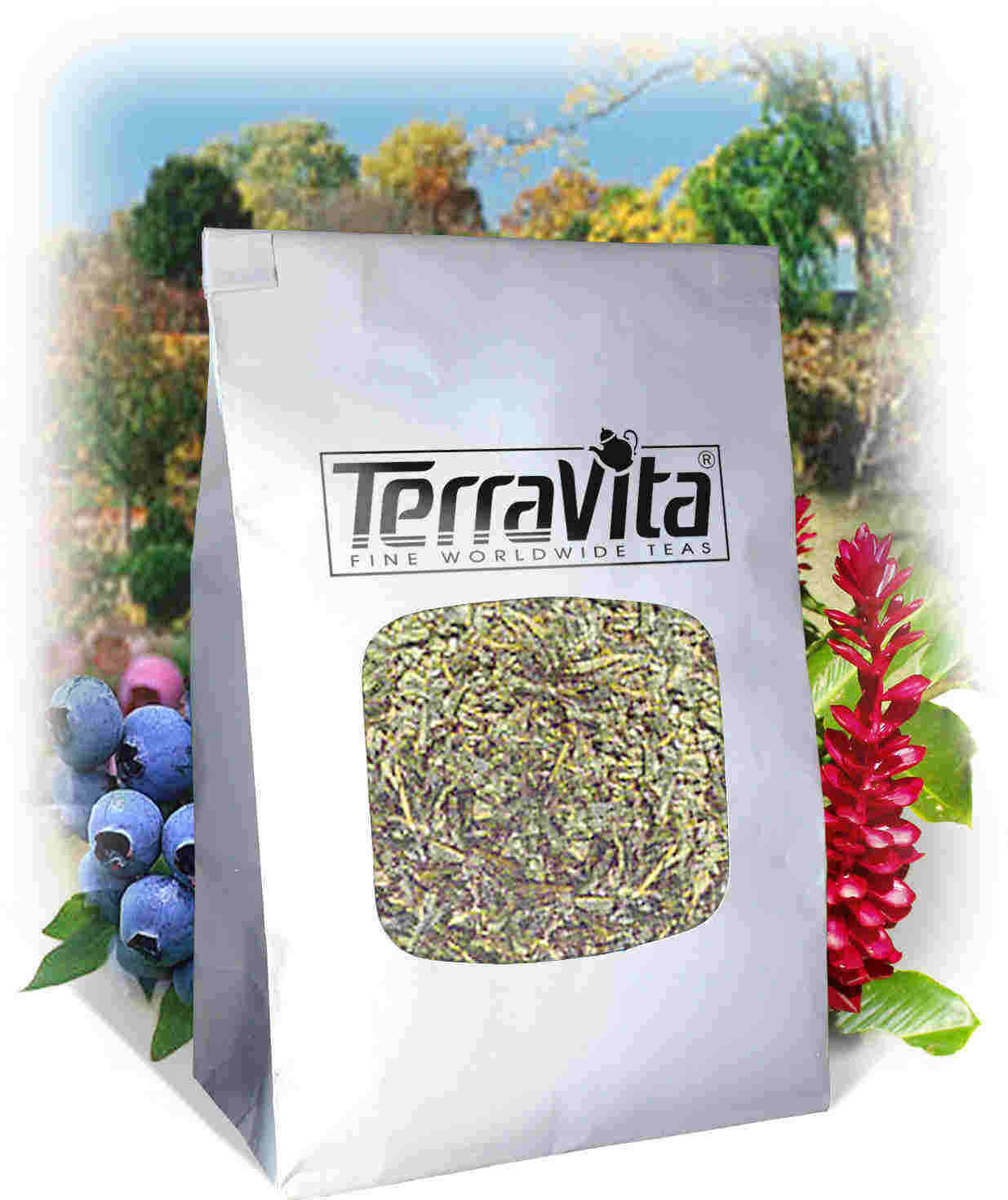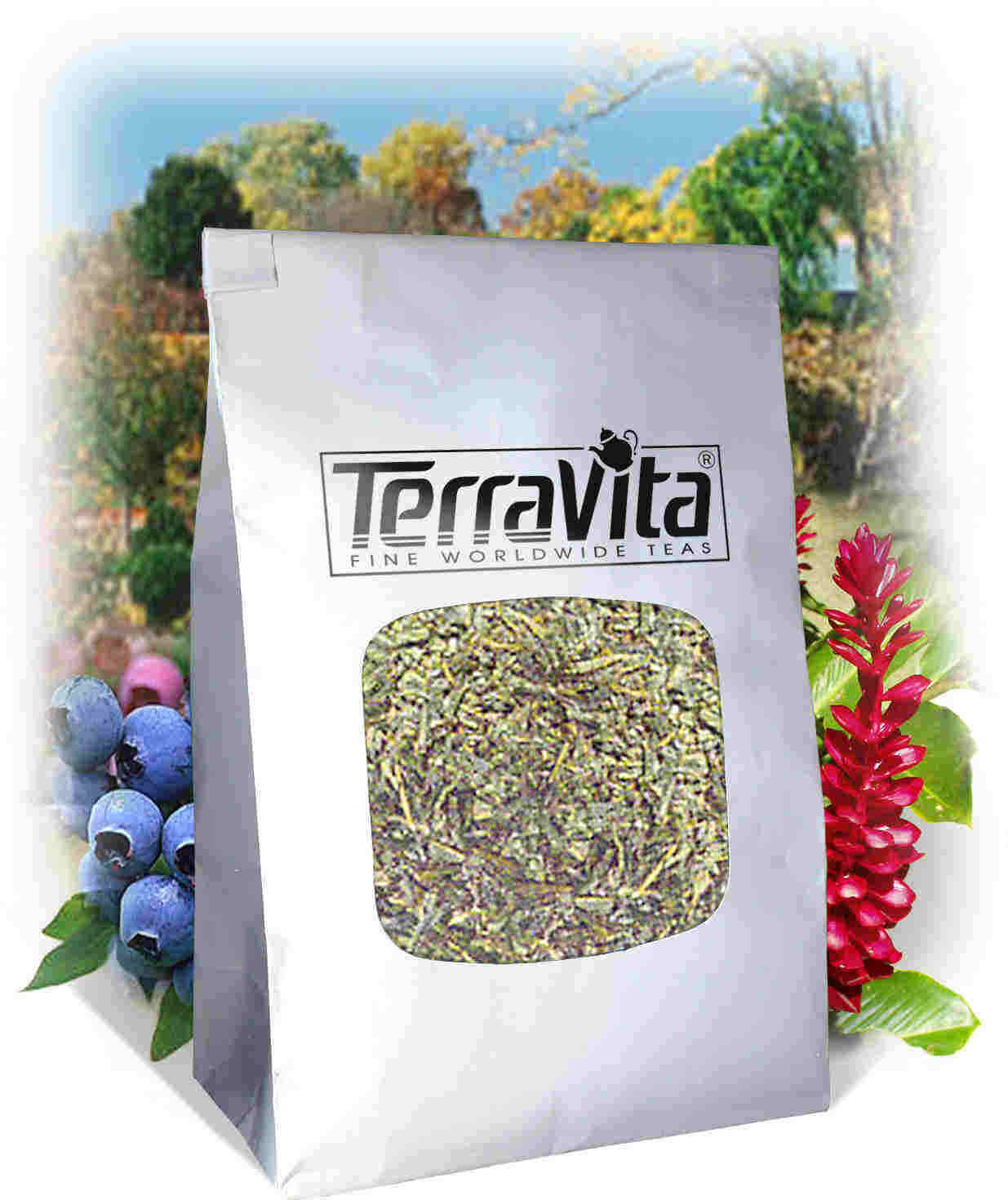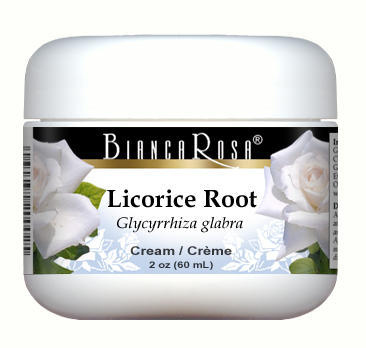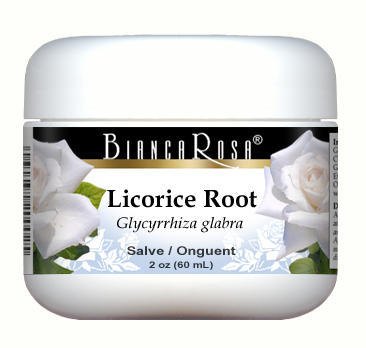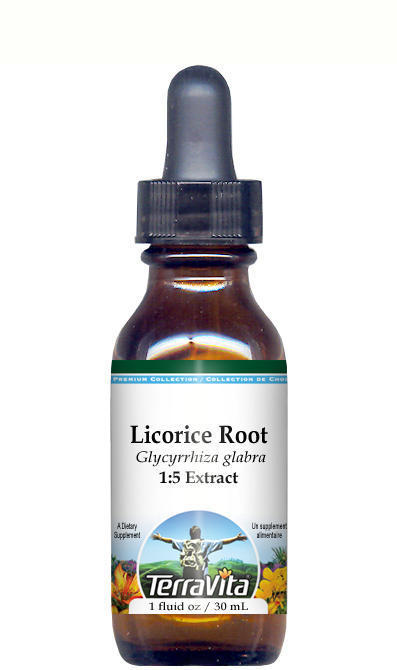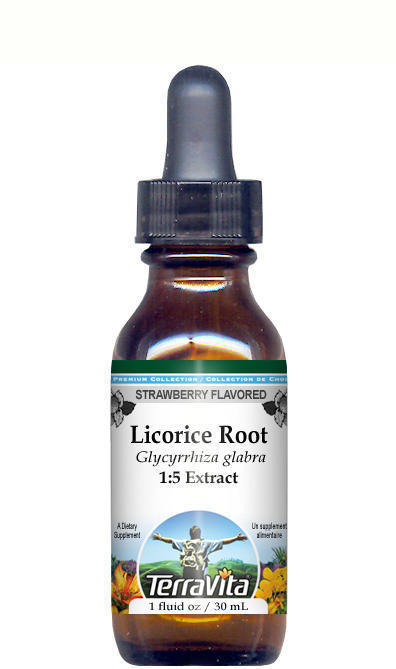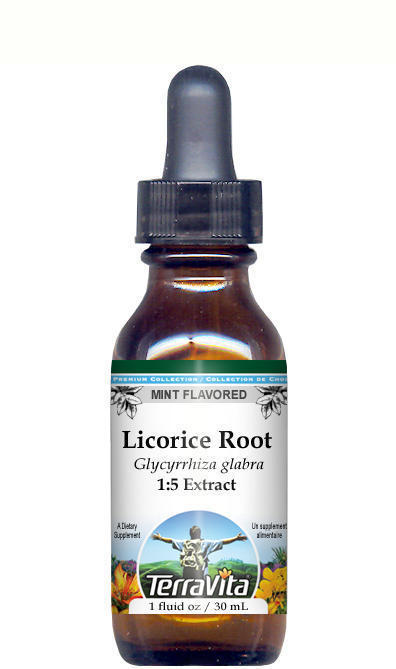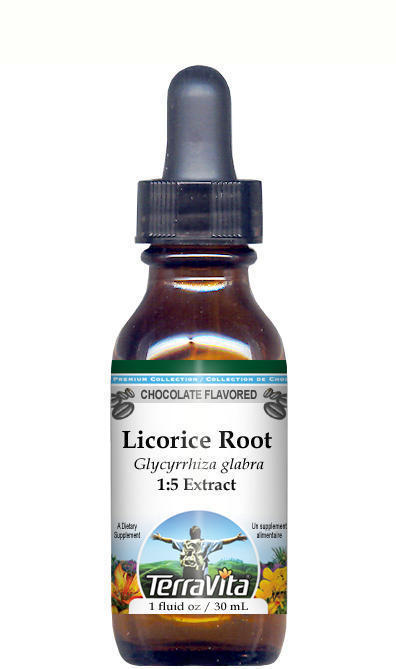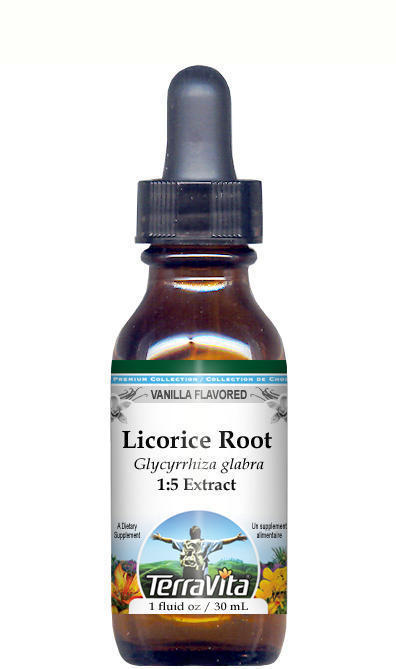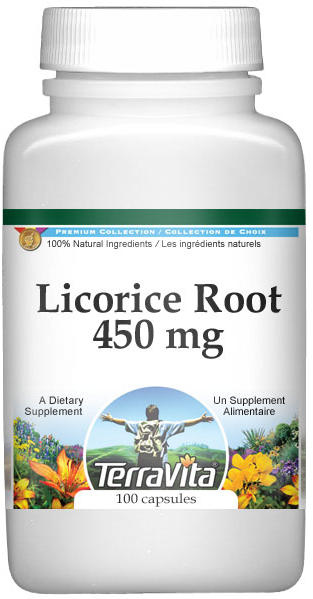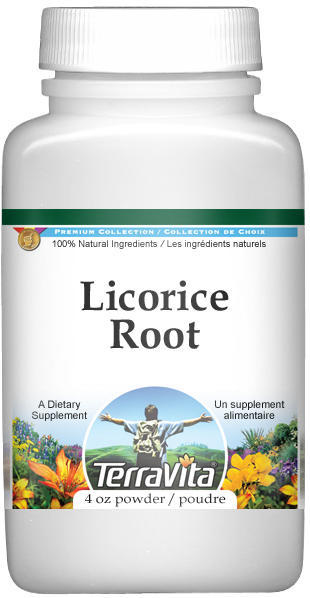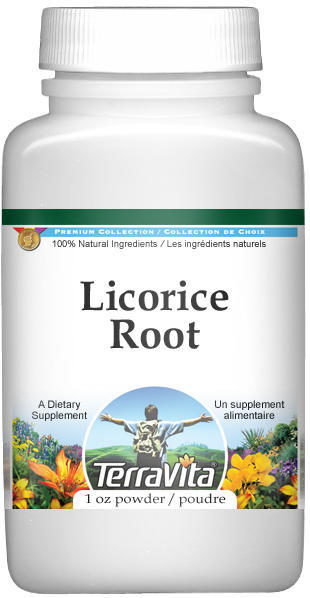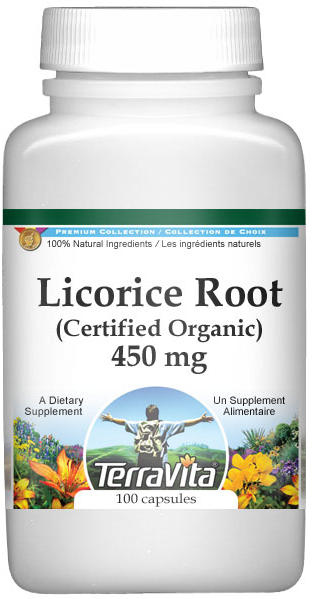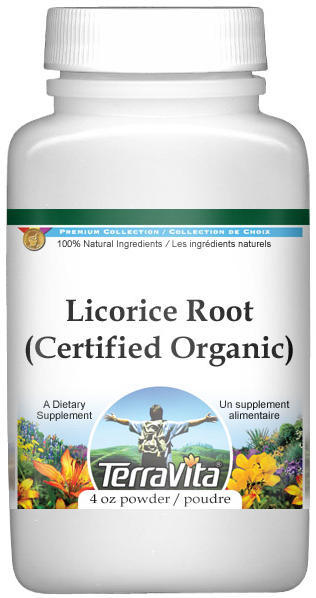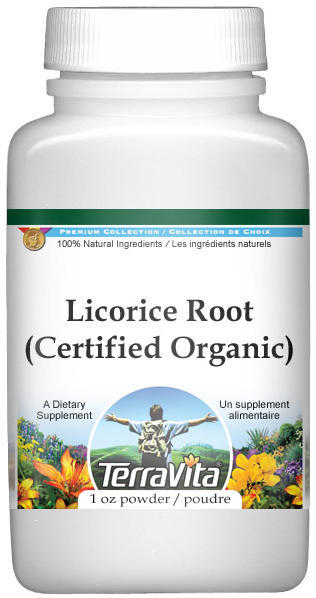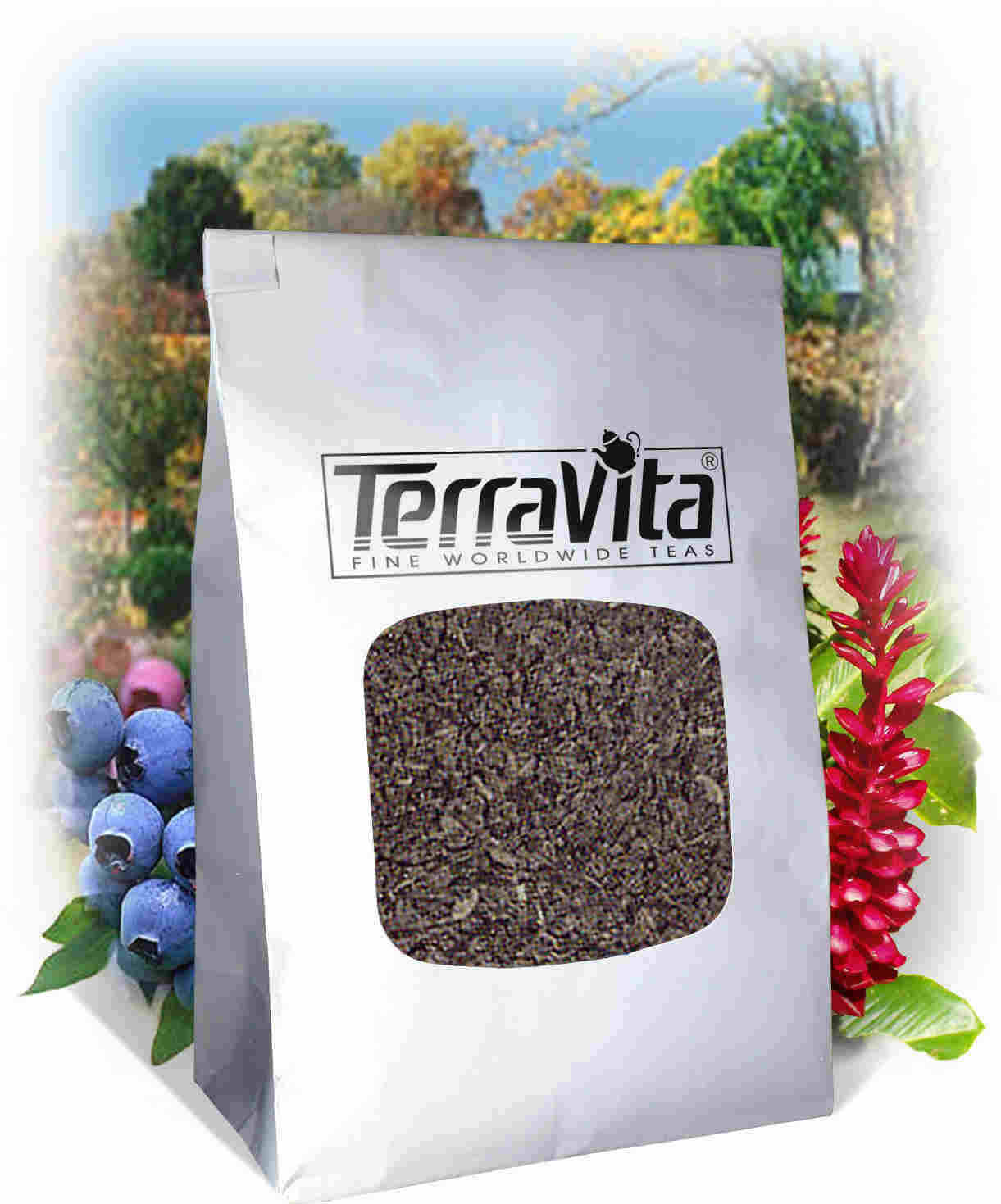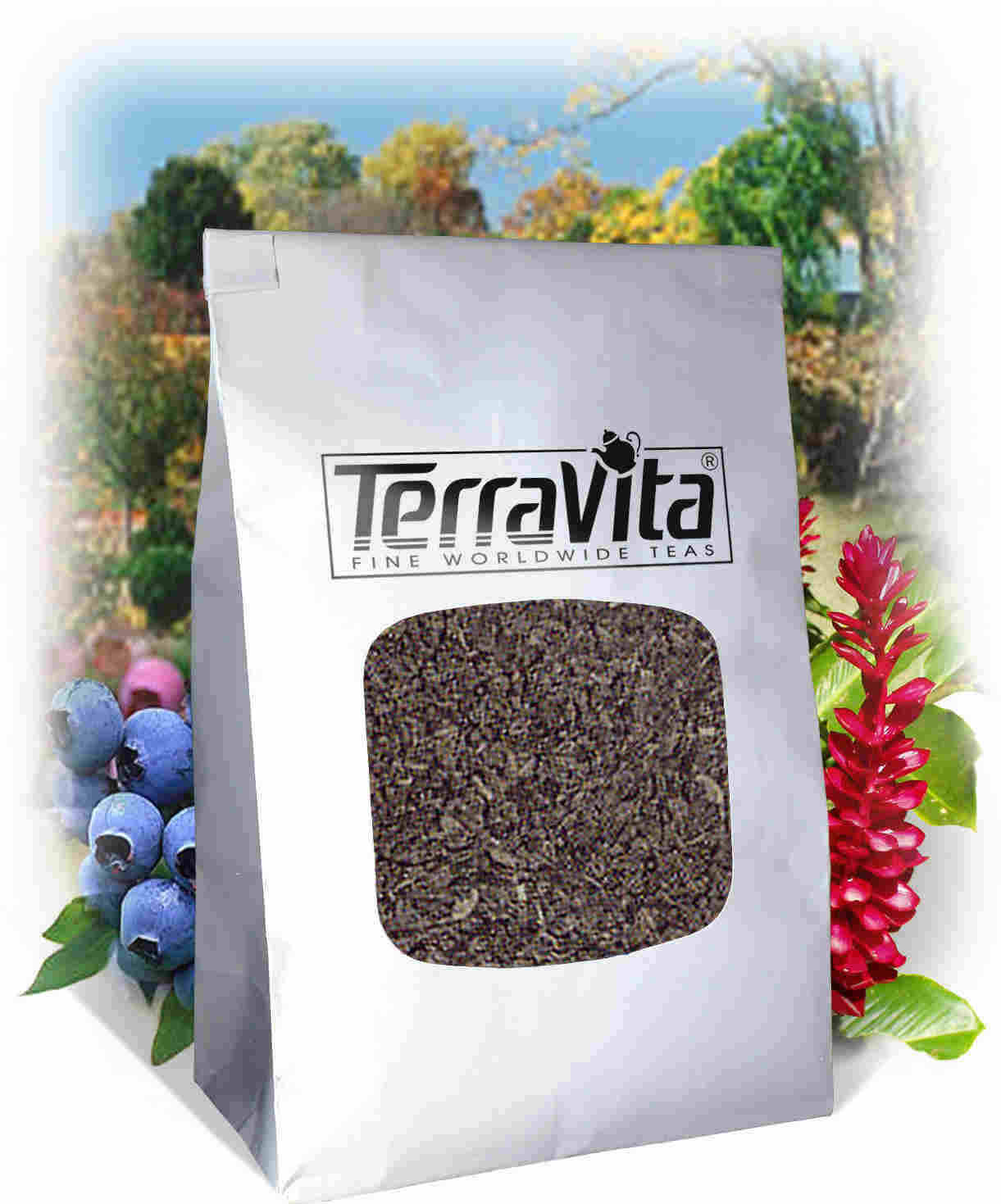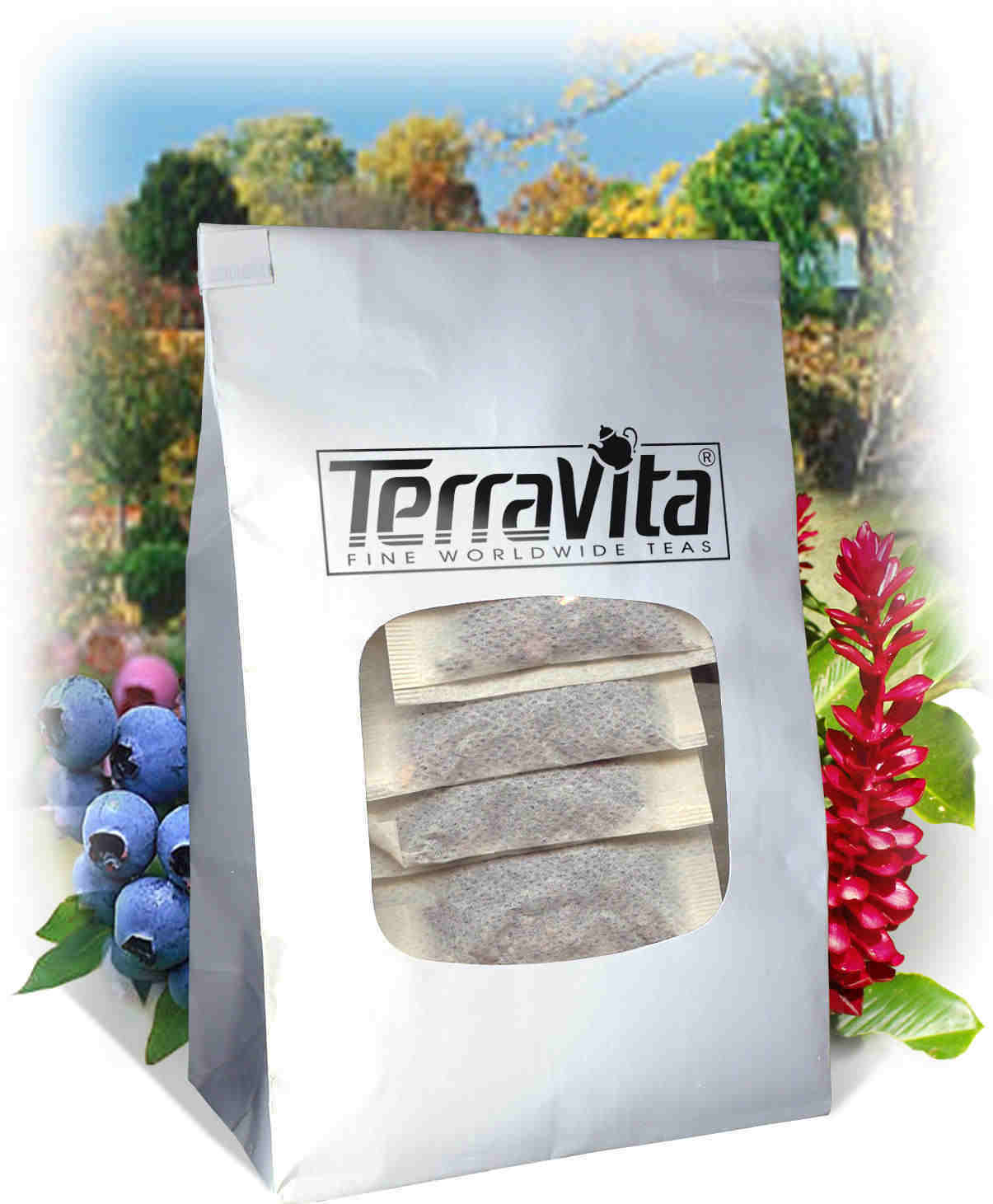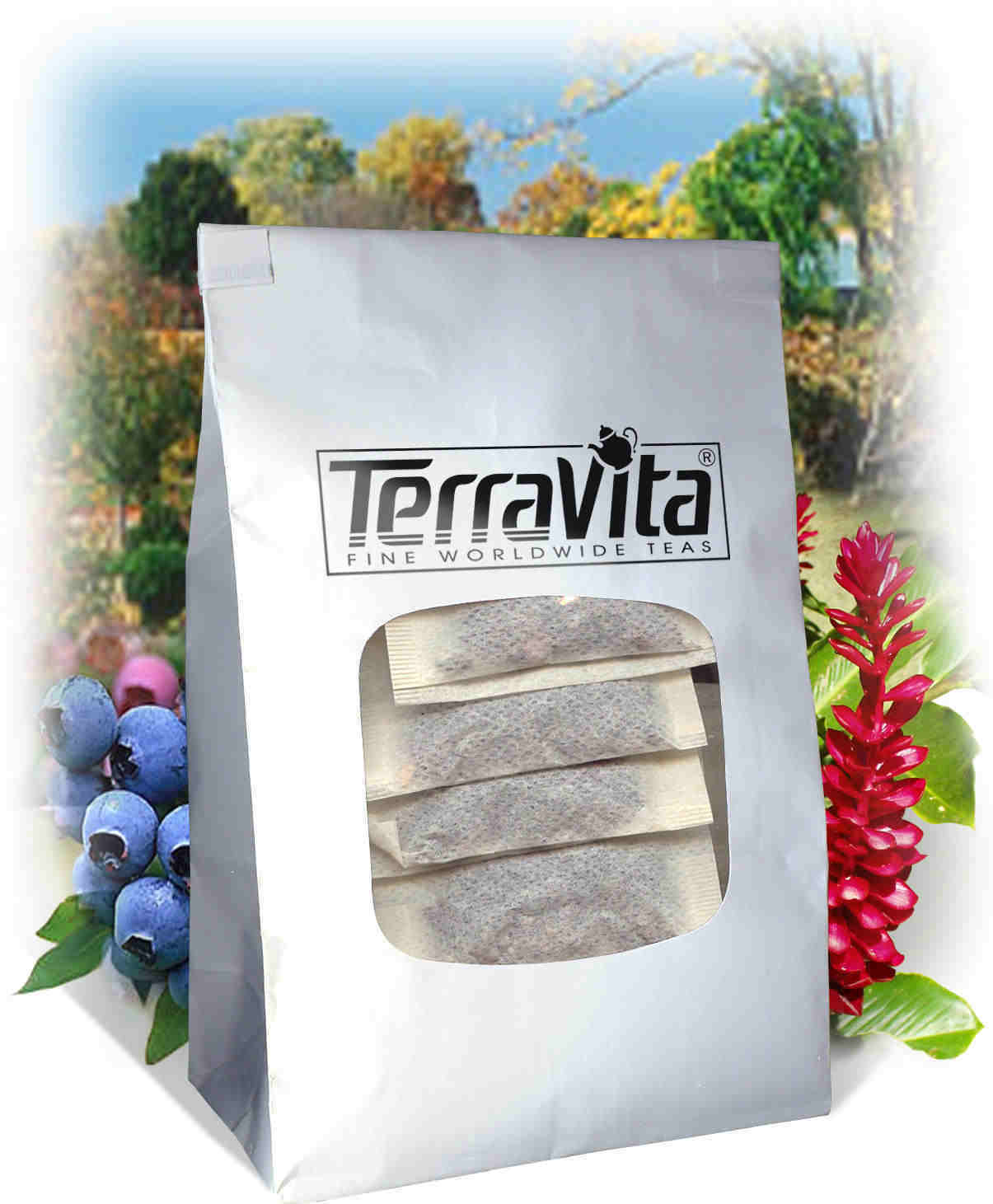Digestive Formula
| Images | Product Name | Size | ZIN | Price | Quantity | Add to Cart |
| Digestive Formula Tea | 25 tea bags | 427289 | $14.96 | |||
| 50 tea bags | 427290 | $20.79 |
These statements have not been evaluated by the Food and Drug Administration (FDA). Products are intended to support general well being and are not intended to treat, diagnose, prevent, or cure any condition or disease.
Eliminator Tea
| Images | Product Name | Size | ZIN | Price | Quantity | Add to Cart |
| Eliminator Tea | 50 tea bags | 427495 | $10.10 | |||
| 25 tea bags | 427494 | $6.80 |
These statements have not been evaluated by the Food and Drug Administration (FDA). Products are intended to support general well being and are not intended to treat, diagnose, prevent, or cure any condition or disease.
Couch Grass, Cascara Sagrada, Red Clover, and More Complex
| Images | Product Name | Size | ZIN | Price | Quantity | Add to Cart |
| Couch Grass, Cascara Sagrada, Red Clover, and More Complex - 450 mg | 100 capsules | 512543 | $23.13 | |||
| Couch Grass, Cascara Sagrada, Red Clover, and More Complex Powder | 4 oz | 512544 | $20.70 | |||
| 1 oz | 512545 | $10.43 | ||||
| Couch Grass, Cascara Sagrada, Red Clover, and More Complex Tea (Loose) | 4 oz | 512546 | $19.68 | |||
| 8 oz | 512547 | $31.91 | ||||
| Couch Grass, Cascara Sagrada, Red Clover, and More Complex Tea | 25 tea bags | 512548 | $22.07 | |||
| 50 tea bags | 512549 | $34.45 | ||||
| Couch Grass, Cascara Sagrada, Red Clover, and More Complex Glycerite Liquid Extract (1:5) | 1 oz - No Flavor | 522572 | $20.94 | |||
| 1 oz - Strawberry | 522573 | $23.15 | ||||
| 1 oz - Vanilla | 522574 | $23.15 | ||||
| 1 oz - Chocolate | 522575 | $23.15 | ||||
| 1 oz - Mint | 522576 | $23.15 |
TerraVita strives to make all of our products affordable and reliable and are constantly searching the market to maintain our affordability and to look for new ways to serve you and the ones you love. TerraVita has become a trusted household name for many families and can bring you and yours the very best herbal supplements, blends, teas and spices that are on the market today.
TerraVita is packed in tamper-proof, food-grade, recyclable containers.
ZooScape is proud to be the exclusive distributor of TerraVita teas, herbs and supplements in the United States, Canada and around the world. Please direct all wholesale and bulk inquiries to 1-844-449-0444.
These statements have not been evaluated by the Food and Drug Administration (FDA). Products are intended to support general well being and are not intended to treat, diagnose, prevent, or cure any condition or disease.
Hyssop, Red Vine, Horsetail, and More Formula
| Images | Product Name | Size | ZIN | Price | Quantity | Add to Cart |
| Hyssop, Red Vine, Horsetail, and More Formula - 450 mg | 100 capsules | 511902 | $24.16 | |||
| Hyssop, Red Vine, Horsetail, and More Formula Powder | 4 oz | 511903 | $21.63 | |||
| 1 oz | 511904 | $11.23 | ||||
| Hyssop, Red Vine, Horsetail, and More Formula Cream | 2 oz | 524319 | $22.45 | |||
| Hyssop, Red Vine, Horsetail, and More Formula Salve | 2 oz | 524320 | $24.62 | |||
| Hyssop, Red Vine, Horsetail, and More Formula Tea (Loose) | 4 oz | 511905 | $15.48 | |||
| 8 oz | 511906 | $22.46 | ||||
| Hyssop, Red Vine, Horsetail, and More Formula Tea | 25 tea bags | 511907 | $16.30 | |||
| 50 tea bags | 511908 | $24.34 | ||||
| Hyssop, Red Vine, Horsetail, and More Formula Glycerite Liquid Extract (1:5) | 1 oz - No Flavor | 523736 | $20.94 | |||
| 1 oz - Strawberry | 523737 | $23.15 | ||||
| 1 oz - Vanilla | 523738 | $23.15 | ||||
| 1 oz - Chocolate | 523739 | $23.15 | ||||
| 1 oz - Mint | 523740 | $23.15 |
TerraVita strives to make all of our products affordable and reliable and are constantly searching the market to maintain our affordability and to look for new ways to serve you and the ones you love. TerraVita has become a trusted household name for many families and can bring you and yours the very best herbal supplements, blends, teas and spices that are on the market today.
TerraVita is packed in tamper-proof, food-grade, recyclable containers.
ZooScape is proud to be the exclusive distributor of TerraVita teas, herbs and supplements in the United States, Canada and around the world. Please direct all wholesale and bulk inquiries to 1-844-449-0444.
Bianca Rosa is an exclusive line of premium-quality natural products sourced from only the finest and purest ingredients from around the world. Bianca Rosa is hallmarked by the highest possible standards of purity, stability and freshness. All Bianca Rosa products are prepared with the highest level of quality control, from the raw materials used through the entire manufacturing process, up to and including the moment that the finished product is sealed for freshness and shipped to you. Our highest possible standards backed by our personal guarantee.
Bianca Rosa makes all products as affordable as possible and we are constantly searching the market to maintain our affordability and to look for new ways to serve you. Bianca Rosa has been a trusted household name for many families throughout the world since the 1990s. Bianca Rosa is packed in tamper-proof, recyclable containers.
ZooScape is proud to be the exclusive distributor of all Bianca Rosa products, including creams, salves and oils in the United States, Canada and around the world. Please direct all wholesale and bulk inquiries to 1-844-449-0444.
These statements have not been evaluated by the Food and Drug Administration (FDA). Products are intended to support general well being and are not intended to treat, diagnose, prevent, or cure any condition or disease.
Buckthorn, Senna, Borage, and More Formula
| Images | Product Name | Size | ZIN | Price | Quantity | Add to Cart |
| Buckthorn, Senna, Borage, and More Formula - 450 mg | 100 capsules | 512205 | $24.52 | |||
| Buckthorn, Senna, Borage, and More Formula Powder | 4 oz | 512206 | $22.25 | |||
| 1 oz | 512207 | $11.41 | ||||
| Buckthorn, Senna, Borage, and More Formula Tea (Loose) | 4 oz | 512208 | $18.52 | |||
| 8 oz | 512209 | $29.75 | ||||
| Buckthorn, Senna, Borage, and More Formula Tea | 25 tea bags | 512210 | $21.33 | |||
| 50 tea bags | 512211 | $33.10 | ||||
| Buckthorn, Senna, Borage, and More Formula Glycerite Liquid Extract (1:5) | 1 oz - No Flavor | 523776 | $20.94 | |||
| 1 oz - Strawberry | 523777 | $23.15 | ||||
| 1 oz - Vanilla | 523778 | $23.15 | ||||
| 1 oz - Chocolate | 523779 | $23.15 | ||||
| 1 oz - Mint | 523780 | $23.15 |
TerraVita strives to make all of our products affordable and reliable and are constantly searching the market to maintain our affordability and to look for new ways to serve you and the ones you love. TerraVita has become a trusted household name for many families and can bring you and yours the very best herbal supplements, blends, teas and spices that are on the market today.
TerraVita is packed in tamper-proof, food-grade, recyclable containers.
ZooScape is proud to be the exclusive distributor of TerraVita teas, herbs and supplements in the United States, Canada and around the world. Please direct all wholesale and bulk inquiries to 1-844-449-0444.
These statements have not been evaluated by the Food and Drug Administration (FDA). Products are intended to support general well being and are not intended to treat, diagnose, prevent, or cure any condition or disease.
Licorice, Birch, Senna, and More Formula
| Images | Product Name | Size | ZIN | Price | Quantity | Add to Cart |
| Licorice, Birch, Senna, and More Formula - 450 mg | 100 capsules | 512177 | $23.85 | |||
| Licorice, Birch, Senna, and More Formula Powder | 4 oz | 512178 | $21.89 | |||
| 1 oz | 512179 | $10.77 | ||||
| Licorice, Birch, Senna, and More Formula Tea (Loose) | 4 oz | 512180 | $14.99 | |||
| 8 oz | 512181 | $21.56 | ||||
| Licorice, Birch, Senna, and More Formula Tea | 25 tea bags | 512182 | $16.05 | |||
| 50 tea bags | 512183 | $23.87 | ||||
| Licorice, Birch, Senna, and More Formula Glycerite Liquid Extract (1:5) | 1 oz - No Flavor | 523491 | $20.94 | |||
| 1 oz - Strawberry | 523492 | $23.15 | ||||
| 1 oz - Vanilla | 523493 | $23.15 | ||||
| 1 oz - Chocolate | 523494 | $23.15 | ||||
| 1 oz - Mint | 523495 | $23.15 |
TerraVita strives to make all of our products affordable and reliable and are constantly searching the market to maintain our affordability and to look for new ways to serve you and the ones you love. TerraVita has become a trusted household name for many families and can bring you and yours the very best herbal supplements, blends, teas and spices that are on the market today.
TerraVita is packed in tamper-proof, food-grade, recyclable containers.
ZooScape is proud to be the exclusive distributor of TerraVita teas, herbs and supplements in the United States, Canada and around the world. Please direct all wholesale and bulk inquiries to 1-844-449-0444.
These statements have not been evaluated by the Food and Drug Administration (FDA). Products are intended to support general well being and are not intended to treat, diagnose, prevent, or cure any condition or disease.
Licorice Root 4:1 Extract
| Images | Product Name | Size | ZIN | Price | Quantity | Add to Cart |
| Extra Strength Licorice Root 4:1 Extract - 450 mg | 100 capsules | 514213 | $23.75 | |||
| Extra Strength Licorice Root 4:1 Extract Powder | 4 oz | 514214 | $21.71 | |||
| 1 oz | 514215 | $10.72 | ||||
| Extra Strength Licorice Root 4:1 Extract Cream | 2 oz | 514218 | $26.71 | |||
| Extra Strength Licorice Root 4:1 Extract - Salve Ointment | 2 oz | 514219 | $31.78 |
TerraVita strives to make all of our products affordable and reliable and are constantly searching the market to maintain our affordability and to look for new ways to serve you and the ones you love. TerraVita has become a trusted household name for many families and can bring you and yours the very best herbal supplements, blends, teas and spices that are on the market today.
TerraVita is packed in tamper-proof, food-grade, recyclable containers.
ZooScape is proud to be the exclusive distributor of TerraVita teas, herbs and supplements in the United States, Canada and around the world. Please direct all wholesale and bulk inquiries to 1-844-449-0444.
Bianca Rosa is an exclusive line of premium-quality natural products sourced from only the finest and purest ingredients from around the world. Bianca Rosa is hallmarked by the highest possible standards of purity, stability and freshness. All Bianca Rosa products are prepared with the highest level of quality control, from the raw materials used through the entire manufacturing process, up to and including the moment that the finished product is sealed for freshness and shipped to you. Our highest possible standards backed by our personal guarantee.
Bianca Rosa makes all products as affordable as possible and we are constantly searching the market to maintain our affordability and to look for new ways to serve you. Bianca Rosa has been a trusted household name for many families throughout the world since the 1990s. Bianca Rosa is packed in tamper-proof, recyclable containers.
ZooScape is proud to be the exclusive distributor of all Bianca Rosa products, including creams, salves and oils in the United States, Canada and around the world. Please direct all wholesale and bulk inquiries to 1-844-449-0444.
These statements have not been evaluated by the Food and Drug Administration (FDA). Products are intended to support general well being and are not intended to treat, diagnose, prevent, or cure any condition or disease.
Cascara Sagrada, Ginger, Licorice, and More Formula
| Images | Product Name | Size | ZIN | Price | Quantity | Add to Cart |
| Cascara Sagrada, Ginger, Licorice, and More Formula - 450 mg | 100 capsules | 512529 | $24.08 | |||
| Cascara Sagrada, Ginger, Licorice, and More Formula Powder | 4 oz | 512530 | $21.50 | |||
| 1 oz | 512531 | $11.20 | ||||
| Cascara Sagrada, Ginger, Licorice, and More Formula Tea (Loose) | 4 oz | 512532 | $19.50 | |||
| 8 oz | 512533 | $31.57 | ||||
| Cascara Sagrada, Ginger, Licorice, and More Formula Tea | 25 tea bags | 512534 | $21.96 | |||
| 50 tea bags | 512535 | $34.23 | ||||
| Cascara Sagrada, Ginger, Licorice, and More Formula Glycerite Liquid Extract (1:5) | 1 oz - No Flavor | 523761 | $20.94 | |||
| 1 oz - Strawberry | 523762 | $23.15 | ||||
| 1 oz - Vanilla | 523763 | $23.15 | ||||
| 1 oz - Chocolate | 523764 | $23.15 | ||||
| 1 oz - Mint | 523765 | $23.15 |
TerraVita strives to make all of our products affordable and reliable and are constantly searching the market to maintain our affordability and to look for new ways to serve you and the ones you love. TerraVita has become a trusted household name for many families and can bring you and yours the very best herbal supplements, blends, teas and spices that are on the market today.
TerraVita is packed in tamper-proof, food-grade, recyclable containers.
ZooScape is proud to be the exclusive distributor of TerraVita teas, herbs and supplements in the United States, Canada and around the world. Please direct all wholesale and bulk inquiries to 1-844-449-0444.
These statements have not been evaluated by the Food and Drug Administration (FDA). Products are intended to support general well being and are not intended to treat, diagnose, prevent, or cure any condition or disease.
Red Beet Root Combination
| Images | Product Name | Size | ZIN | Price | Quantity | Add to Cart |
| Red Beet Root Combination Tea - Red Beet, Licorice Root, Fennel and Hawthorn | 25 tea bags | 513693 | $22.45 | |||
| 50 tea bags | 513694 | $35.10 | ||||
| Red Beet Root Combination Tea (Loose) - Red Beet, Licorice Root, Fennel and Hawthorn | 4 oz | 513691 | $20.26 | |||
| 8 oz | 513692 | $32.97 | ||||
| Red Beet Root Combination Glycerite Liquid Extract (1:5) | 1 oz - No Flavor | 522897 | $20.94 | |||
| 1 oz - Strawberry | 522898 | $23.15 | ||||
| 1 oz - Vanilla | 522899 | $23.15 | ||||
| 1 oz - Chocolate | 522900 | $23.15 | ||||
| 1 oz - Mint | 522901 | $23.15 | ||||
| Red Beet Root Combination - Red Beet, Licorice Root, Fennel and Hawthorn - 450 mg | 100 capsules | 513688 | $22.69 | |||
| Red Beet Root Combination Powder - Red Beet, Licorice Root, Fennel and Hawthorn | 4 oz | 513689 | $19.08 | |||
| 1 oz | 513690 | $10.53 | ||||
| Red Beet Root Combination Cream | 2 oz | 524415 | $22.45 | |||
| Red Beet Root Combination Salve | 2 oz | 524416 | $24.62 |
TerraVita strives to make all of our products affordable and reliable and are constantly searching the market to maintain our affordability and to look for new ways to serve you and the ones you love. TerraVita has become a trusted household name for many families and can bring you and yours the very best herbal supplements, blends, teas and spices that are on the market today.
TerraVita is packed in tamper-proof, food-grade, recyclable containers.
ZooScape is proud to be the exclusive distributor of TerraVita teas, herbs and supplements in the United States, Canada and around the world. Please direct all wholesale and bulk inquiries to 1-844-449-0444.
Bianca Rosa is an exclusive line of premium-quality natural products sourced from only the finest and purest ingredients from around the world. Bianca Rosa is hallmarked by the highest possible standards of purity, stability and freshness. All Bianca Rosa products are prepared with the highest level of quality control, from the raw materials used through the entire manufacturing process, up to and including the moment that the finished product is sealed for freshness and shipped to you. Our highest possible standards backed by our personal guarantee.
Bianca Rosa makes all products as affordable as possible and we are constantly searching the market to maintain our affordability and to look for new ways to serve you. Bianca Rosa has been a trusted household name for many families throughout the world since the 1990s. Bianca Rosa is packed in tamper-proof, recyclable containers.
ZooScape is proud to be the exclusive distributor of all Bianca Rosa products, including creams, salves and oils in the United States, Canada and around the world. Please direct all wholesale and bulk inquiries to 1-844-449-0444.
These statements have not been evaluated by the Food and Drug Administration (FDA). Products are intended to support general well being and are not intended to treat, diagnose, prevent, or cure any condition or disease.
Mega Red Clover Combination
| Images | Product Name | Size | ZIN | Price | Quantity | Add to Cart |
| Mega Red Clover Combination - Red Clover, Dandelion, Burdock and More - 450 mg | 100 capsules | 515572 | $24.75 | |||
| Mega Red Clover Combination - Red Clover, Dandelion, Burdock and More - Powder | 4 oz | 515573 | $23.36 | |||
| 1 oz | 515574 | $11.18 | ||||
| Mega Red Clover Combination - Red Clover, Dandelion, Burdock and More - Tea (Loose) | 4 oz | 515575 | $20.91 | |||
| 8 oz | 515576 | $34.35 | ||||
| Mega Red Clover Combination - Red Clover, Dandelion, Burdock and More - Tea | 25 tea bags | 515577 | $22.33 | |||
| 50 tea bags | 515578 | $35.02 | ||||
| Mega Red Clover Combination - Red Clover, Dandelion, Burdock and More - Cream | 2 oz | 515579 | $26.73 | |||
| Mega Red Clover Combination Glycerite Liquid Extract (1:5) | 1 oz - No Flavor | 515582 | $17.21 | |||
| 1 oz - Strawberry | 515583 | $18.06 | ||||
| 1 oz - Mint | 515584 | $18.06 | ||||
| 1 oz - Chocolate | 515585 | $18.06 | ||||
| 1 oz - Vanilla | 515586 | $18.06 | ||||
| Mega Red Clover Combination - Red Clover, Dandelion, Burdock and More - Salve Ointment | 2 oz | 515580 | $31.78 |
TerraVita strives to make all of our products affordable and reliable and are constantly searching the market to maintain our affordability and to look for new ways to serve you and the ones you love. TerraVita has become a trusted household name for many families and can bring you and yours the very best herbal supplements, blends, teas and spices that are on the market today.
TerraVita is packed in tamper-proof, food-grade, recyclable containers.
ZooScape is proud to be the exclusive distributor of TerraVita teas, herbs and supplements in the United States, Canada and around the world. Please direct all wholesale and bulk inquiries to 1-844-449-0444.
Bianca Rosa is an exclusive line of premium-quality natural products sourced from only the finest and purest ingredients from around the world. Bianca Rosa is hallmarked by the highest possible standards of purity, stability and freshness. All Bianca Rosa products are prepared with the highest level of quality control, from the raw materials used through the entire manufacturing process, up to and including the moment that the finished product is sealed for freshness and shipped to you. Our highest possible standards backed by our personal guarantee.
Bianca Rosa makes all products as affordable as possible and we are constantly searching the market to maintain our affordability and to look for new ways to serve you. Bianca Rosa has been a trusted household name for many families throughout the world since the 1990s. Bianca Rosa is packed in tamper-proof, recyclable containers.
ZooScape is proud to be the exclusive distributor of all Bianca Rosa products, including creams, salves and oils in the United States, Canada and around the world. Please direct all wholesale and bulk inquiries to 1-844-449-0444.
These statements have not been evaluated by the Food and Drug Administration (FDA). Products are intended to support general well being and are not intended to treat, diagnose, prevent, or cure any condition or disease.
Linden, Lemon Balm, Eucalyptus, and More Formula
| Images | Product Name | Size | ZIN | Price | Quantity | Add to Cart |
| Linden, Lemon Balm, Eucalyptus, and More Formula - 450 mg | 100 capsules | 516888 | $25.68 | |||
| Linden, Lemon Balm, Eucalyptus, and More Formula Powder | 4 oz | 516889 | $24.91 | |||
| 1 oz | 516890 | $11.62 | ||||
| Linden, Lemon Balm, Eucalyptus, and More Formula Tea (Loose) | 4 oz | 516891 | $17.18 | |||
| 8 oz | 516892 | $25.70 | ||||
| Linden, Lemon Balm, Eucalyptus, and More Formula Tea | 25 tea bags | 516893 | $17.18 | |||
| 50 tea bags | 516894 | $26.01 | ||||
| Linden, Lemon Balm, Eucalyptus, and More Formula Glycerite Liquid Extract (1:5) | 1 oz - No Flavor | 523526 | $20.94 | |||
| 1 oz - Strawberry | 523527 | $23.15 | ||||
| 1 oz - Vanilla | 523528 | $23.15 | ||||
| 1 oz - Chocolate | 523529 | $23.15 | ||||
| 1 oz - Mint | 523530 | $23.15 |
TerraVita strives to make all of our products affordable and reliable and are constantly searching the market to maintain our affordability and to look for new ways to serve you and the ones you love. TerraVita has become a trusted household name for many families and can bring you and yours the very best herbal supplements, blends, teas and spices that are on the market today.
TerraVita is packed in tamper-proof, food-grade, recyclable containers.
ZooScape is proud to be the exclusive distributor of TerraVita teas, herbs and supplements in the United States, Canada and around the world. Please direct all wholesale and bulk inquiries to 1-844-449-0444.
These statements have not been evaluated by the Food and Drug Administration (FDA). Products are intended to support general well being and are not intended to treat, diagnose, prevent, or cure any condition or disease.
Chasteberry, Black Cohosh, Cramp Bark, and More Formula
| Images | Product Name | Size | ZIN | Price | Quantity | Add to Cart |
| Chasteberry, Black Cohosh, Cramp Bark, and More Formula - 450 mg | 100 capsules | 516749 | $23.36 | |||
| Chasteberry, Black Cohosh, Cramp Bark, and More Formula Powder | 4 oz | 516750 | $21.07 | |||
| 1 oz | 516751 | $10.54 | ||||
| Chasteberry, Black Cohosh, Cramp Bark, and More Formula Tea (Loose) | 4 oz | 516752 | $20.37 | |||
| 8 oz | 516753 | $33.33 | ||||
| Chasteberry, Black Cohosh, Cramp Bark, and More Formula Tea | 25 tea bags | 516754 | $21.97 | |||
| 50 tea bags | 516755 | $34.38 | ||||
| Chasteberry, Black Cohosh, Cramp Bark, and More Formula Glycerite Liquid Extract (1:5) | 1 oz - No Flavor | 522712 | $20.94 | |||
| 1 oz - Strawberry | 522713 | $23.15 | ||||
| 1 oz - Vanilla | 522714 | $23.15 | ||||
| 1 oz - Chocolate | 522715 | $23.15 | ||||
| 1 oz - Mint | 522716 | $23.15 |
TerraVita strives to make all of our products affordable and reliable and are constantly searching the market to maintain our affordability and to look for new ways to serve you and the ones you love. TerraVita has become a trusted household name for many families and can bring you and yours the very best herbal supplements, blends, teas and spices that are on the market today.
TerraVita is packed in tamper-proof, food-grade, recyclable containers.
ZooScape is proud to be the exclusive distributor of TerraVita teas, herbs and supplements in the United States, Canada and around the world. Please direct all wholesale and bulk inquiries to 1-844-449-0444.
These statements have not been evaluated by the Food and Drug Administration (FDA). Products are intended to support general well being and are not intended to treat, diagnose, prevent, or cure any condition or disease.
Panax Ginseng, Eleuthero, and Licorice Formula
| Images | Product Name | Size | ZIN | Price | Quantity | Add to Cart |
| Panax Ginseng, Eleuthero, and Licorice Formula Powder | 4 oz | 517247 | $22.25 | |||
| 1 oz | 517248 | $10.87 | ||||
| Panax Ginseng, Eleuthero, and Licorice Formula - 450 mg | 100 capsules | 517246 | $24.08 | |||
| Panax Ginseng, Eleuthero, and Licorice Formula Tea (Loose) | 4 oz | 517249 | $35.36 | |||
| 8 oz | 517250 | $60.75 | ||||
| Panax Ginseng, Eleuthero, and Licorice Formula Tea | 25 tea bags | 517251 | $31.83 | |||
| 50 tea bags | 517252 | $51.94 | ||||
| Panax Ginseng, Eleuthero, and Licorice Formula Glycerite Liquid Extract (1:5) | 1 oz - No Flavor | 523521 | $20.94 | |||
| 1 oz - Strawberry | 523522 | $23.15 | ||||
| 1 oz - Vanilla | 523523 | $23.15 | ||||
| 1 oz - Chocolate | 523524 | $23.15 | ||||
| 1 oz - Mint | 523525 | $23.15 |
TerraVita strives to make all of our products affordable and reliable and are constantly searching the market to maintain our affordability and to look for new ways to serve you and the ones you love. TerraVita has become a trusted household name for many families and can bring you and yours the very best herbal supplements, blends, teas and spices that are on the market today.
TerraVita is packed in tamper-proof, food-grade, recyclable containers.
ZooScape is proud to be the exclusive distributor of TerraVita teas, herbs and supplements in the United States, Canada and around the world. Please direct all wholesale and bulk inquiries to 1-844-449-0444.
These statements have not been evaluated by the Food and Drug Administration (FDA). Products are intended to support general well being and are not intended to treat, diagnose, prevent, or cure any condition or disease.
Licorice 15% Extract
| Images | Product Name | Size | ZIN | Price | Quantity | Add to Cart |
| Licorice 15% - 450 mg | 100 capsules | 520692 | $52.00 | |||
| Licorice 15% Powder | 1 oz | 520693 | $22.84 | |||
| 4 oz | 520694 | $48.32 | ||||
| Licorice 15% Cream | 2 oz | 520695 | $71.75 | |||
| Licorice 15% Salve | 2 oz | 520696 | $78.72 |
TerraVita strives to make all of our products affordable and reliable and are constantly searching the market to maintain our affordability and to look for new ways to serve you and the ones you love. TerraVita has become a trusted household name for many families and can bring you and yours the very best herbal supplements, blends, teas and spices that are on the market today.
TerraVita is packed in tamper-proof, food-grade, recyclable containers.
ZooScape is proud to be the exclusive distributor of TerraVita teas, herbs and supplements in the United States, Canada and around the world. Please direct all wholesale and bulk inquiries to 1-844-449-0444.
Bianca Rosa is an exclusive line of premium-quality natural products sourced from only the finest and purest ingredients from around the world. Bianca Rosa is hallmarked by the highest possible standards of purity, stability and freshness. All Bianca Rosa products are prepared with the highest level of quality control, from the raw materials used through the entire manufacturing process, up to and including the moment that the finished product is sealed for freshness and shipped to you. Our highest possible standards backed by our personal guarantee.
Bianca Rosa makes all products as affordable as possible and we are constantly searching the market to maintain our affordability and to look for new ways to serve you. Bianca Rosa has been a trusted household name for many families throughout the world since the 1990s. Bianca Rosa is packed in tamper-proof, recyclable containers.
ZooScape is proud to be the exclusive distributor of all Bianca Rosa products, including creams, salves and oils in the United States, Canada and around the world. Please direct all wholesale and bulk inquiries to 1-844-449-0444.
These statements have not been evaluated by the Food and Drug Administration (FDA). Products are intended to support general well being and are not intended to treat, diagnose, prevent, or cure any condition or disease.
Licorice 5% Extract
| Images | Product Name | Size | ZIN | Price | Quantity | Add to Cart |
| Licorice 5% - 450 mg | 100 capsules | 520697 | $44.94 | |||
| Licorice 5% Powder | 1 oz | 520698 | $19.75 | |||
| 4 oz | 520699 | $41.75 | ||||
| Licorice 5% Cream | 2 oz | 520700 | $61.99 | |||
| Licorice 5% Salve | 2 oz | 520701 | $68.01 |
TerraVita strives to make all of our products affordable and reliable and are constantly searching the market to maintain our affordability and to look for new ways to serve you and the ones you love. TerraVita has become a trusted household name for many families and can bring you and yours the very best herbal supplements, blends, teas and spices that are on the market today.
TerraVita is packed in tamper-proof, food-grade, recyclable containers.
ZooScape is proud to be the exclusive distributor of TerraVita teas, herbs and supplements in the United States, Canada and around the world. Please direct all wholesale and bulk inquiries to 1-844-449-0444.
Bianca Rosa is an exclusive line of premium-quality natural products sourced from only the finest and purest ingredients from around the world. Bianca Rosa is hallmarked by the highest possible standards of purity, stability and freshness. All Bianca Rosa products are prepared with the highest level of quality control, from the raw materials used through the entire manufacturing process, up to and including the moment that the finished product is sealed for freshness and shipped to you. Our highest possible standards backed by our personal guarantee.
Bianca Rosa makes all products as affordable as possible and we are constantly searching the market to maintain our affordability and to look for new ways to serve you. Bianca Rosa has been a trusted household name for many families throughout the world since the 1990s. Bianca Rosa is packed in tamper-proof, recyclable containers.
ZooScape is proud to be the exclusive distributor of all Bianca Rosa products, including creams, salves and oils in the United States, Canada and around the world. Please direct all wholesale and bulk inquiries to 1-844-449-0444.
These statements have not been evaluated by the Food and Drug Administration (FDA). Products are intended to support general well being and are not intended to treat, diagnose, prevent, or cure any condition or disease.
Psyllium Husk Combination
| Images | Product Name | Size | ZIN | Price | Quantity | Add to Cart |
| Psyllium Husk Combination Tea (Loose) - Psyllium, Hibiscus and Licorice | 4 oz | 512572 | $16.51 | |||
| 8 oz | 512573 | $26.04 | ||||
| Psyllium Husk Combination Tea - Psyllium, Hibiscus and Licorice | 25 tea bags | 512574 | $20.06 | |||
| 50 tea bags | 512575 | $30.80 | ||||
| Psyllium Husk Combination Glycerite Liquid Extract (1:5) | 1 oz - No Flavor | 522877 | $20.94 | |||
| 1 oz - Strawberry | 522878 | $23.15 | ||||
| 1 oz - Vanilla | 522879 | $23.15 | ||||
| 1 oz - Chocolate | 522880 | $23.15 | ||||
| 1 oz - Mint | 522881 | $23.15 | ||||
| Psyllium Husk Combination - Psyllium, Hibiscus and Licorice - 450 mg | 100 capsules | 512569 | $22.04 | |||
| Psyllium Husk Combination Powder - Psyllium, Hibiscus and Licorice | 4 oz | 512570 | $24.06 | |||
| 1 oz | 512571 | $13.59 | ||||
| Psyllium Husk Combination Cream | 2 oz | 524409 | $22.45 | |||
| Psyllium Husk Combination Salve | 2 oz | 524410 | $24.62 |
TerraVita strives to make all of our products affordable and reliable and are constantly searching the market to maintain our affordability and to look for new ways to serve you and the ones you love. TerraVita has become a trusted household name for many families and can bring you and yours the very best herbal supplements, blends, teas and spices that are on the market today.
TerraVita is packed in tamper-proof, food-grade, recyclable containers.
ZooScape is proud to be the exclusive distributor of TerraVita teas, herbs and supplements in the United States, Canada and around the world. Please direct all wholesale and bulk inquiries to 1-844-449-0444.
Bianca Rosa is an exclusive line of premium-quality natural products sourced from only the finest and purest ingredients from around the world. Bianca Rosa is hallmarked by the highest possible standards of purity, stability and freshness. All Bianca Rosa products are prepared with the highest level of quality control, from the raw materials used through the entire manufacturing process, up to and including the moment that the finished product is sealed for freshness and shipped to you. Our highest possible standards backed by our personal guarantee.
Bianca Rosa makes all products as affordable as possible and we are constantly searching the market to maintain our affordability and to look for new ways to serve you. Bianca Rosa has been a trusted household name for many families throughout the world since the 1990s. Bianca Rosa is packed in tamper-proof, recyclable containers.
ZooScape is proud to be the exclusive distributor of all Bianca Rosa products, including creams, salves and oils in the United States, Canada and around the world. Please direct all wholesale and bulk inquiries to 1-844-449-0444.
These statements have not been evaluated by the Food and Drug Administration (FDA). Products are intended to support general well being and are not intended to treat, diagnose, prevent, or cure any condition or disease.
Acerola, Licorice, Skullcap, and More Formula
| Images | Product Name | Size | ZIN | Price | Quantity | Add to Cart |
| Acerola, Licorice, Skullcap, and More Formula - 450 mg | 100 capsules | 517107 | $25.37 | |||
| Acerola, Licorice, Skullcap, and More Formula Powder | 4 oz | 517108 | $24.41 | |||
| 1 oz | 517109 | $11.48 | ||||
| Acerola, Licorice, Skullcap, and More Formula Tea (Loose) | 4 oz | 517110 | $20.96 | |||
| 8 oz | 517111 | $34.41 | ||||
| Acerola, Licorice, Skullcap, and More Formula Tea | 25 tea bags | 517112 | $22.36 | |||
| 50 tea bags | 517113 | $35.07 | ||||
| Acerola, Licorice, Skullcap, and More Formula Glycerite Liquid Extract (1:5) | 1 oz - No Flavor | 523461 | $20.94 | |||
| 1 oz - Strawberry | 523462 | $23.15 | ||||
| 1 oz - Vanilla | 523463 | $23.15 | ||||
| 1 oz - Chocolate | 523464 | $23.15 | ||||
| 1 oz - Mint | 523465 | $23.15 |
TerraVita strives to make all of our products affordable and reliable and are constantly searching the market to maintain our affordability and to look for new ways to serve you and the ones you love. TerraVita has become a trusted household name for many families and can bring you and yours the very best herbal supplements, blends, teas and spices that are on the market today.
TerraVita is packed in tamper-proof, food-grade, recyclable containers.
ZooScape is proud to be the exclusive distributor of TerraVita teas, herbs and supplements in the United States, Canada and around the world. Please direct all wholesale and bulk inquiries to 1-844-449-0444.
These statements have not been evaluated by the Food and Drug Administration (FDA). Products are intended to support general well being and are not intended to treat, diagnose, prevent, or cure any condition or disease.
Licorice Root
| Images | Product Name | Size | ZIN | Price | Quantity | Add to Cart |
| Licorice Root Tea | 25 tea bags | 427106 | $16.43 | |||
| 50 tea bags | 427107 | $29.75 | ||||
| Licorice Root Tea (Loose) | 4 oz | 428771 | $15.61 | |||
| 8 oz | 428772 | $24.37 | ||||
| Licorice Root Cream | 2 oz | 512781 | $28.63 | |||
| Licorice Root - Salve Ointment | 2 oz | 512782 | $35.64 | |||
| Licorice Root Glycerite Liquid Extract (1:5) | 1 oz - No Flavor | 512783 | $18.59 | |||
| 1 oz - Strawberry | 512784 | $19.52 | ||||
| 1 oz - Mint | 513171 | $19.52 | ||||
| 1 oz - Chocolate | 513172 | $19.52 | ||||
| 1 oz - Vanilla | 513173 | $19.52 | ||||
| Licorice Root - 450 mg | 100 capsules | 511141 | $20.68 | |||
| Licorice Root Powder | 4 oz | 511142 | $15.61 | |||
| 1 oz | 511143 | $9.58 | ||||
| Licorice Root (Certified Organic) - 450 mg | 100 capsules | 517737 | $23.21 | |||
| Licorice Root (Certified Organic) Powder | 4 oz | 517738 | $20.84 | |||
| 1 oz | 517739 | $10.48 | ||||
| Licorice Root (Certified Organic) Tea (Loose) | 4 oz | 517740 | $16.76 | |||
| 8 oz | 517741 | $26.50 | ||||
| Licorice Root (Certified Organic) Tea | 25 tea bags | 517742 | $20.21 | |||
| 50 tea bags | 517743 | $31.08 |
Bianca Rosa is an exclusive line of premium-quality natural products sourced from only the finest and purest ingredients from around the world. Bianca Rosa is hallmarked by the highest possible standards of purity, stability and freshness. All Bianca Rosa products are prepared with the highest level of quality control, from the raw materials used through the entire manufacturing process, up to and including the moment that the finished product is sealed for freshness and shipped to you. Our highest possible standards backed by our personal guarantee.
Bianca Rosa makes all products as affordable as possible and we are constantly searching the market to maintain our affordability and to look for new ways to serve you. Bianca Rosa has been a trusted household name for many families throughout the world since the 1990s. Bianca Rosa is packed in tamper-proof, recyclable containers.
ZooScape is proud to be the exclusive distributor of all Bianca Rosa products, including creams, salves and oils in the United States, Canada and around the world. Please direct all wholesale and bulk inquiries to 1-844-449-0444.
TerraVita is an exclusive line of premium-quality, natural source products that use only the finest, purest and most potent ingredients found around the world. TerraVita is hallmarked by the highest possible standards of purity, potency, stability and freshness. All of our products are prepared with the highest elements of quality control, from raw materials through the entire manufacturing process, up to and including the moment that the bottles or bags are sealed for freshness and shipped out to you. Our highest possible standards are certified by independent laboratories and backed by our personal guarantee.
TerraVita strives to make all of our products affordable and reliable and are constantly searching the market to maintain our affordability and to look for new ways to serve you and the ones you love. TerraVita has become a trusted household name for many families and can bring you and yours the very best herbal supplements, blends, teas and spices that are on the market today.
TerraVita is packed in tamper-proof, food-grade, recyclable containers.
ZooScape is proud to be the exclusive distributor of TerraVita teas, herbs and supplements in the United States, Canada and around the world. Please direct all wholesale and bulk inquiries to 1-844-449-0444.
These statements have not been evaluated by the Food and Drug Administration (FDA). Products are intended to support general well being and are not intended to treat, diagnose, prevent, or cure any condition or disease.
